Houghen Plantation
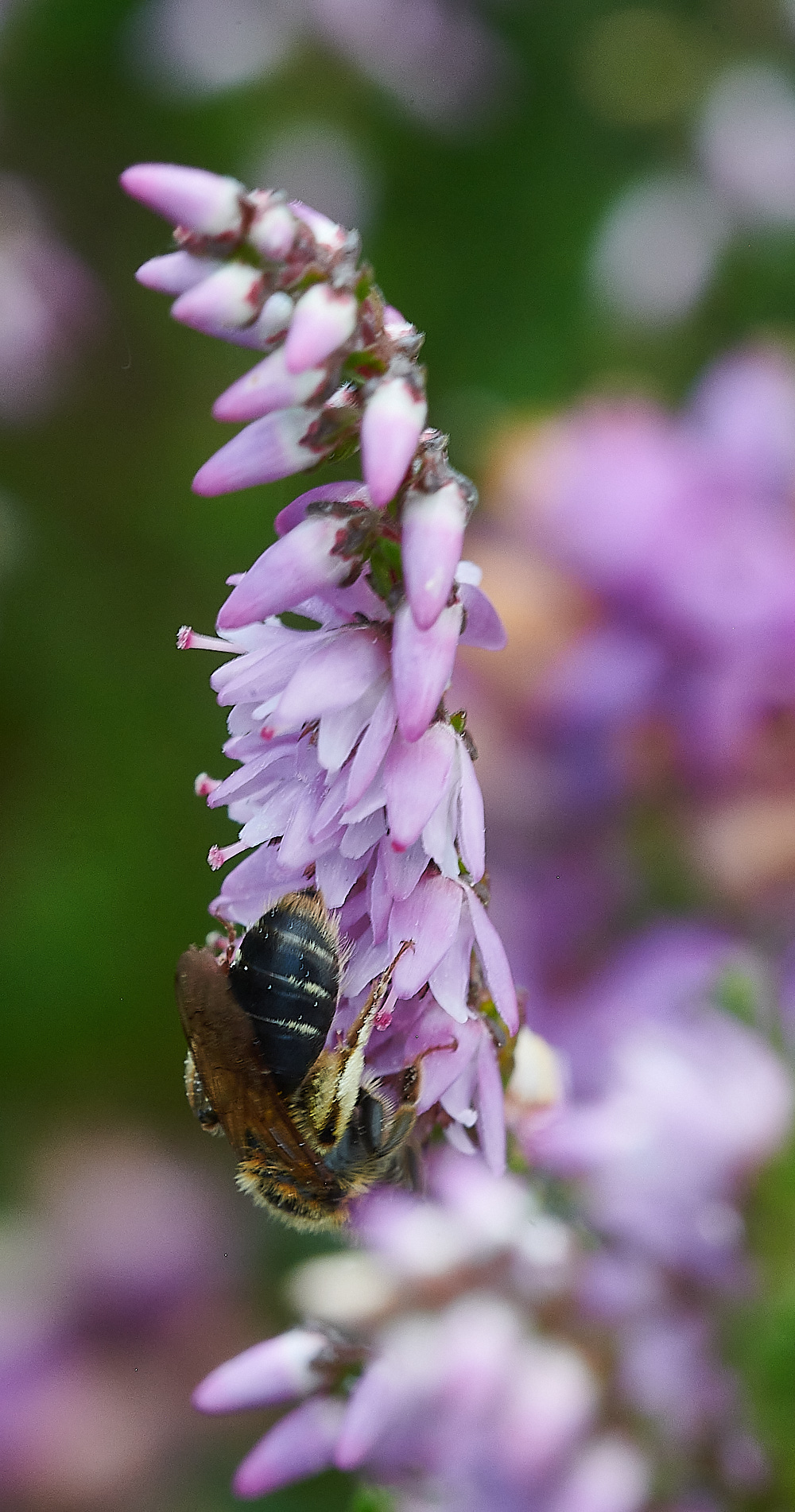
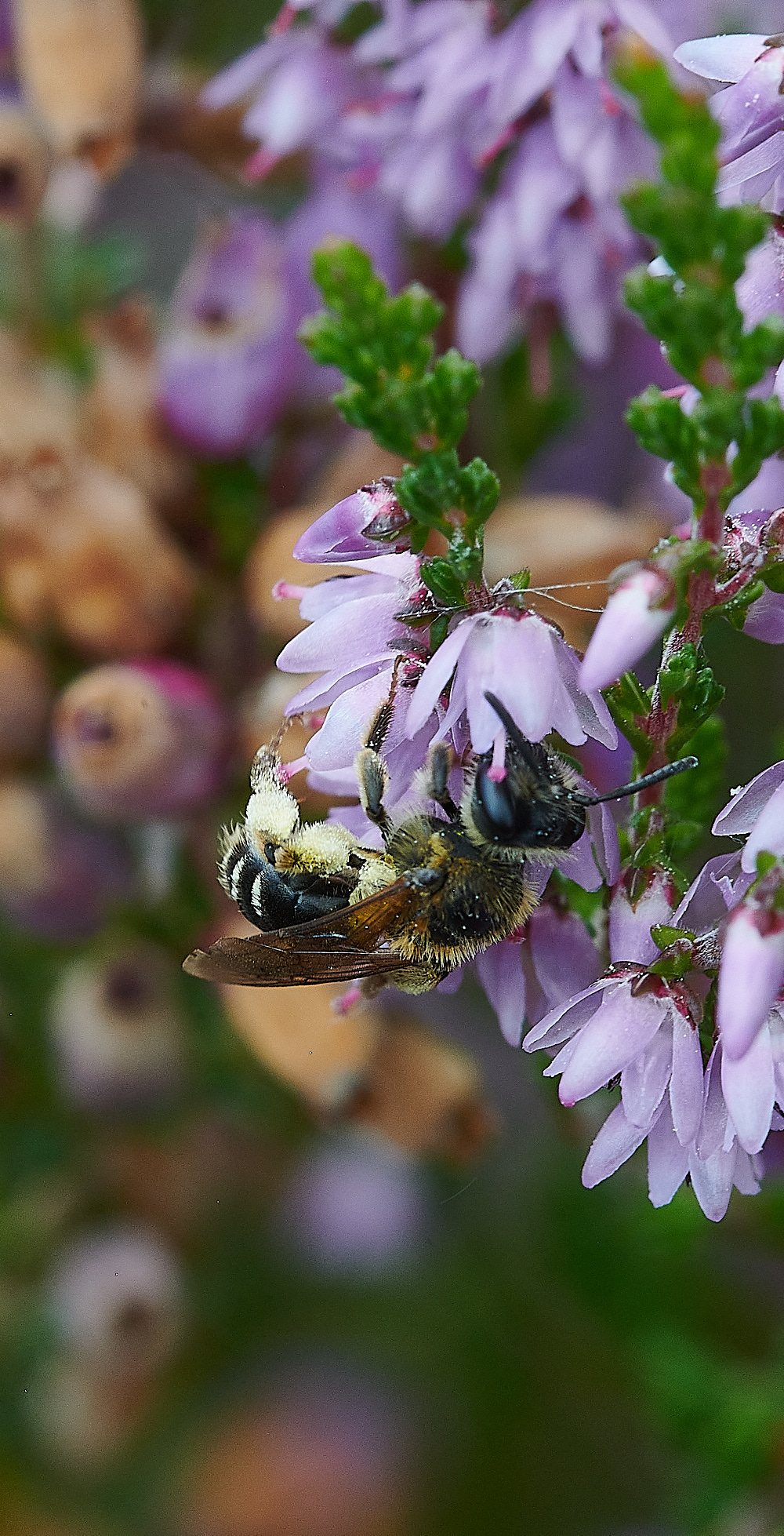
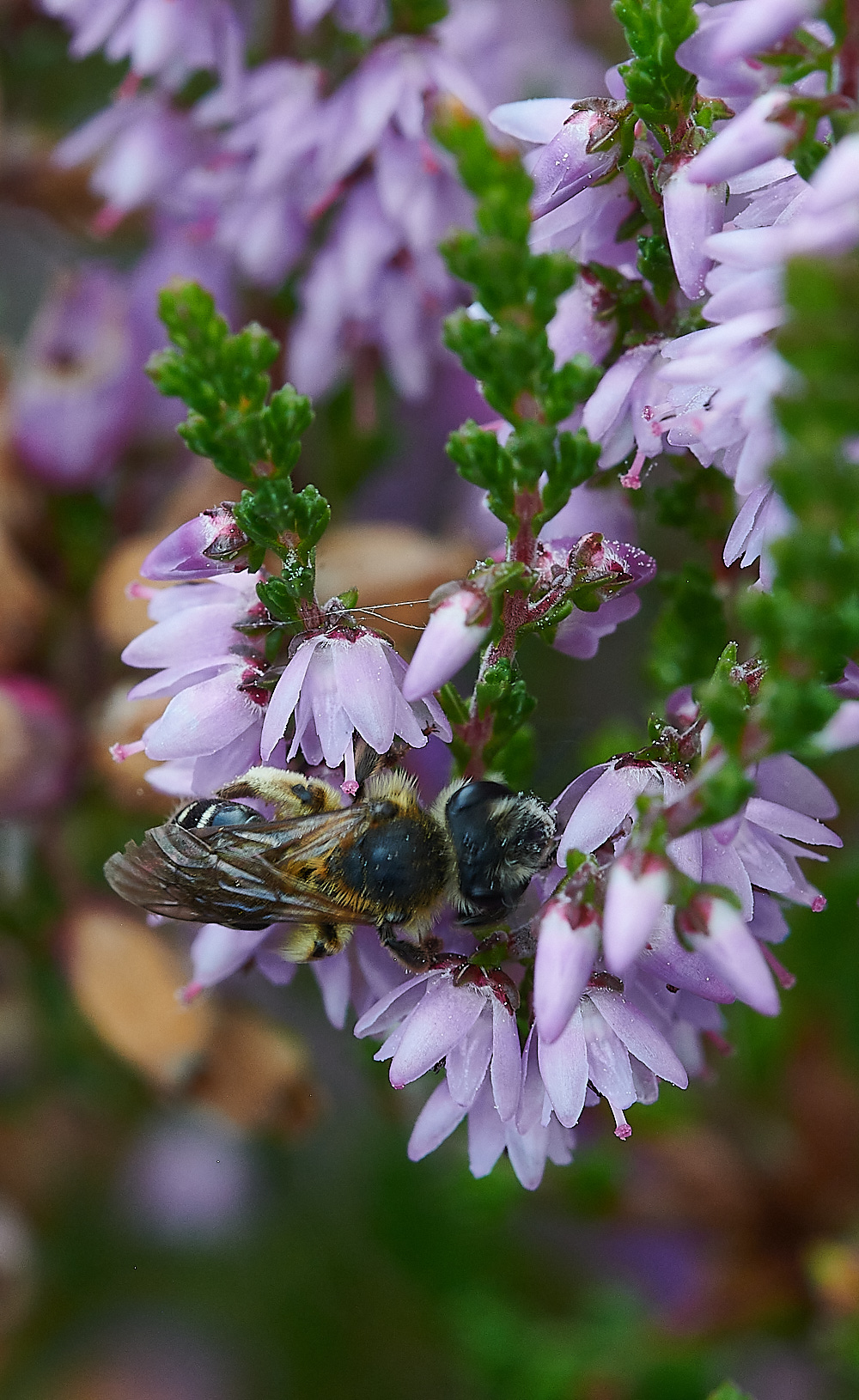
Short Fringed Mining Bee (Andrena dorsatta) perhaps ?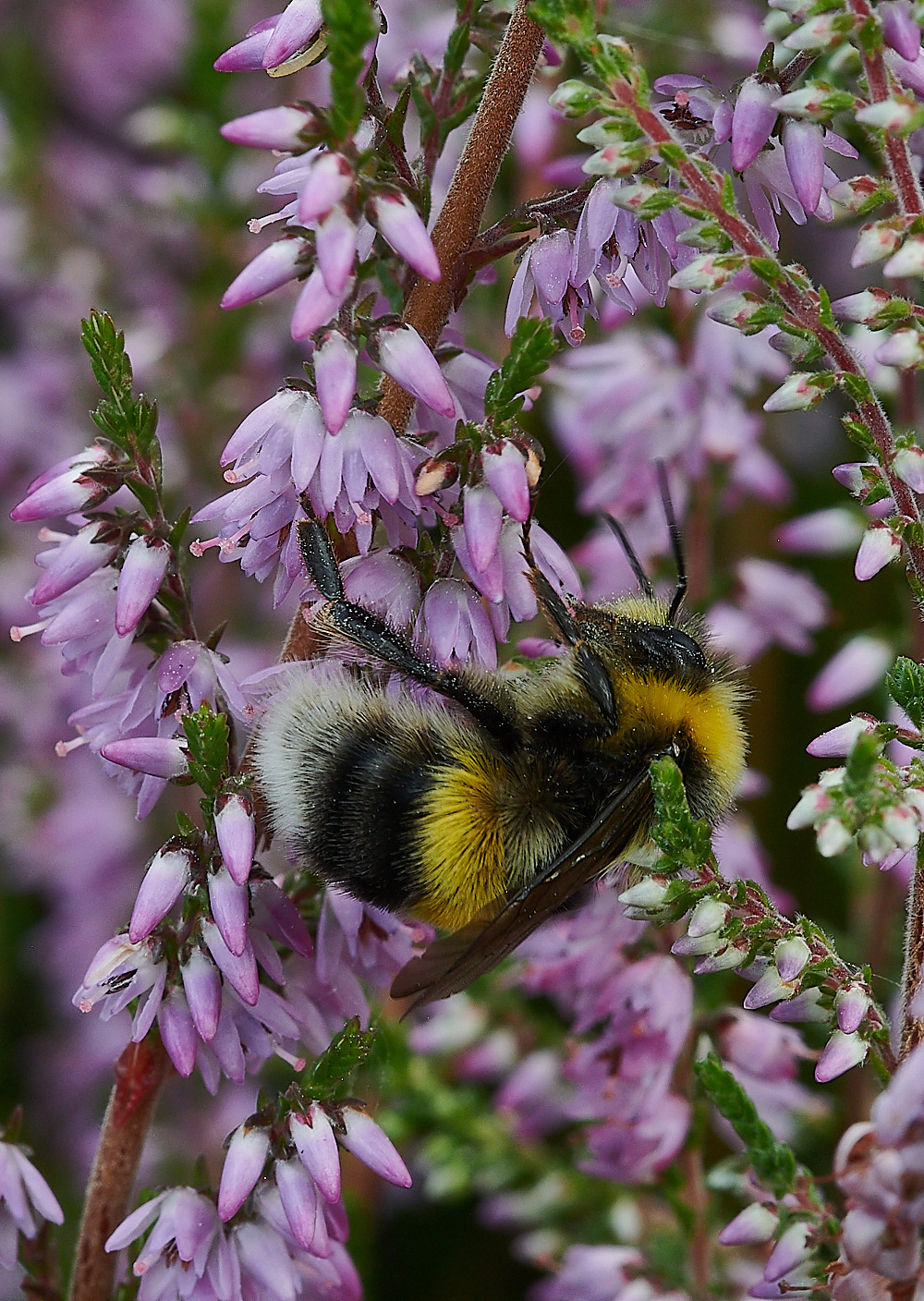
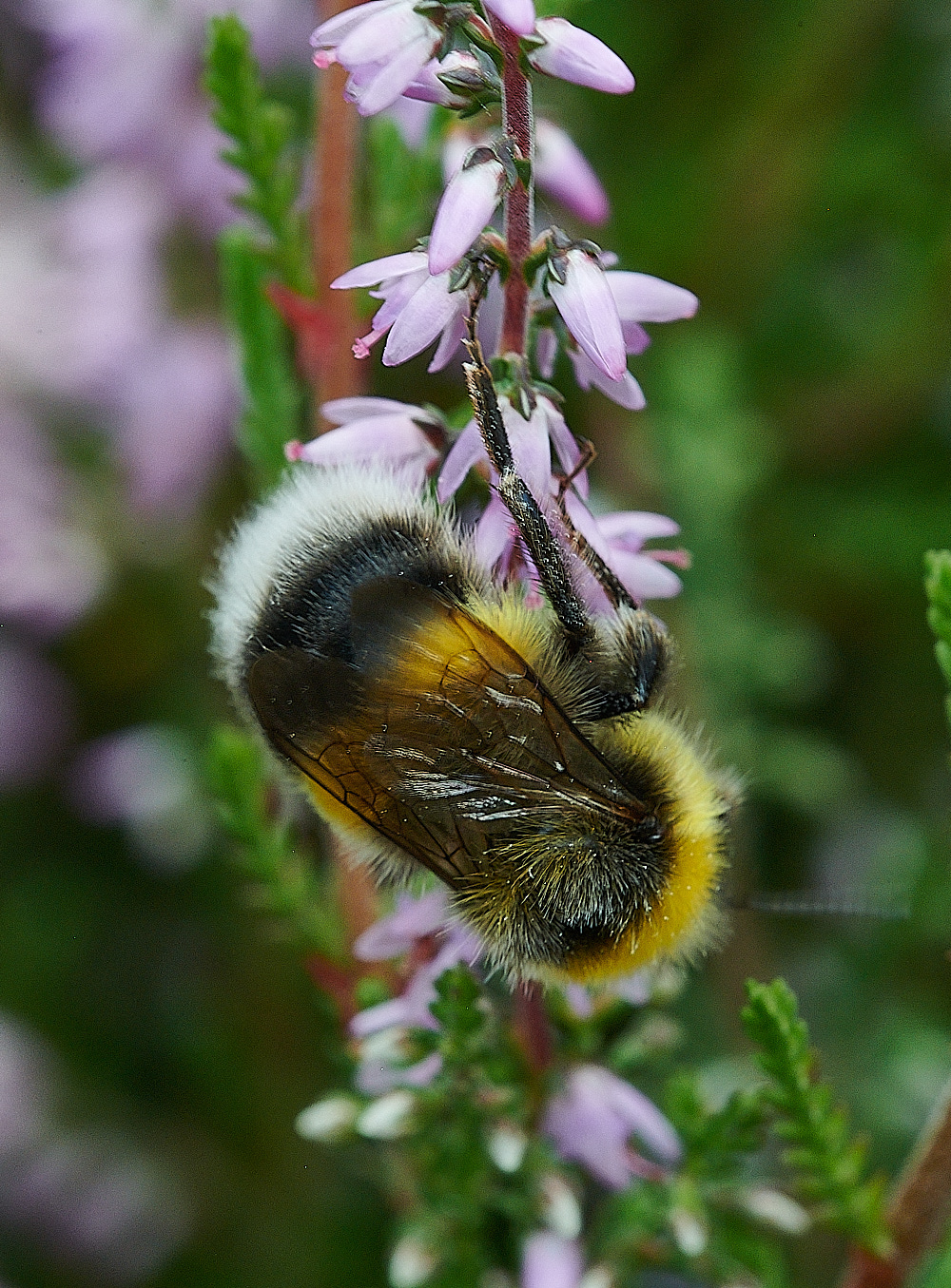
White-tailed Bumble Bee ♂︎ (Bombus lucorum)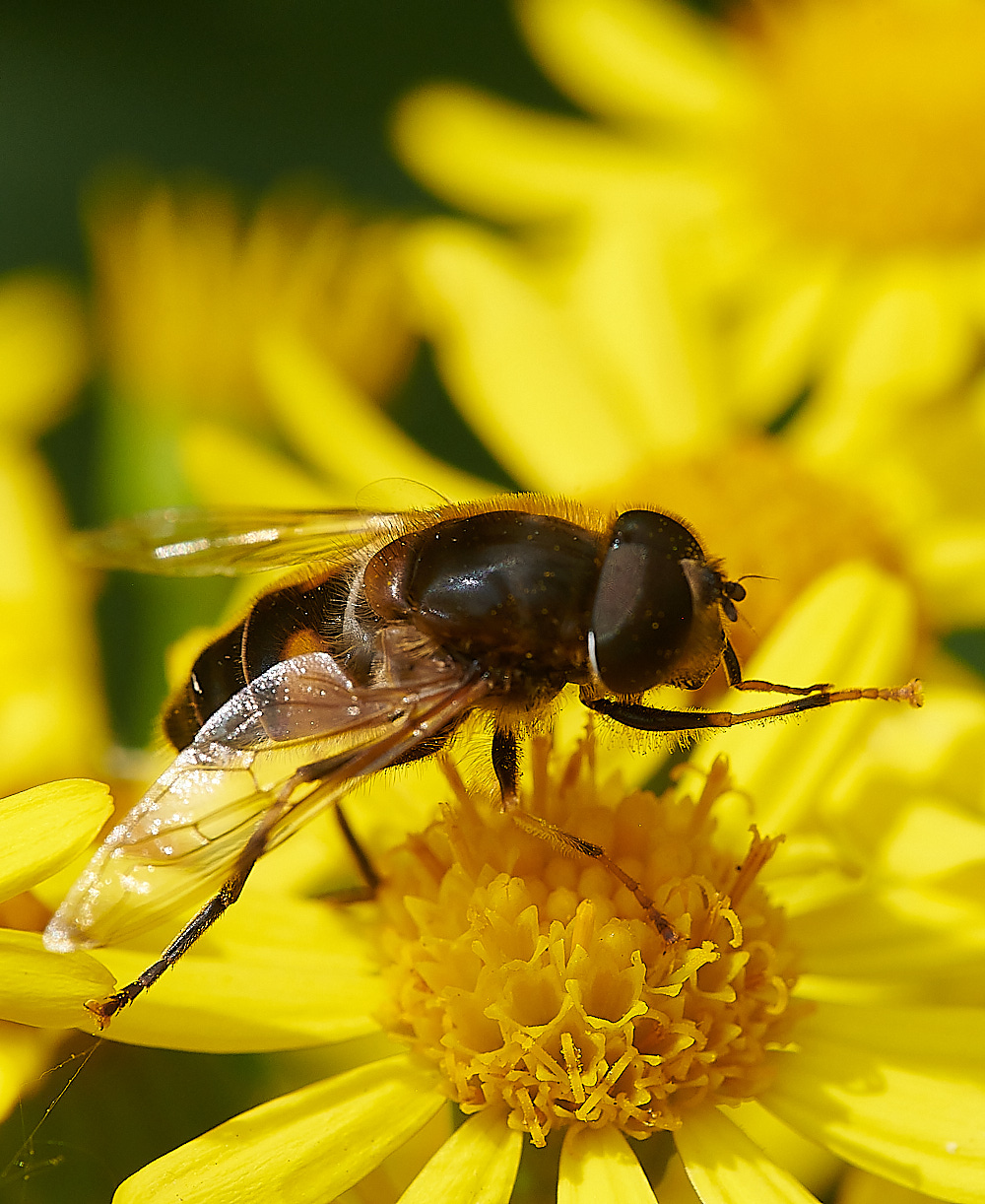
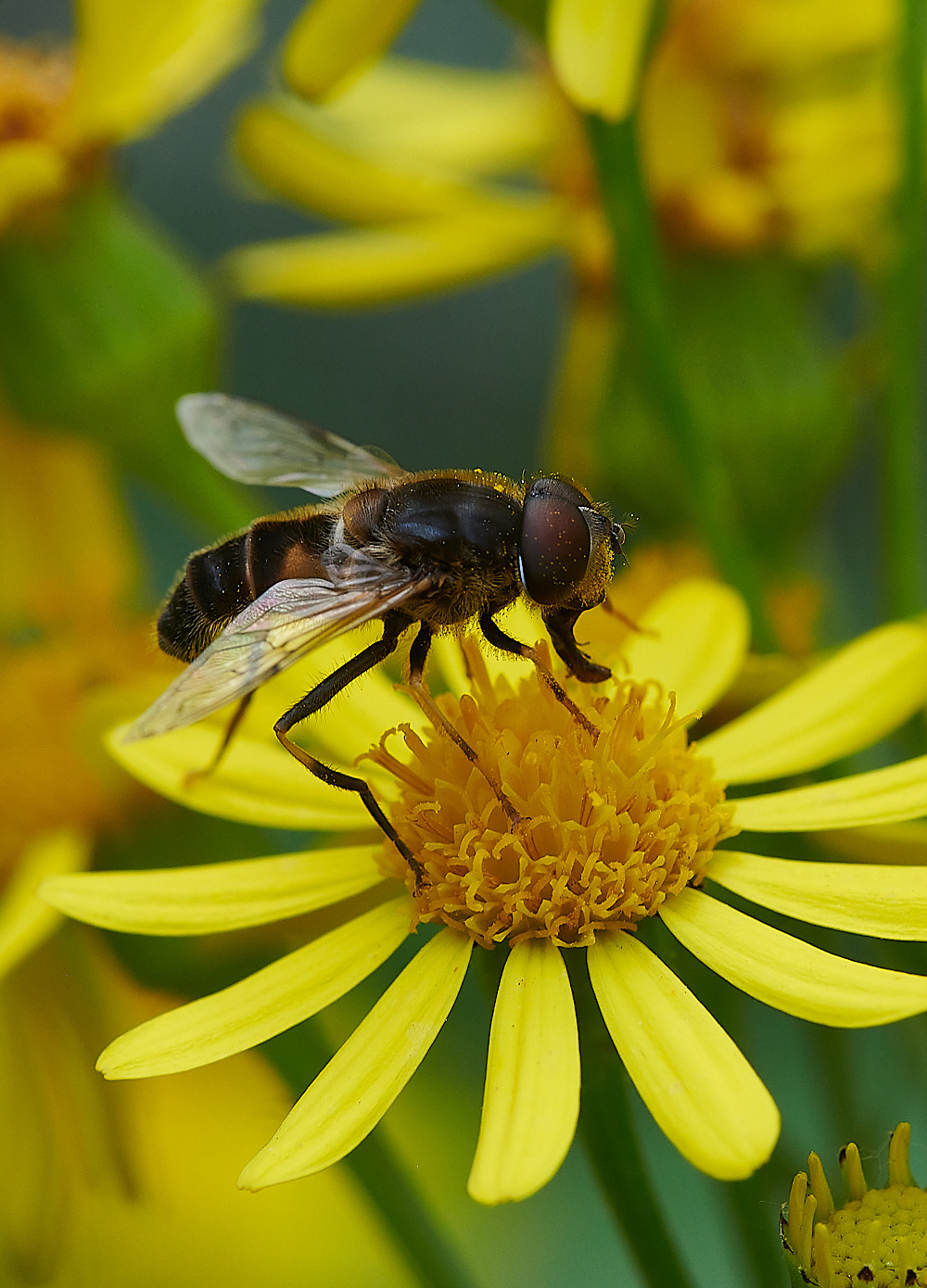
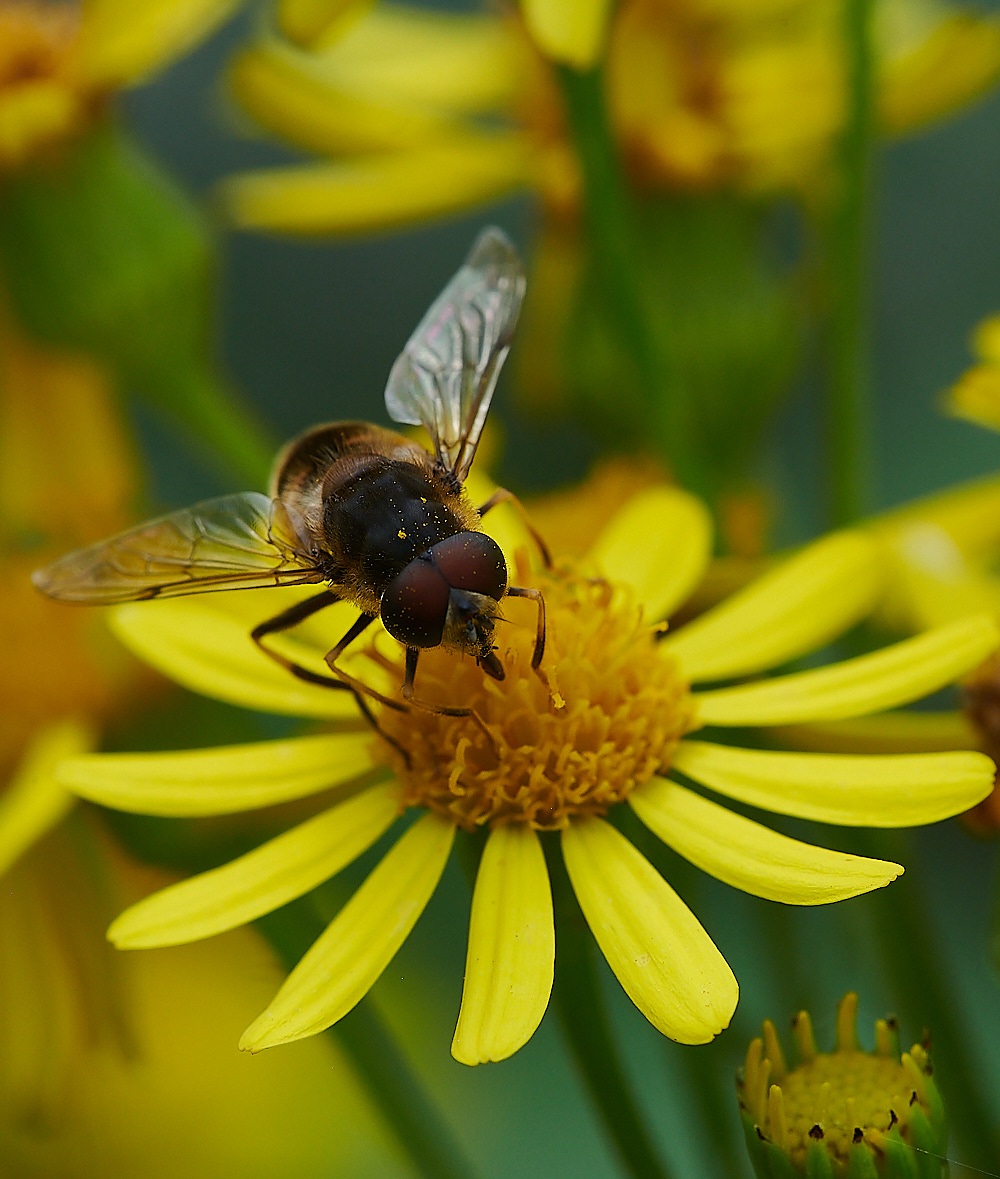
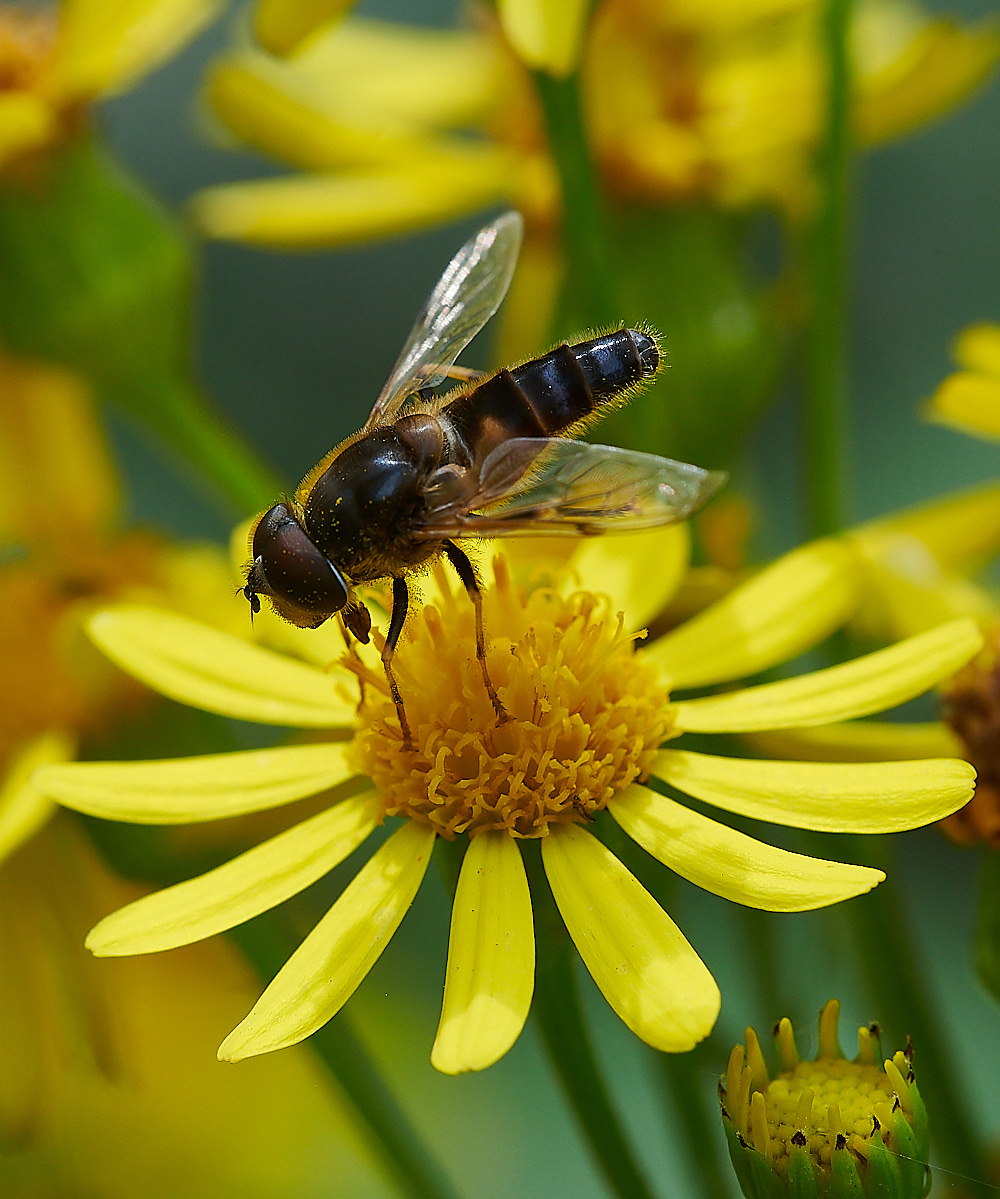
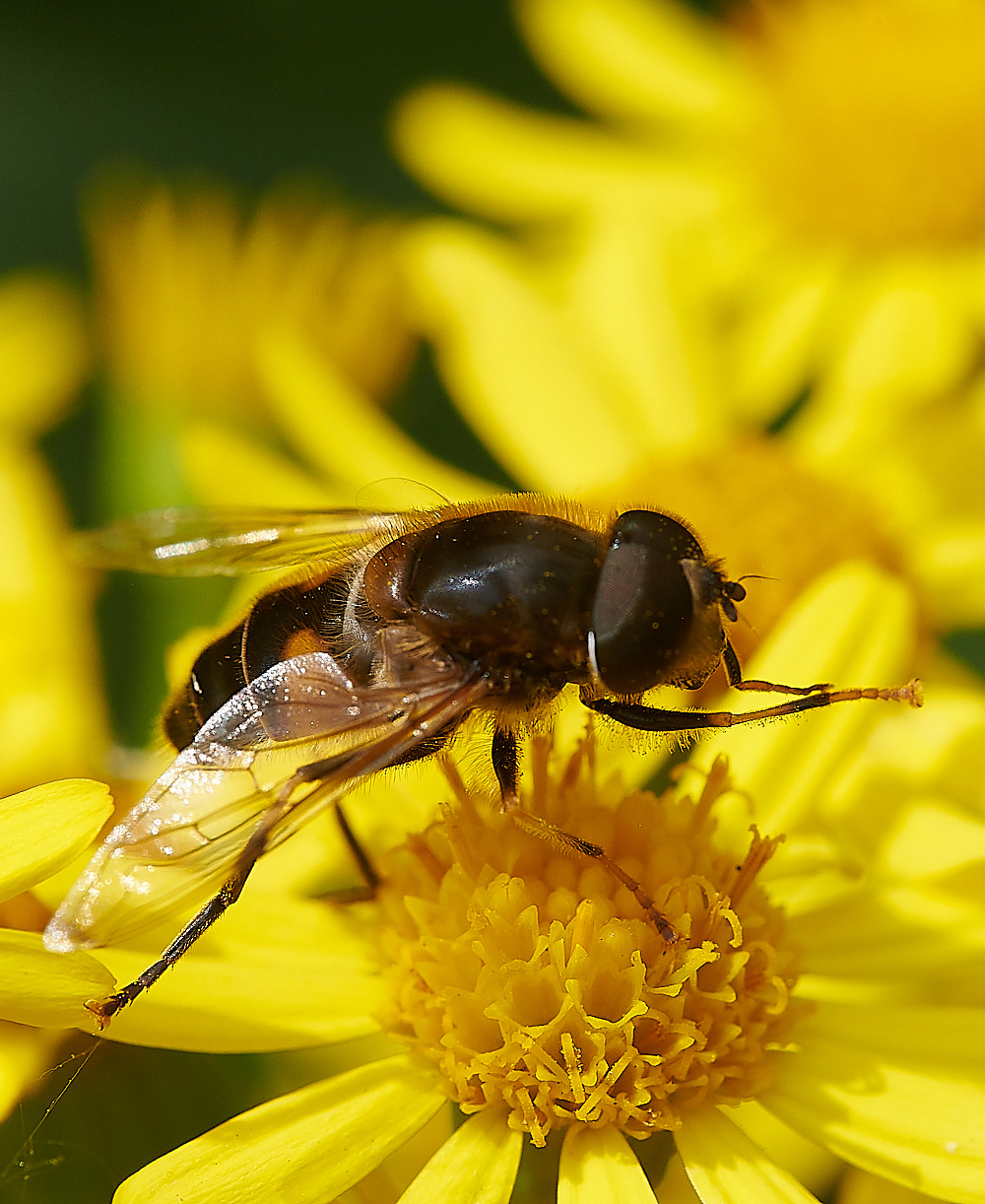
Eristalis pertinax ♂︎ 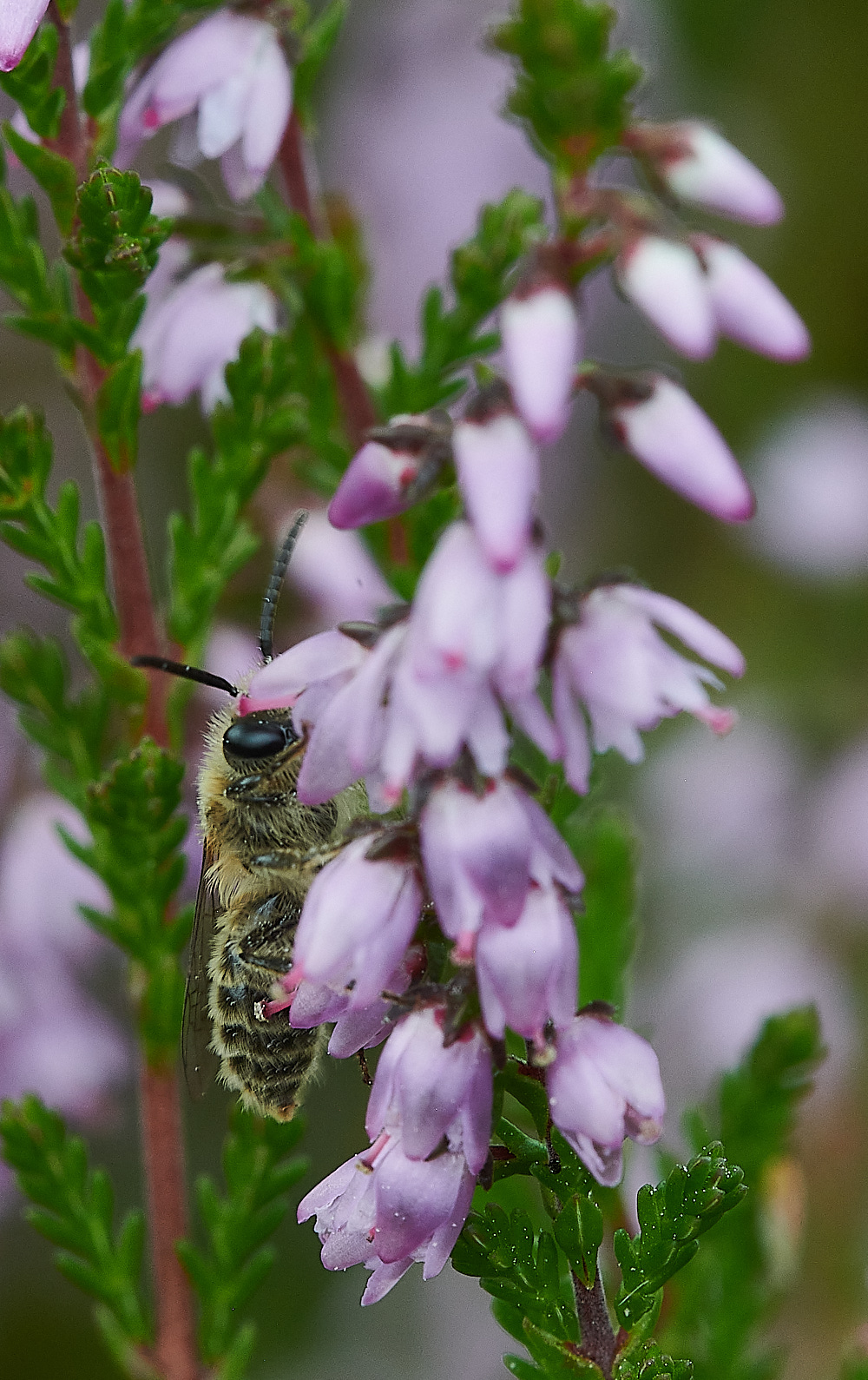
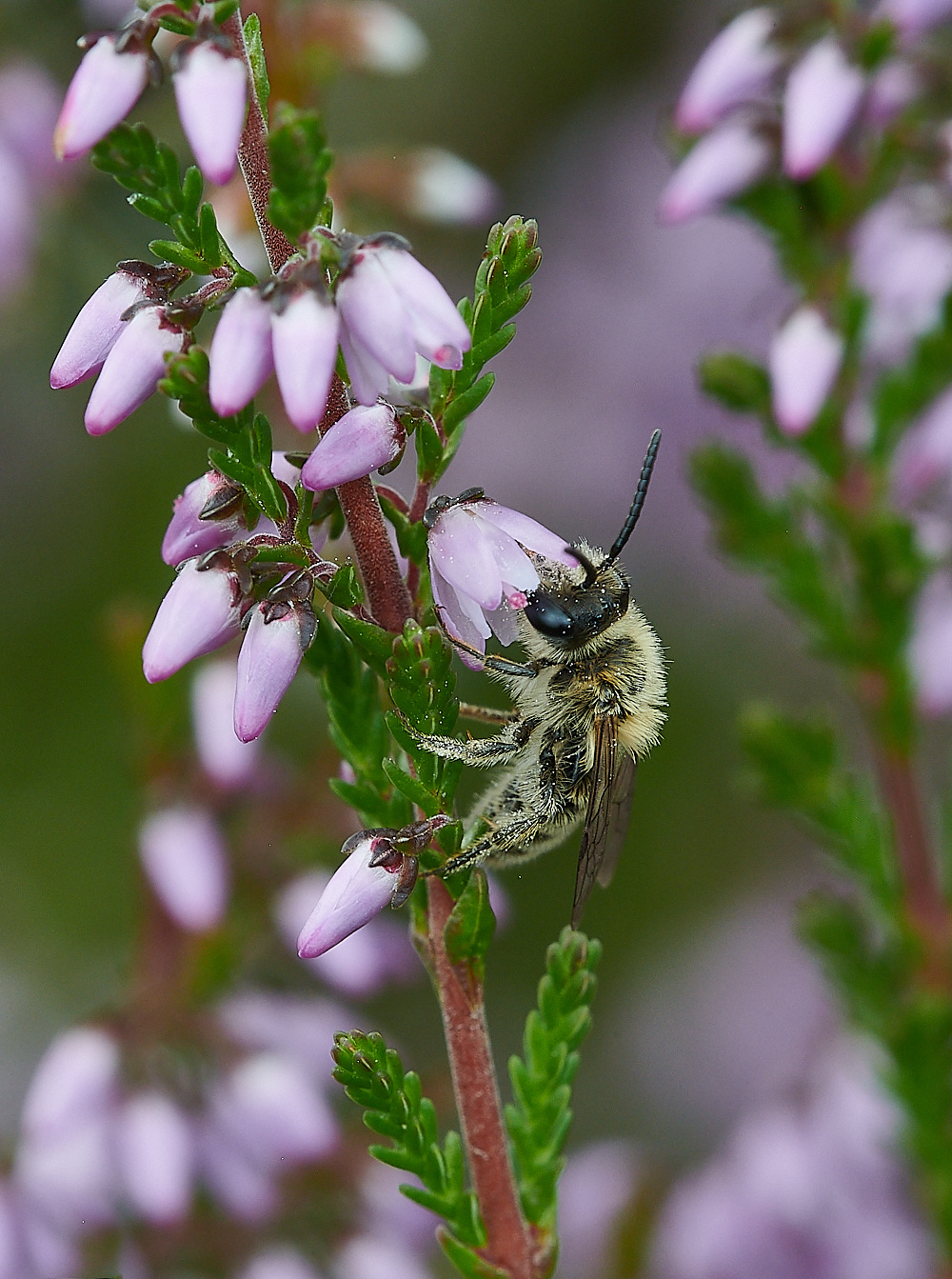
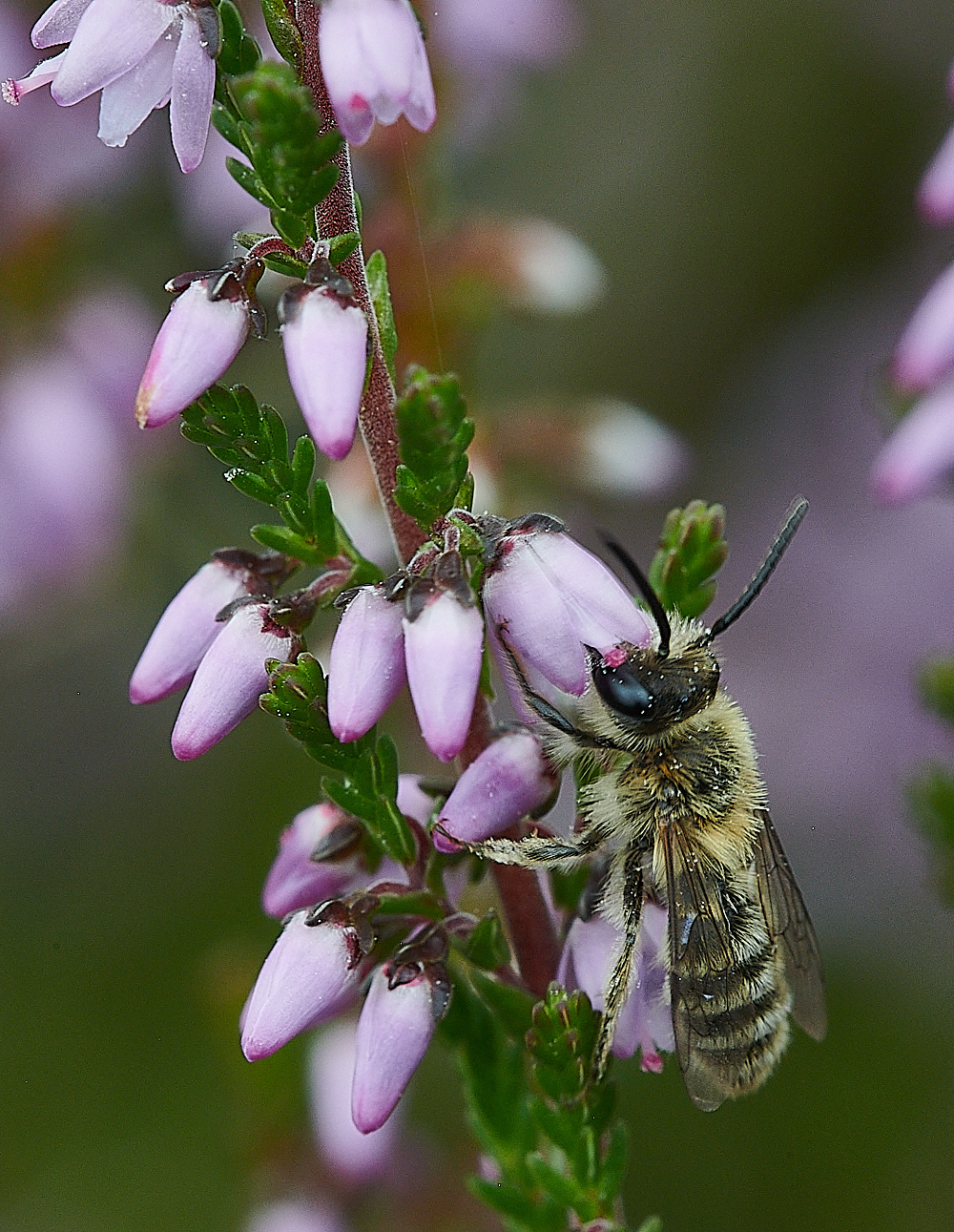
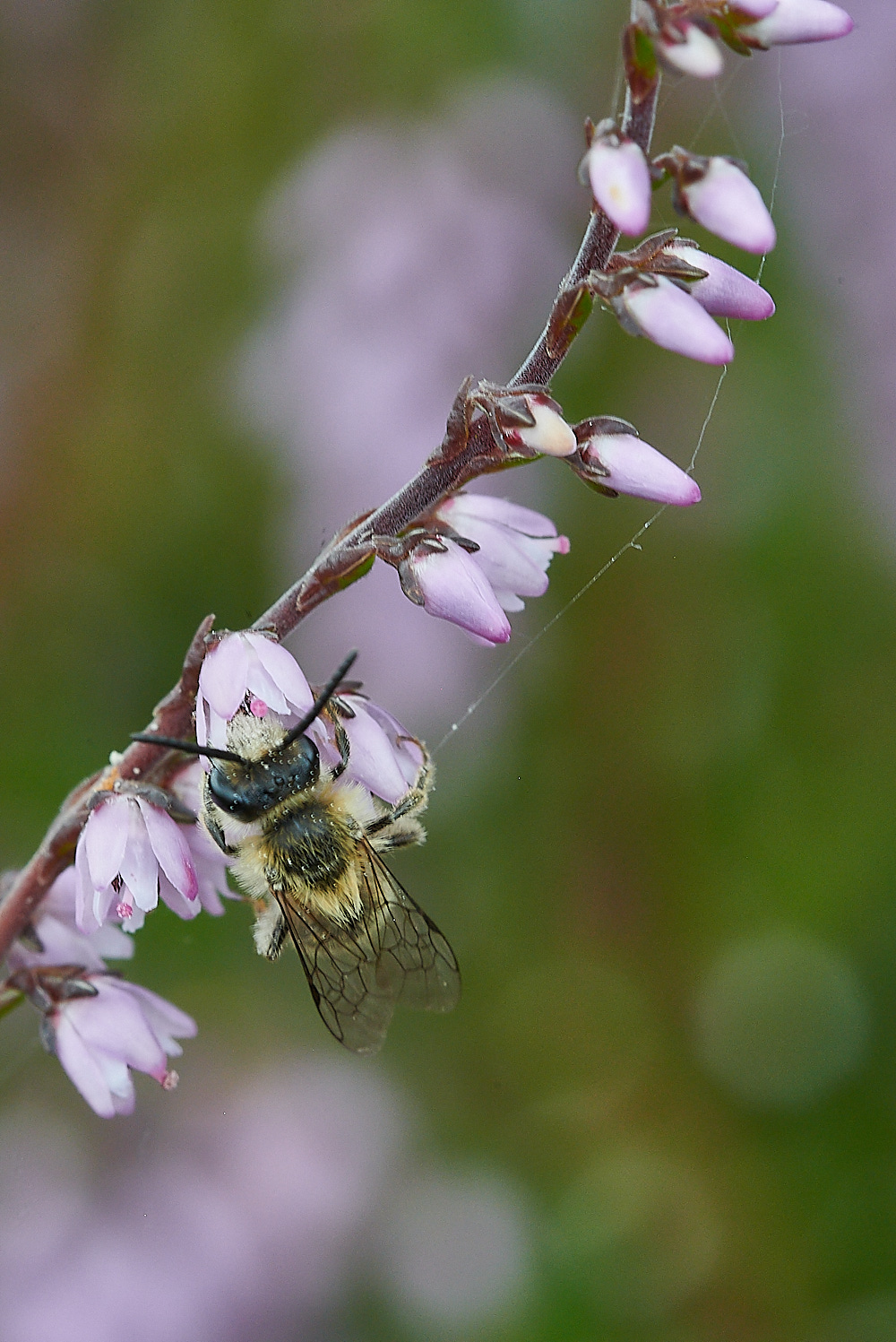
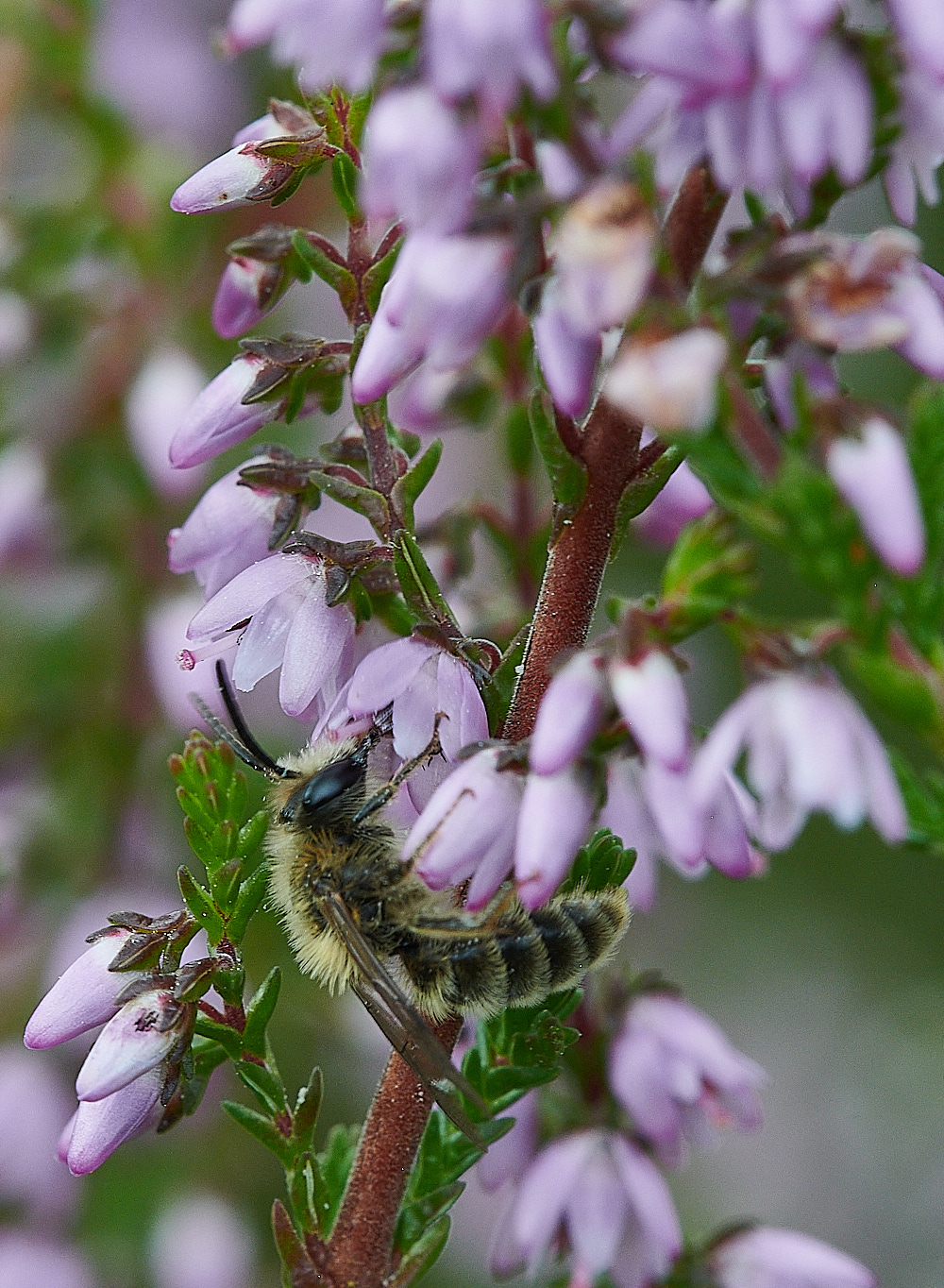
Heather Mining Bee (Andrena fuscipes) 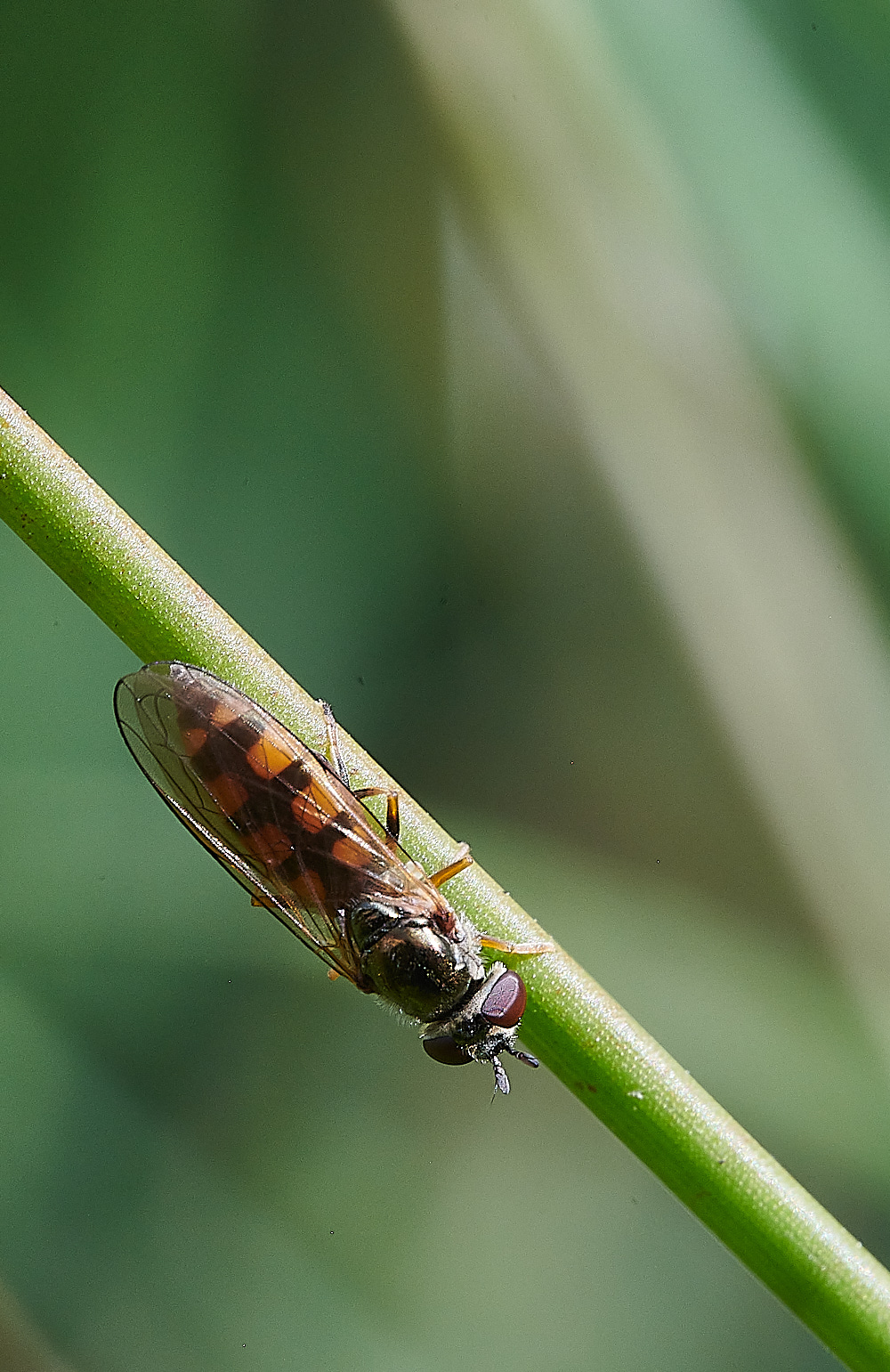
Platycheirus fulviventris ♀︎ perhaps?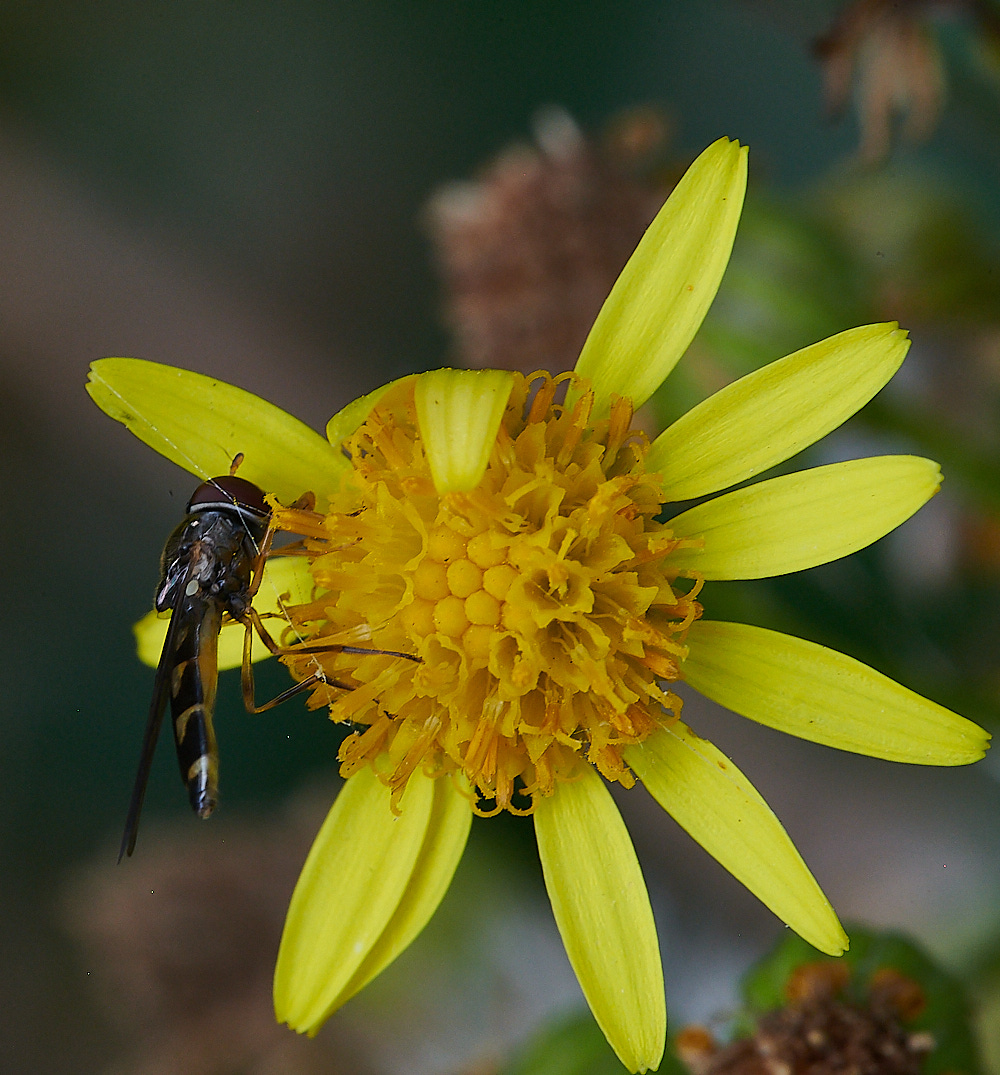
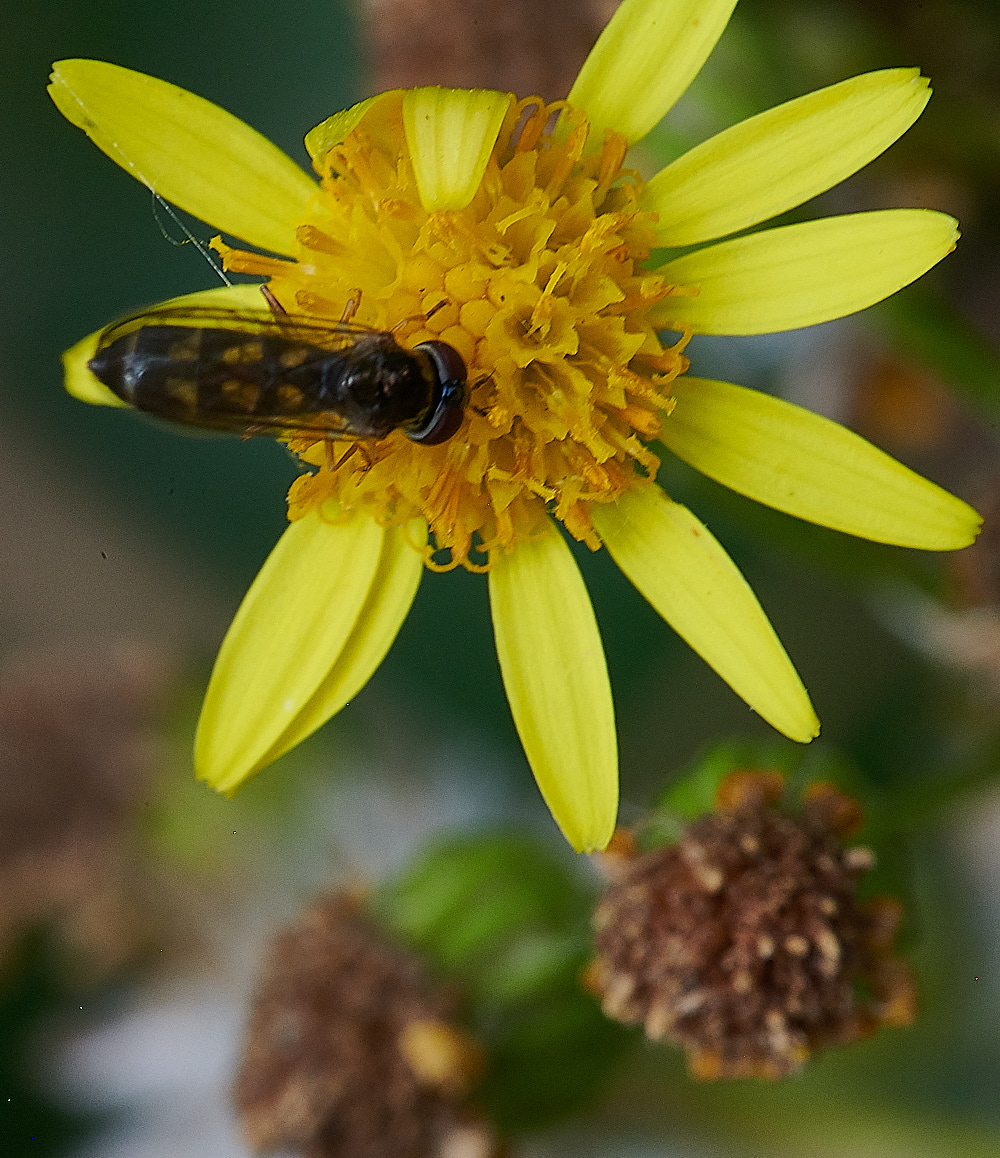
Melanostoma scalare ♀︎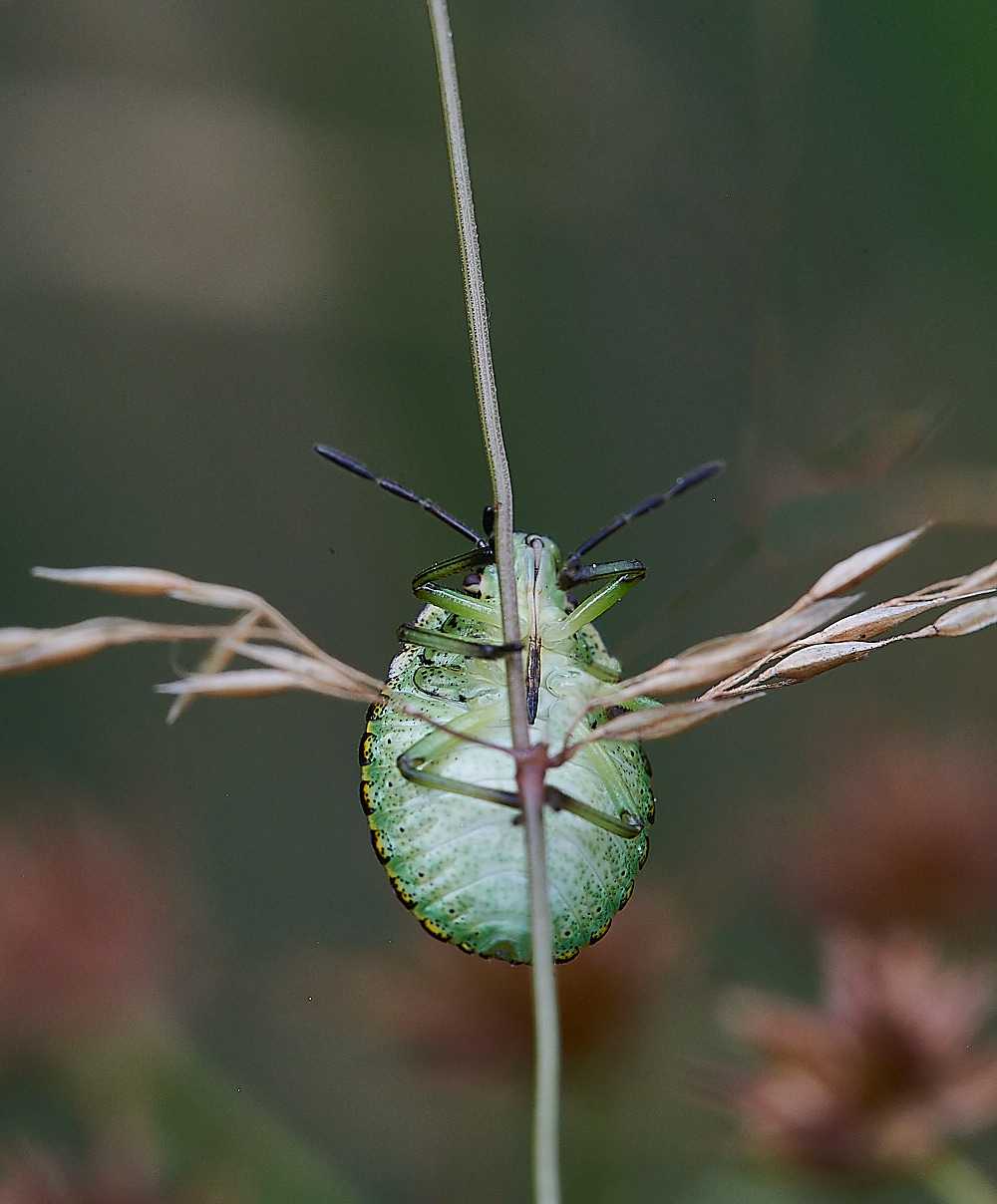
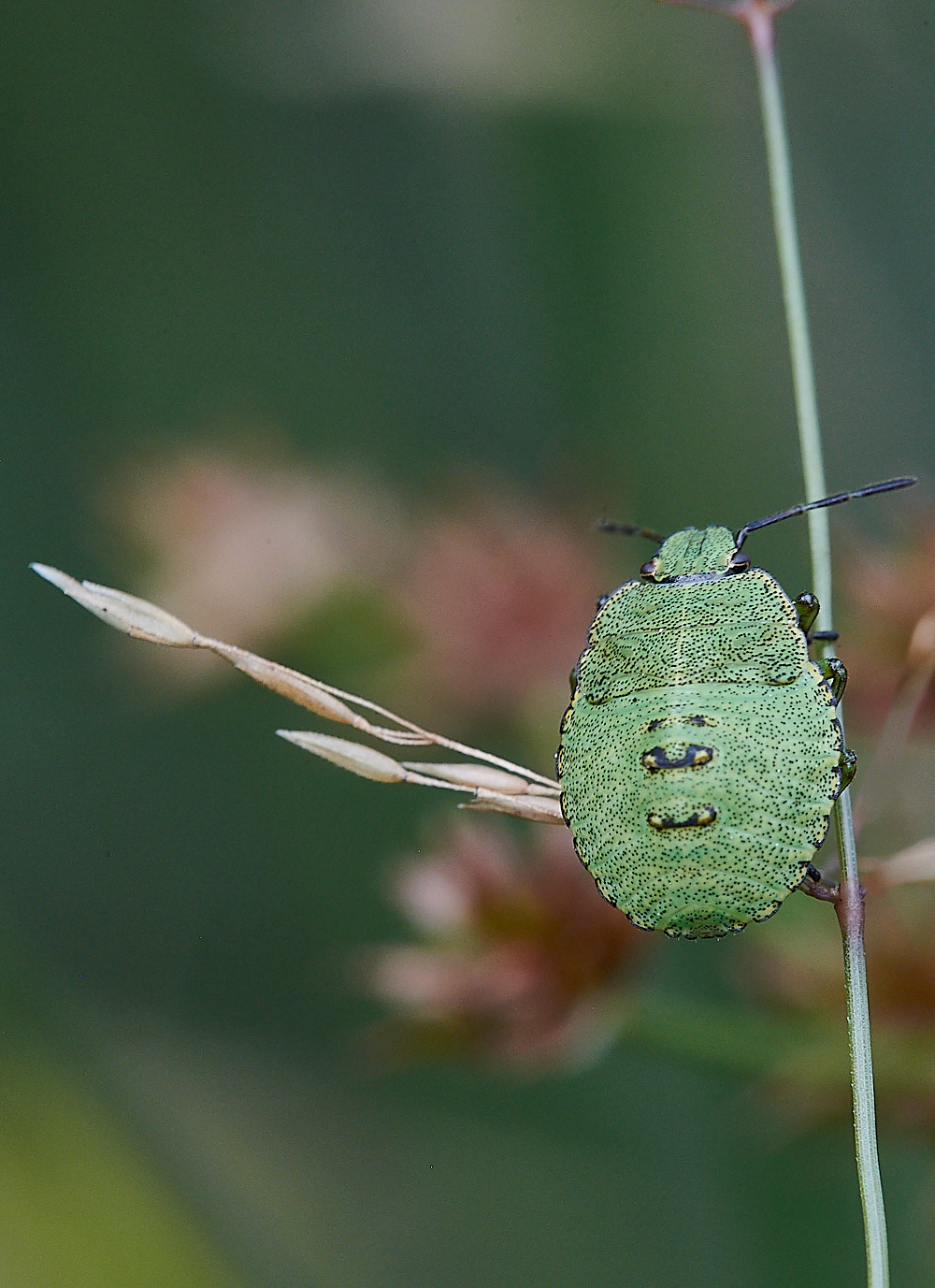
Common Green Shield Bug - 3rd Instar Nymph (Palomena prasina)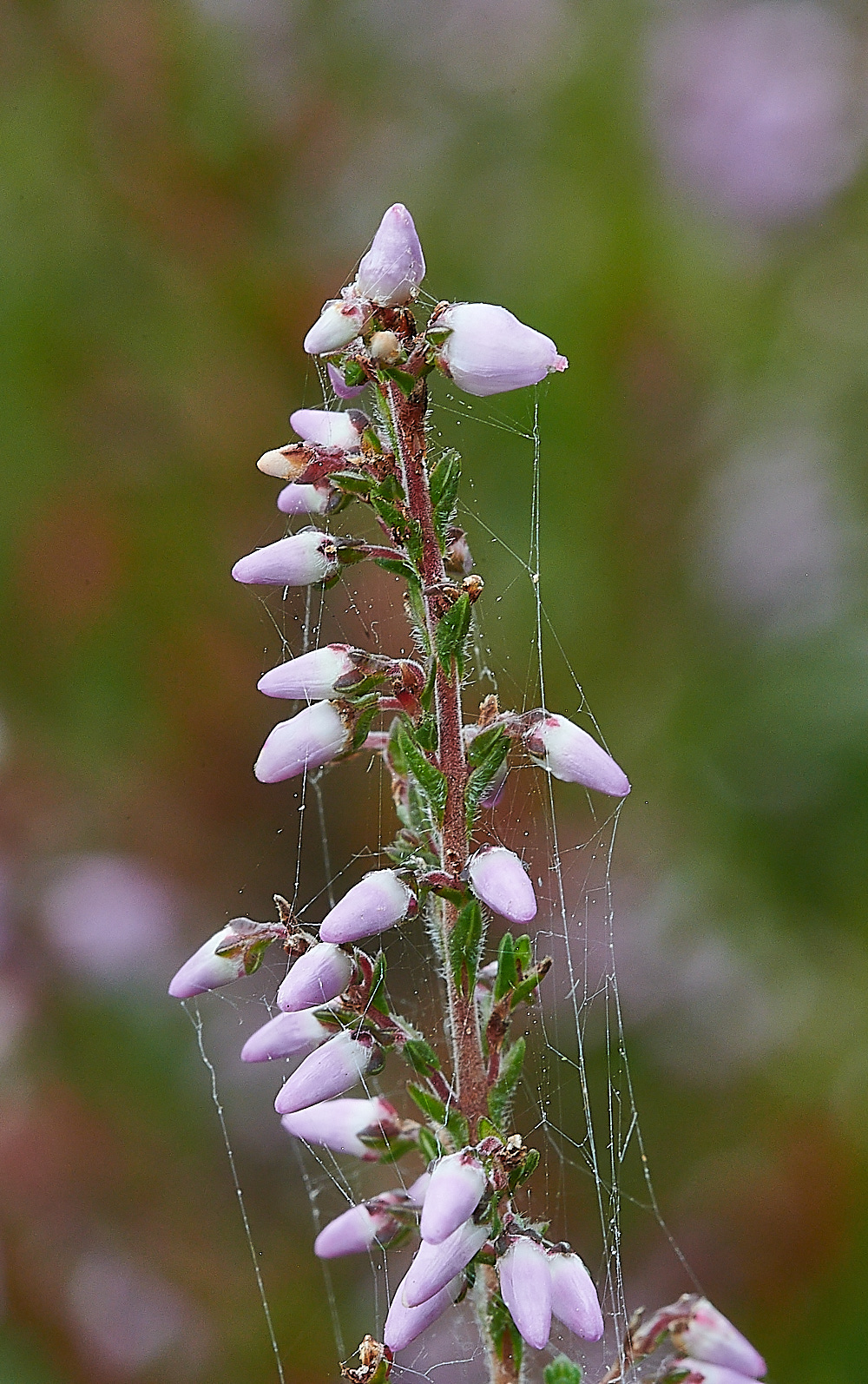
Ling (Calluna vulgaris)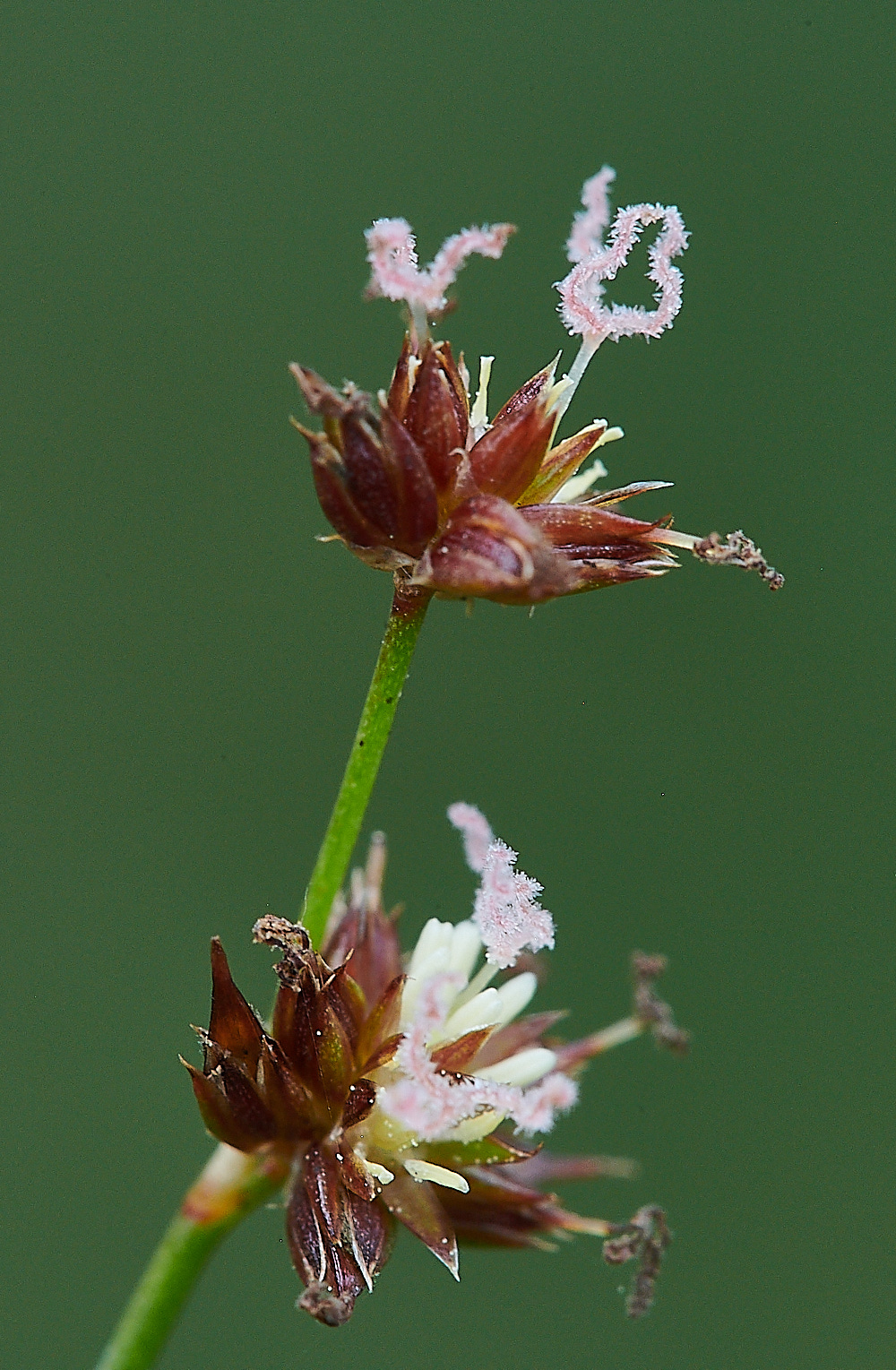
Rush Sp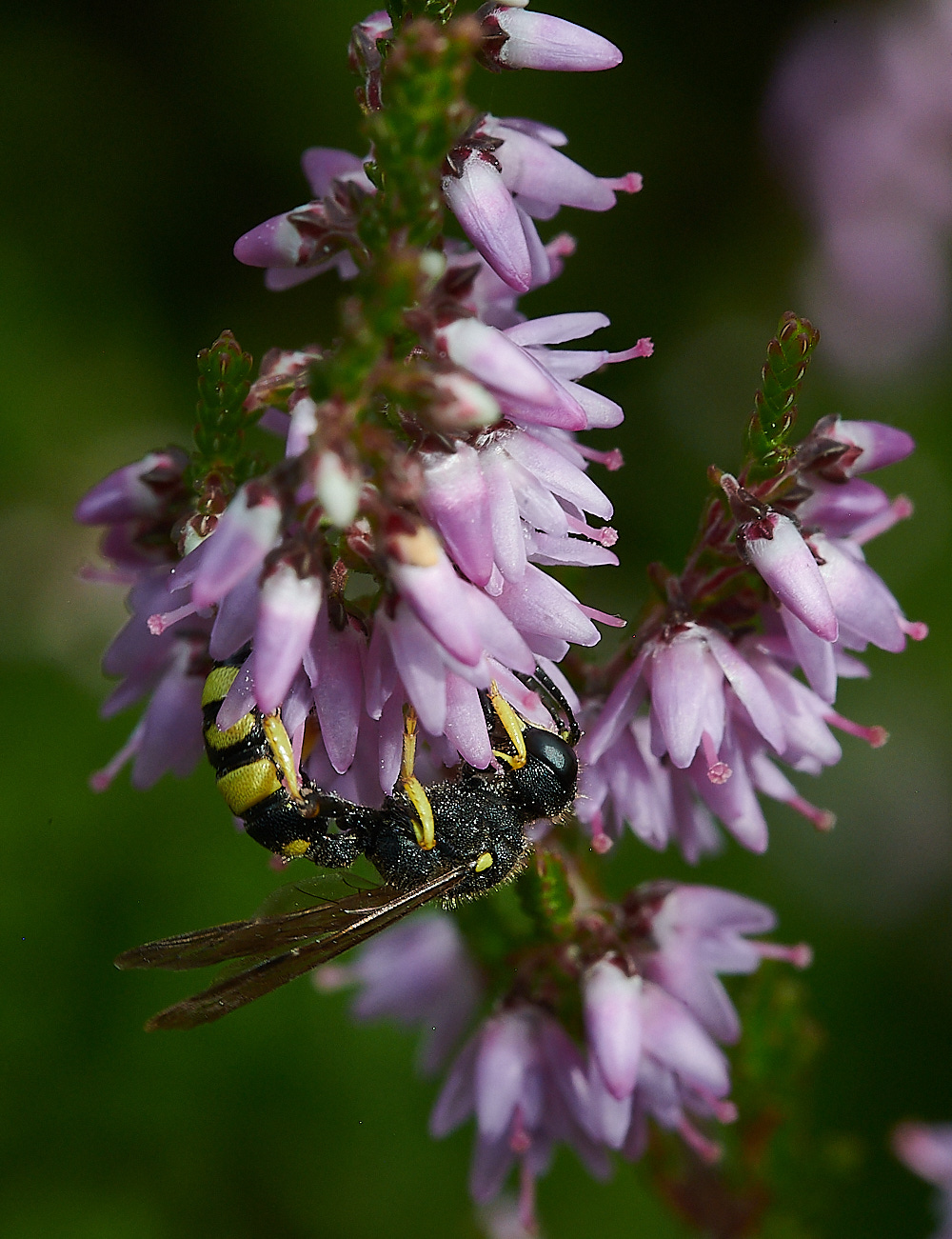
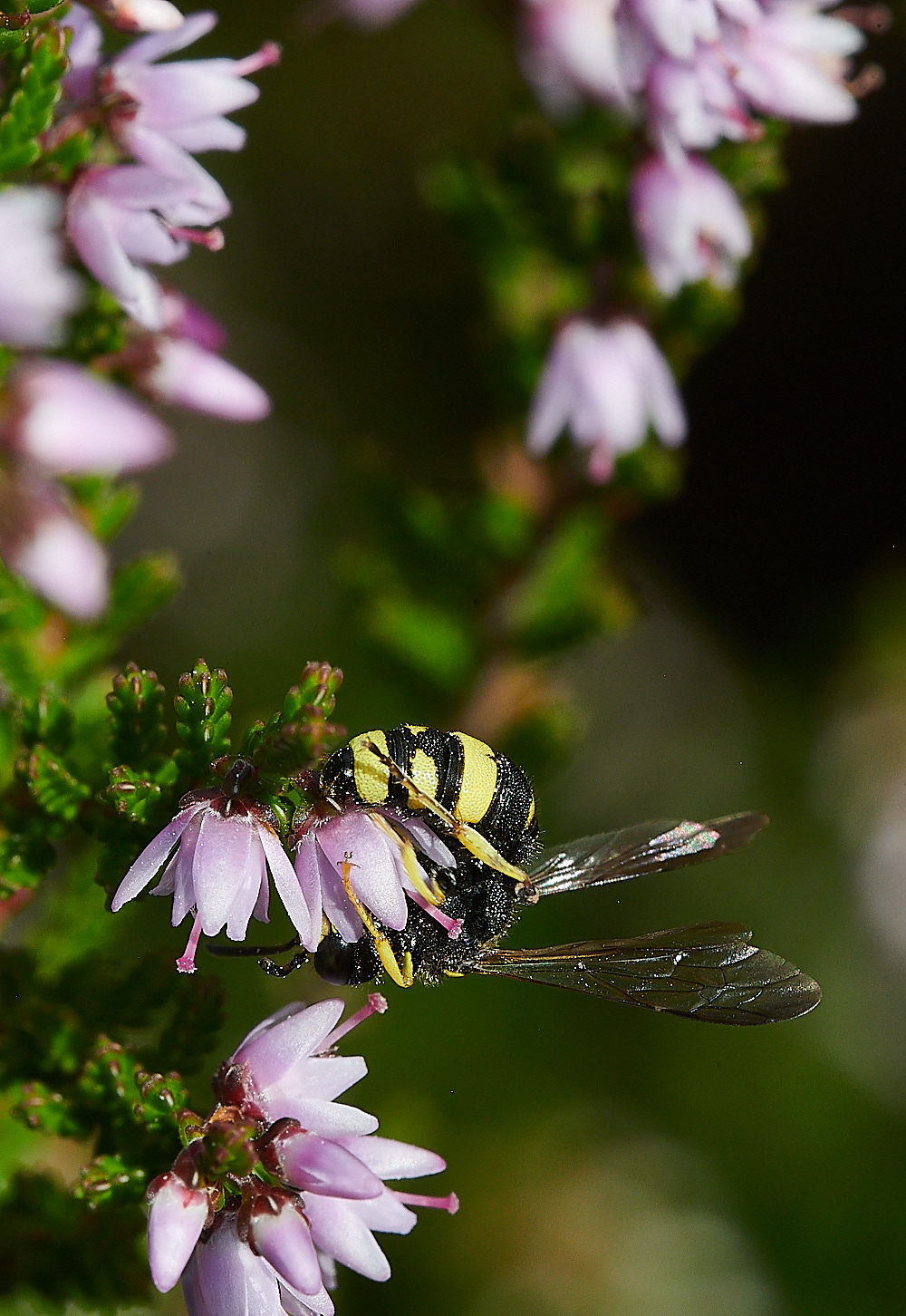
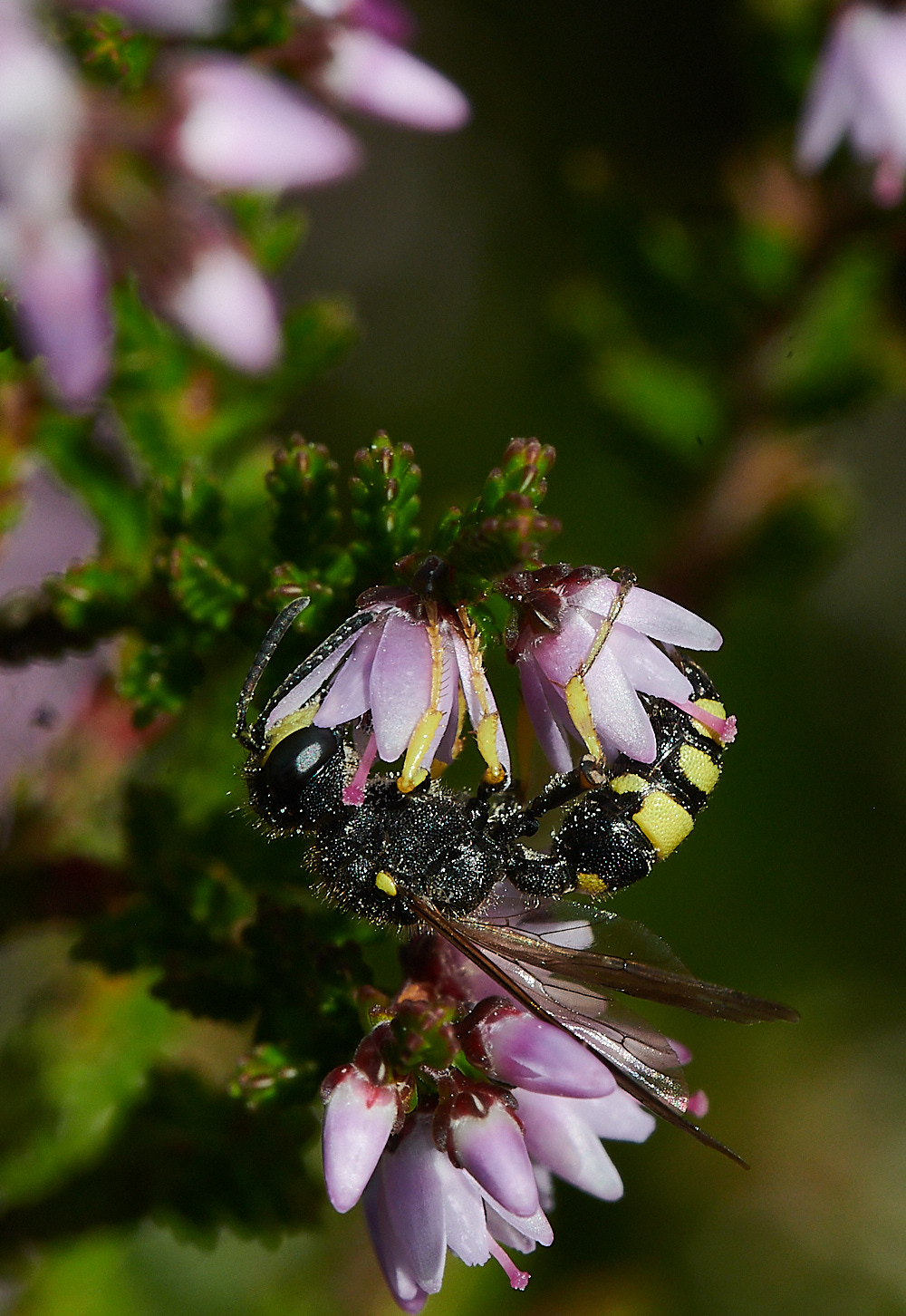
Ornate Tailed Digger Wasp (Cerceris rybyensis)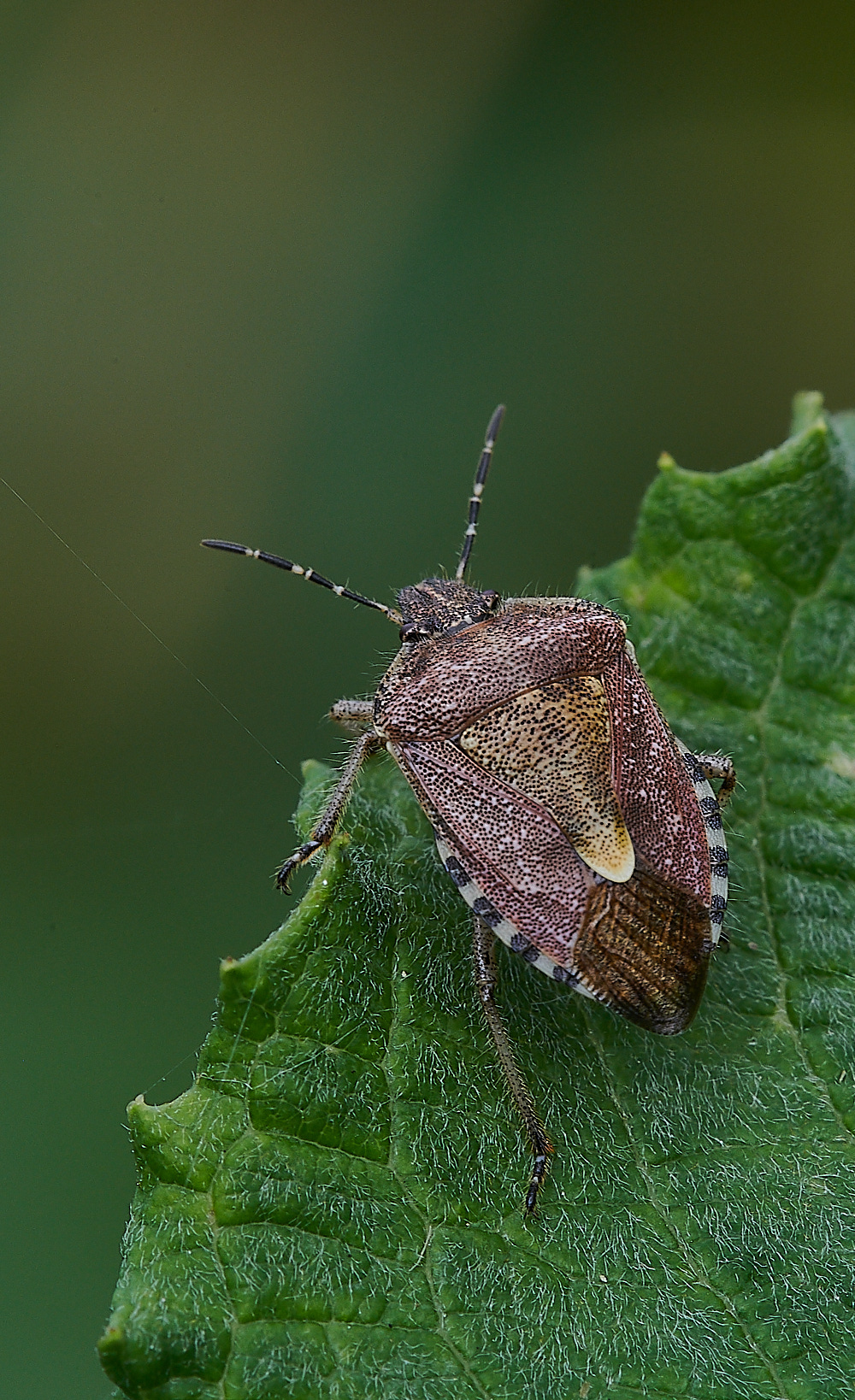
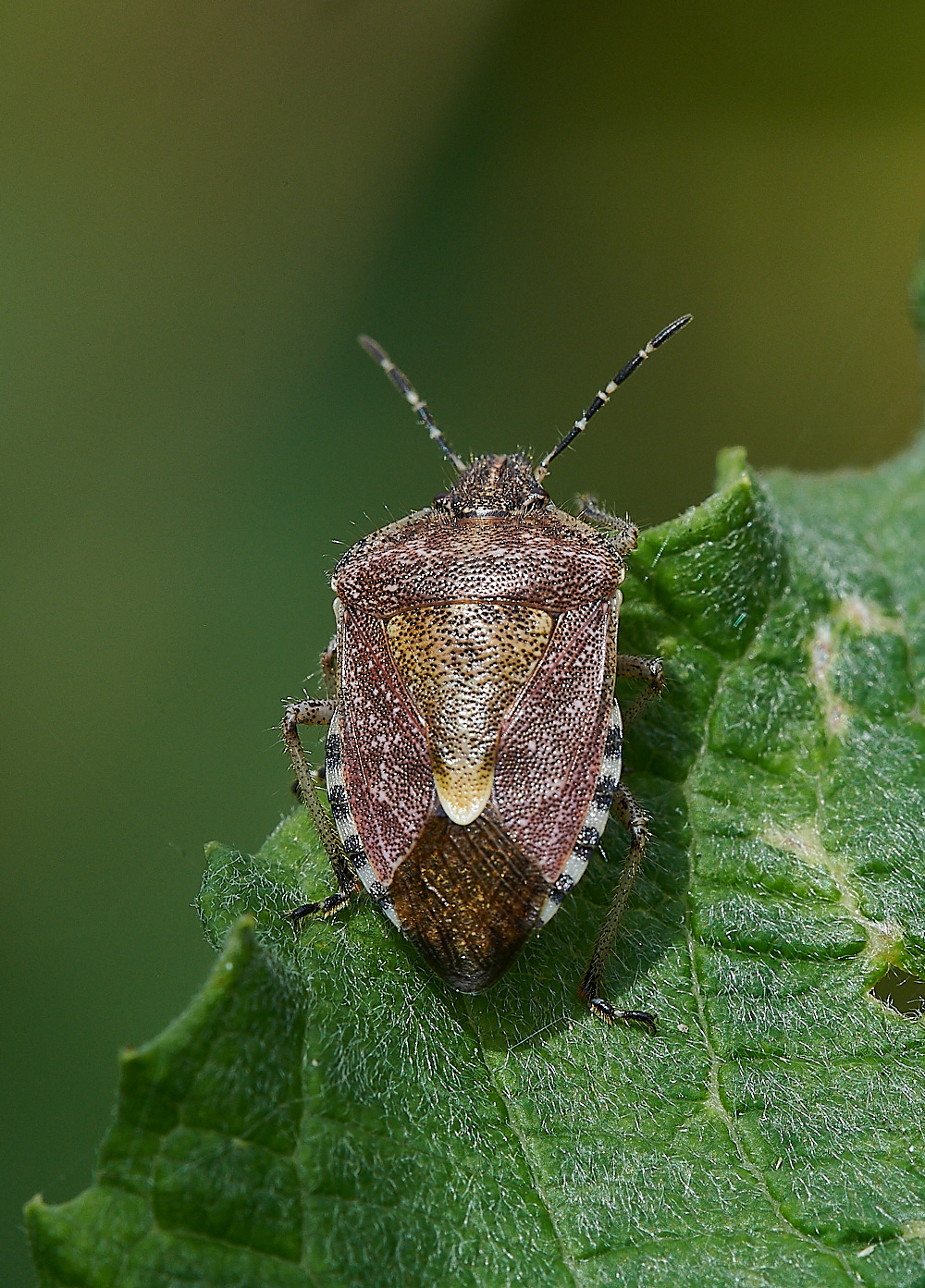
Sloe Bug (Dolycorus baccarum)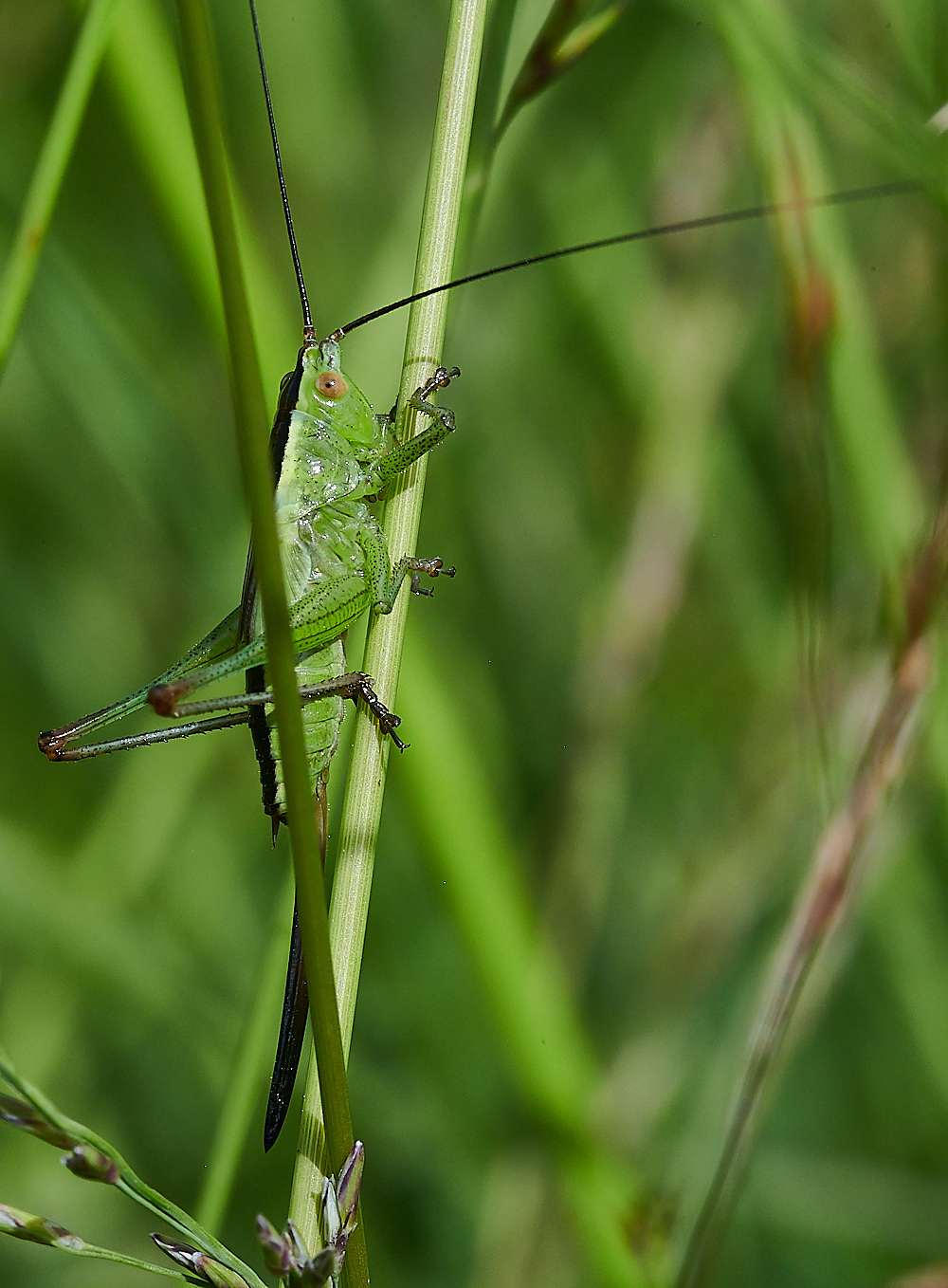
Short-winged Conehead ♂︎ (Conocephalus dorsalis)
Not quite
The conehead is a female Long-winged Conehead nymph - nymph
because the stripe is black not brown (hence why the wings aren't fully developed)
Thanks to @NorfolkNats for the id correction.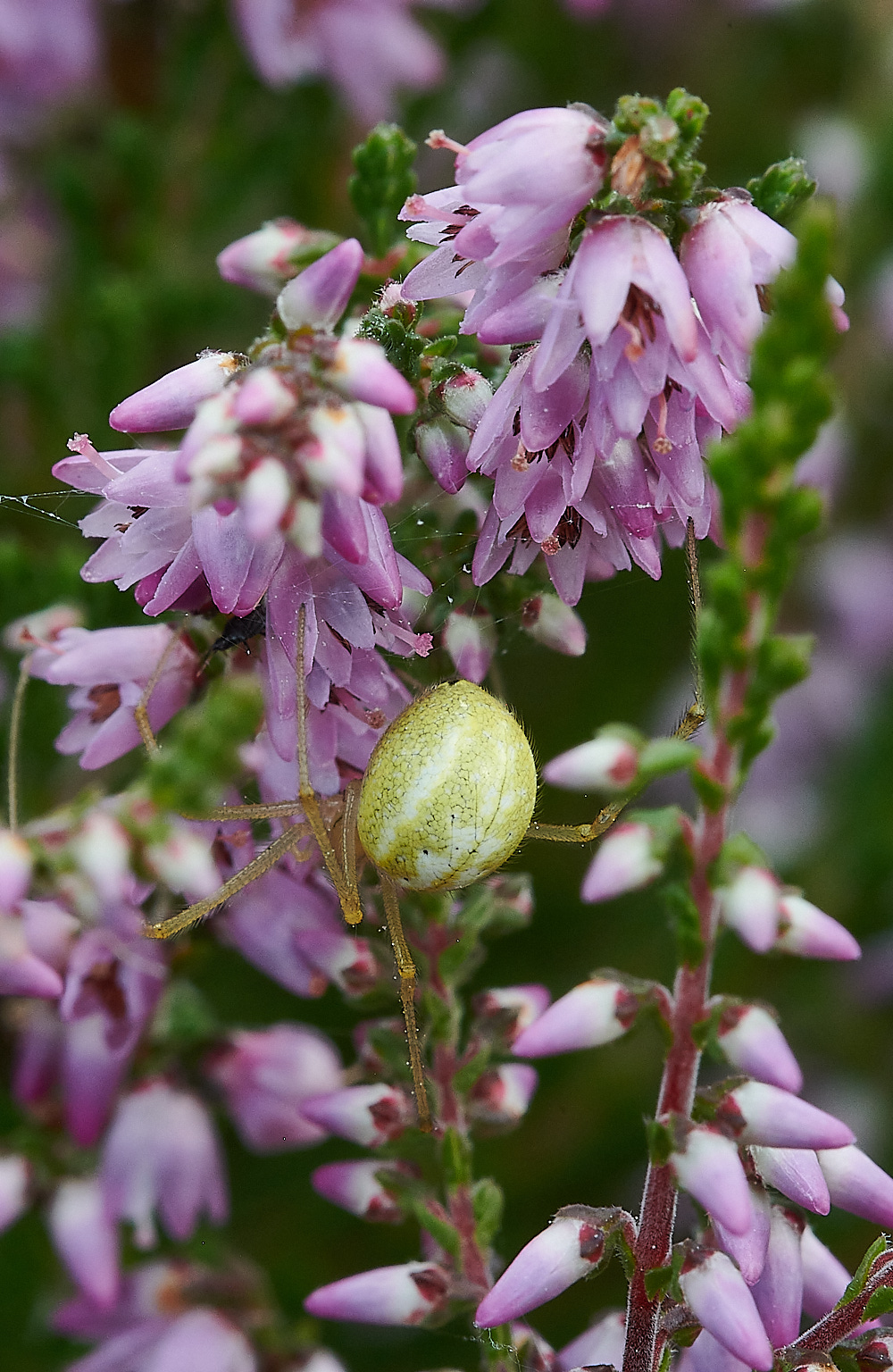
Spider Sp
The images below I thought were
Tormentil Mining Bee (Andrena tarsata)
Things are never quite that simple.
Apparently there are a number of A dorsata in amongst these pictures.
Nick Owens comment
Some of the tormentil bees are Andrena dorsata – but very worn. They have more distinctive white side-bands and rufous hairs on the thorax – also a bit bigger I think.
The tibia is dark not orange as in A. tarsata though you can’t see this under the pollen.
So I'm going to put a D to ones I think are A dorsata looking for the distinctive white side bands and rufous hairs on the thorax.
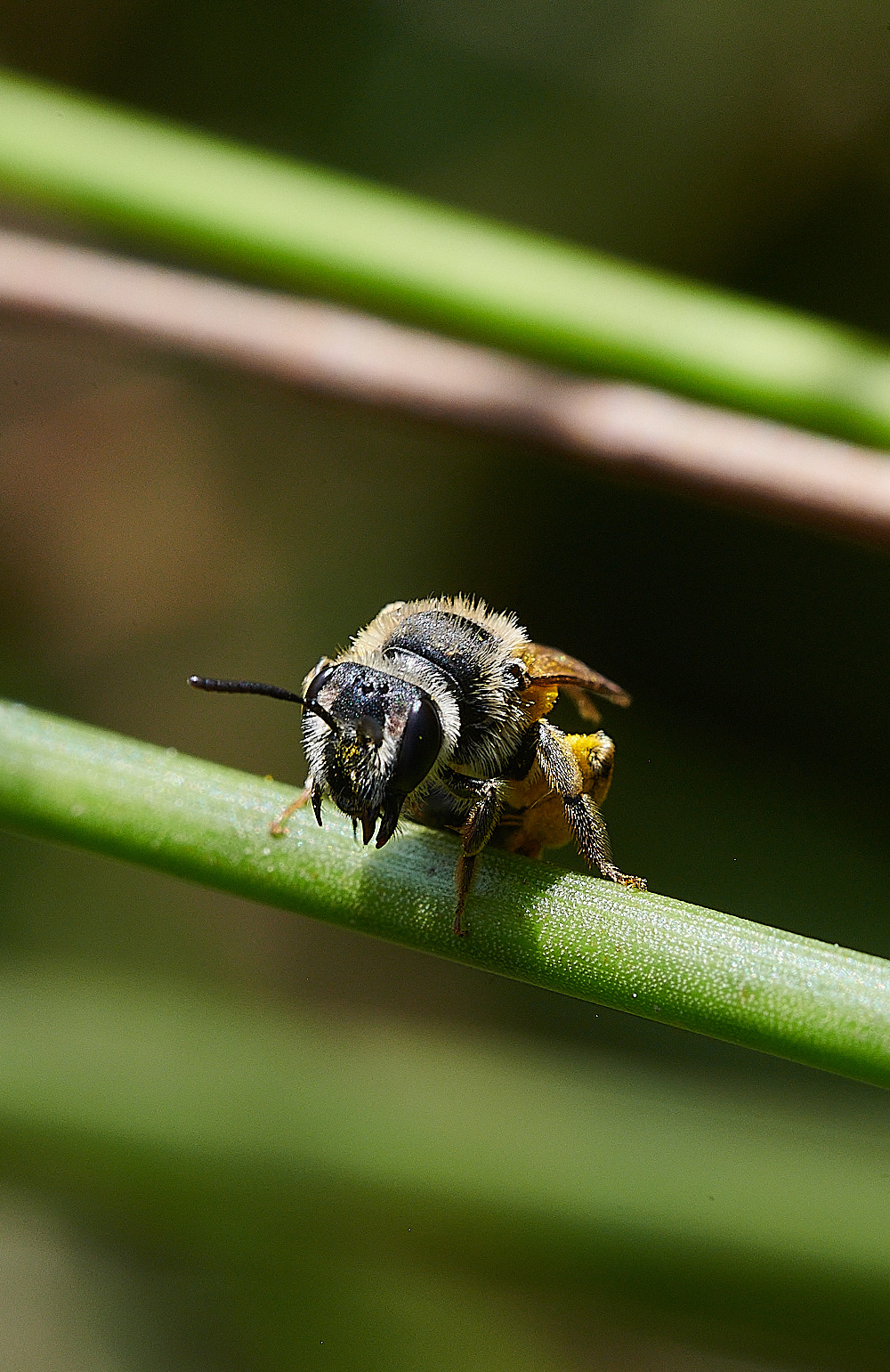
?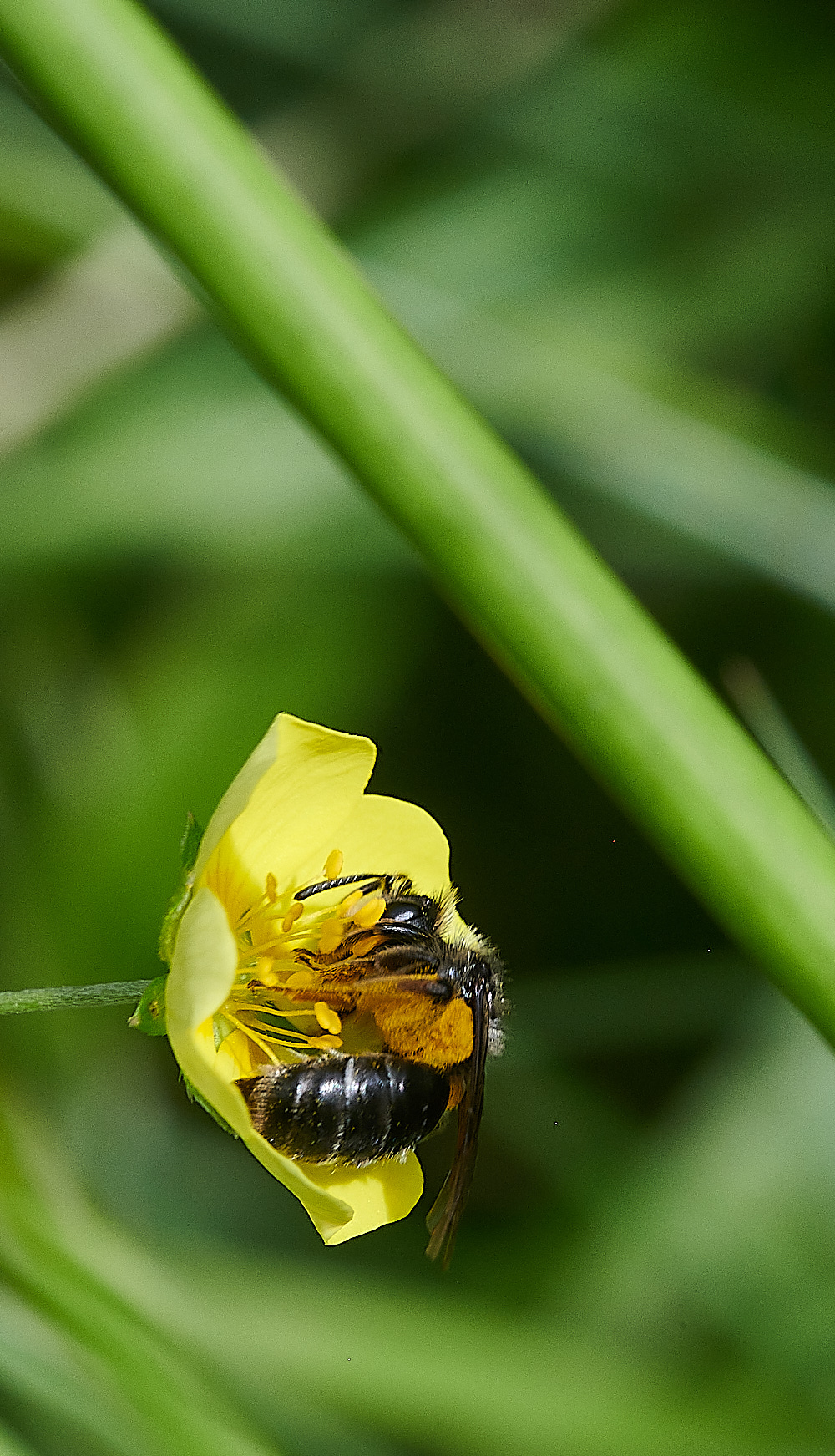
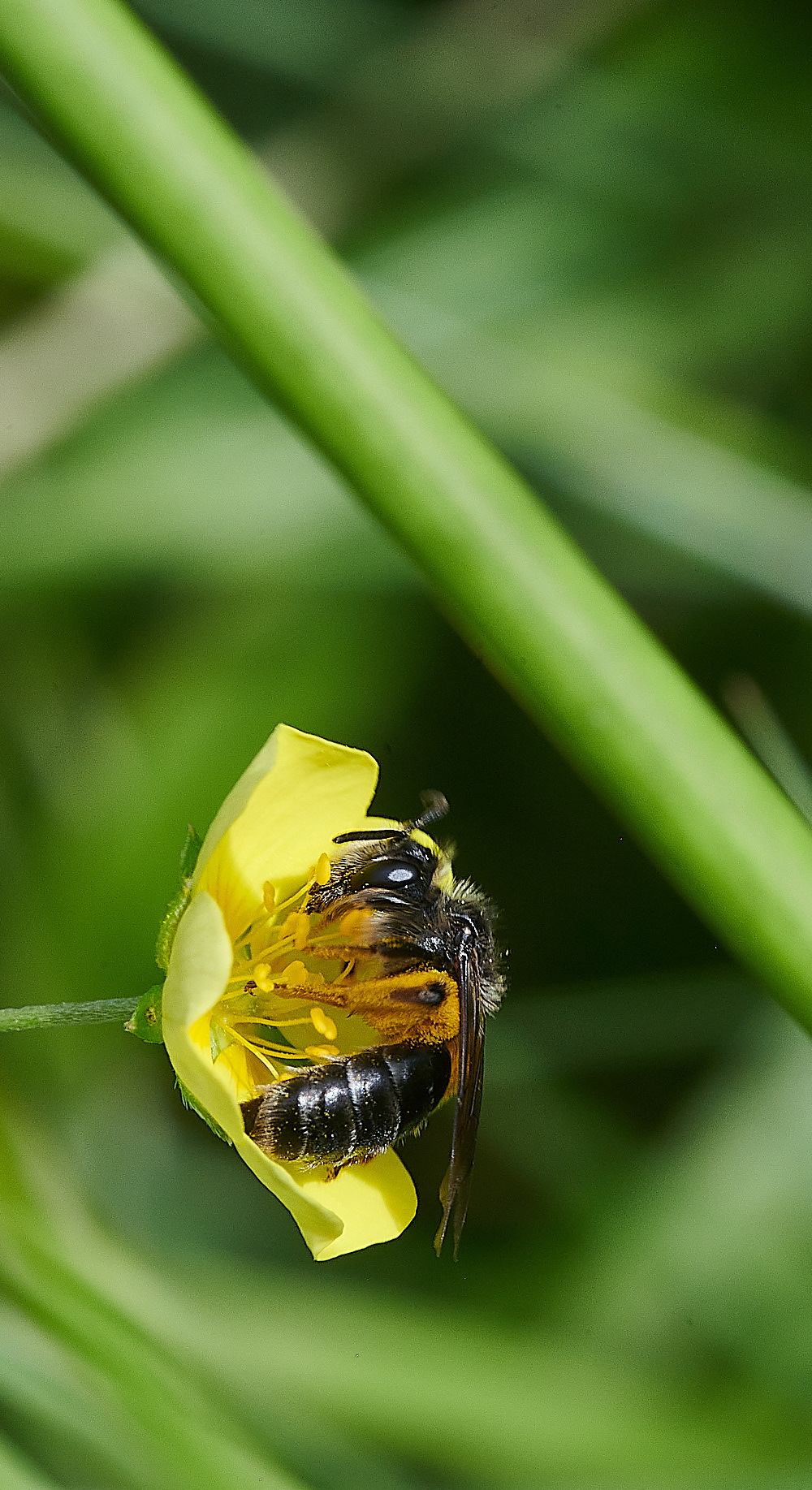
White side Bands not distinctive and no visible rufous hairs.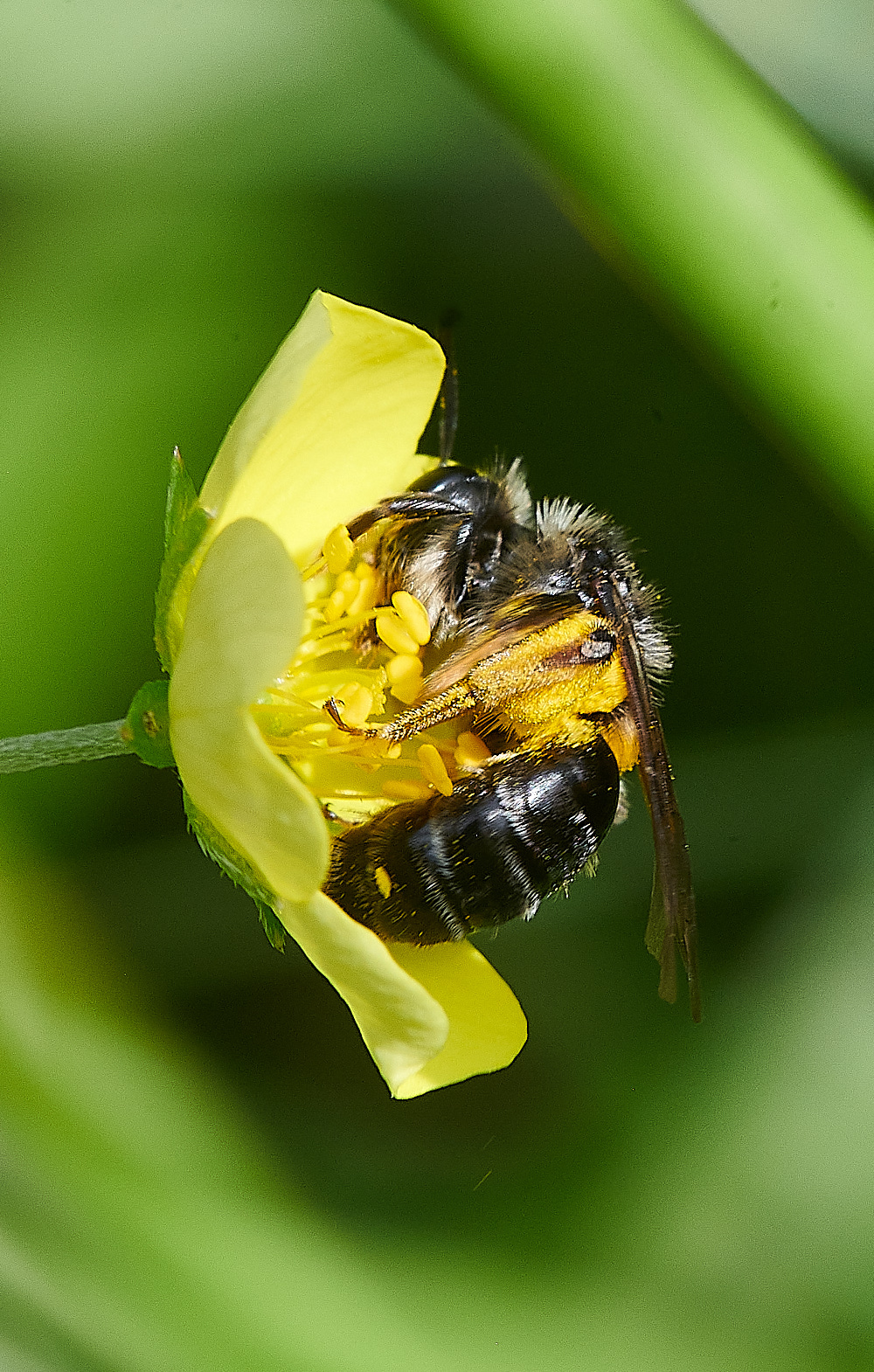
White side Bands not distinctive and no visible rufous hairs.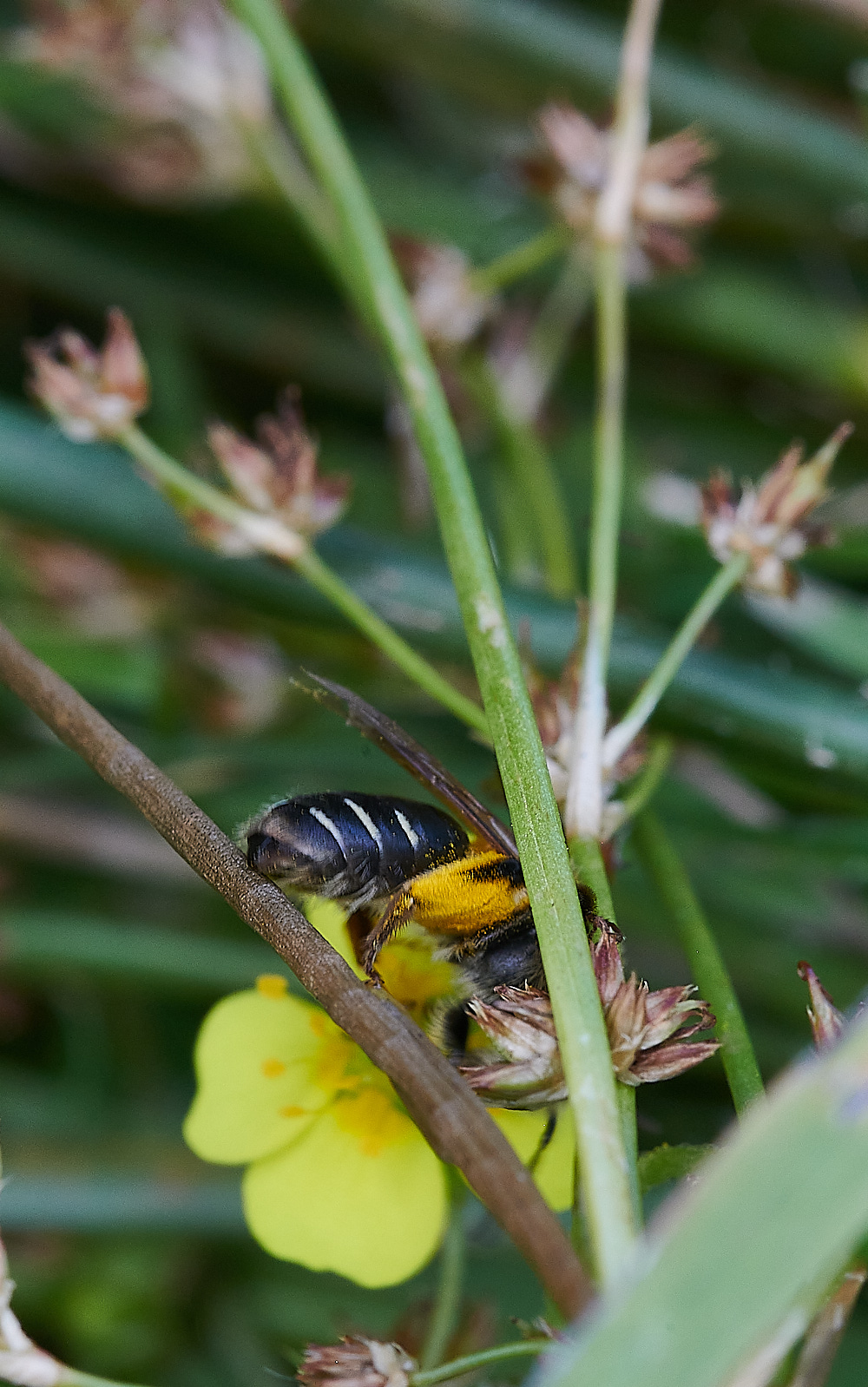
White side bands too distinctive perhaps
D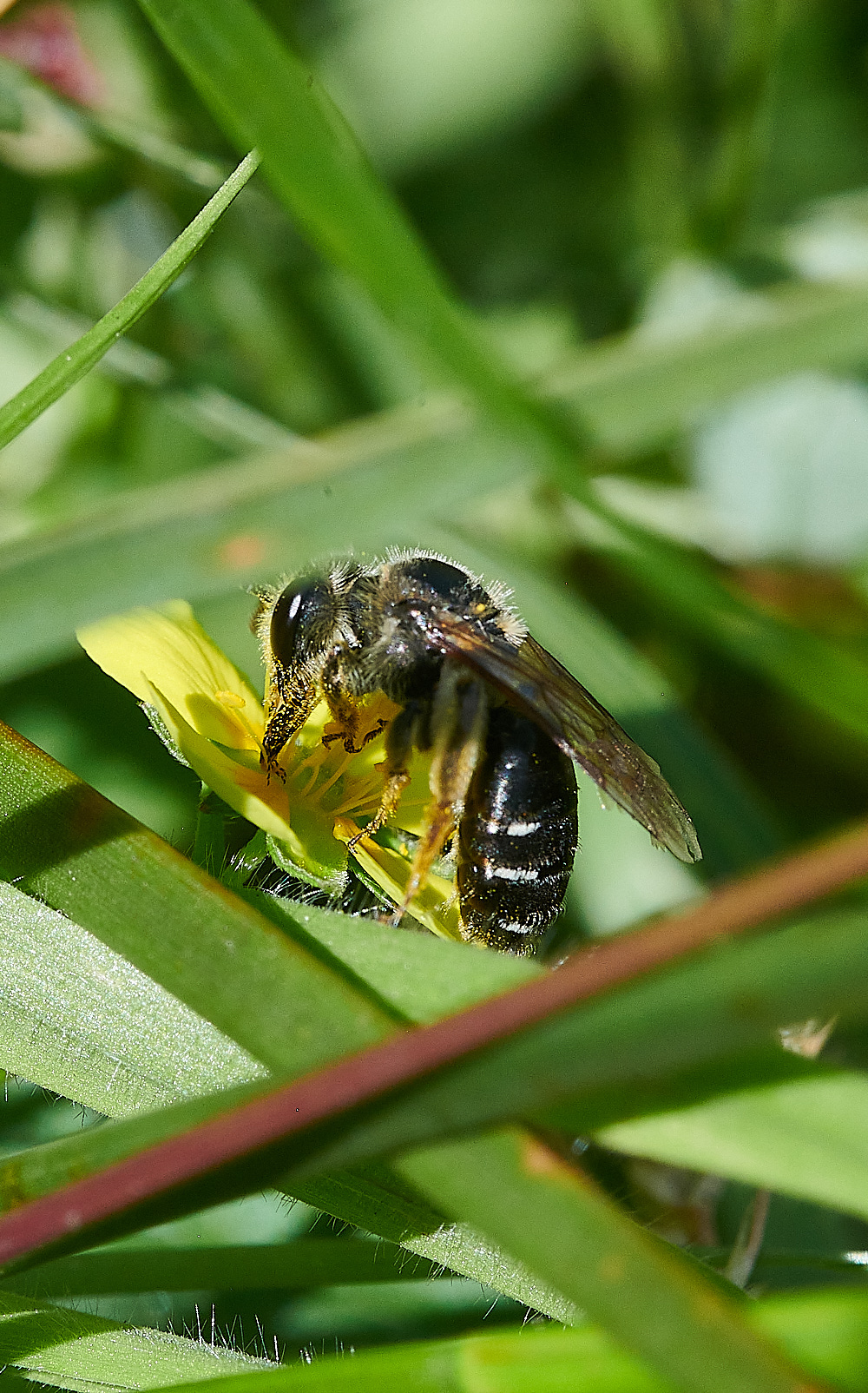
White side Bands not distinctive. A touch of orange on the thorax?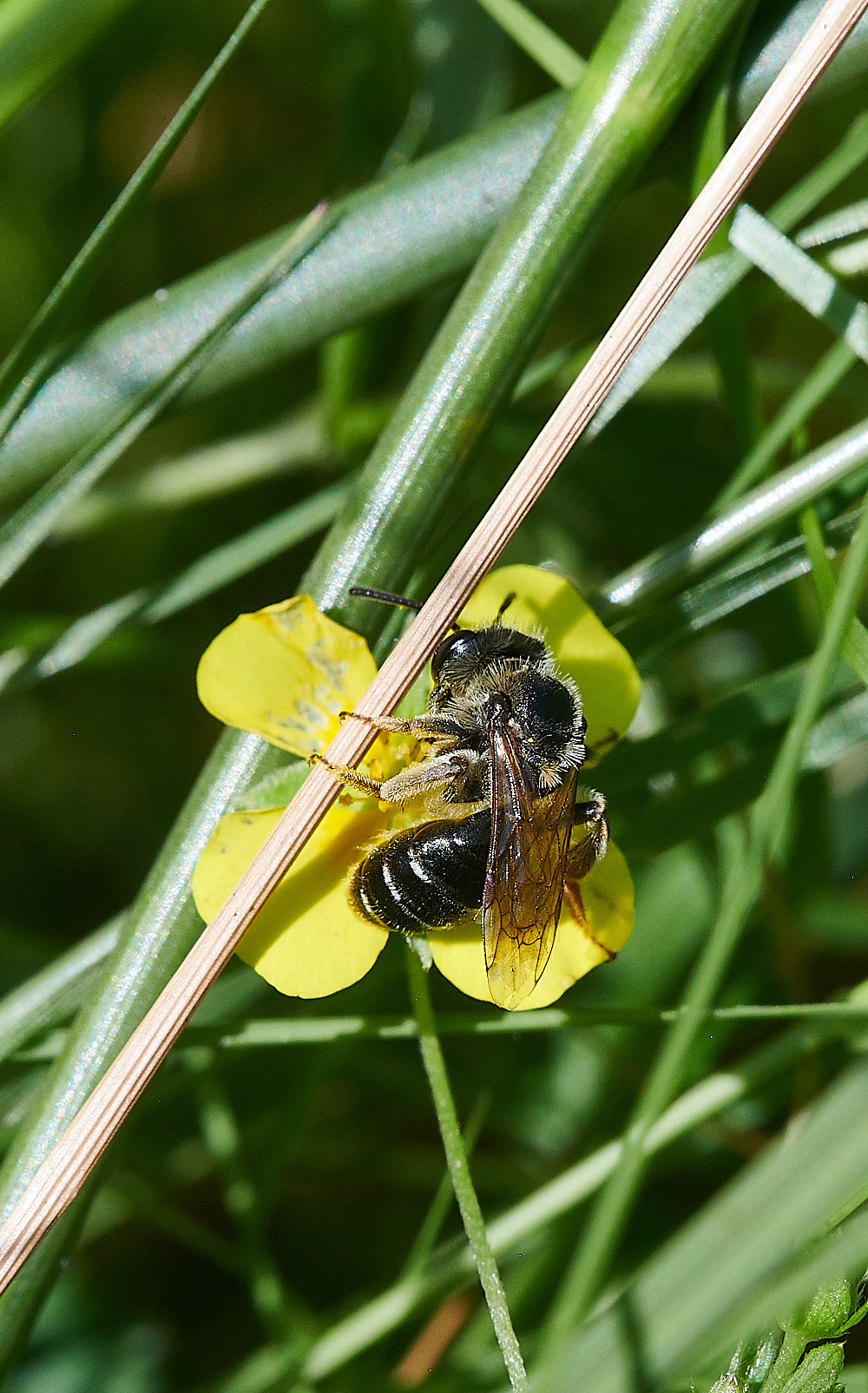
White side Bands not distinctive.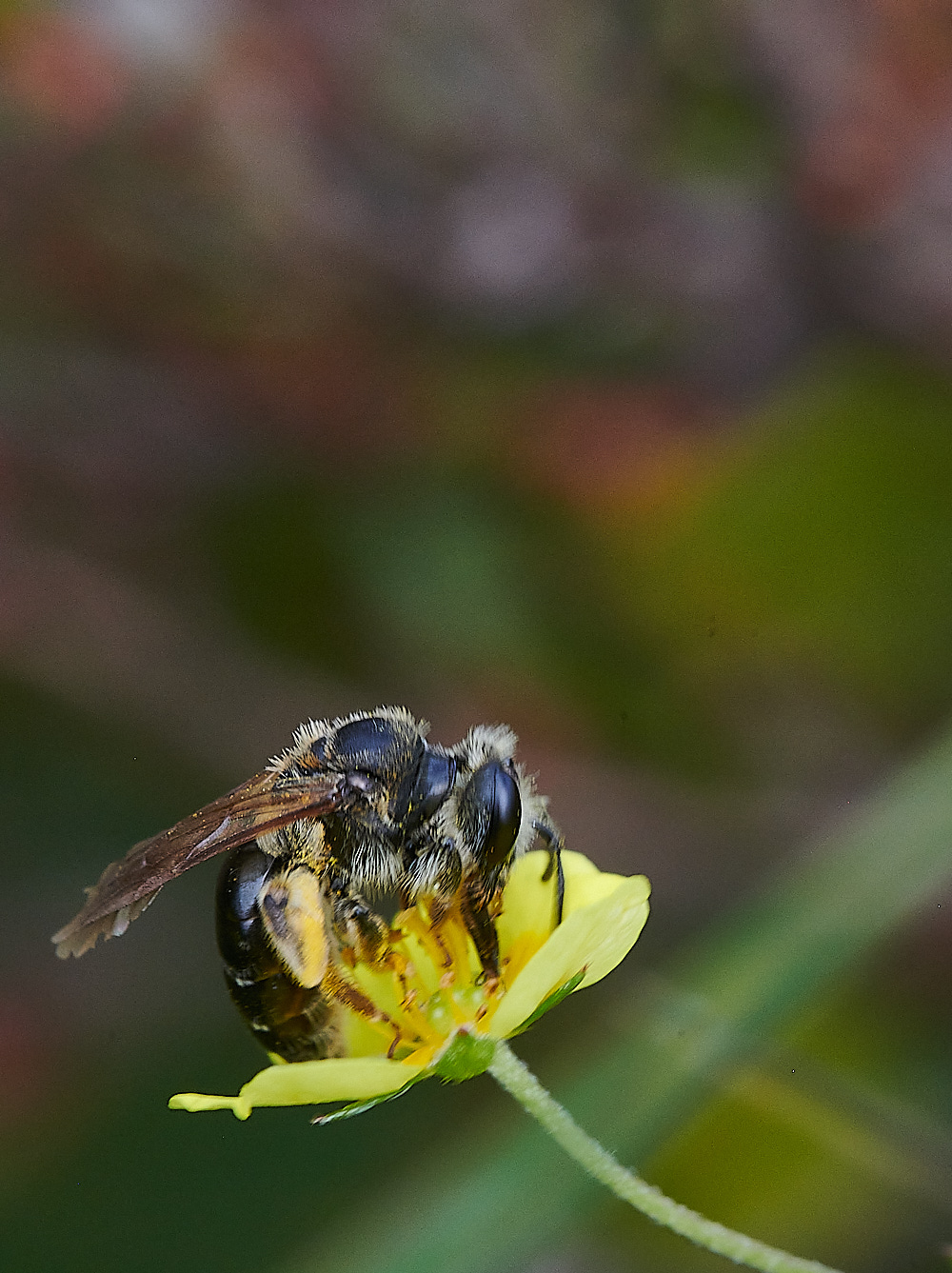
White side Bands not distinctive but visible orange hairs on thorax.
D?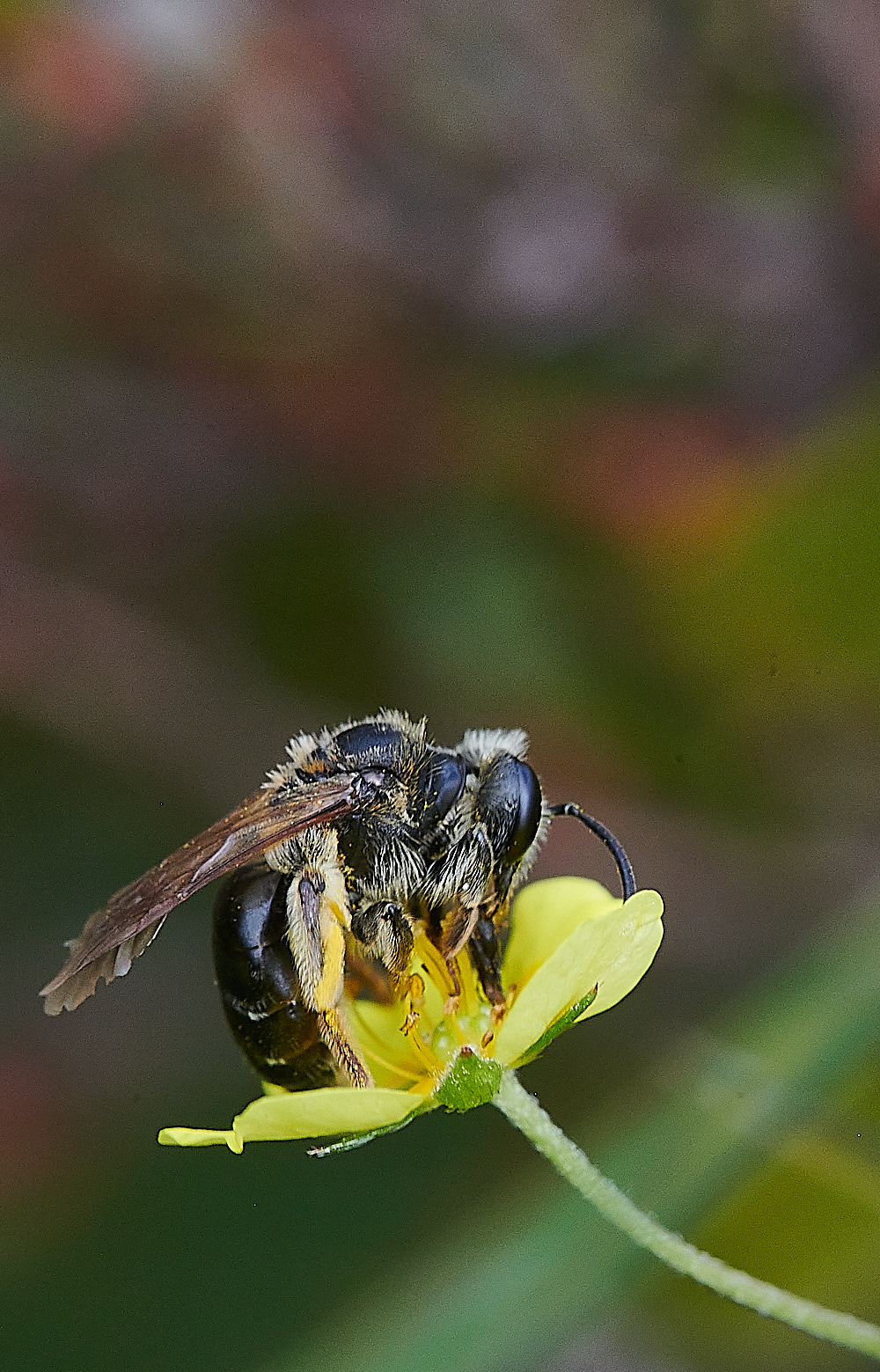
White side Bands not distinctive but visible orange hairs on thorax.
D?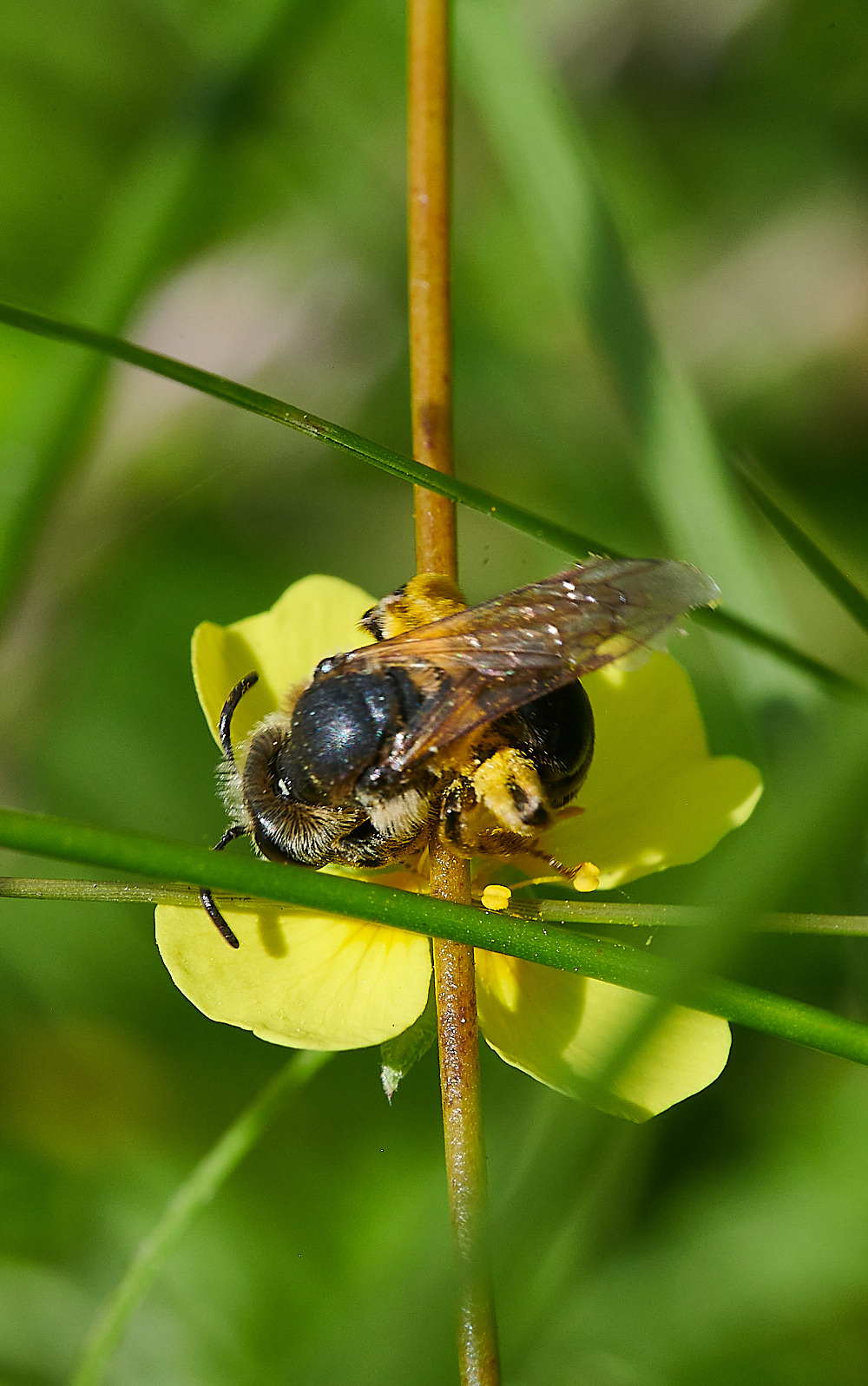
Difficult ?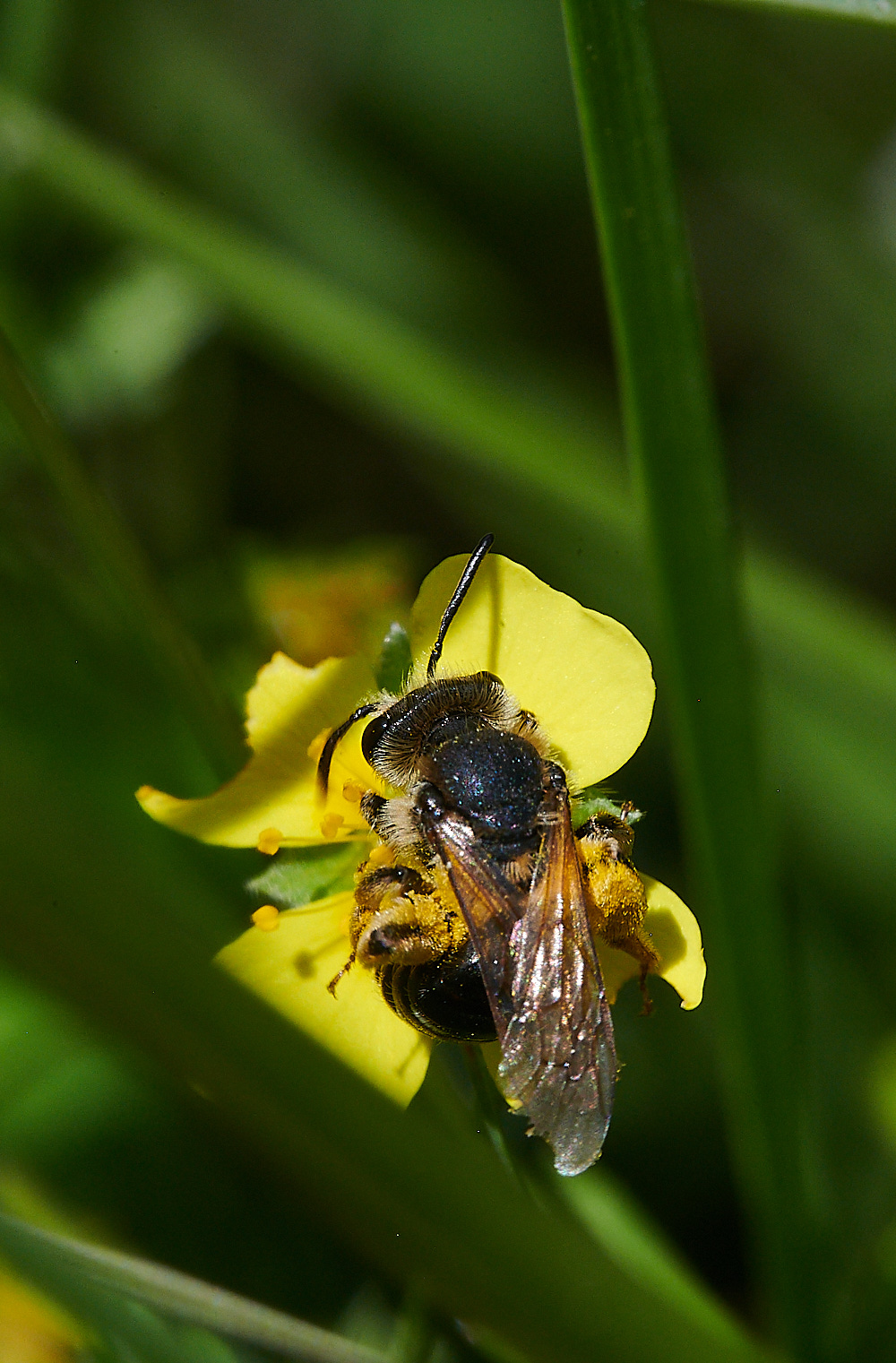
Rufous hairs on thorax D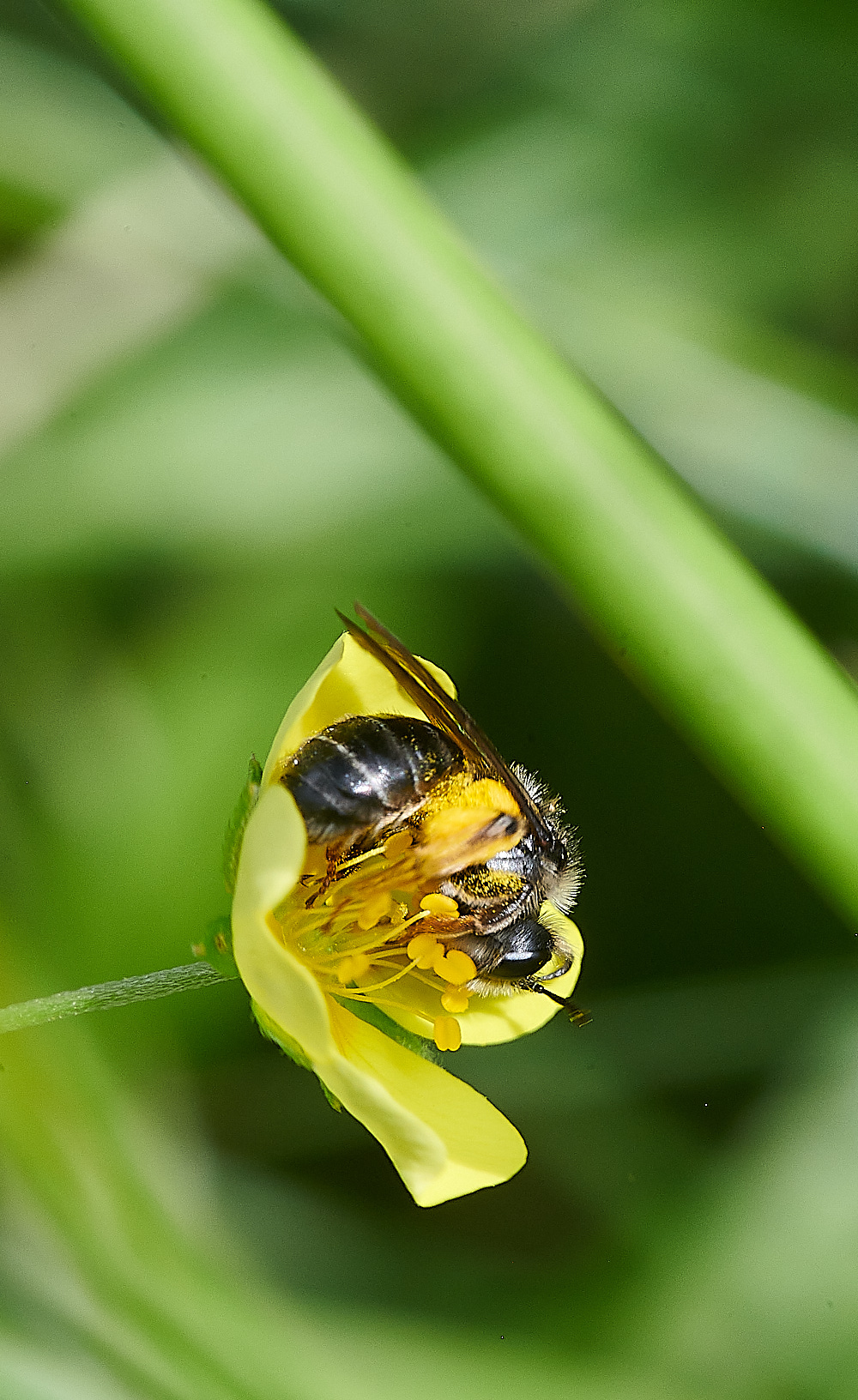
White side bands not distinctive and no rufous hairs.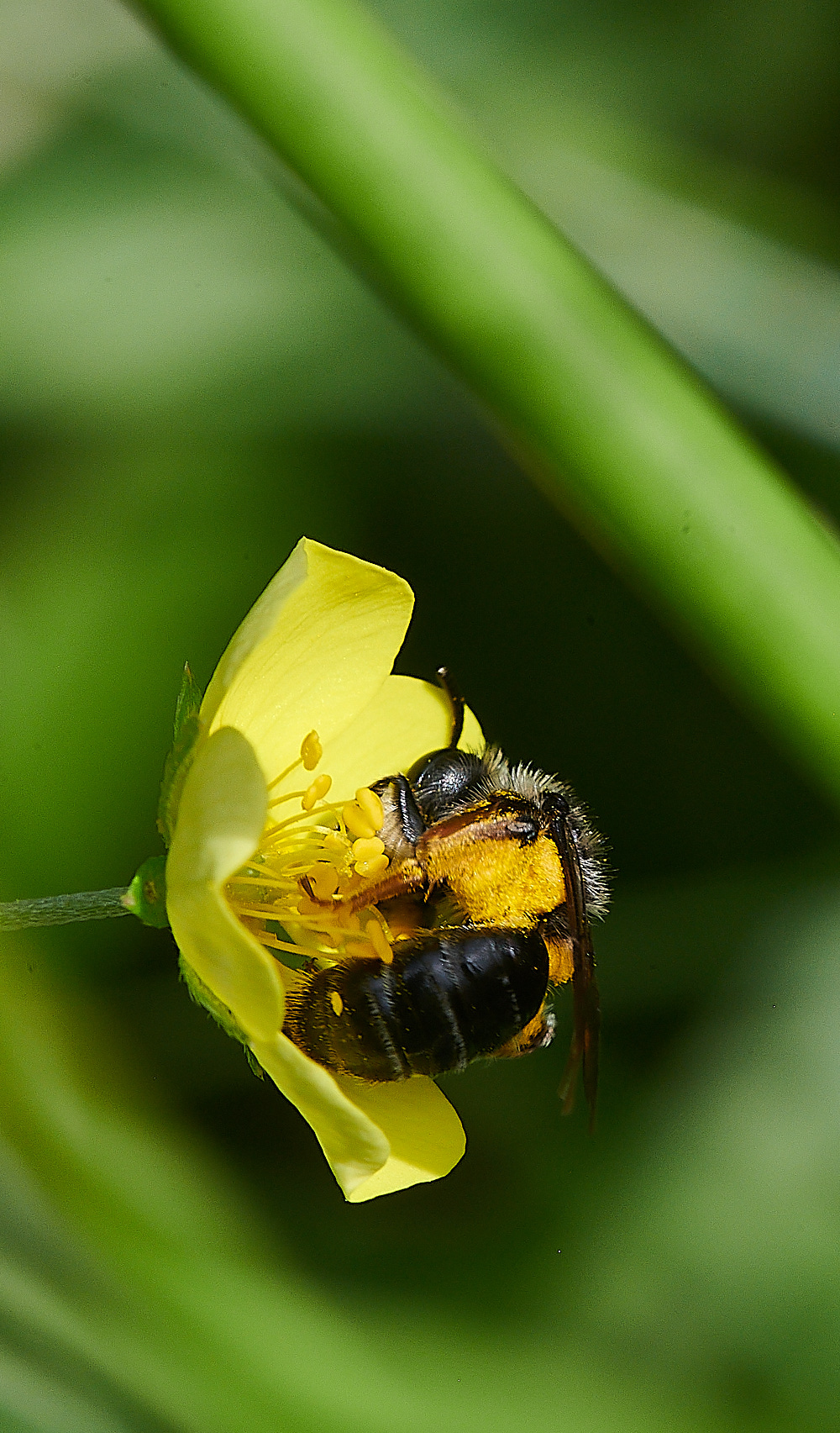
White side bands not distinctive and no rufous hairs.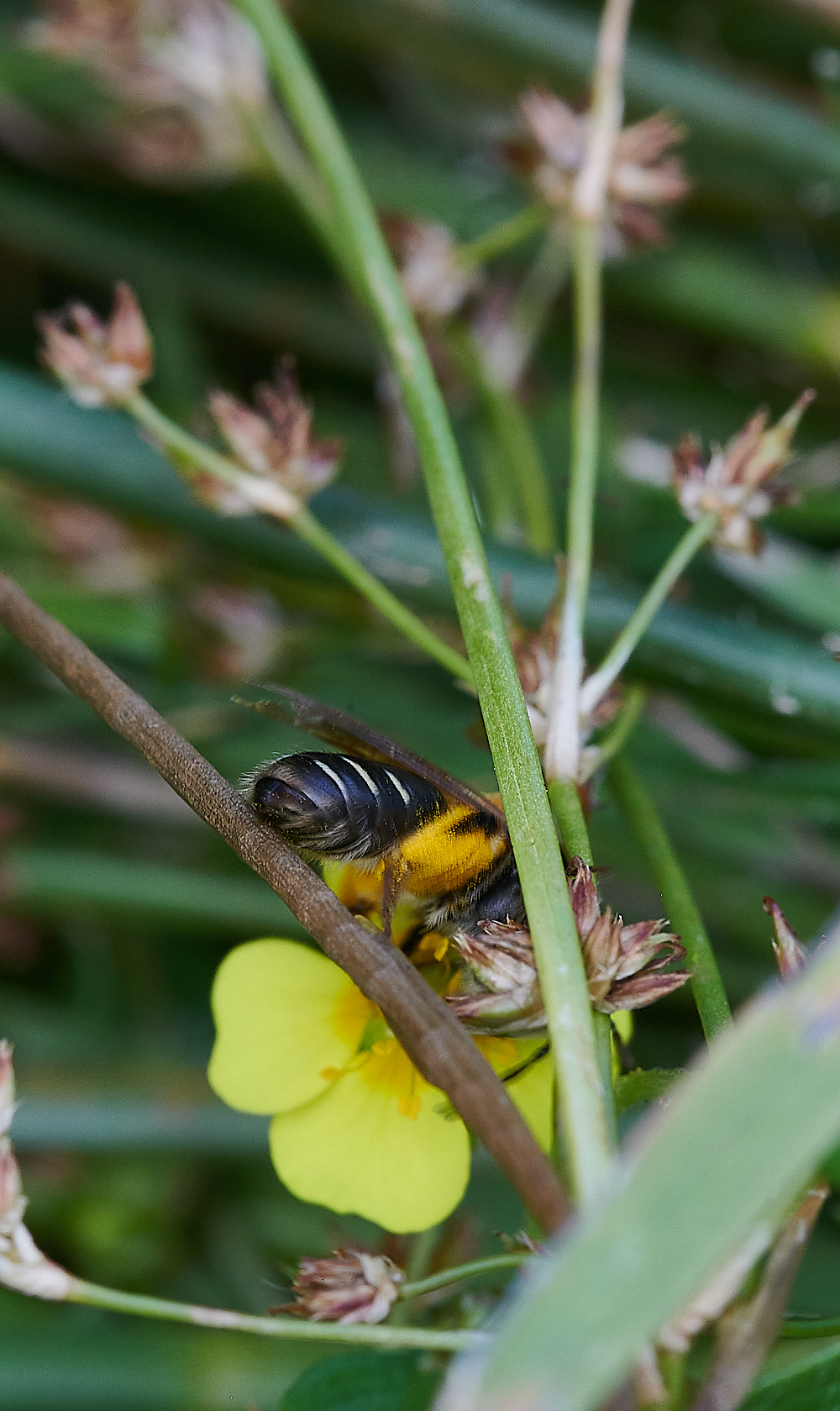
Distinctive side bands - D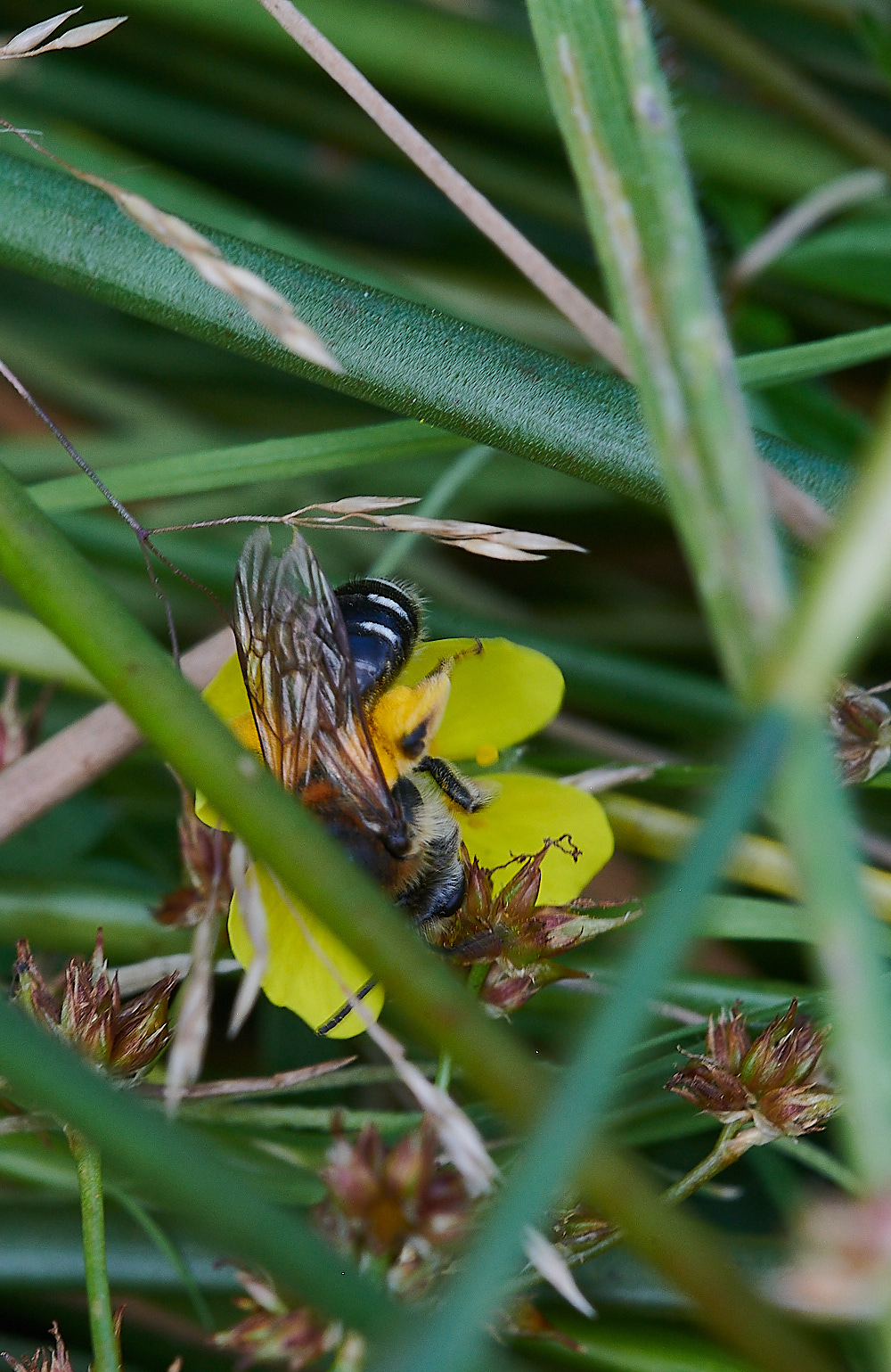
Distinctive white side bands and rufous hairs - D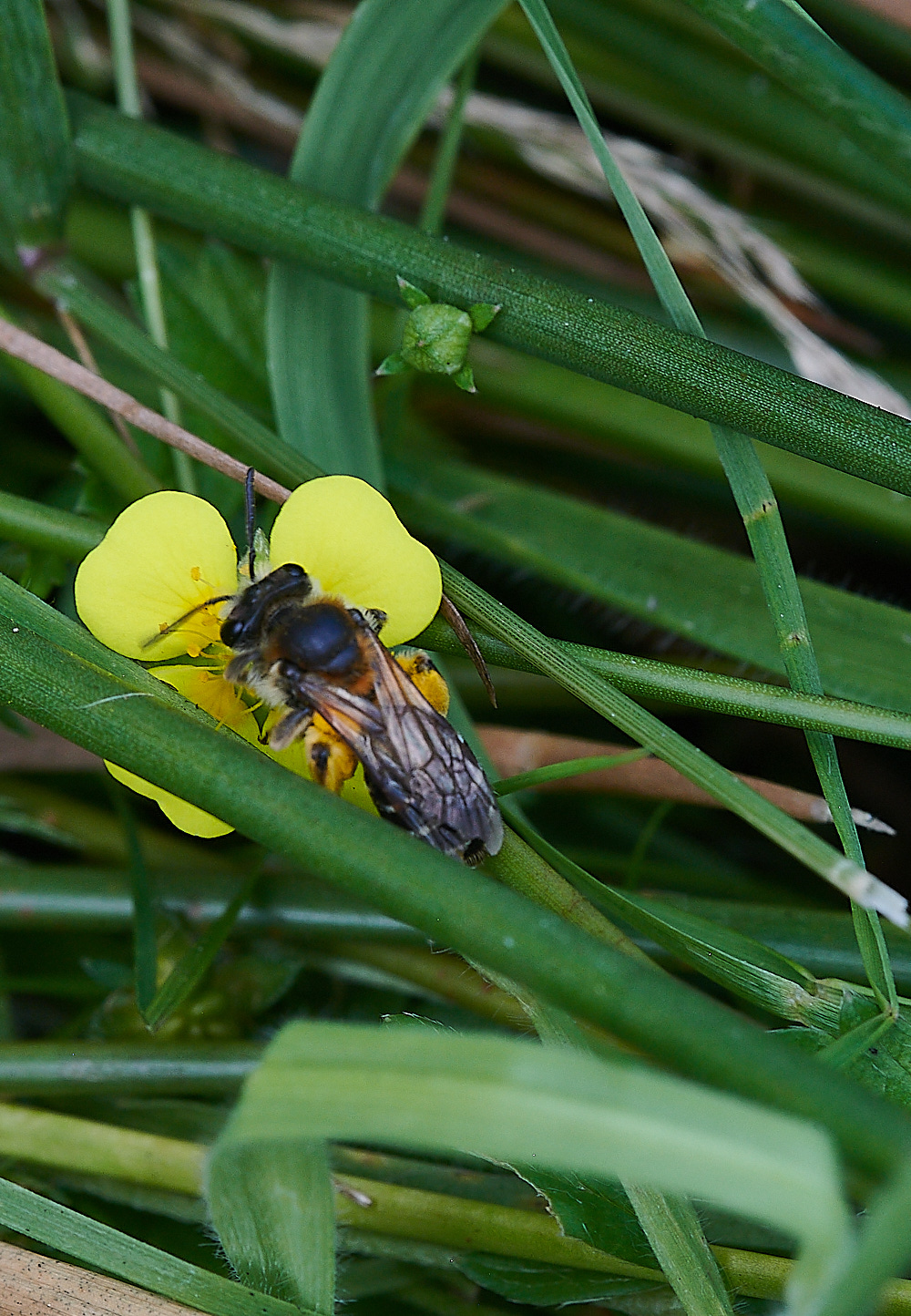
Distinctive white side bands and rufous hairs - D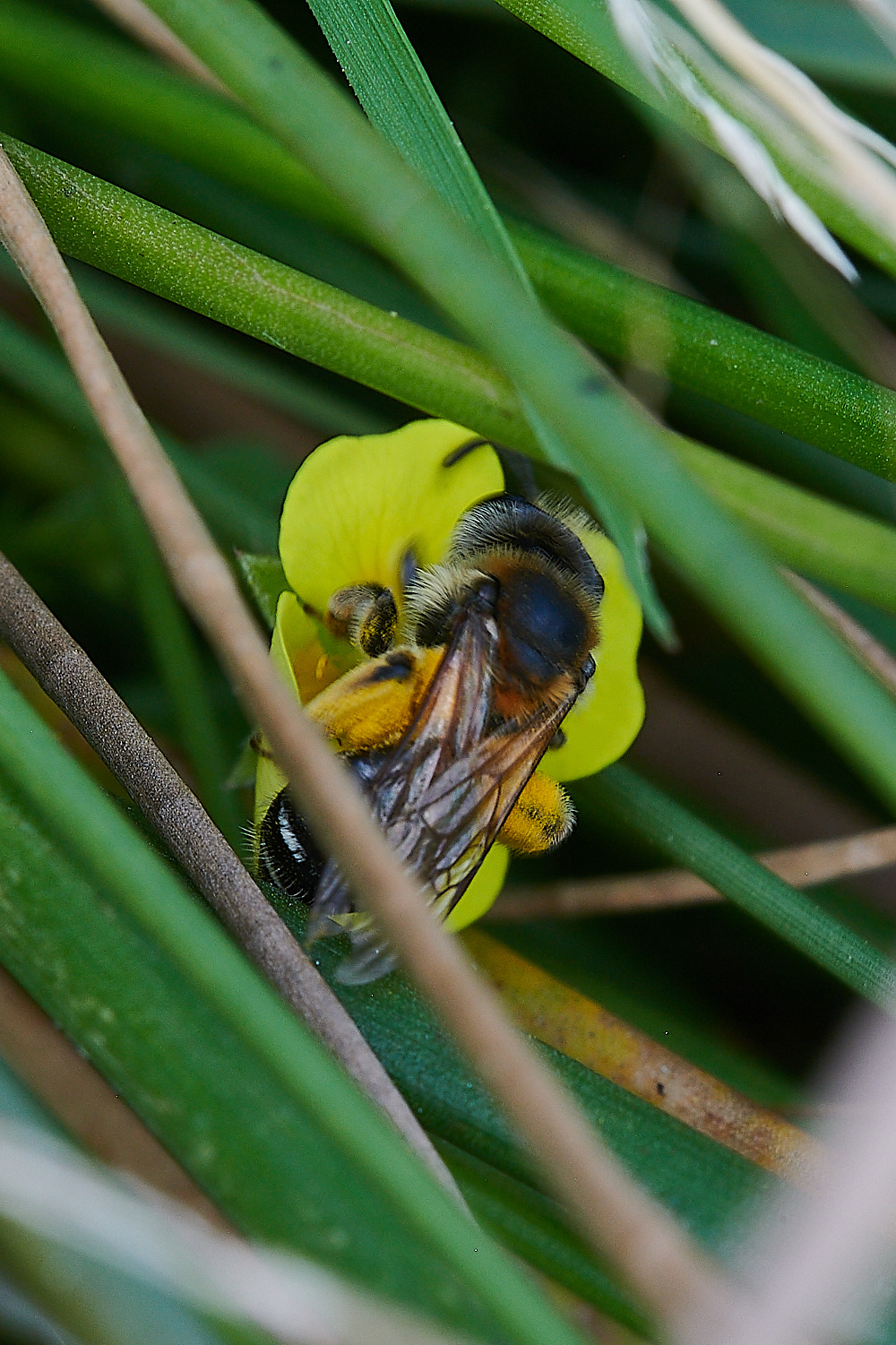
Distinctive white side bands and rufous hairs - D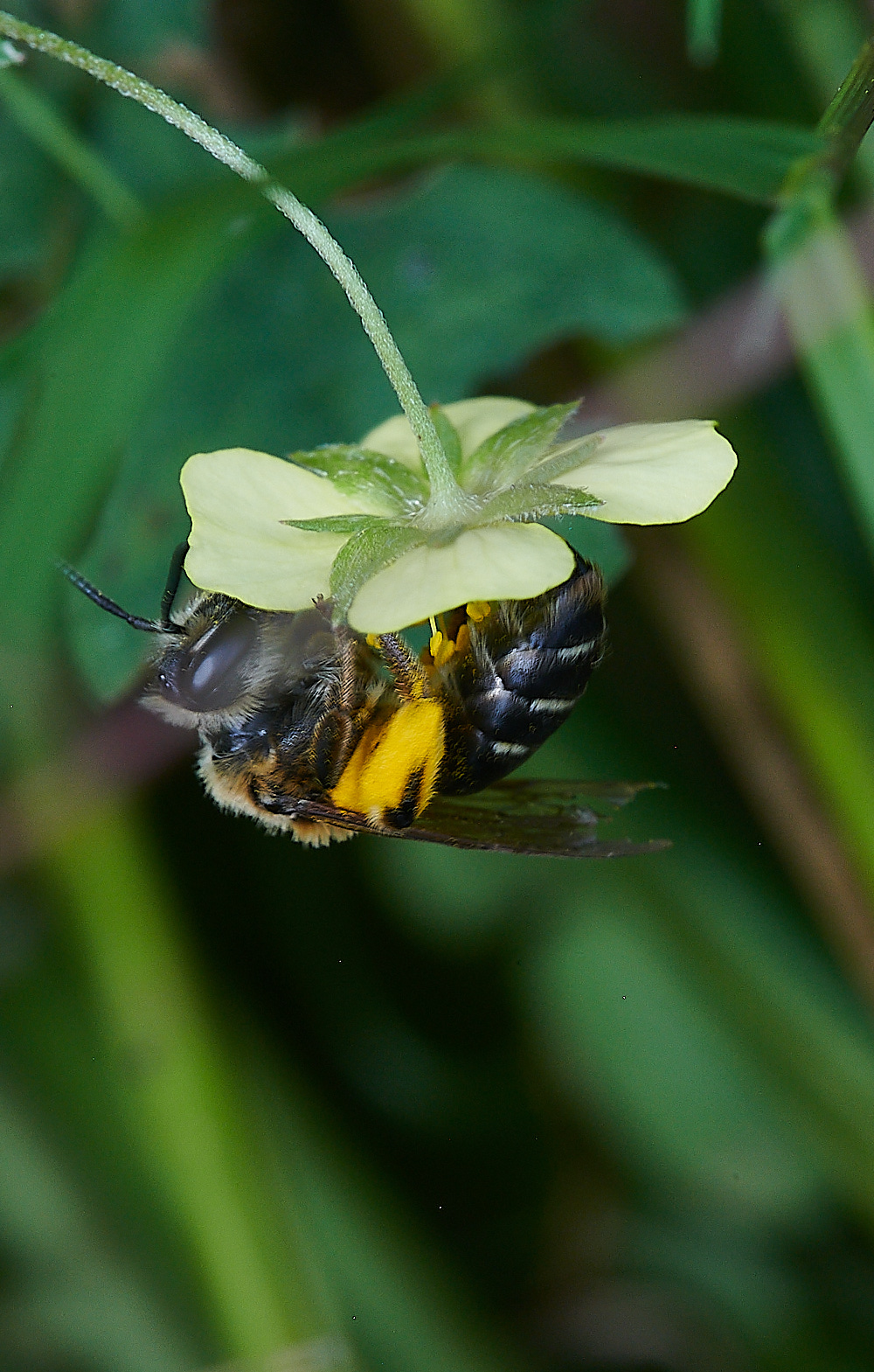
Distinctive white side bands and rufous hairs - D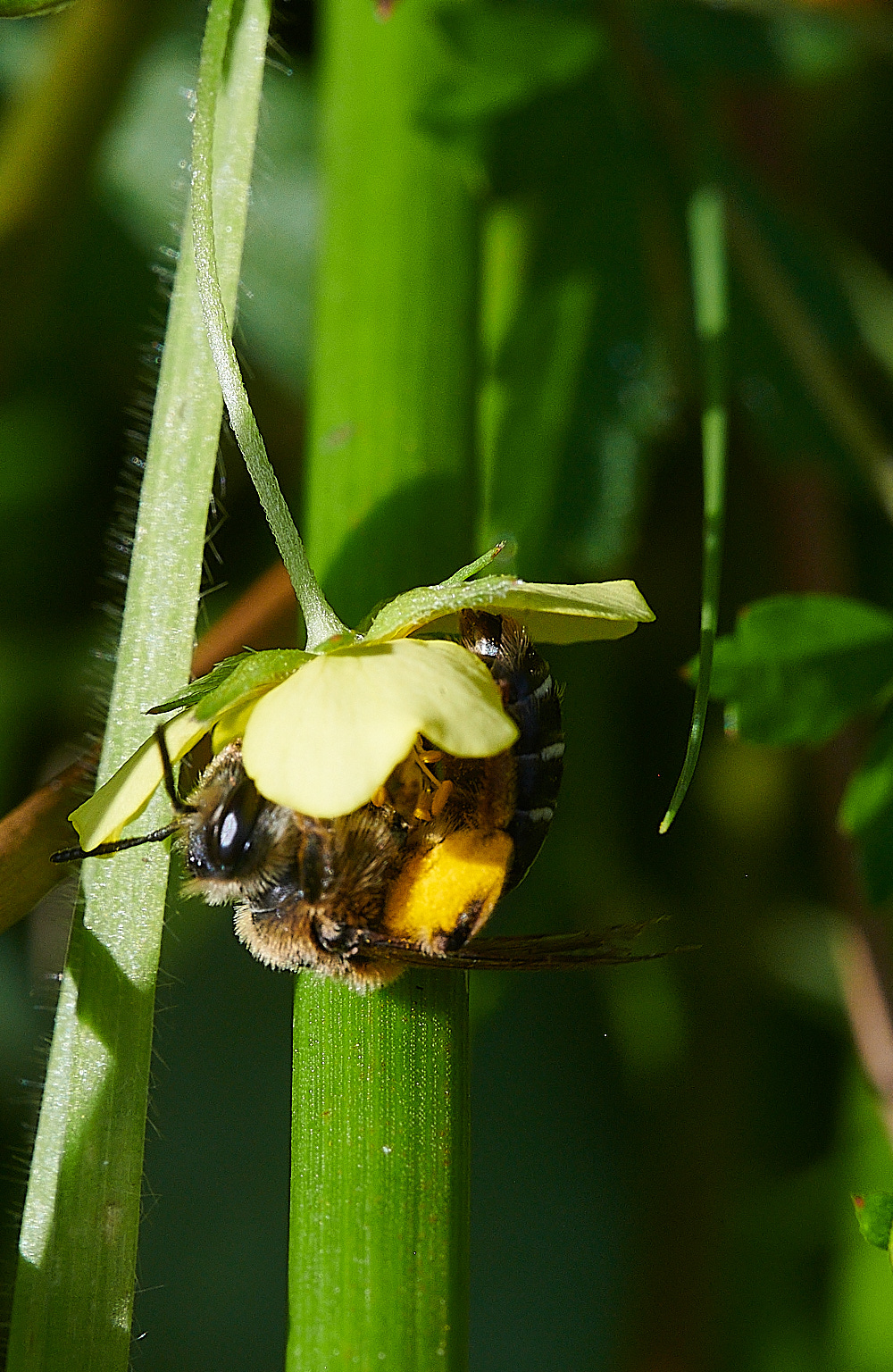
Distinctive white side bands and rufous hairs - D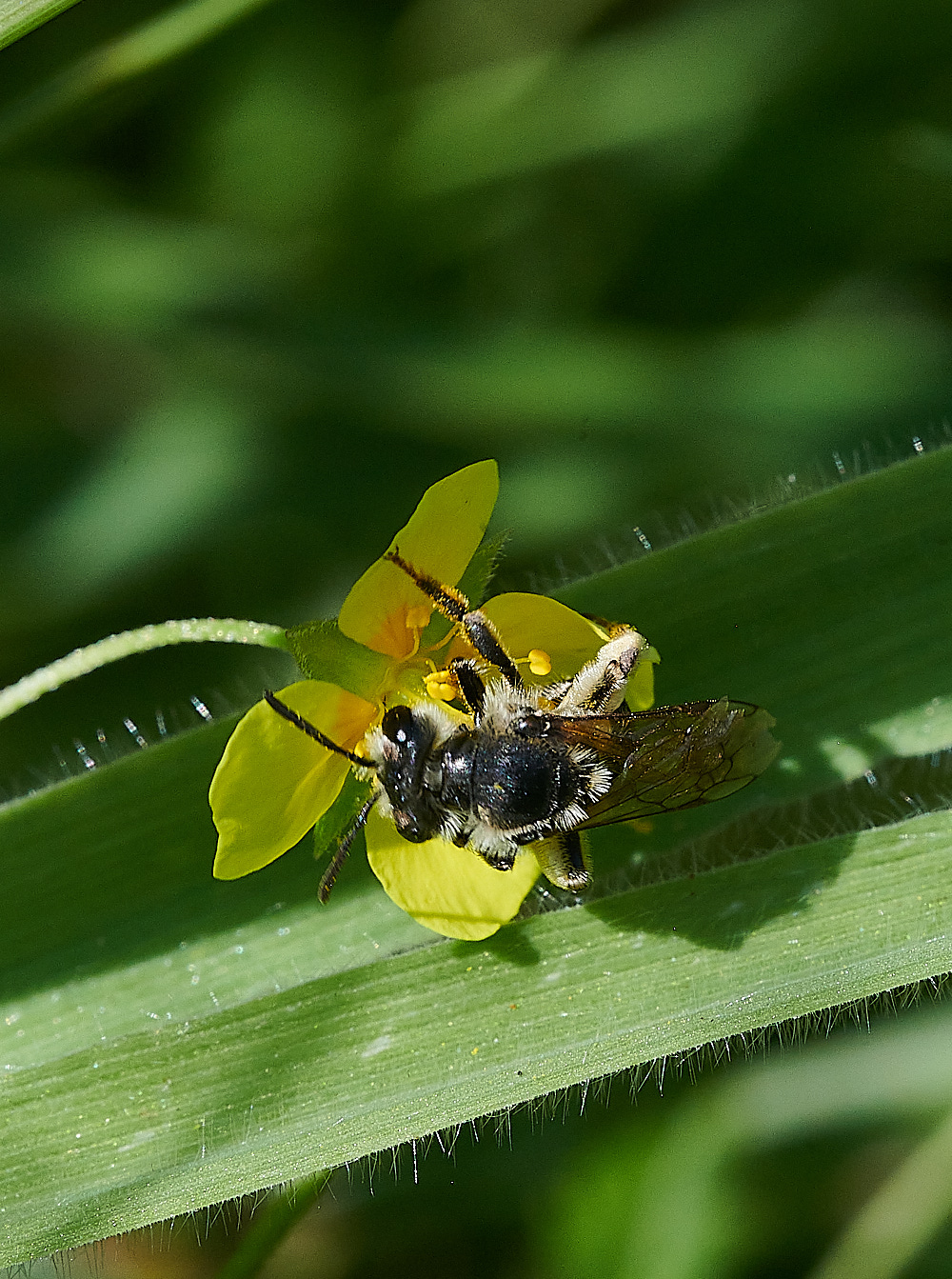
?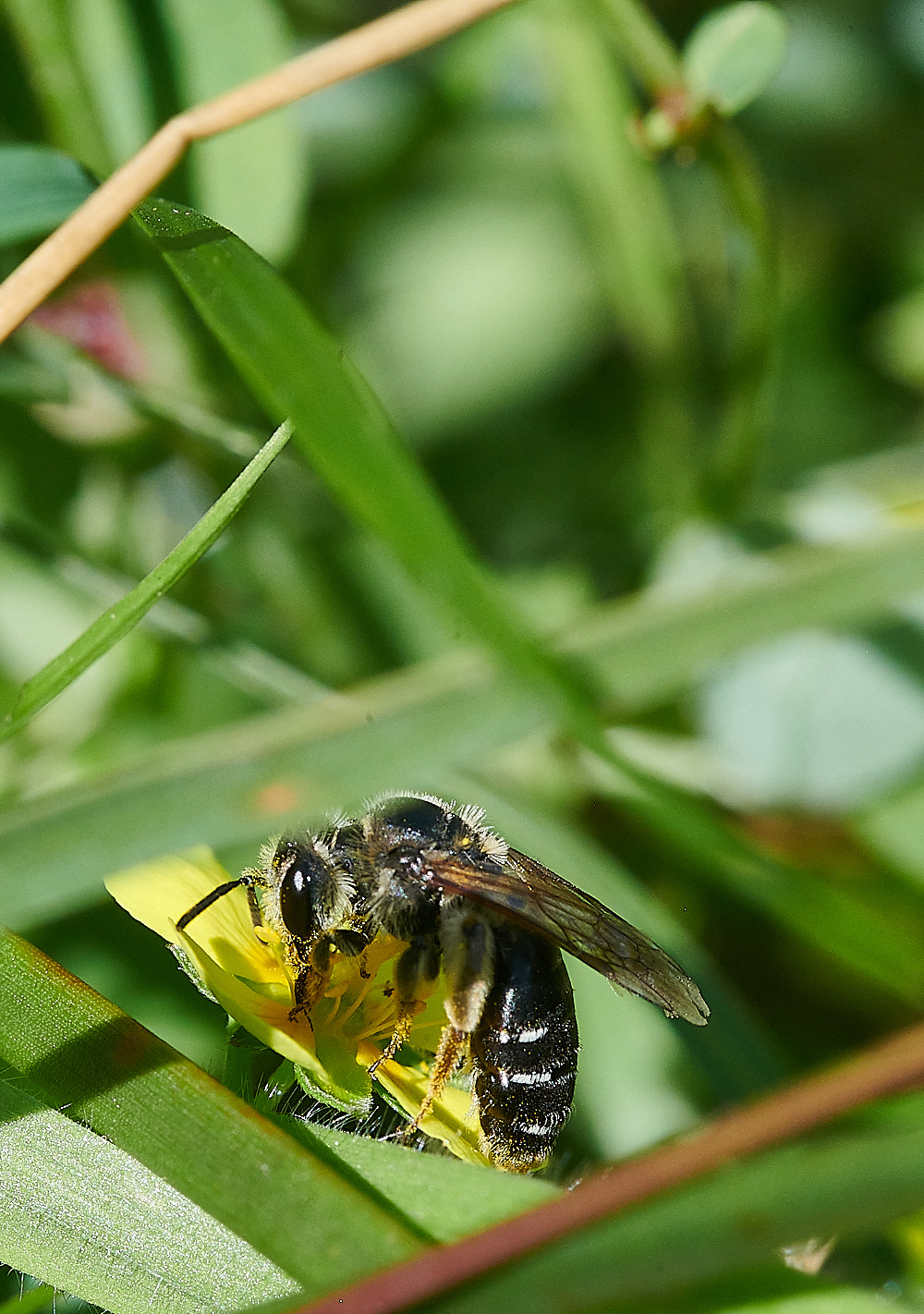
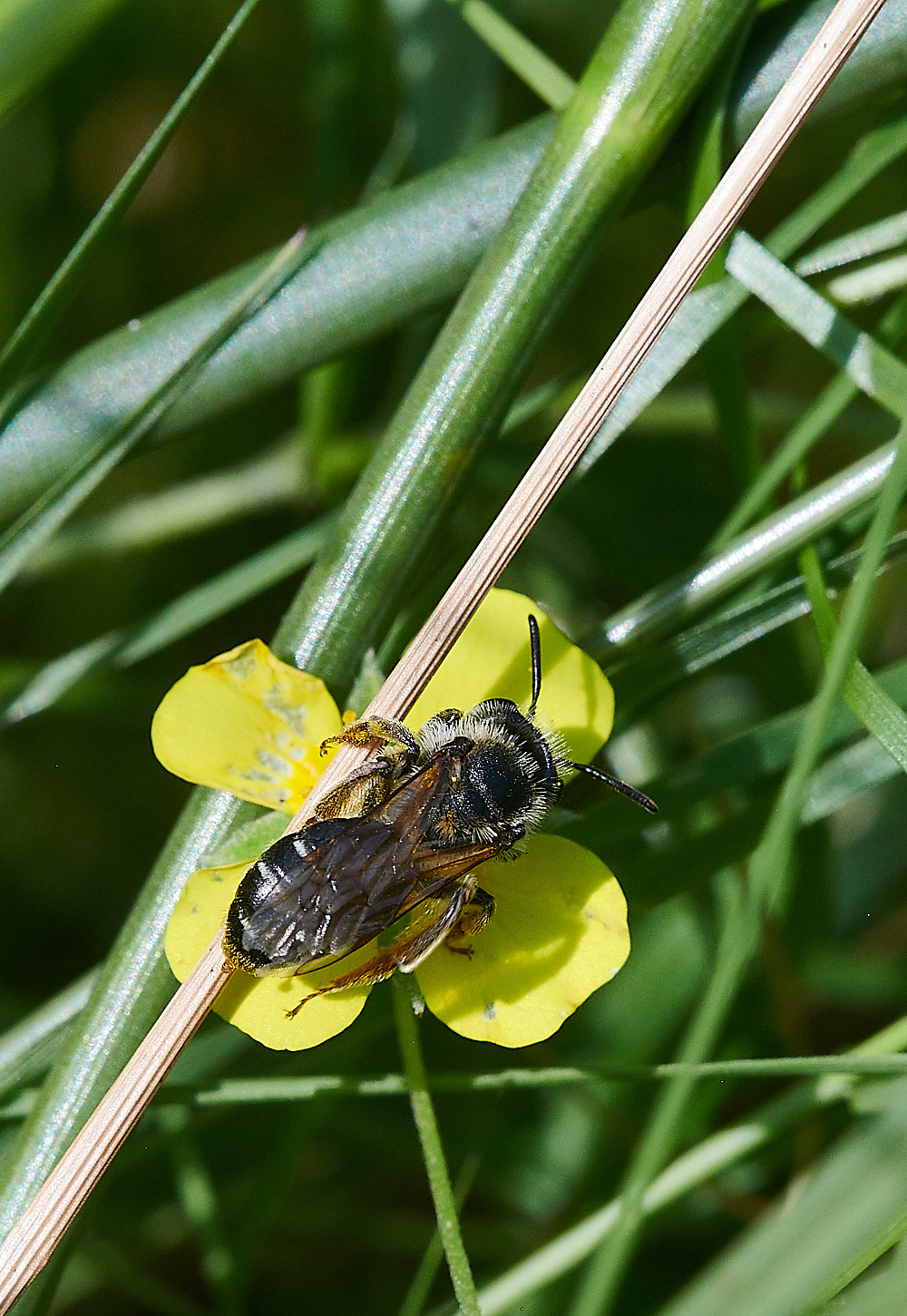
Distinctive white side bands and rufous hairs - D
Tormentil Mining Bee (Andrena tarsata)
Things are never quite that simple.
Apparently there are a number of A dorsata in amongst these pictures.
Nick Owens comment
Some of the tormentil bees are Andrena dorsata – but very worn. They have more distinctive white side-bands and rufous hairs on the thorax – also a bit bigger I think.
The tibia is dark not orange as in A. tarsata though you can’t see this under the pollen.
So I'm going to a D to ones I think are A dorsata
Thus If I managed to find one Tormentil Mining Bee I was lucky.
Next Year!!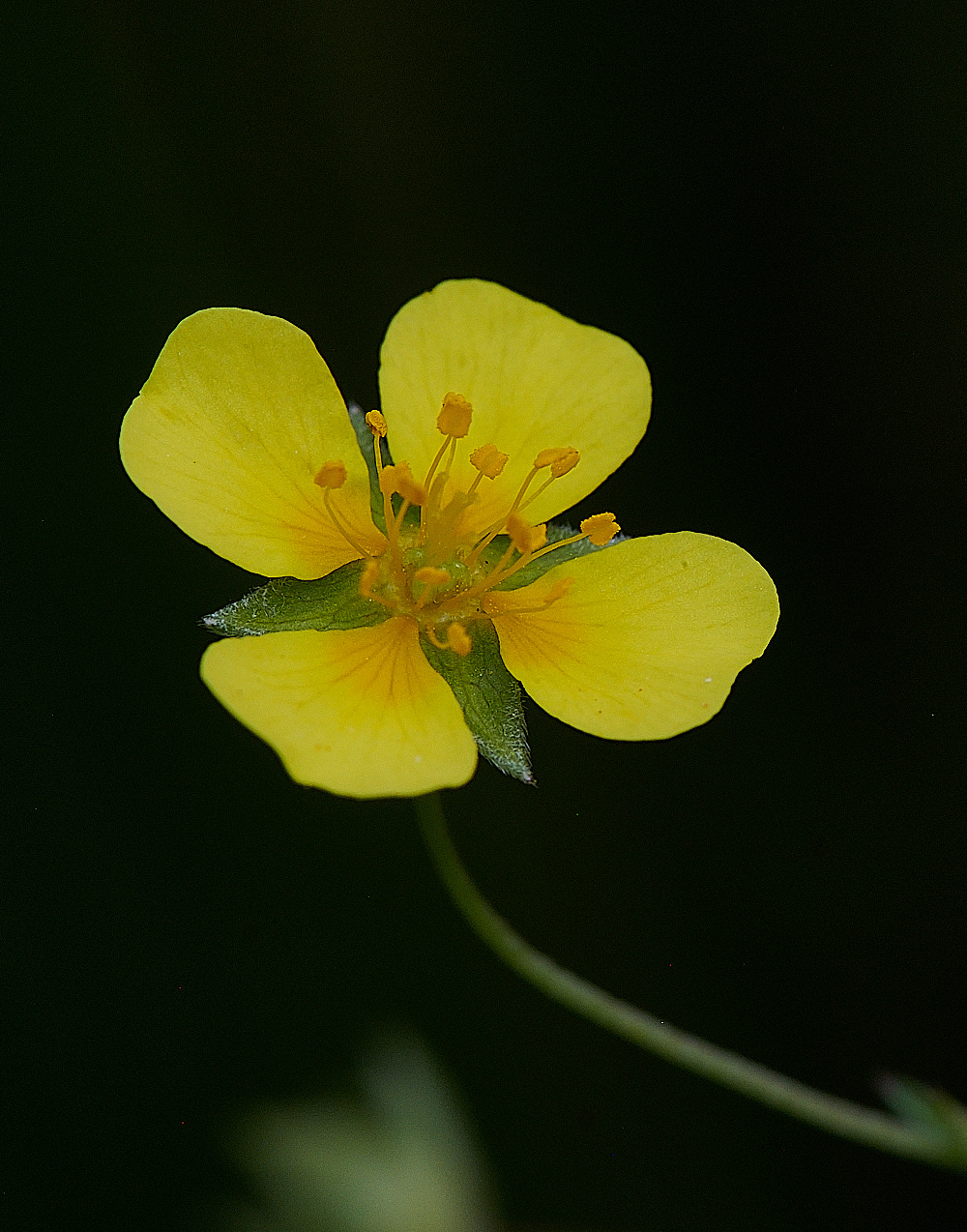
Tormentil (Potentilla erecta)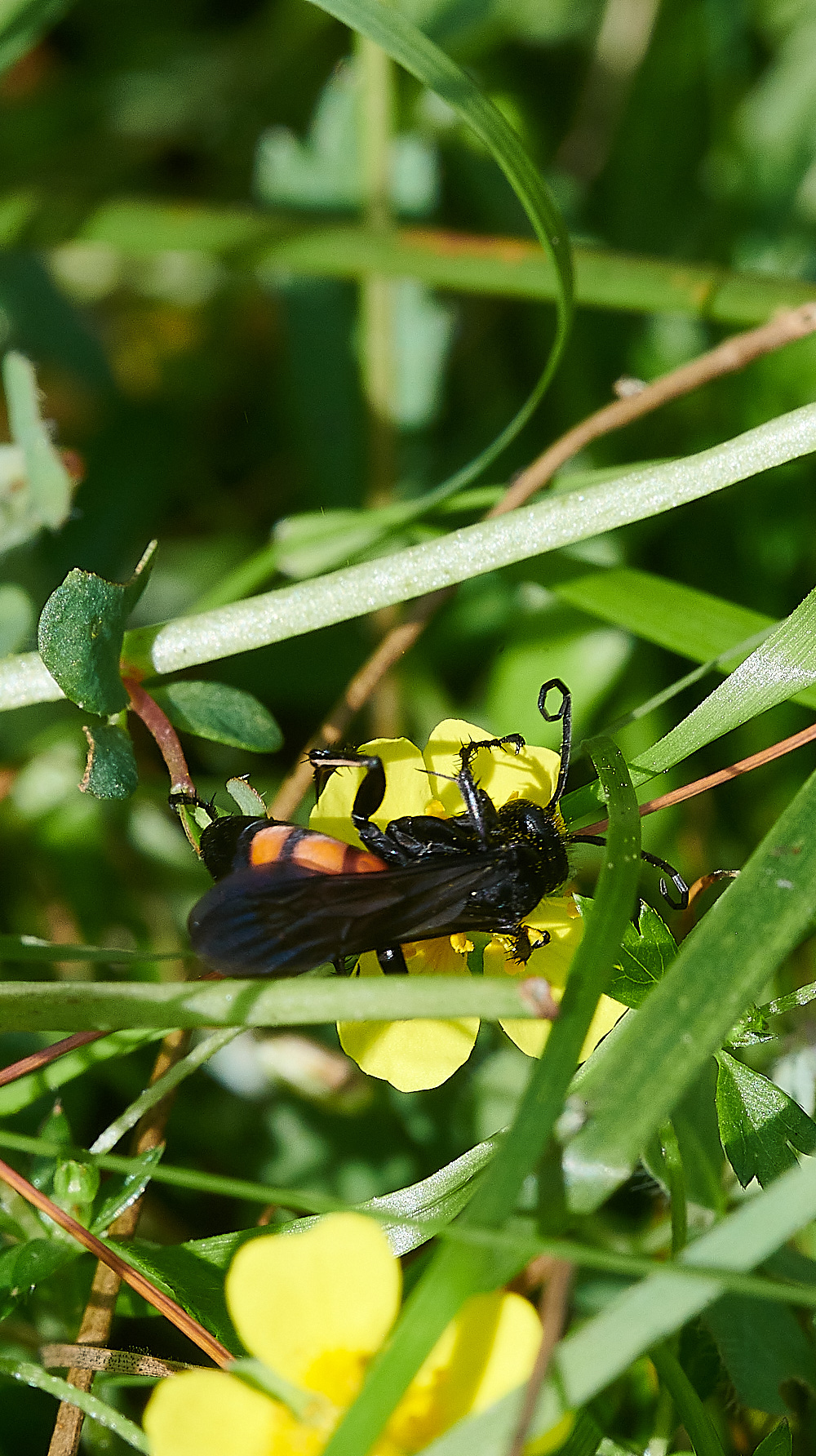
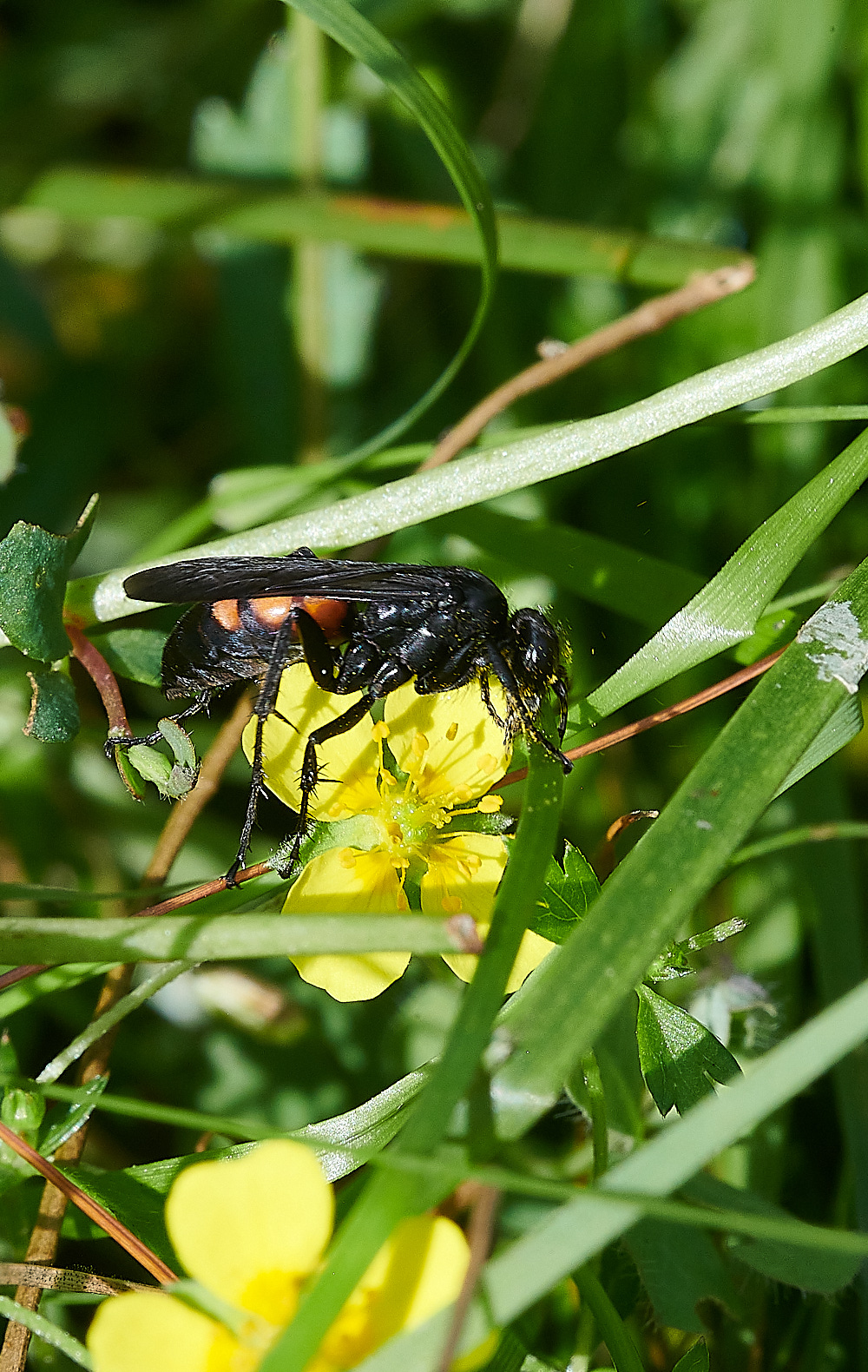
Black-banded Spider Wasp (Anoplius viaticus)
Houghen Plantation
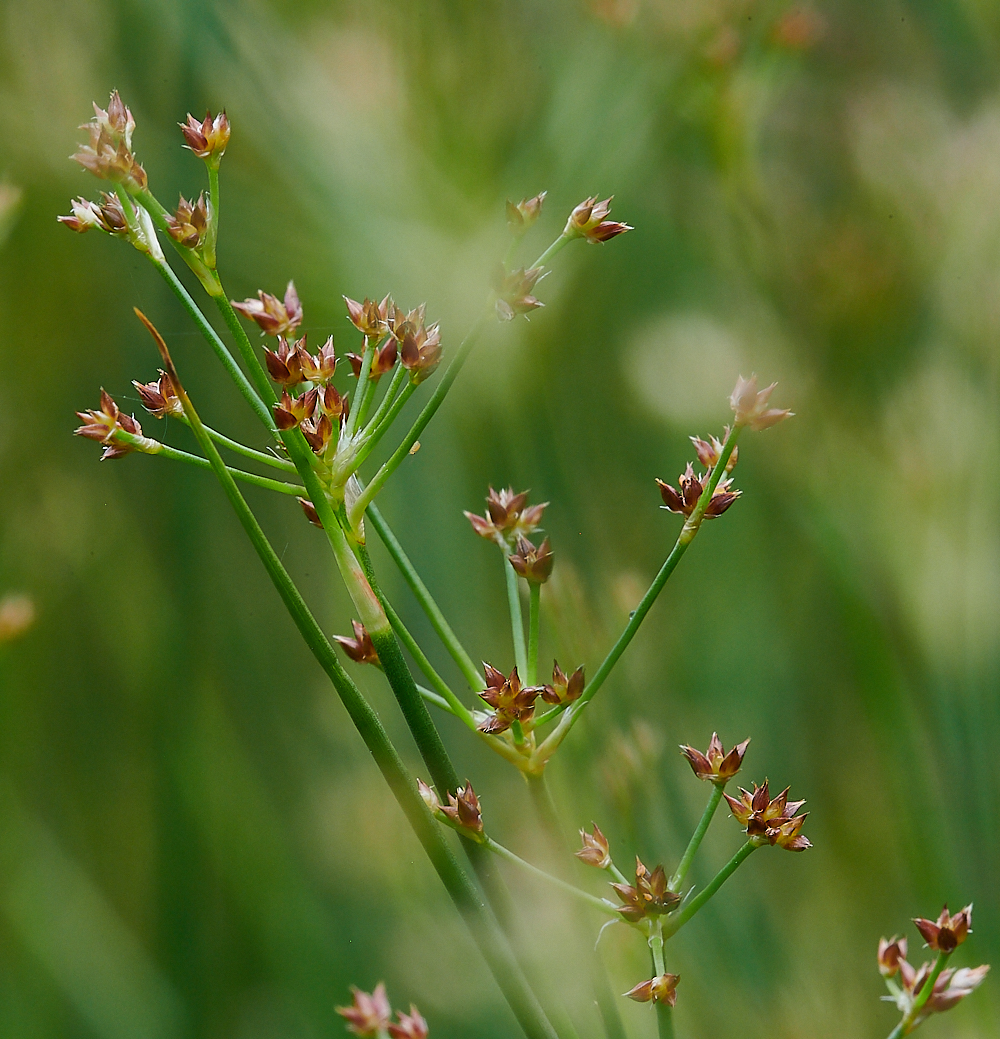
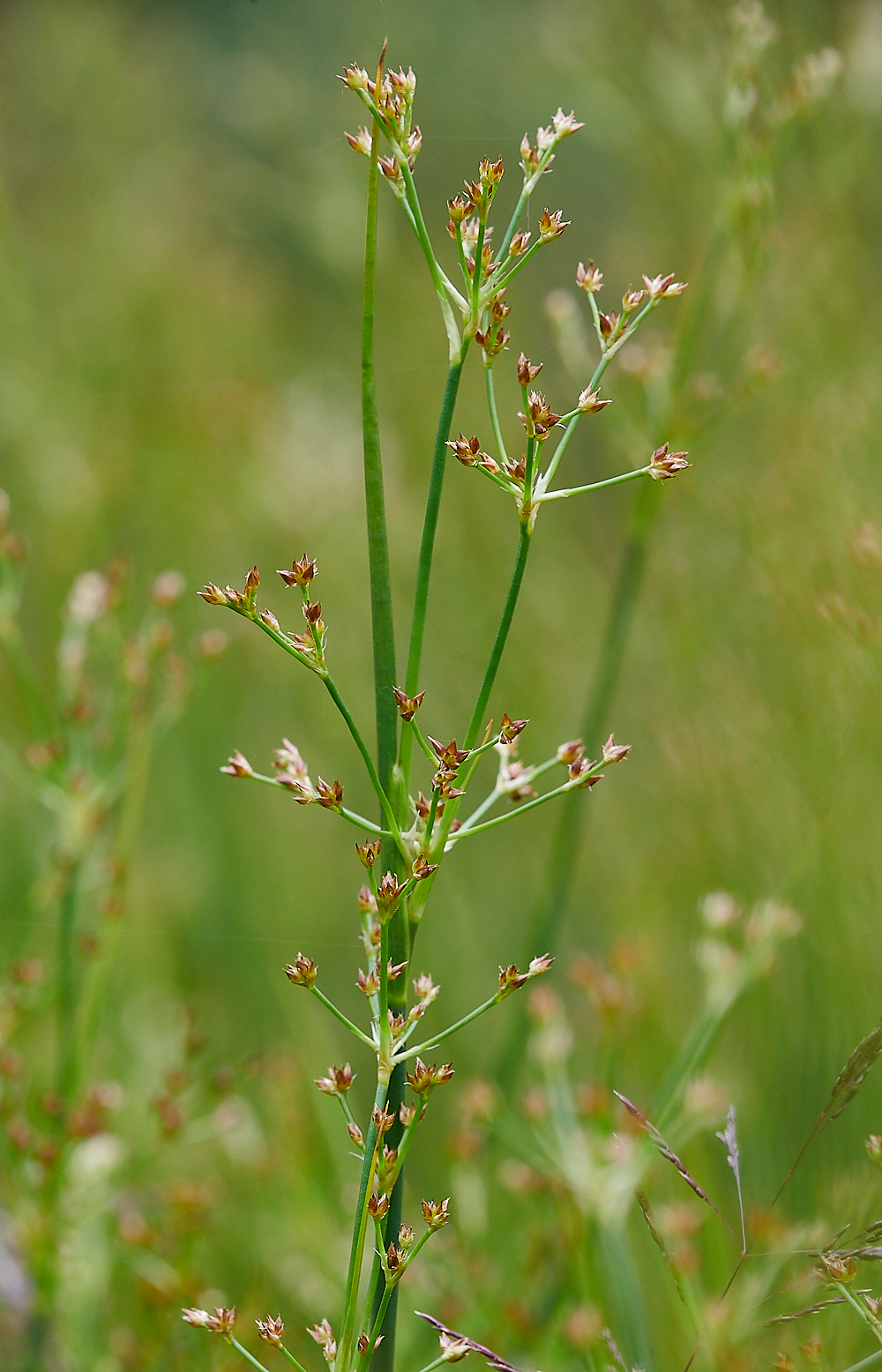
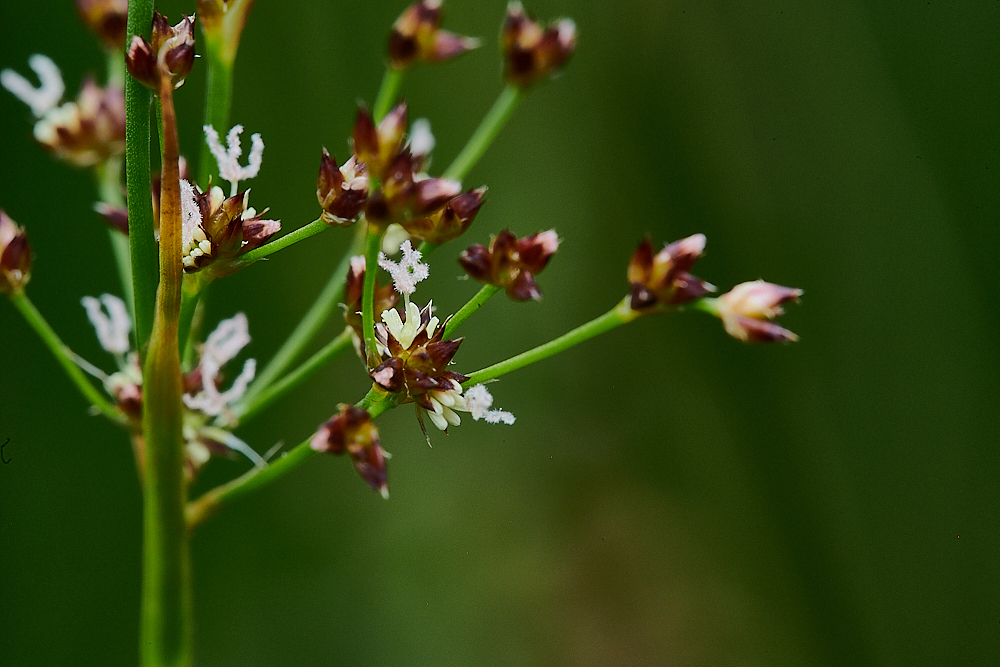
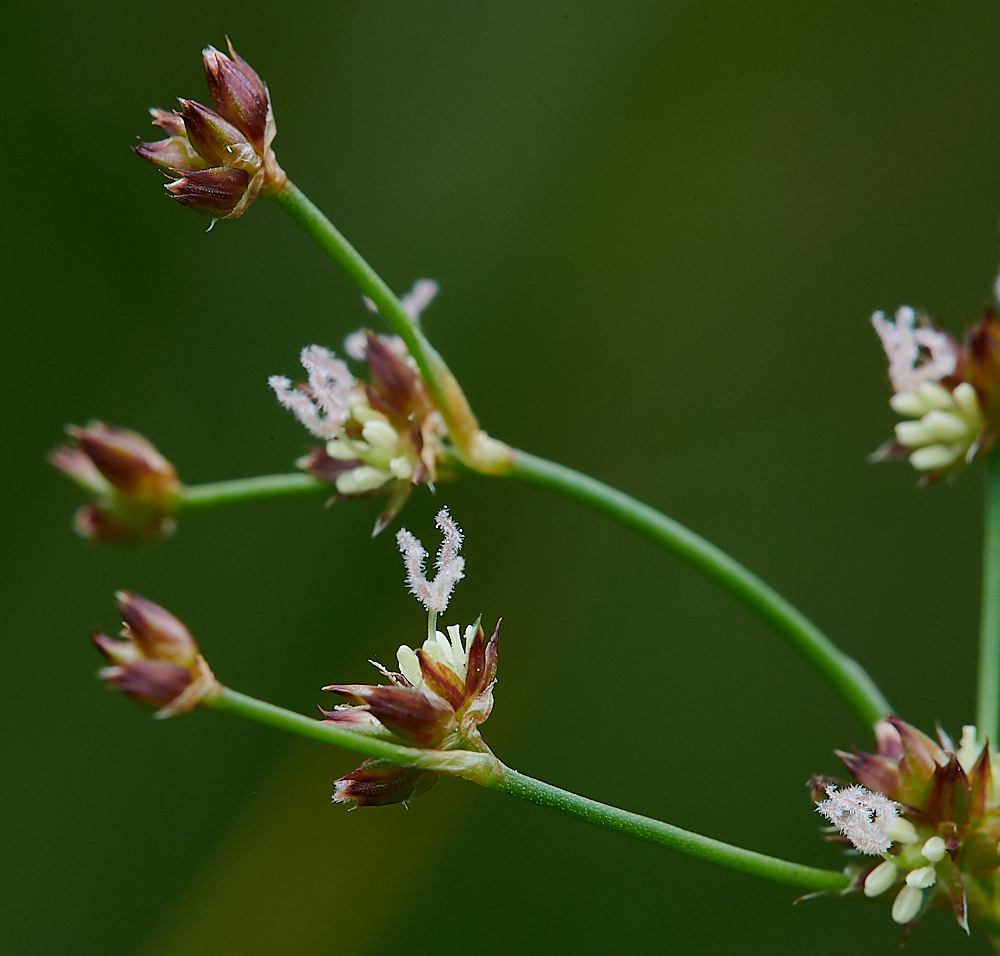
Sharp-flowered Rush (Juncus acutiflorus)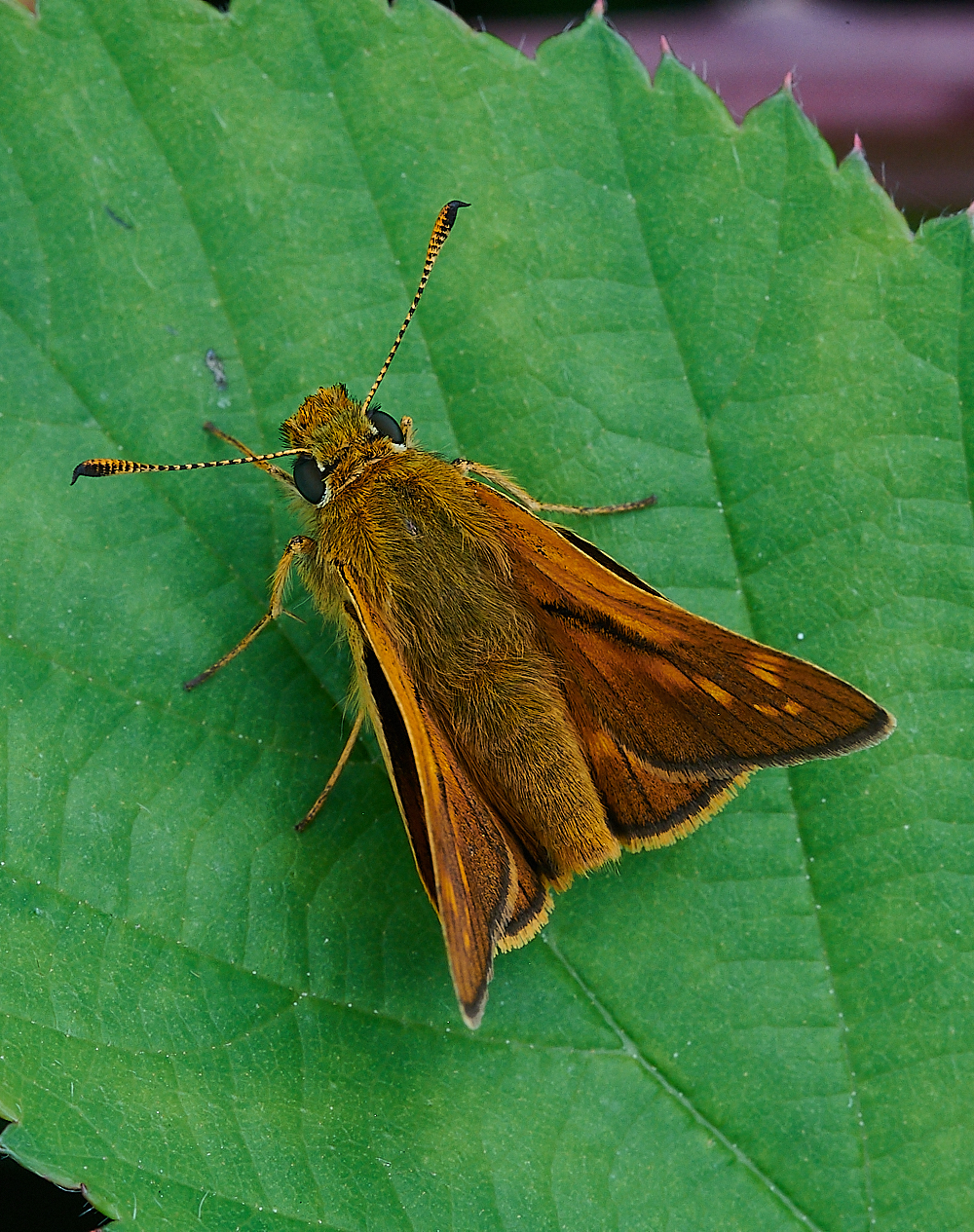
Large Skipper (Ochlodes sylvanus)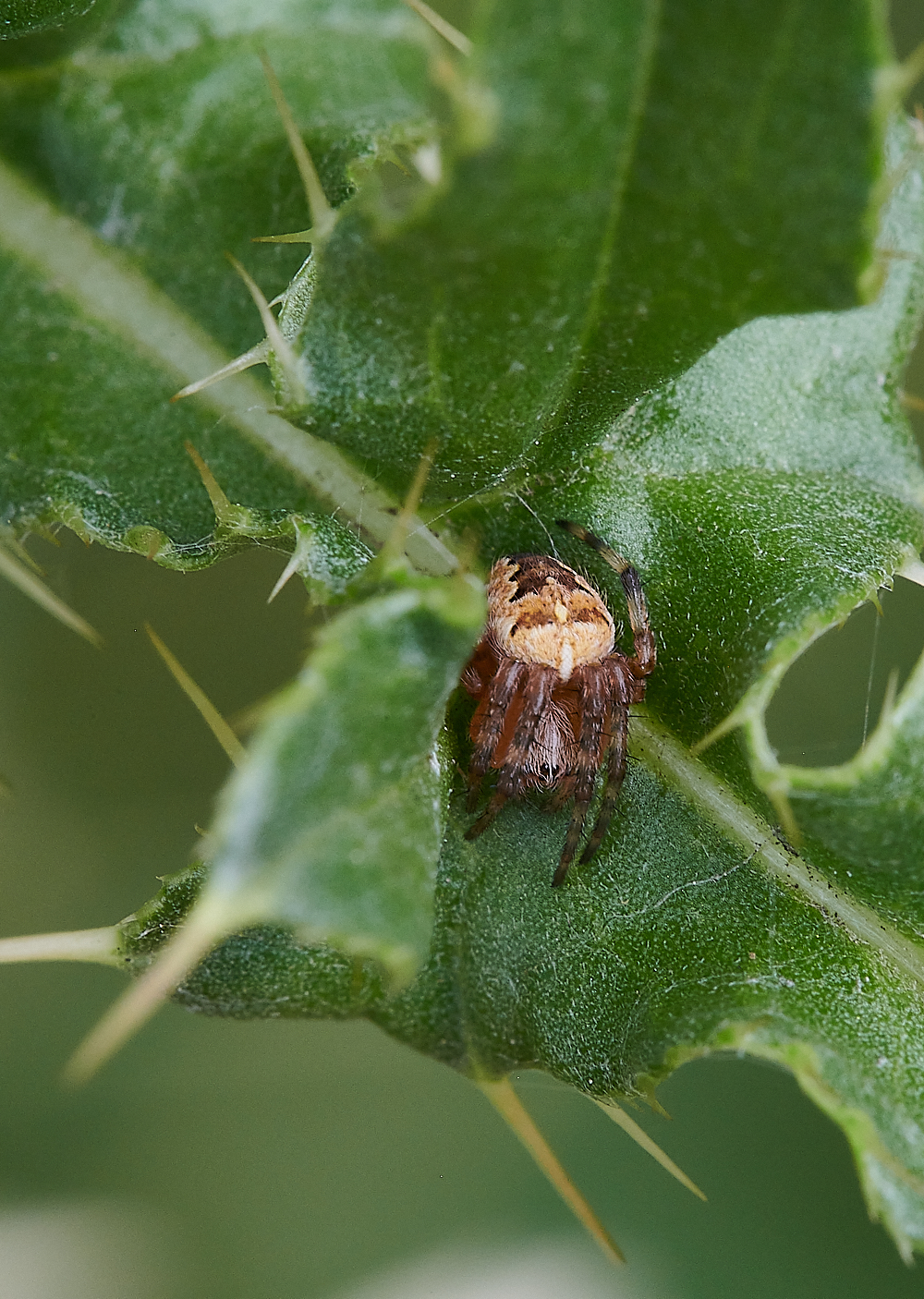
Spider Sp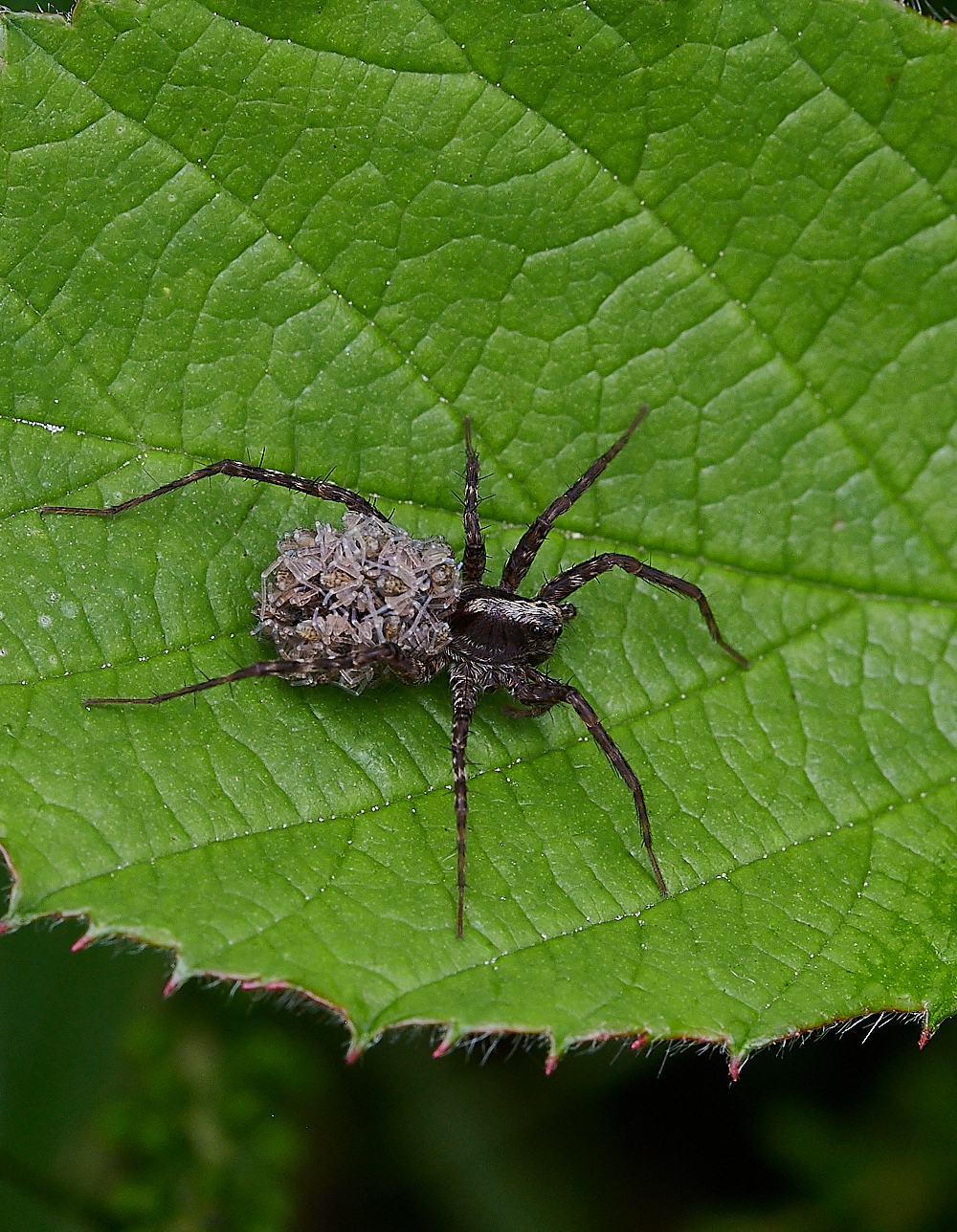
Spider Sp carrying young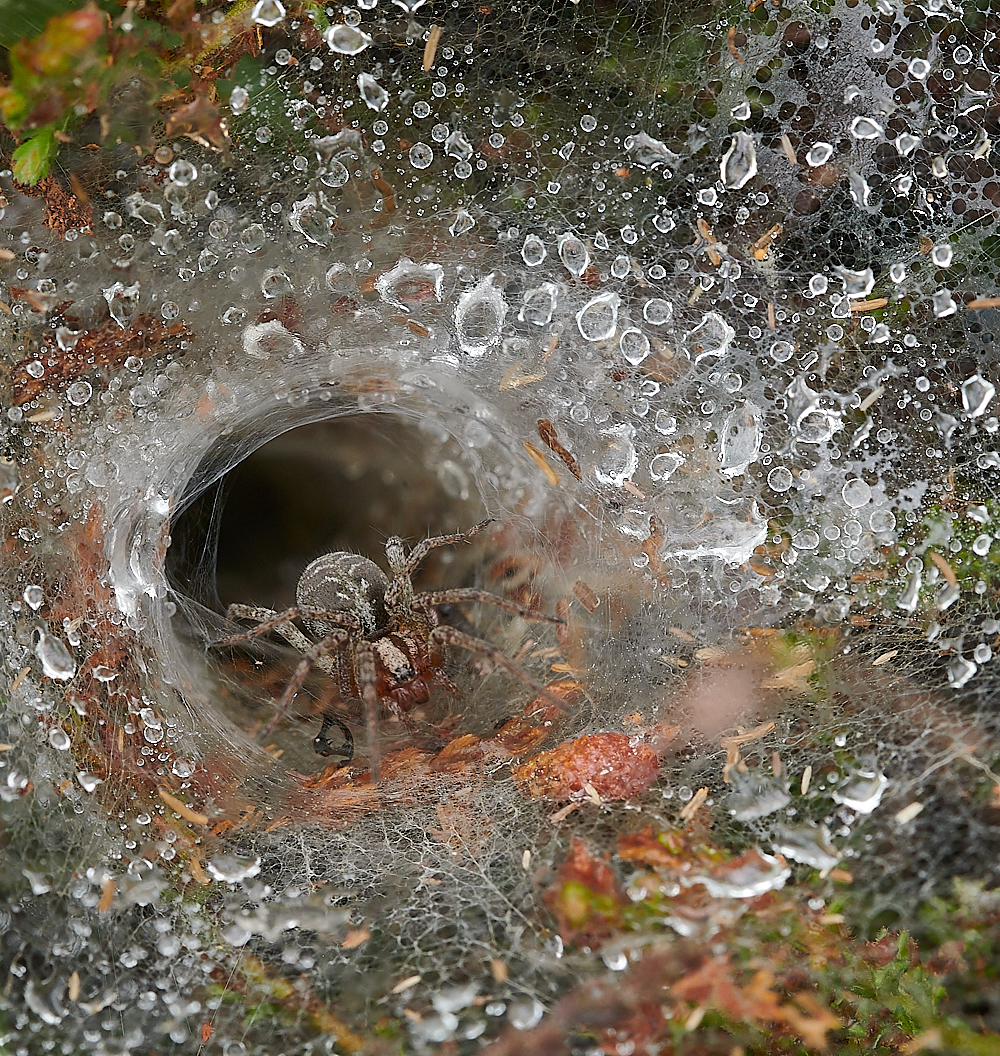
Spider Sp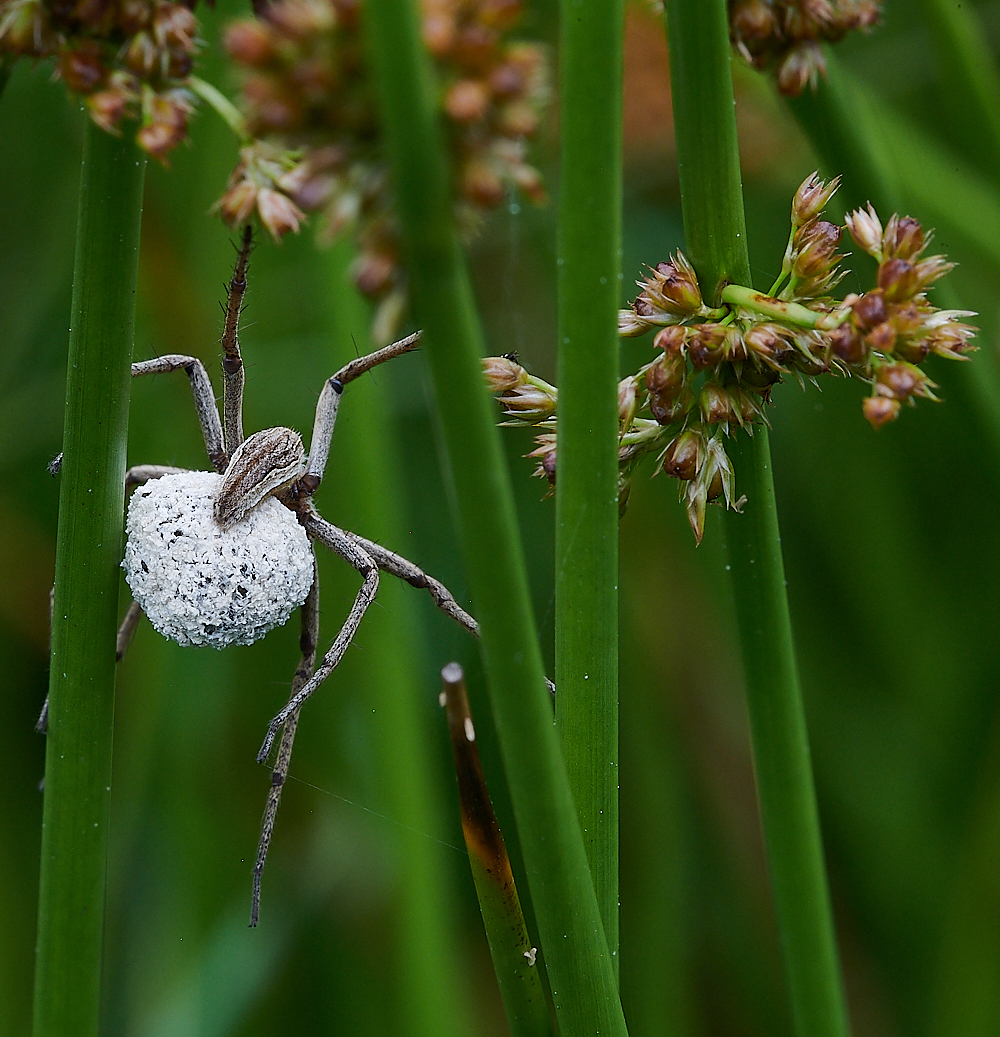
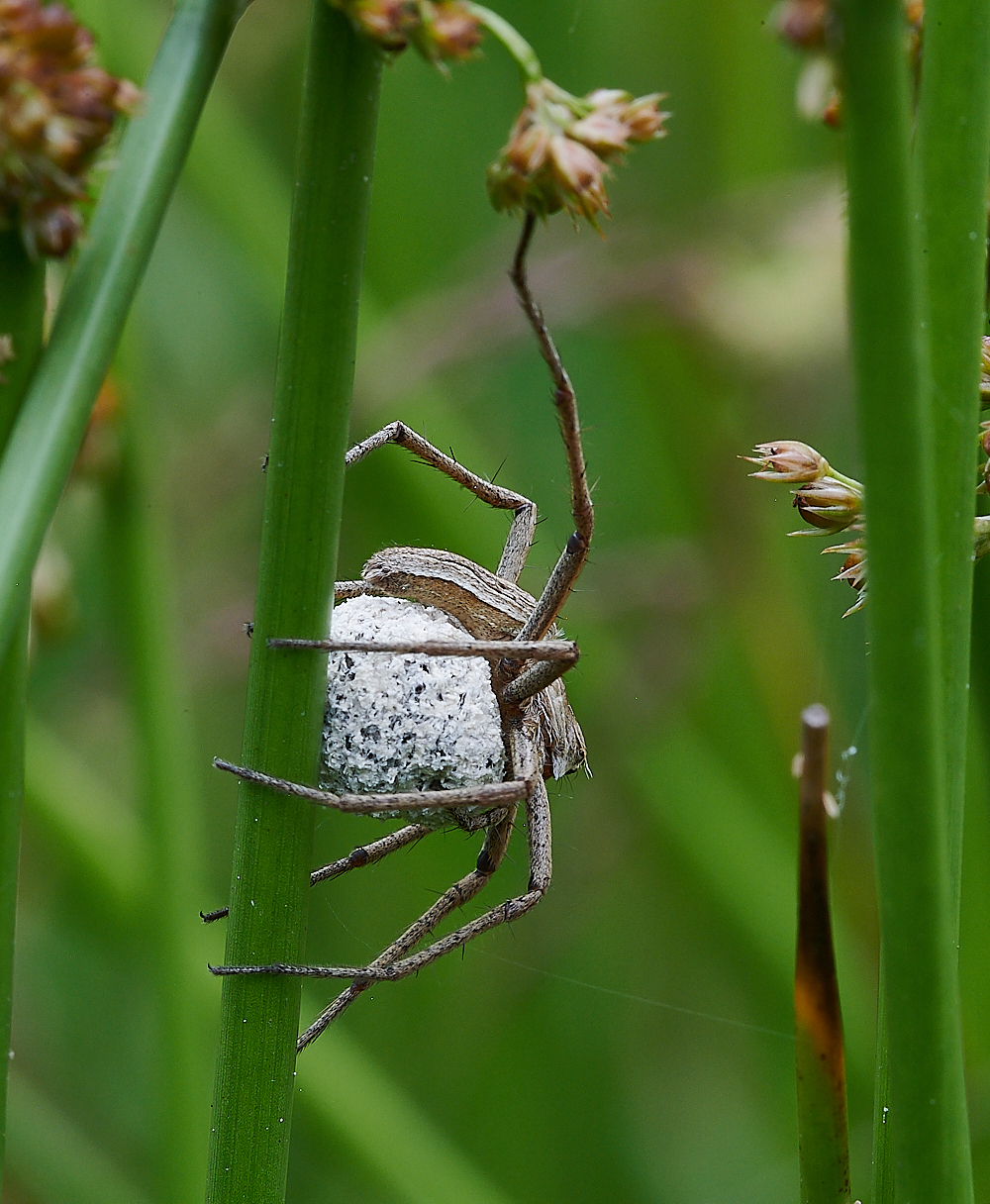
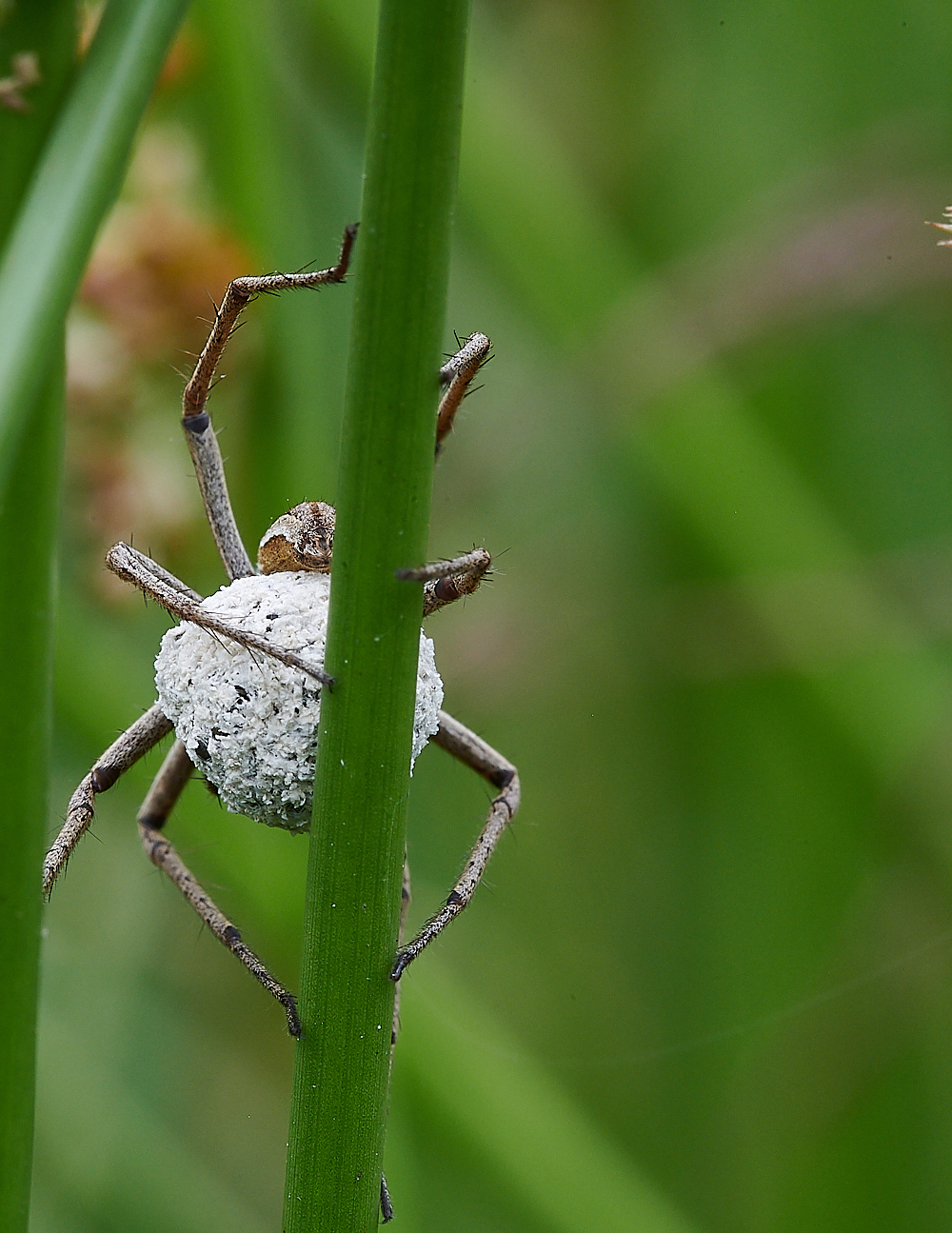
Spider Sp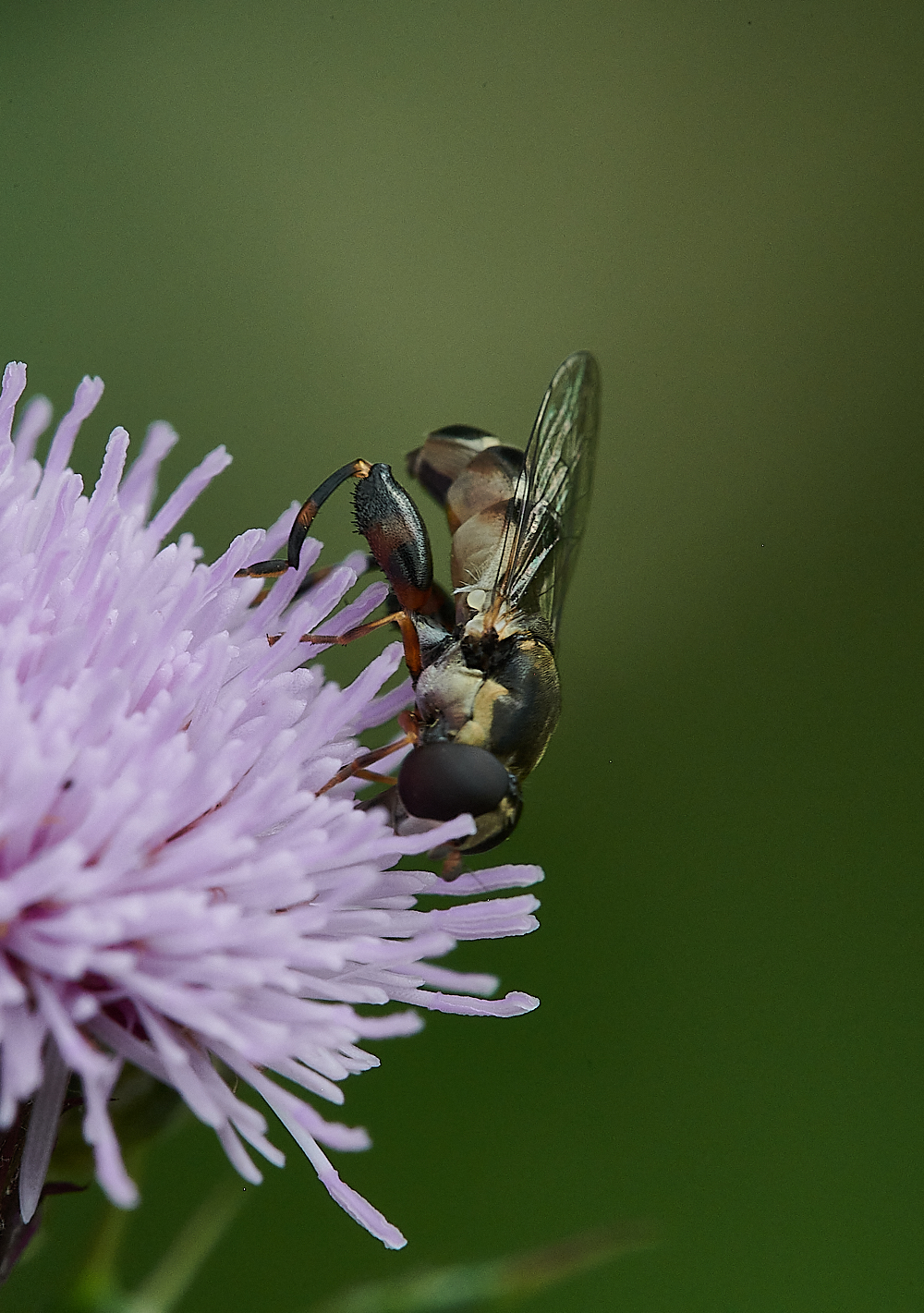
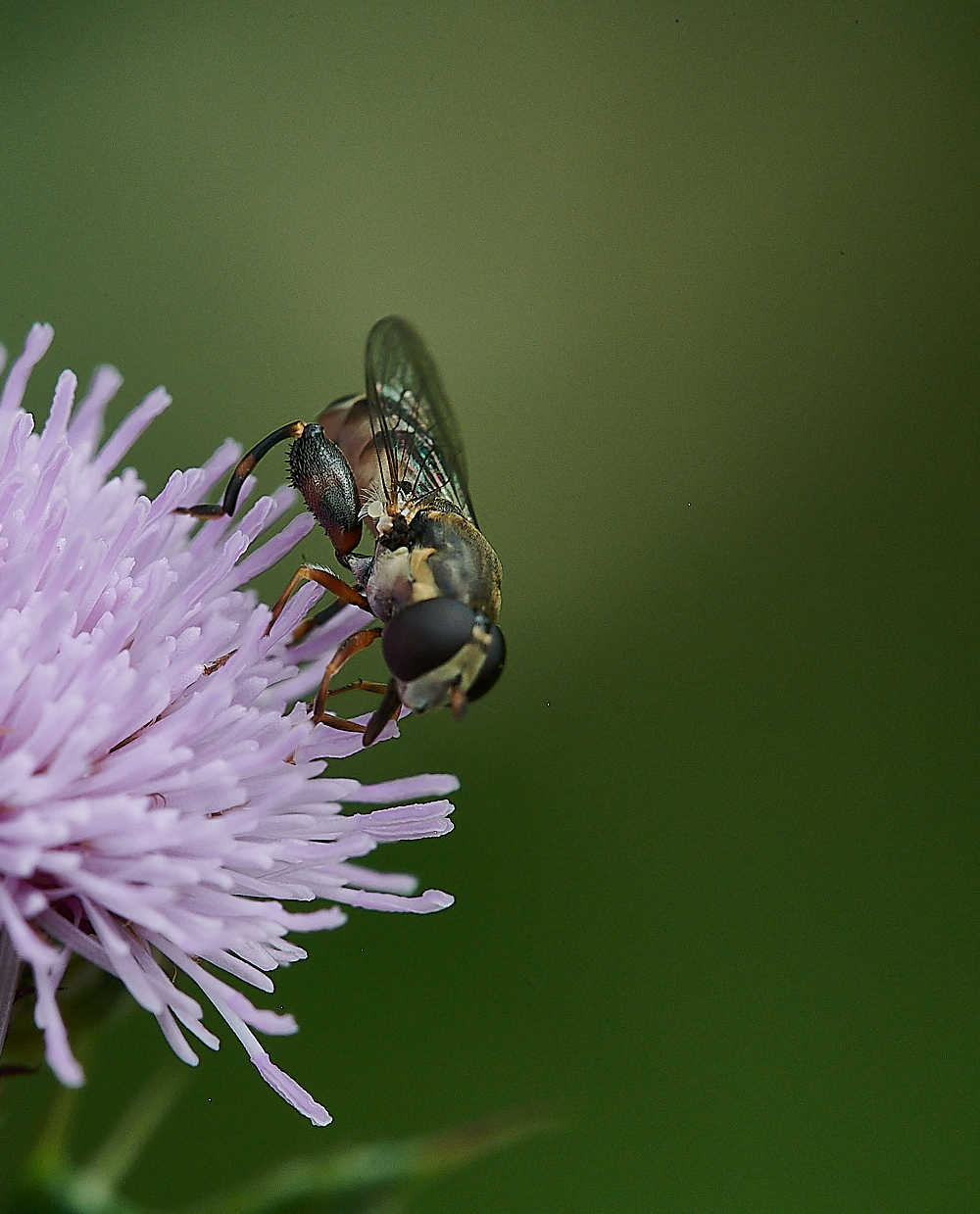
Syritta pipiens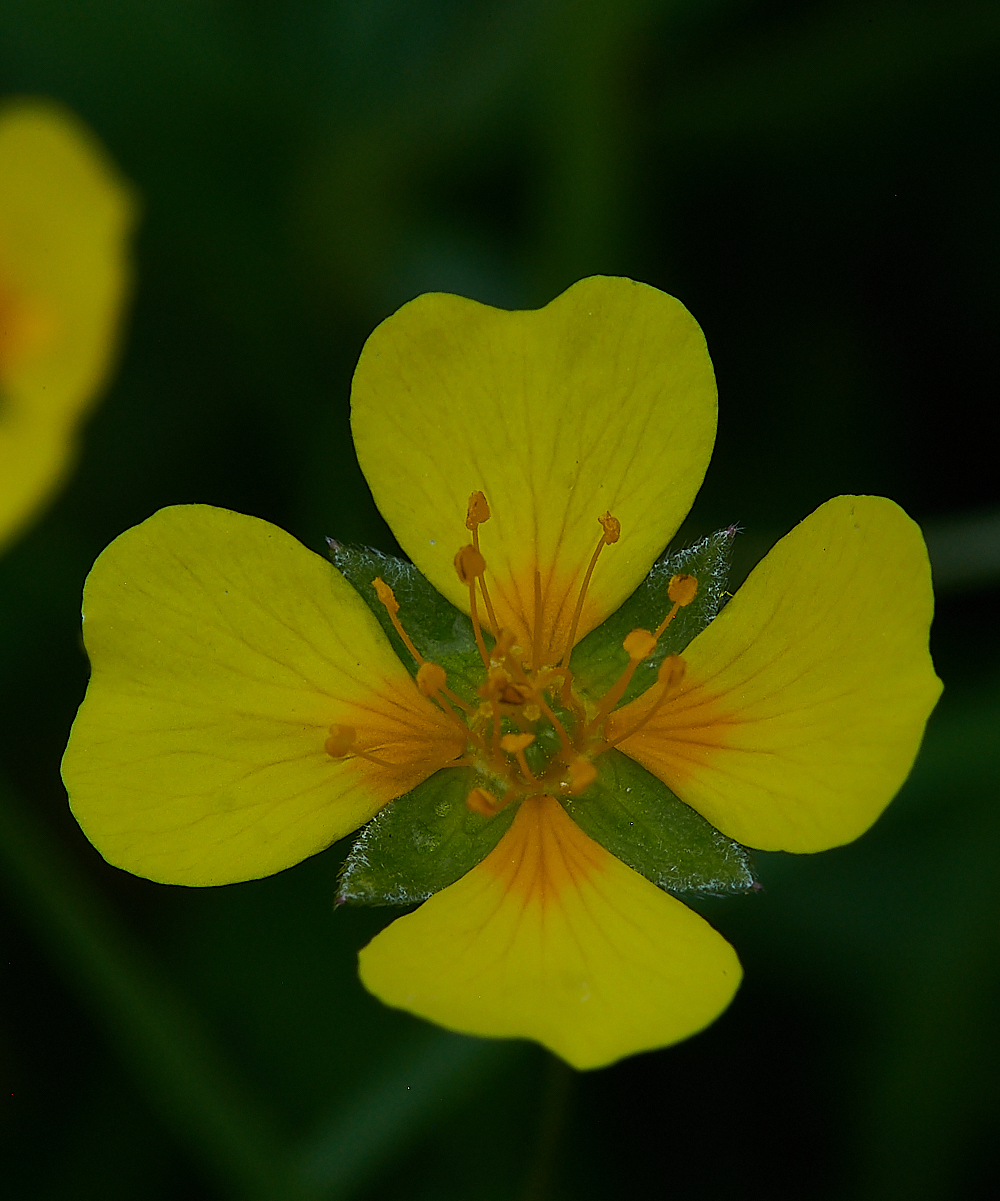
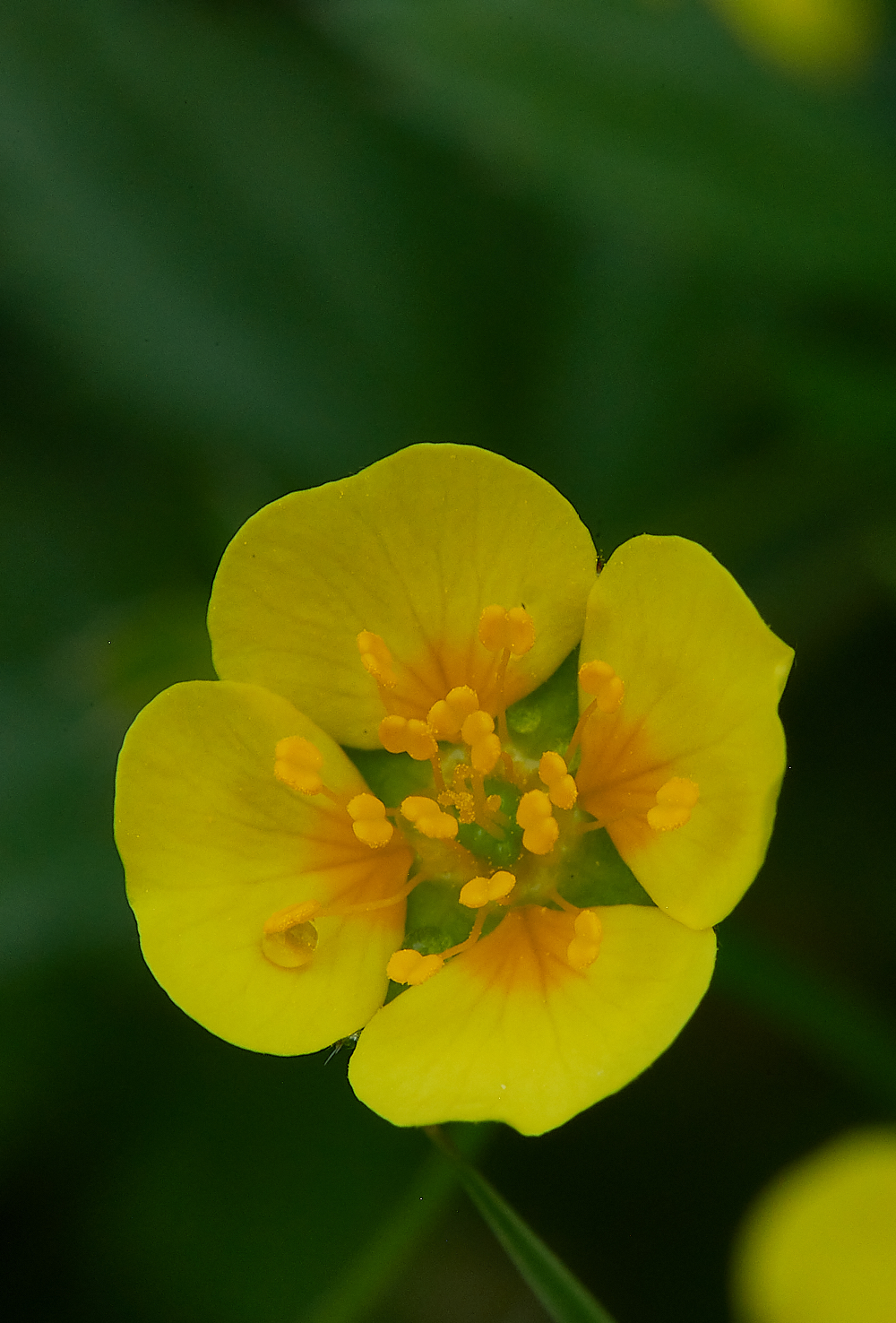
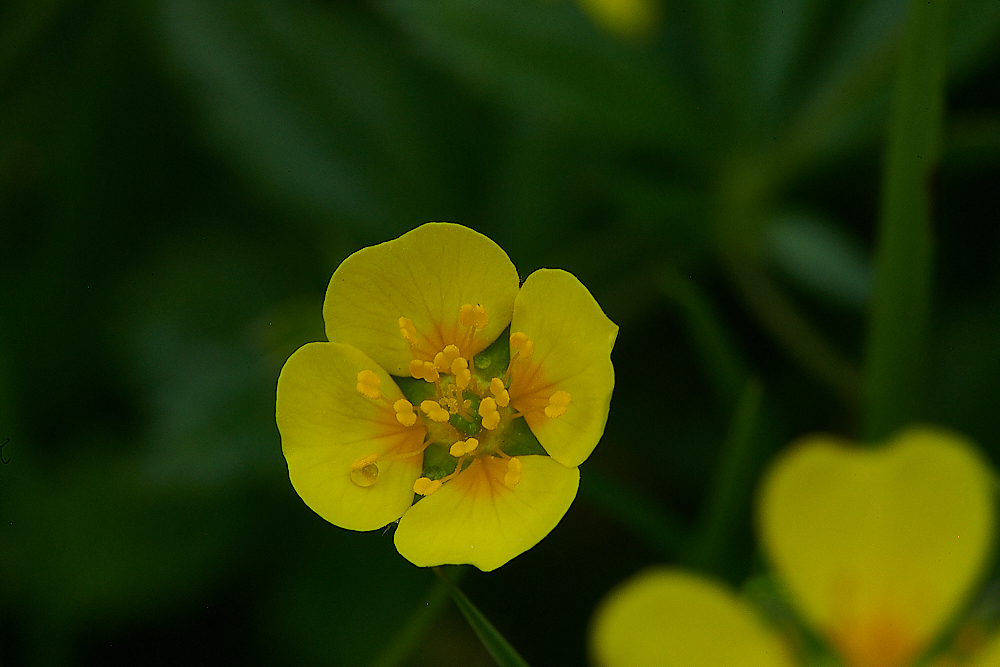
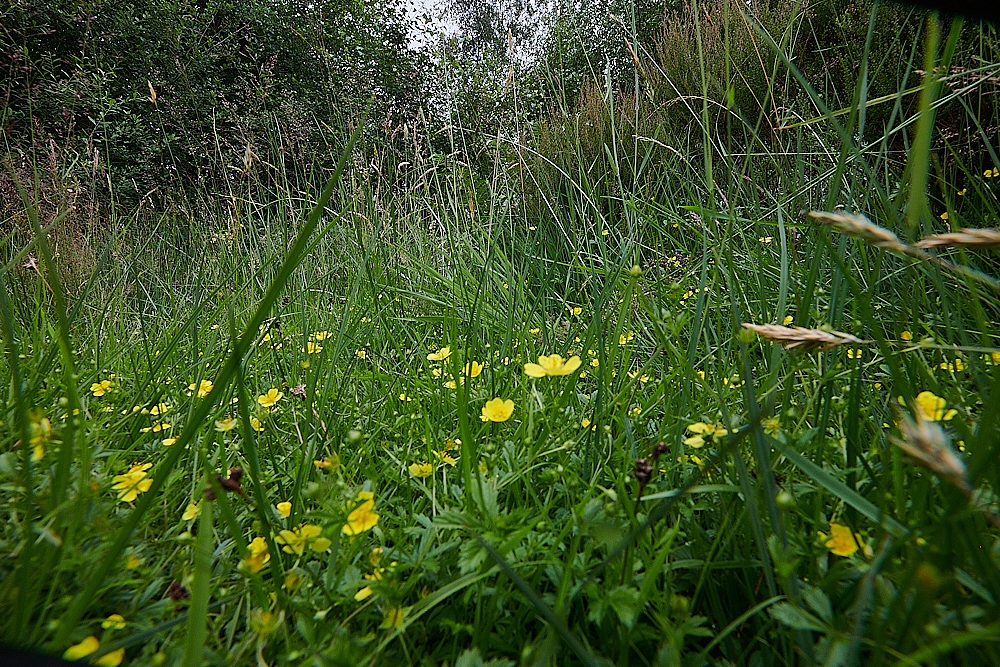
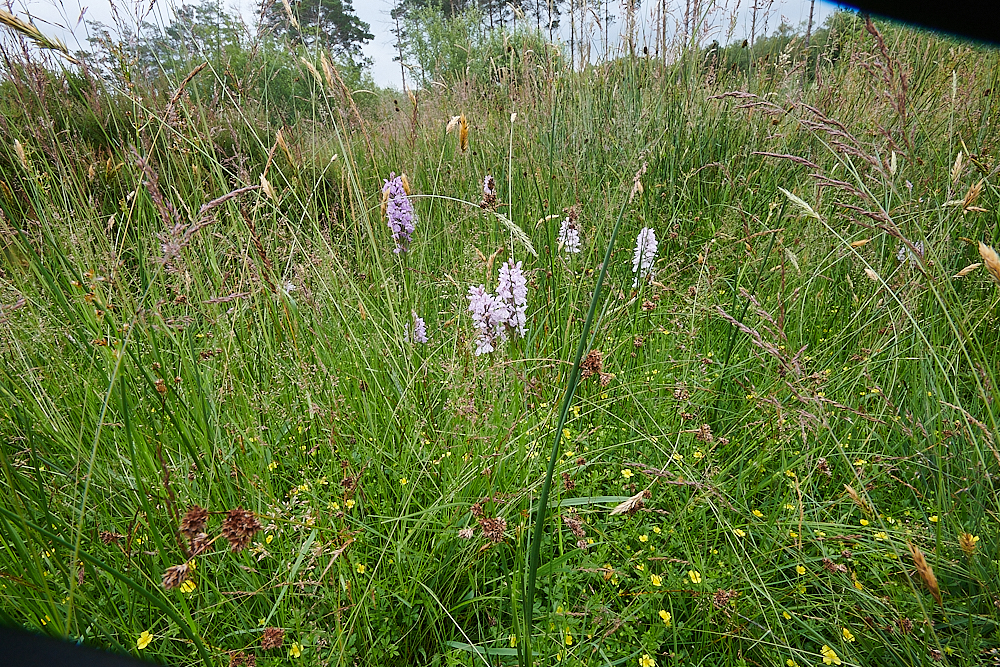
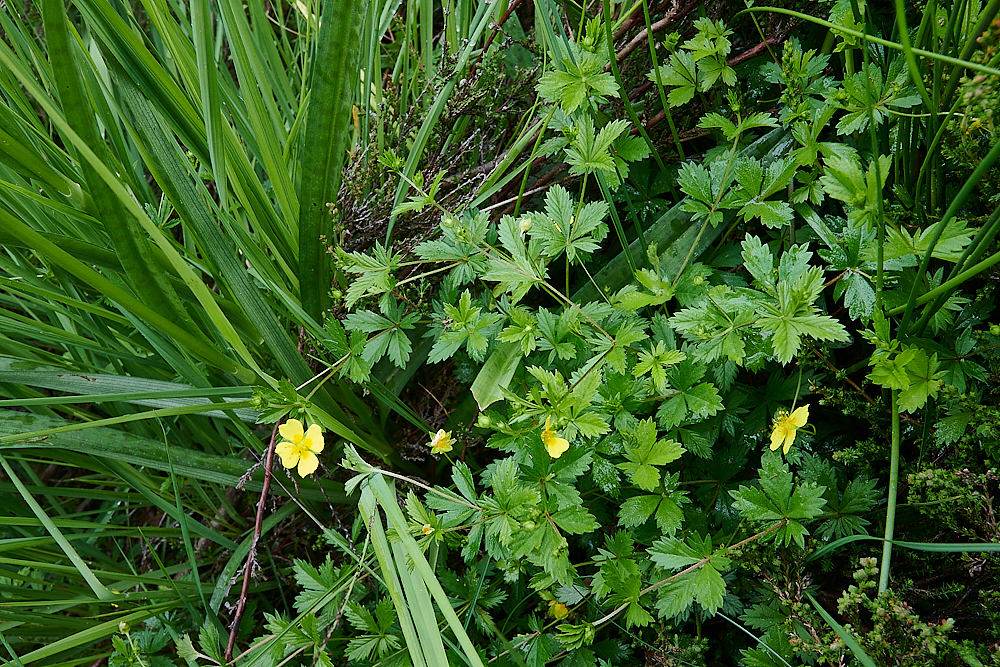
Tormentil (Potentila erecta)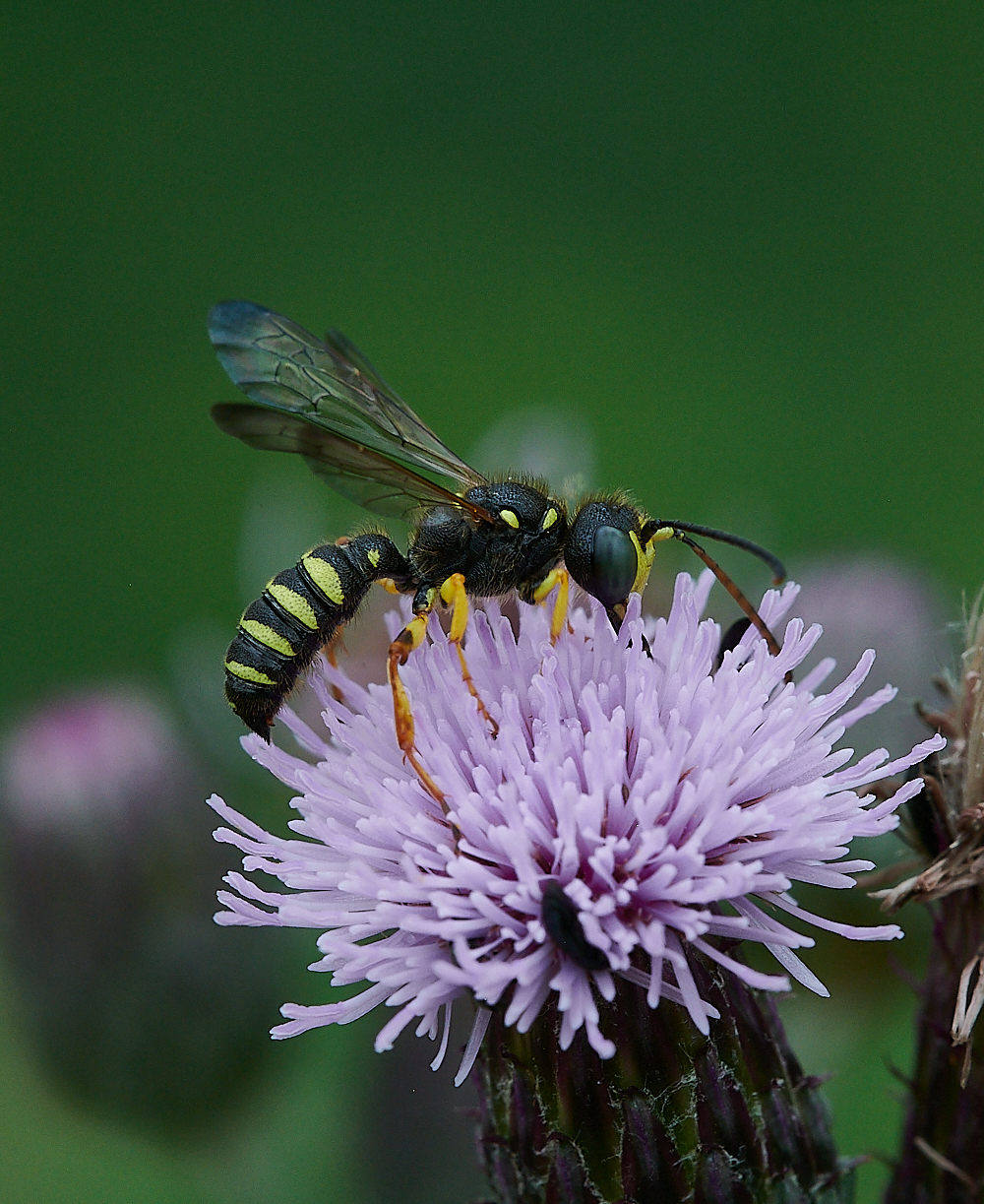
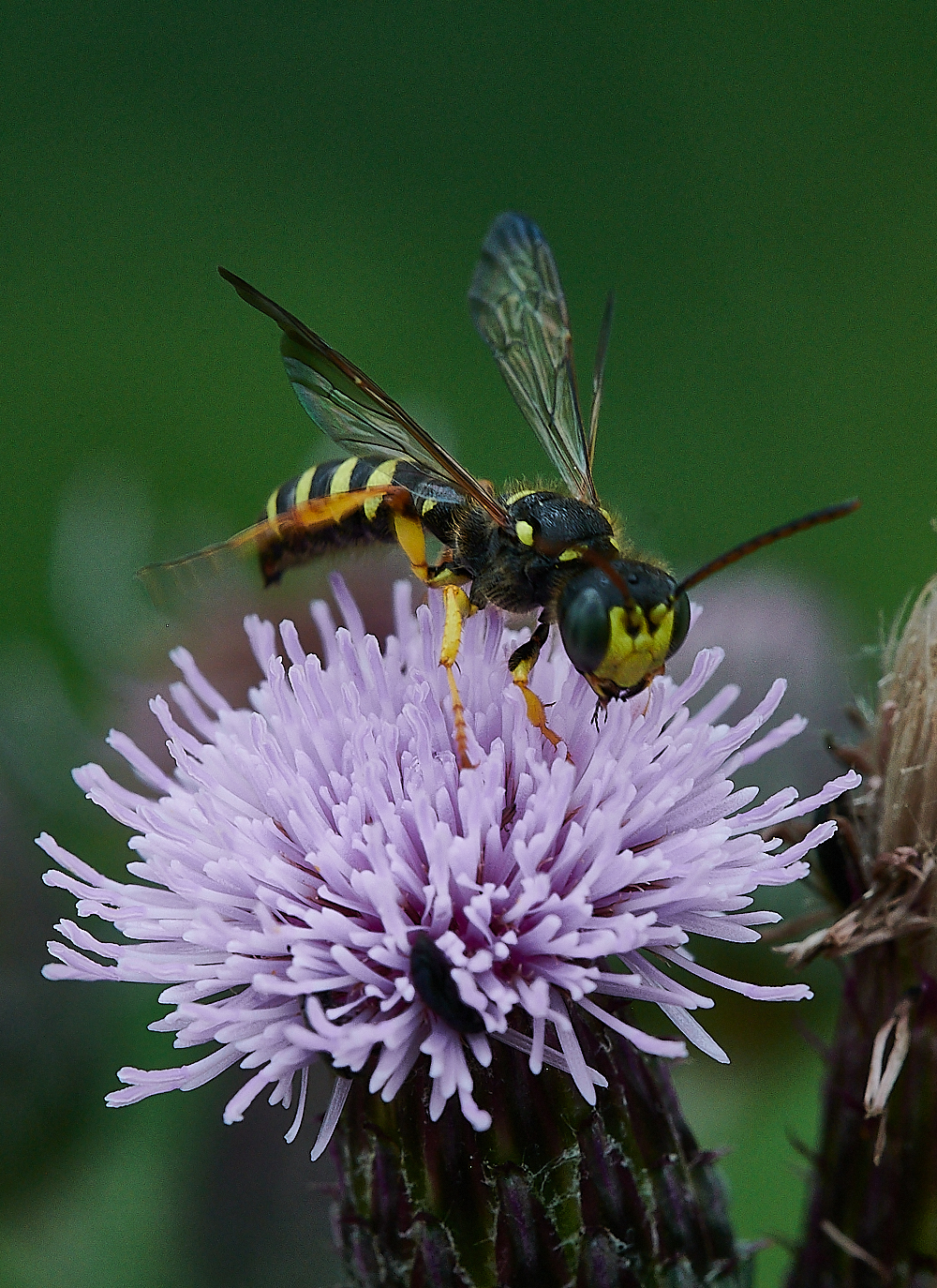
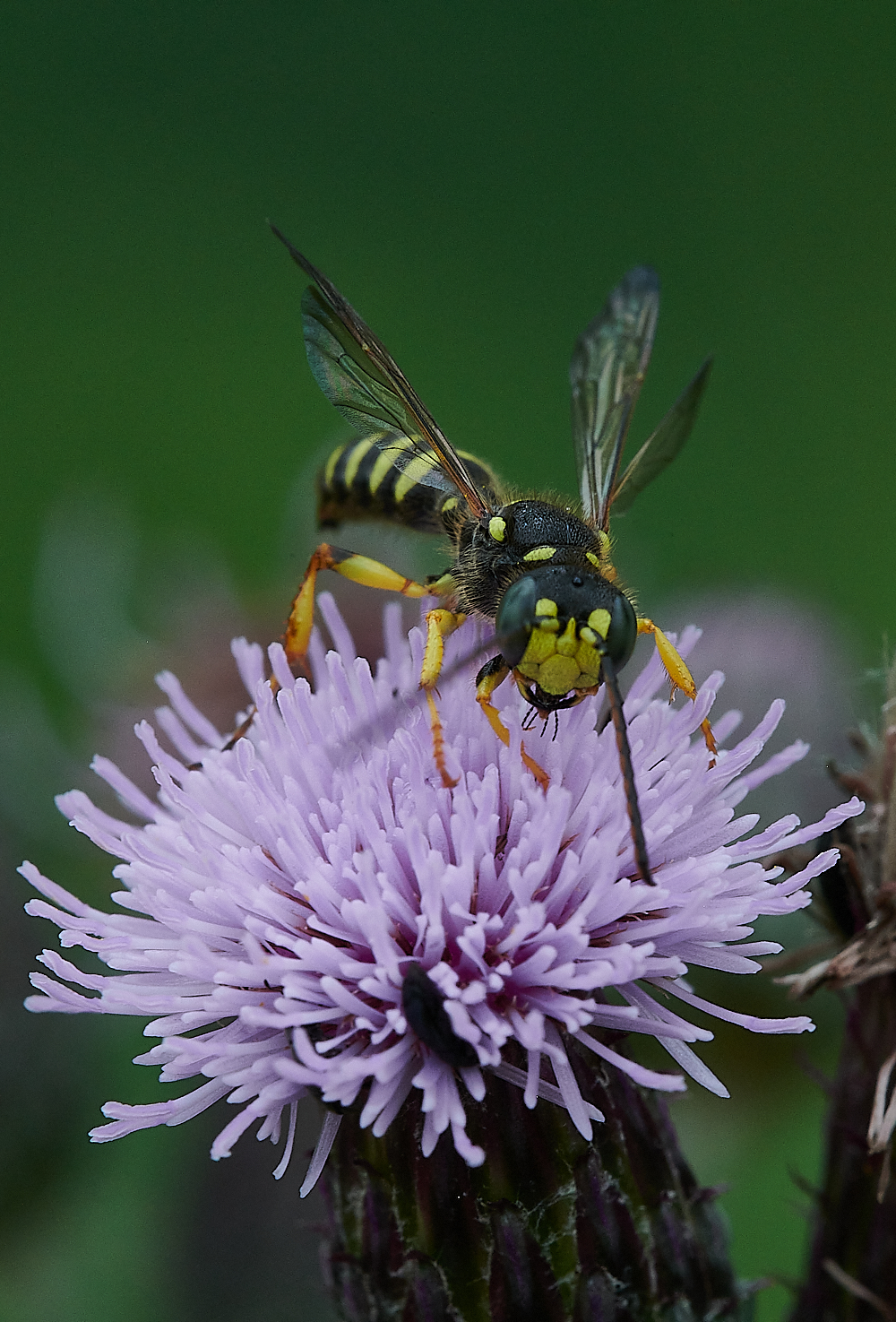
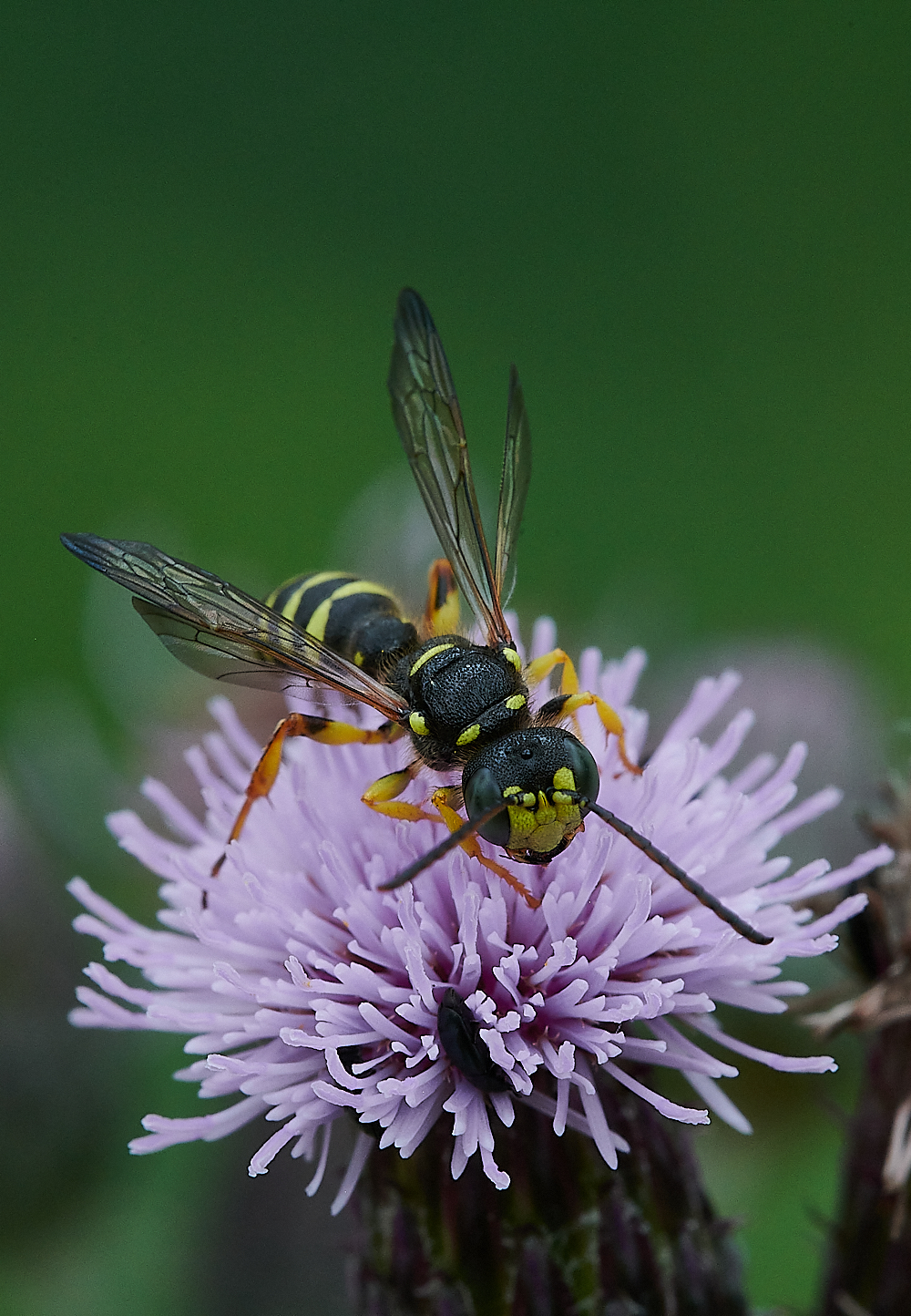
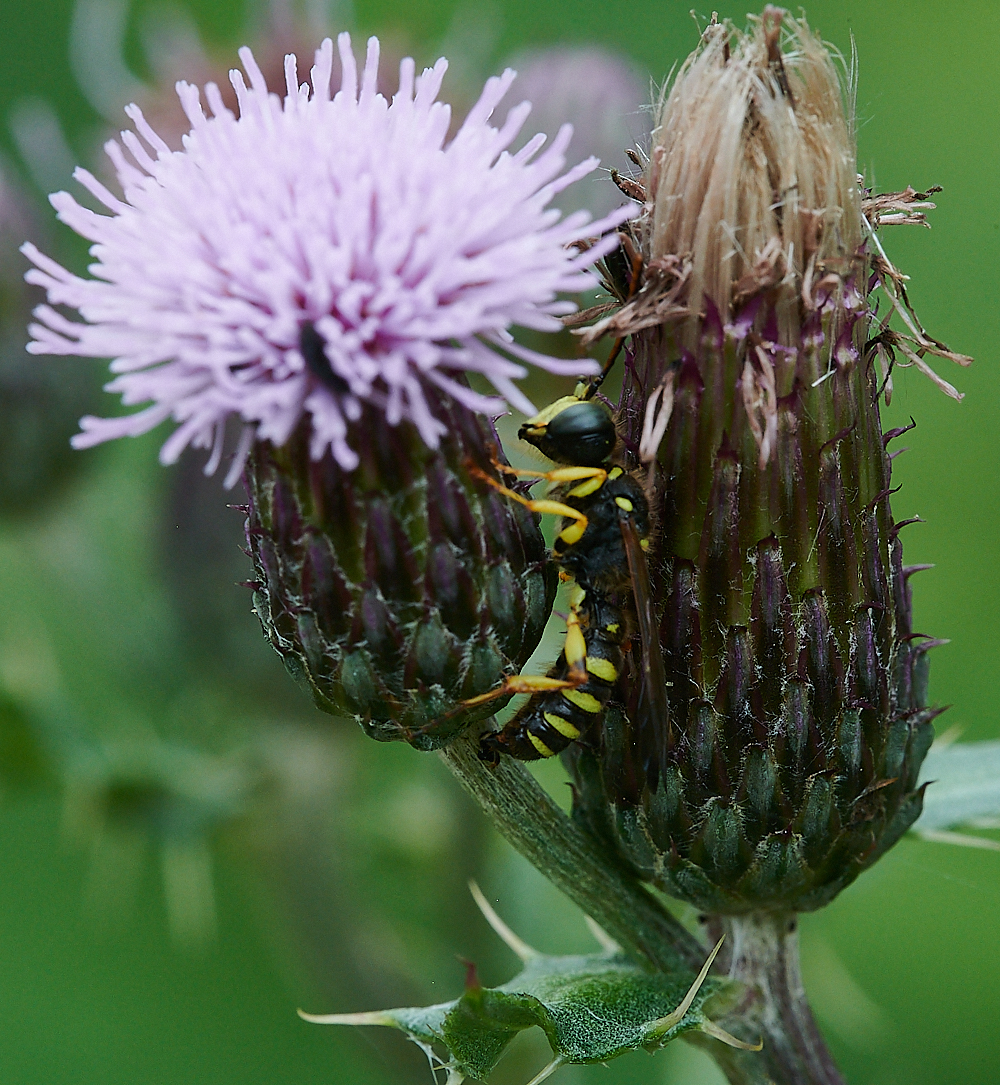
Cerceris ruficormis ♂︎ perhaps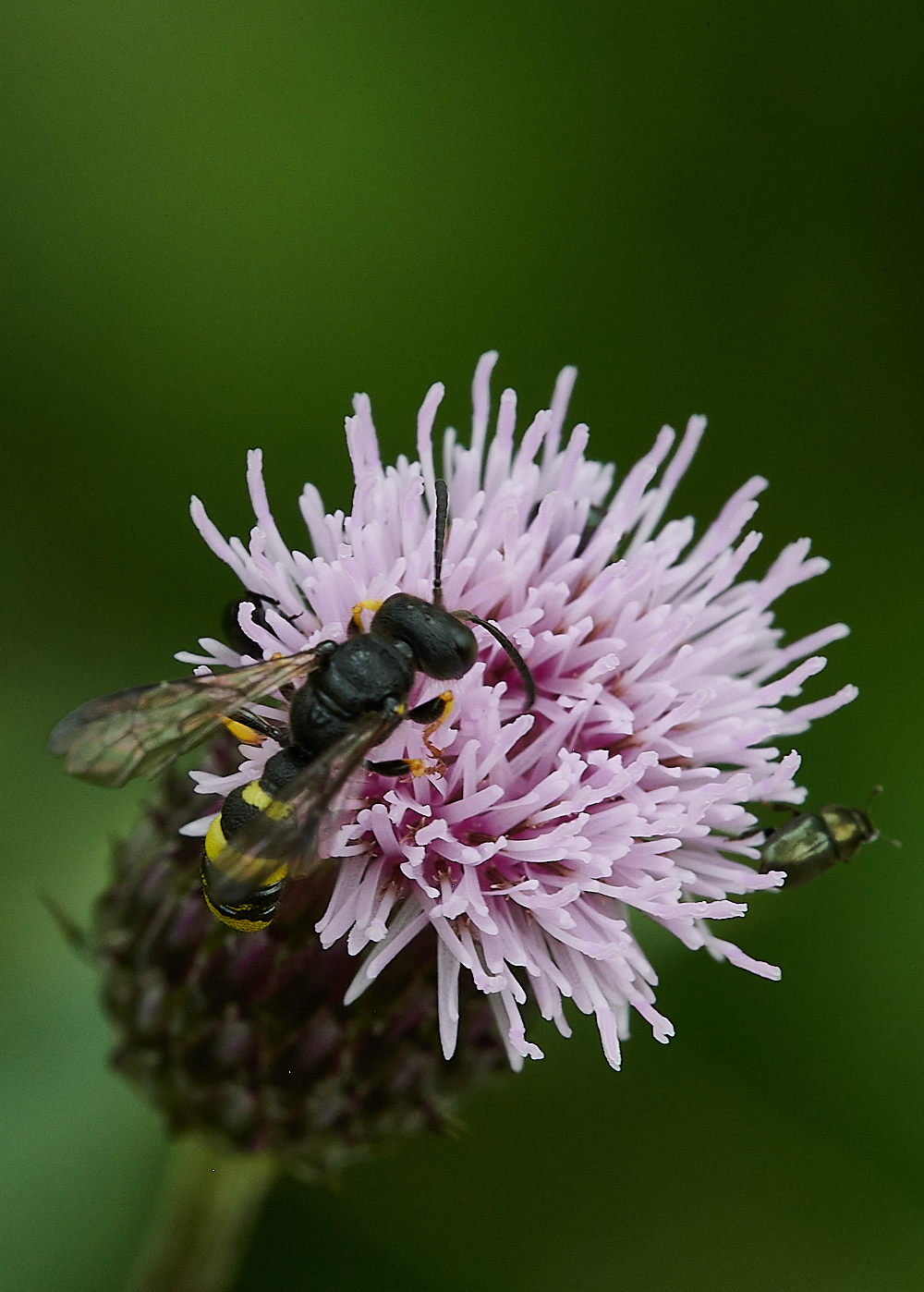
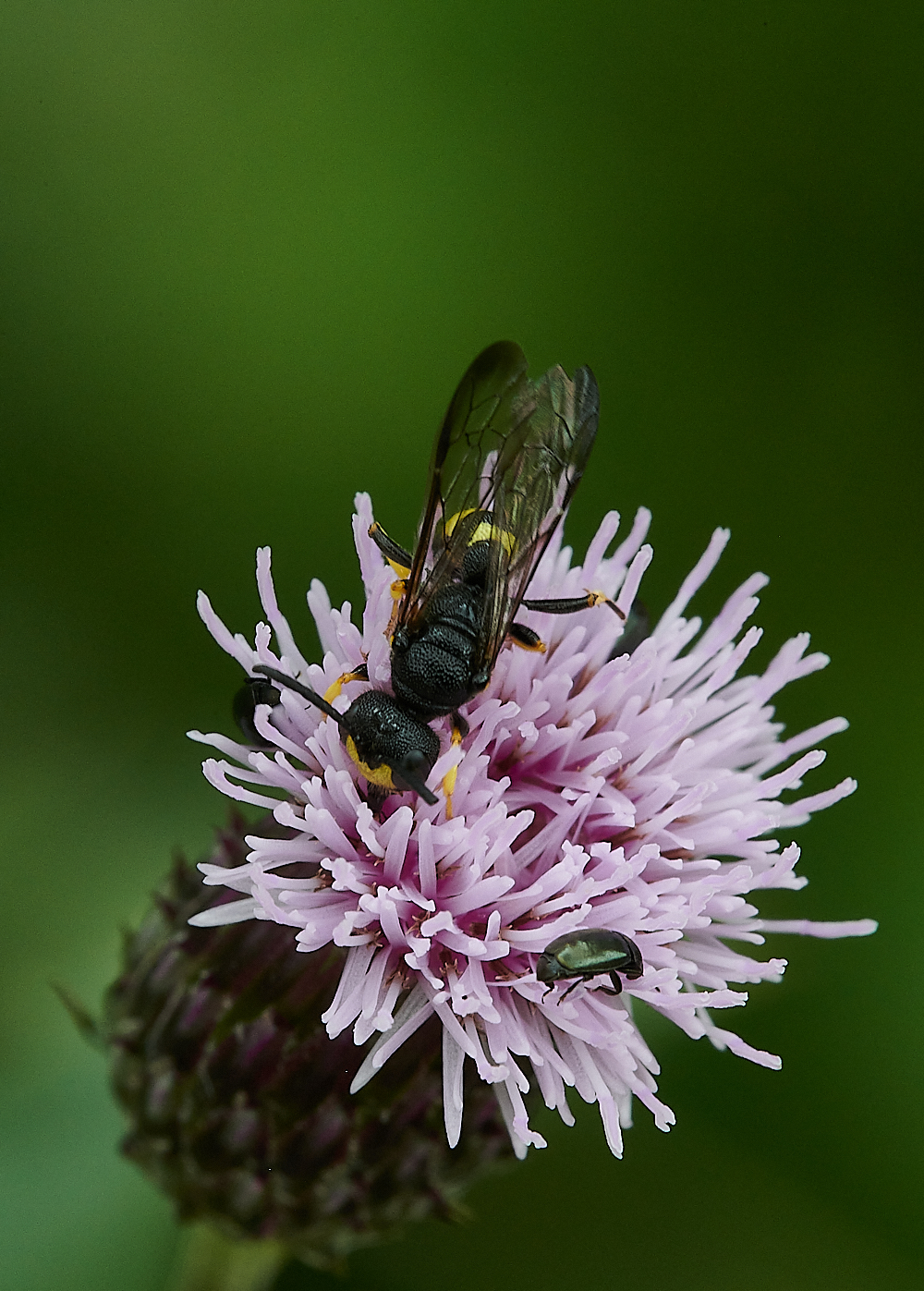
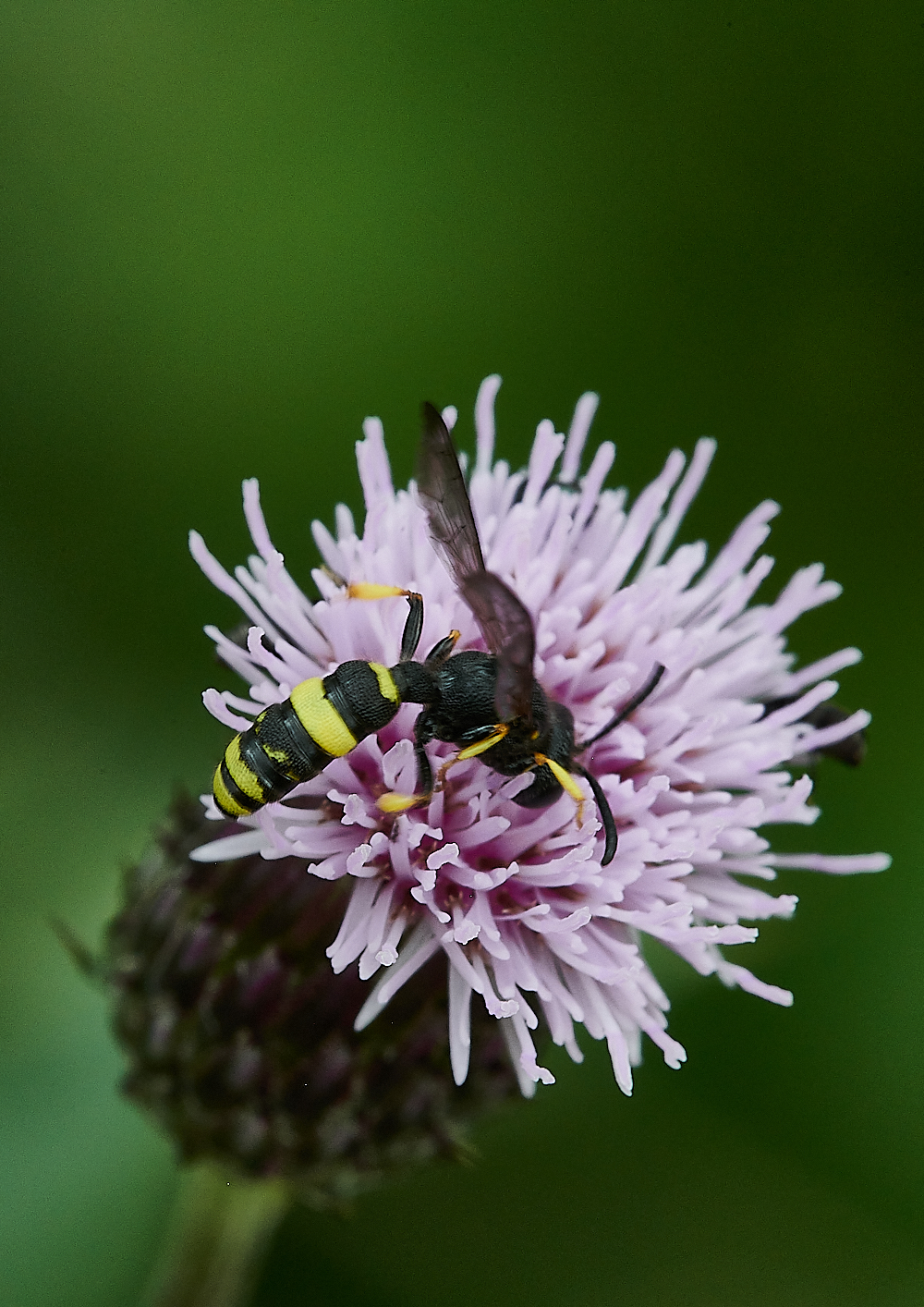
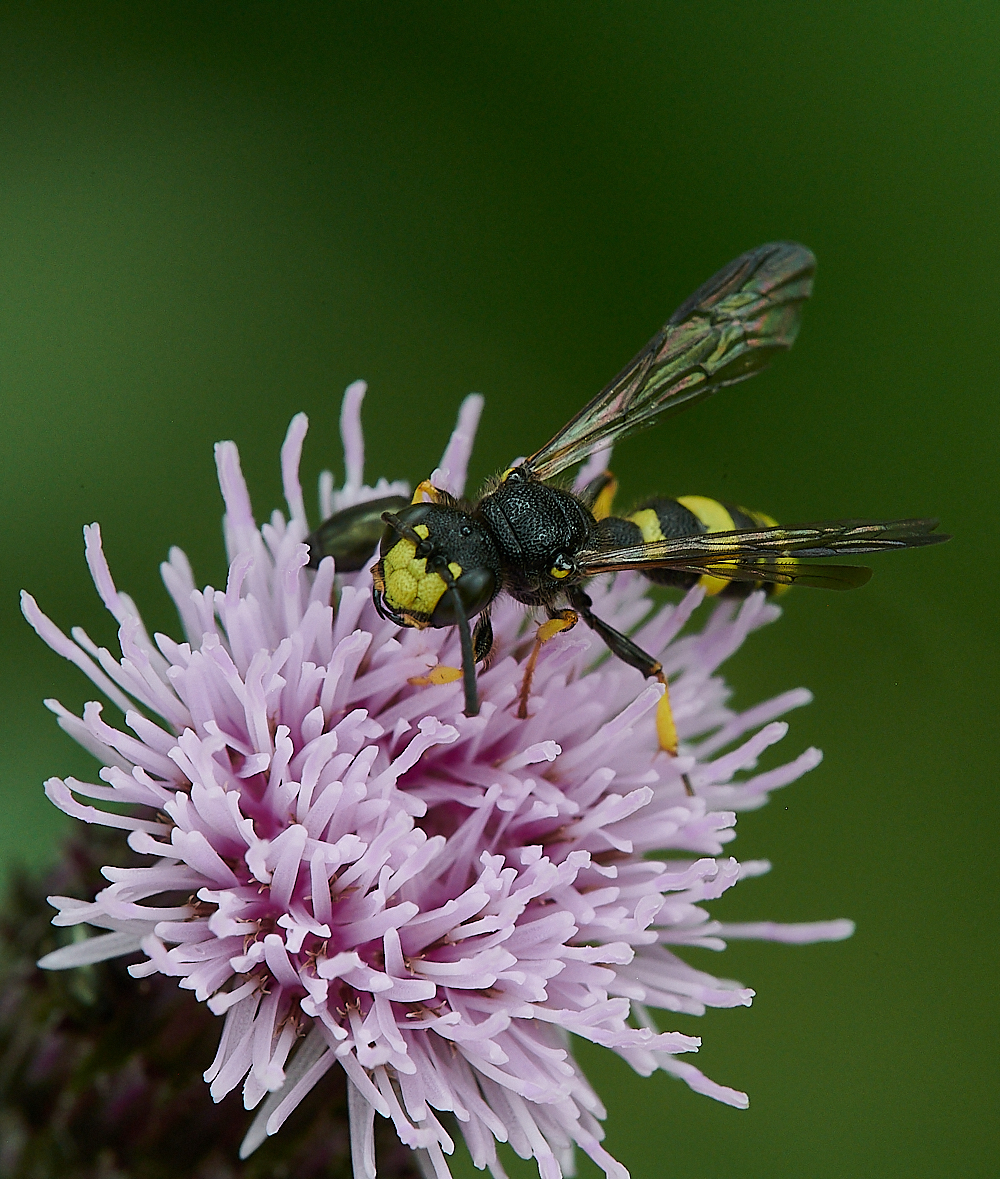
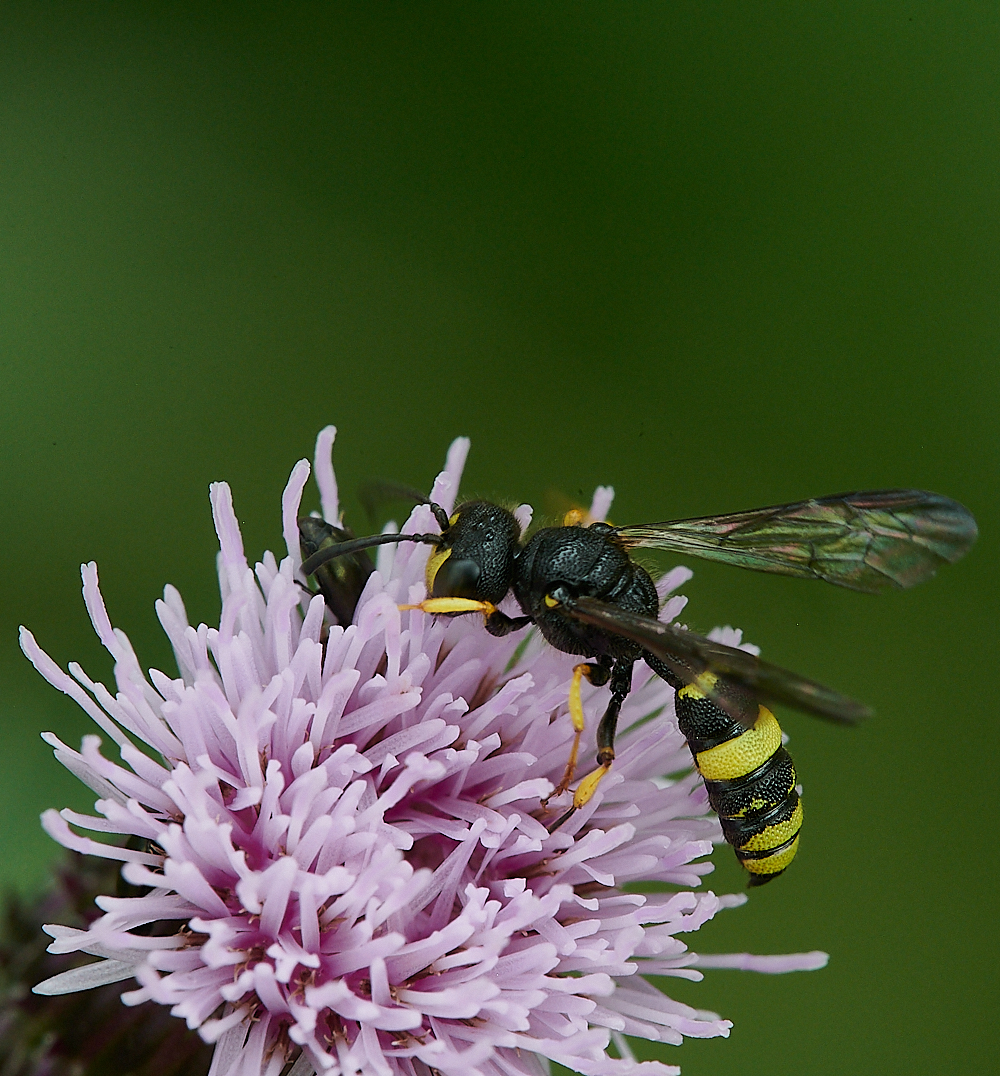
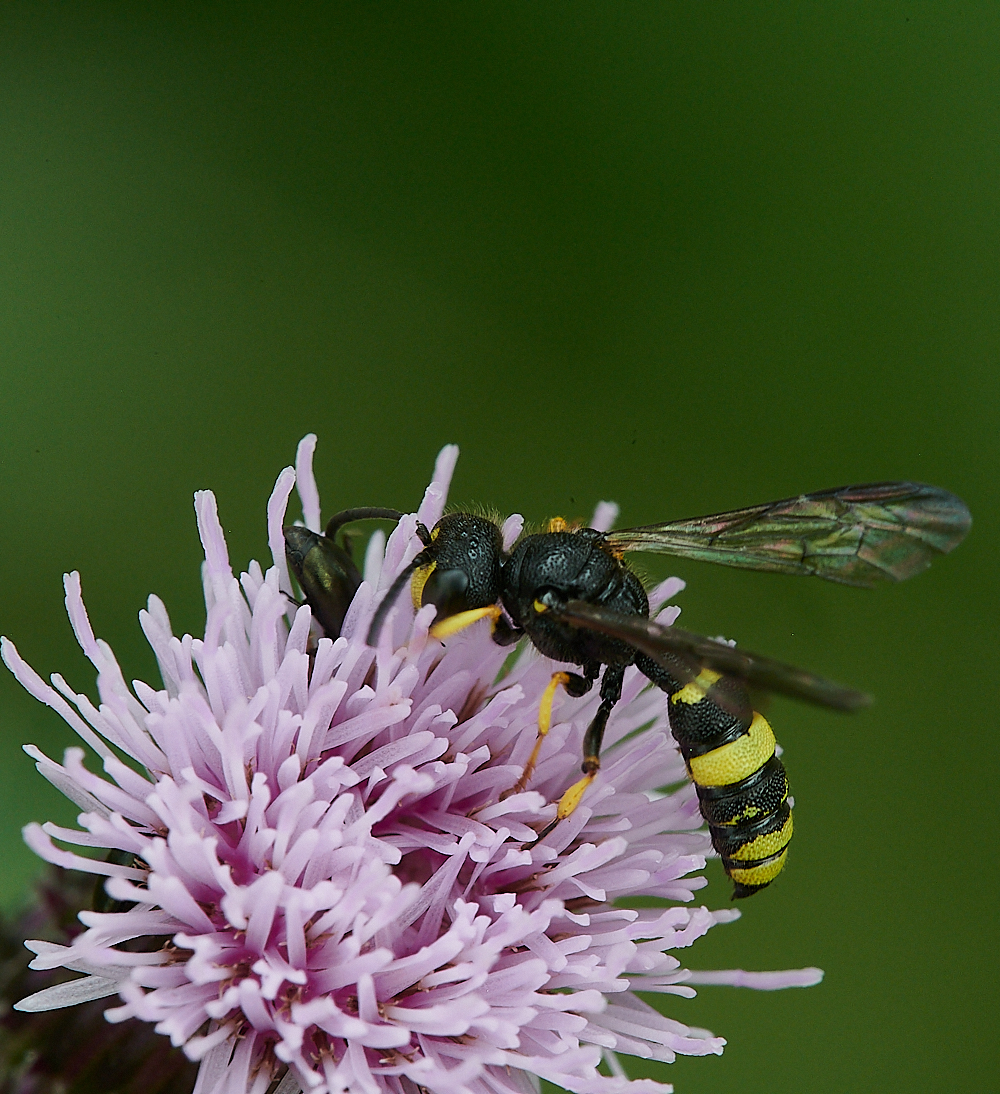
Ornate-tailed Digger Wasp (Cerceris rybyensis)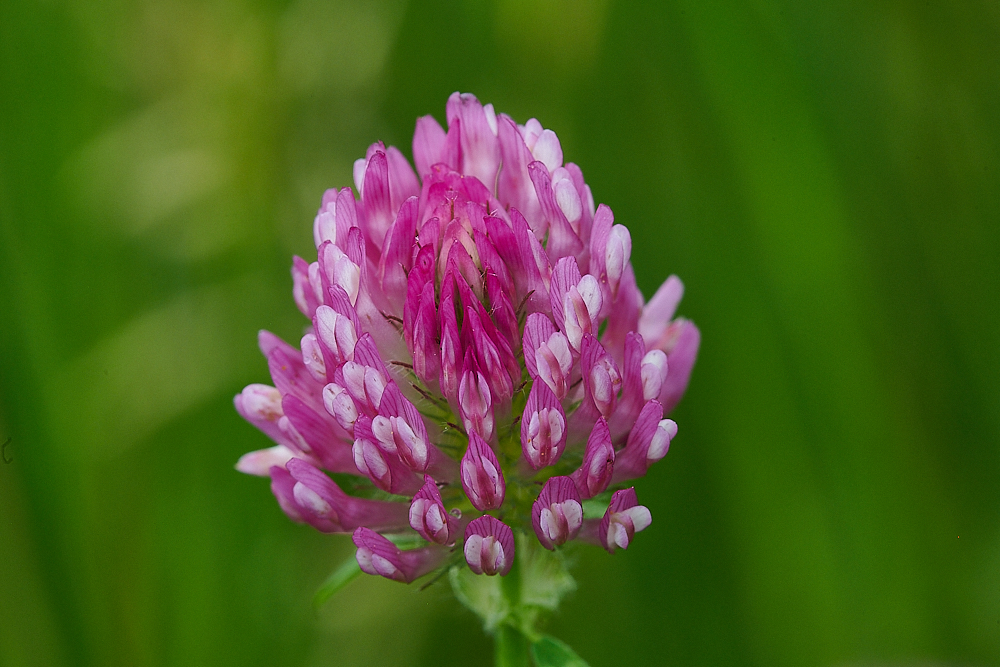
Red Clover (Trifolium pratense)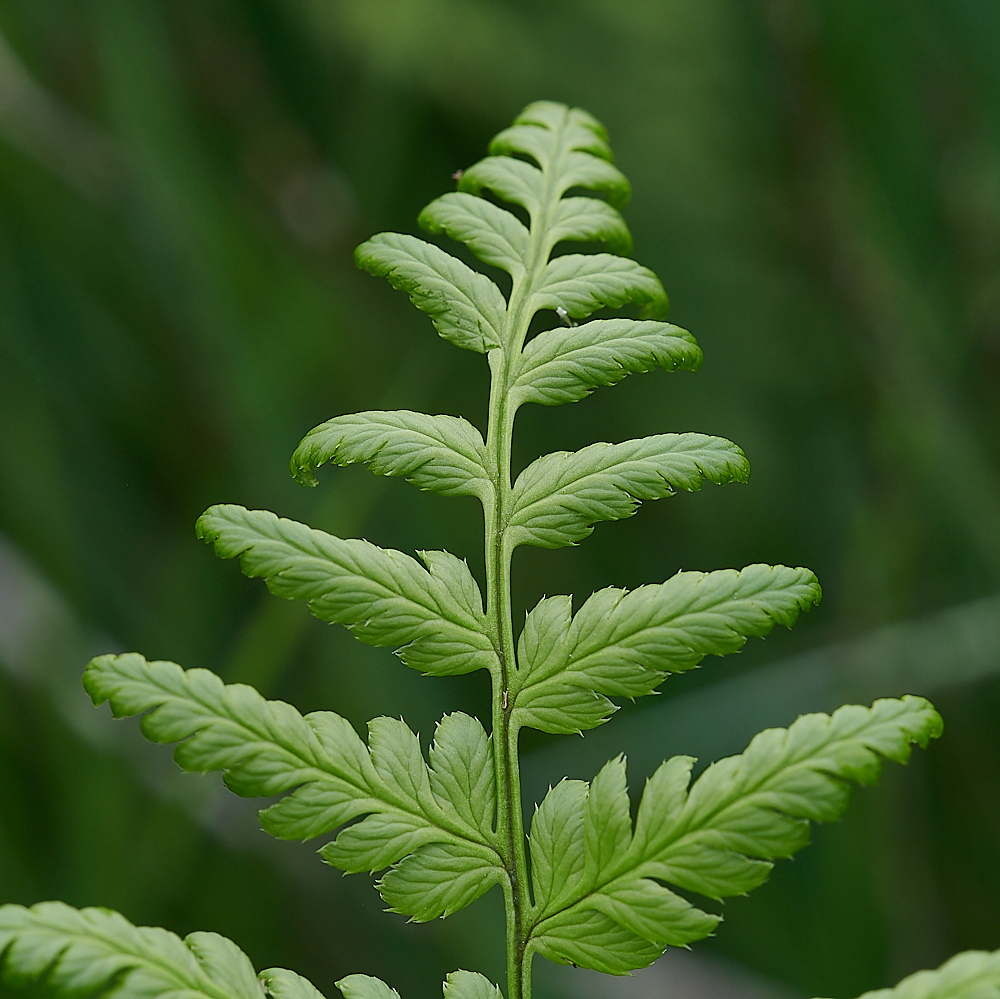
Narrow Buckler Fern (Dryopteris Carthusiana)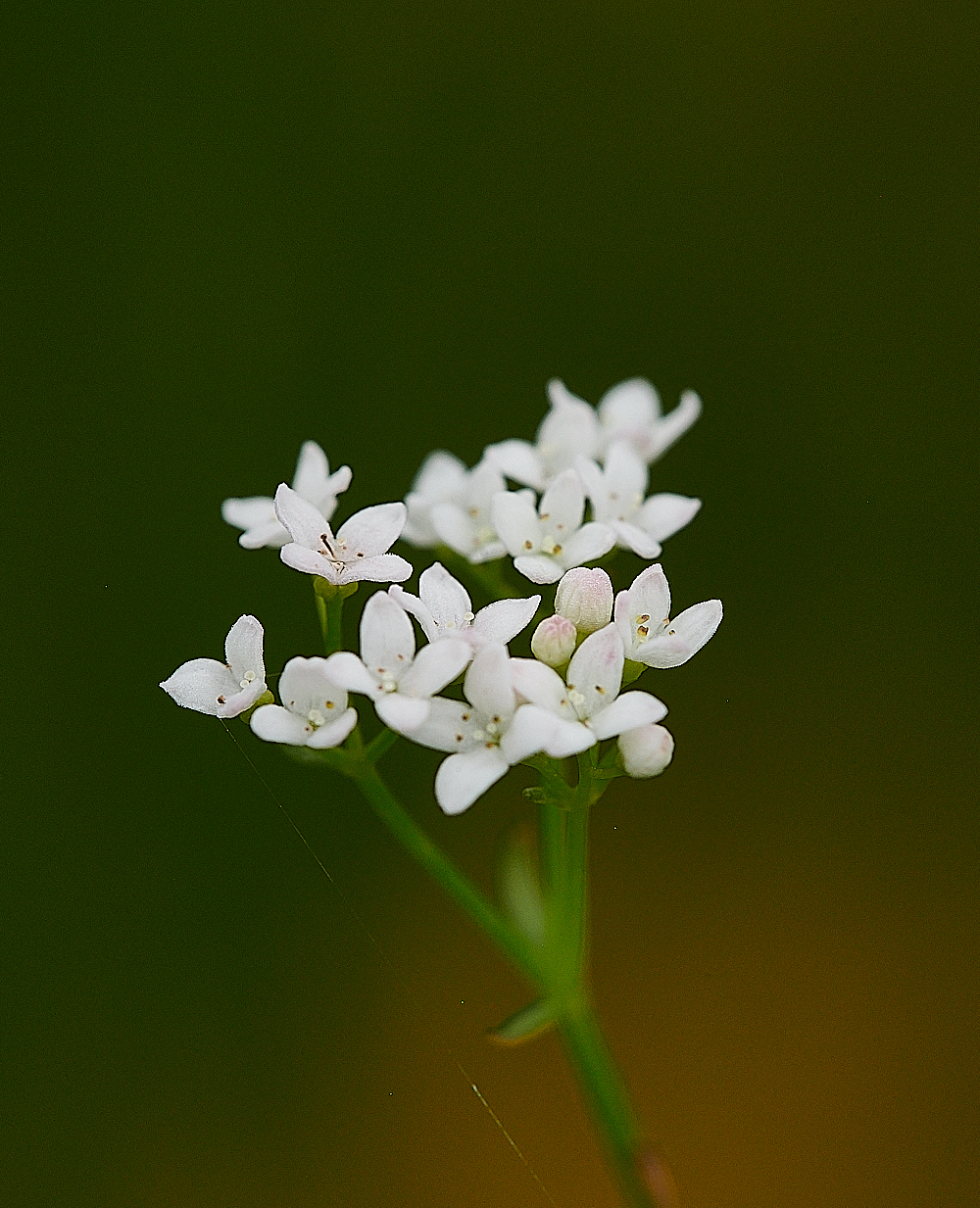
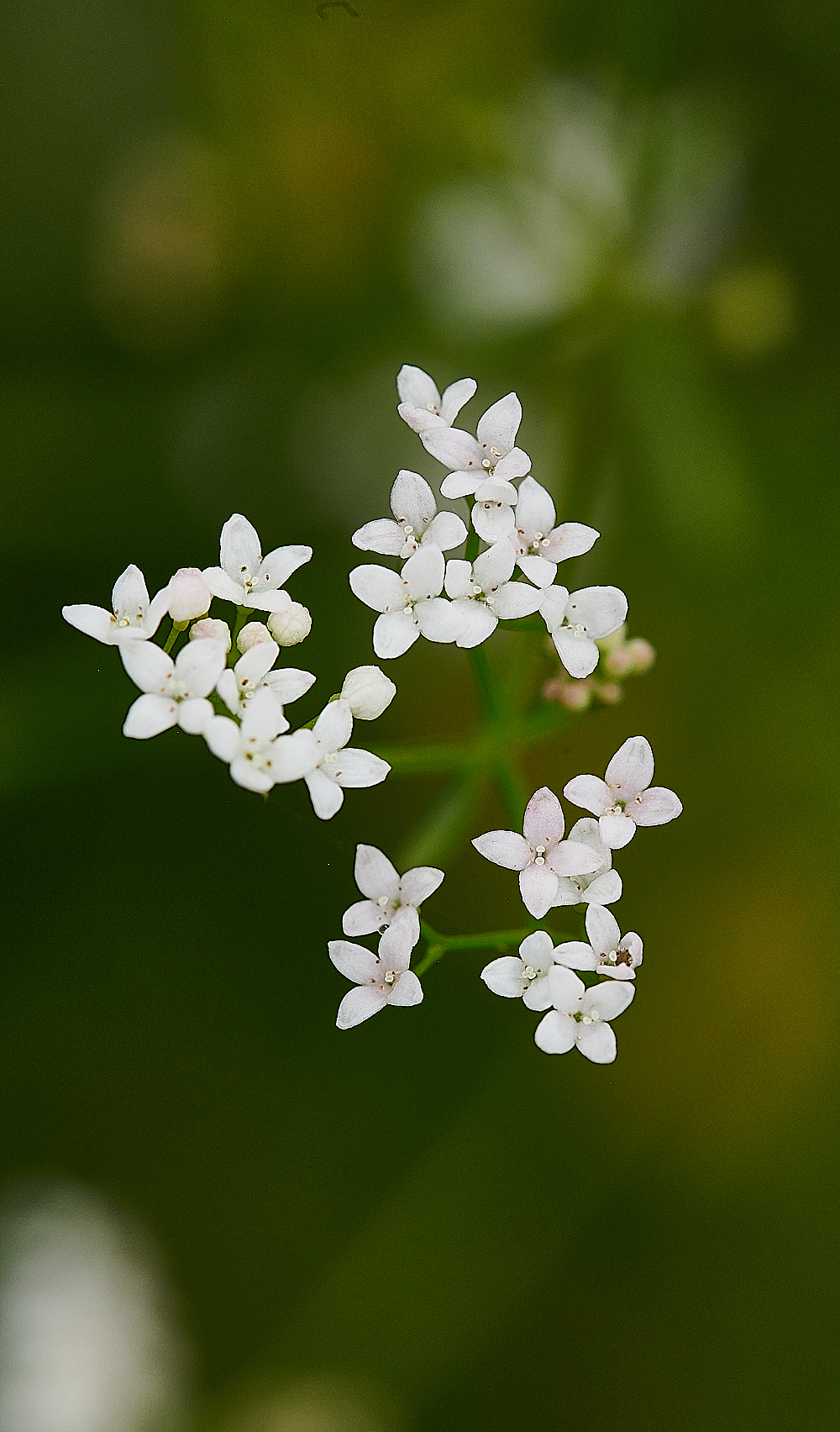
Marsh Bedstraw (Galium palustre)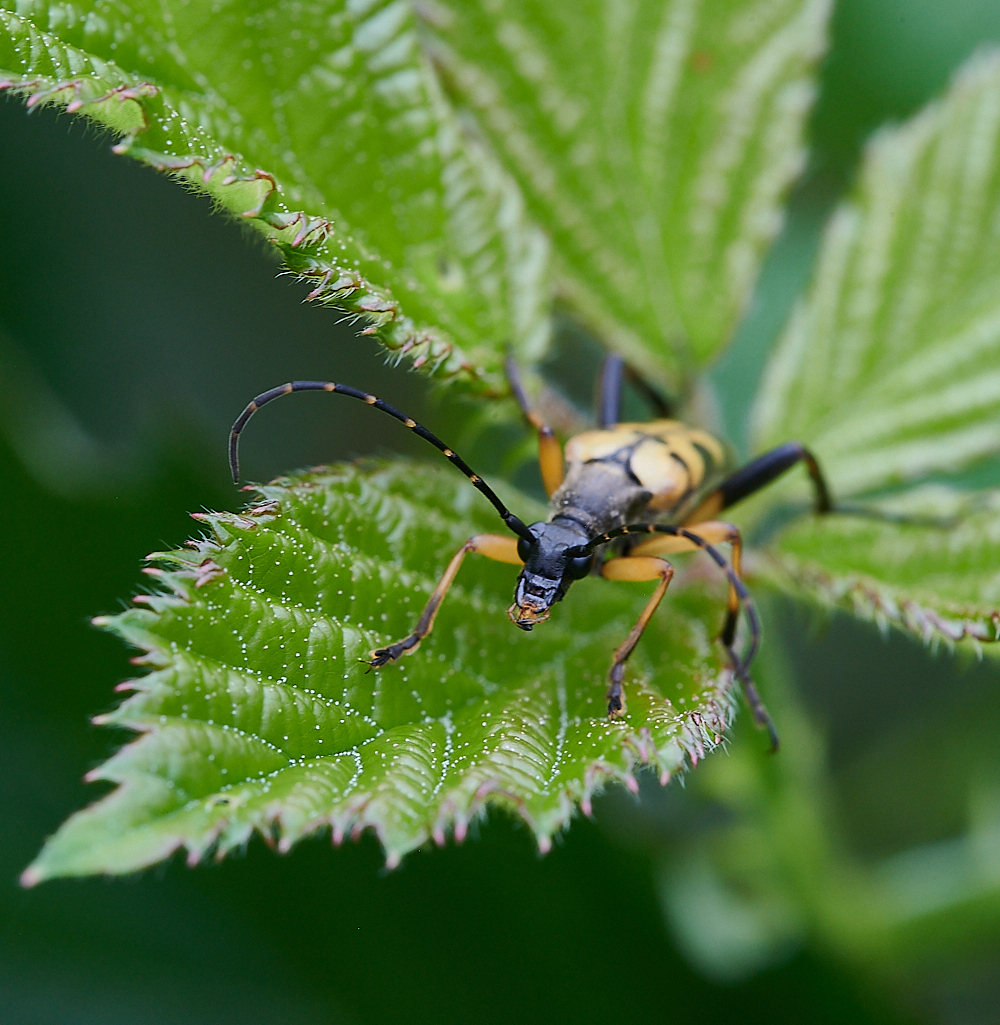
Longhorn Beetle (Rutpela maculata)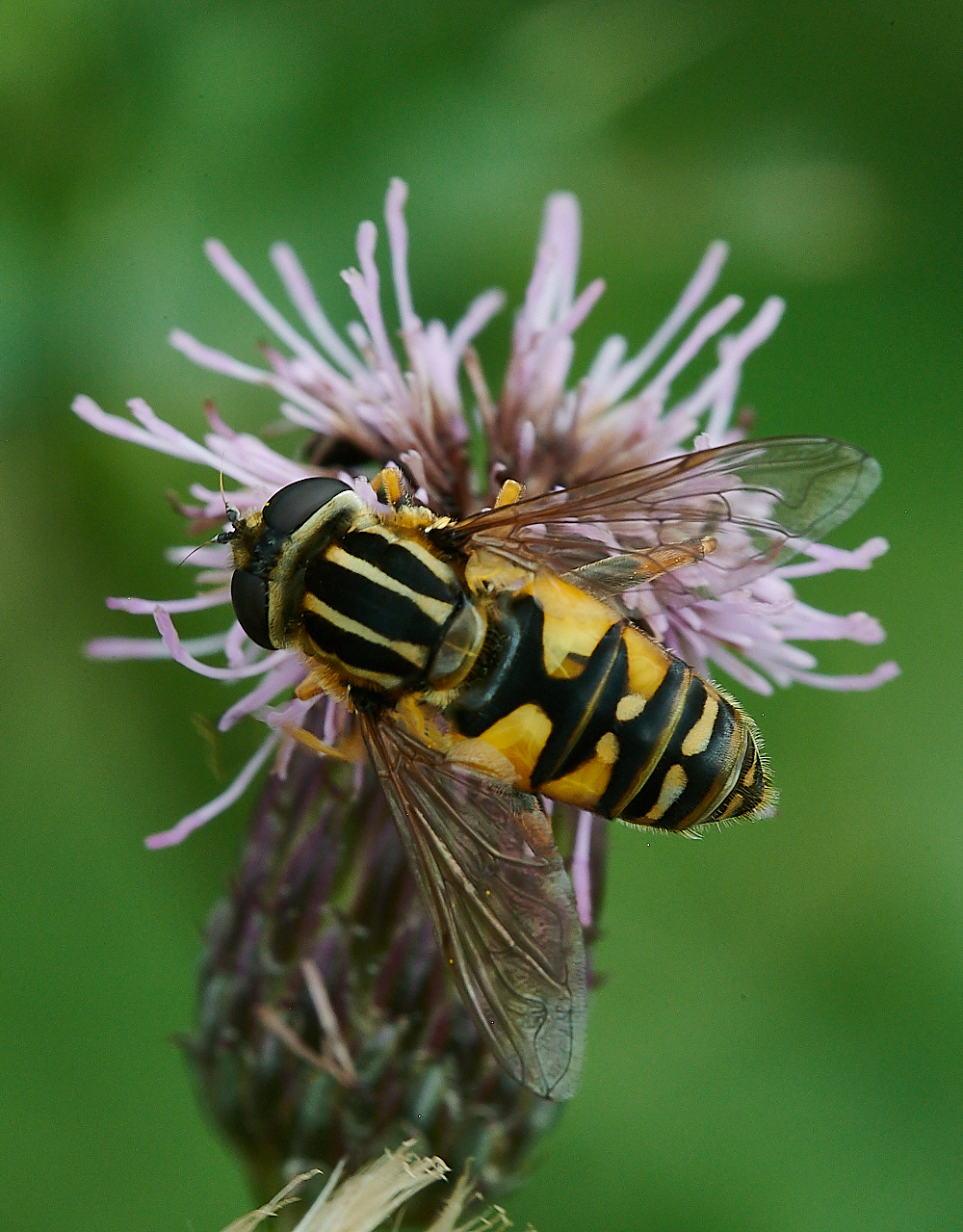
Helophilus pendulus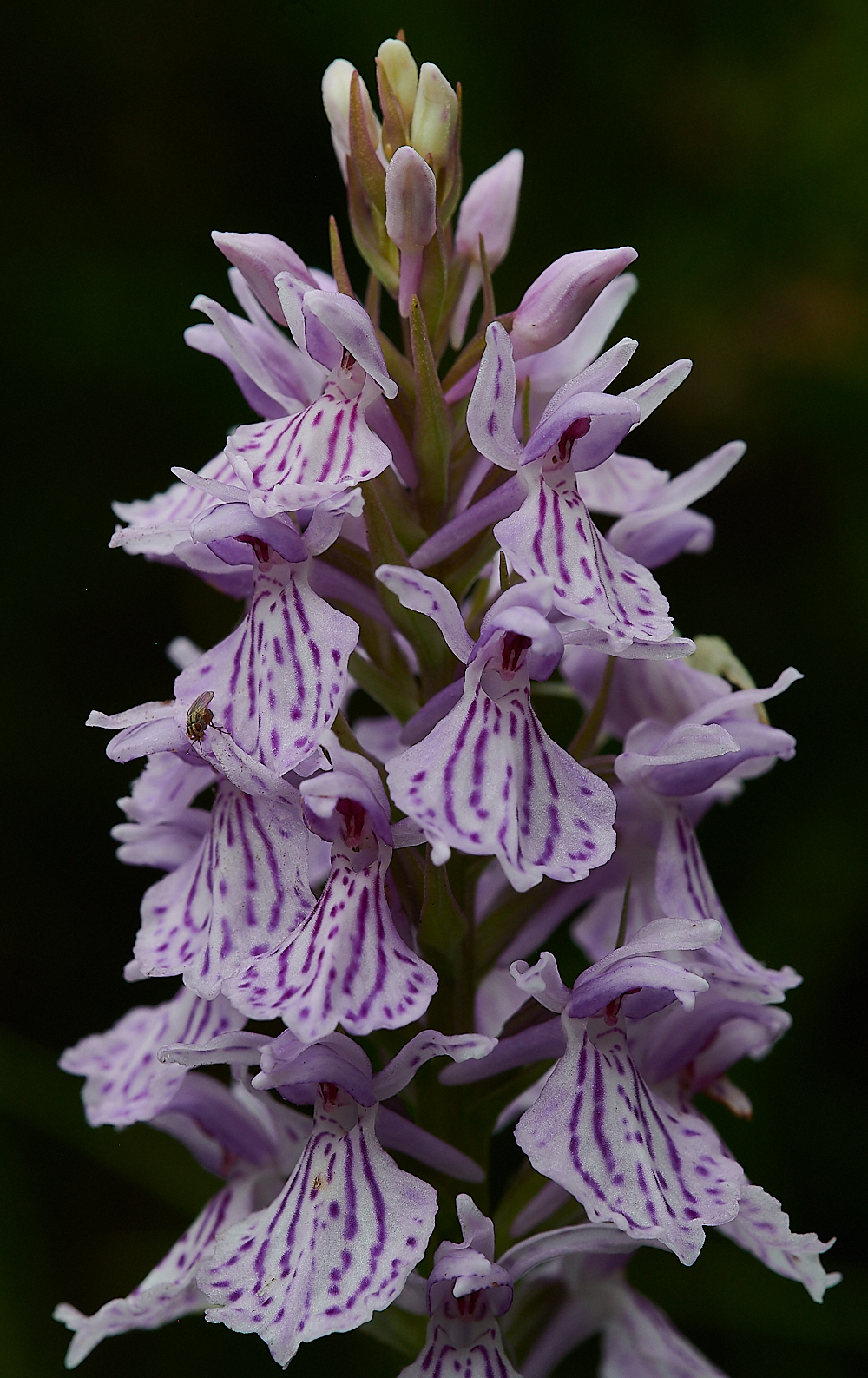
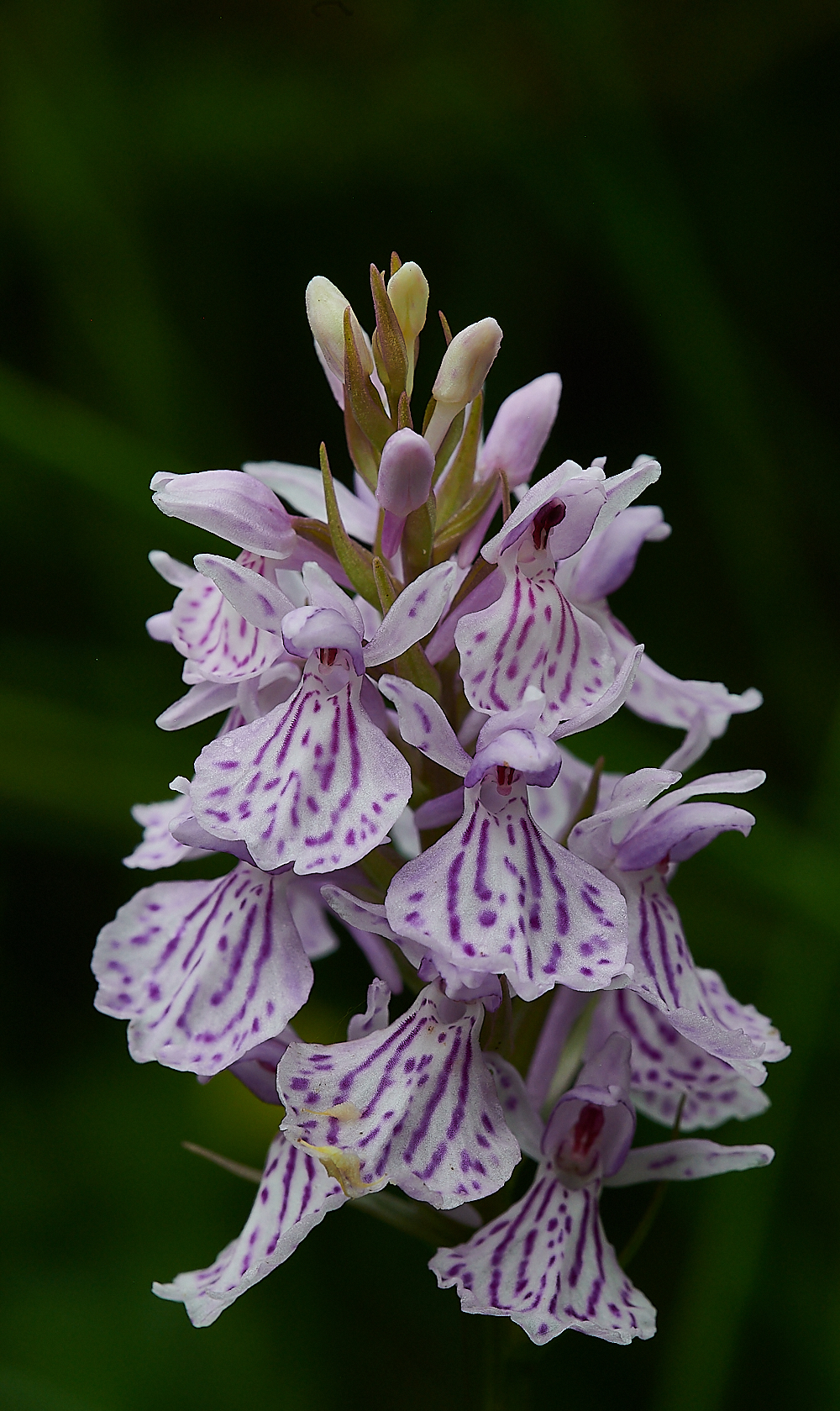
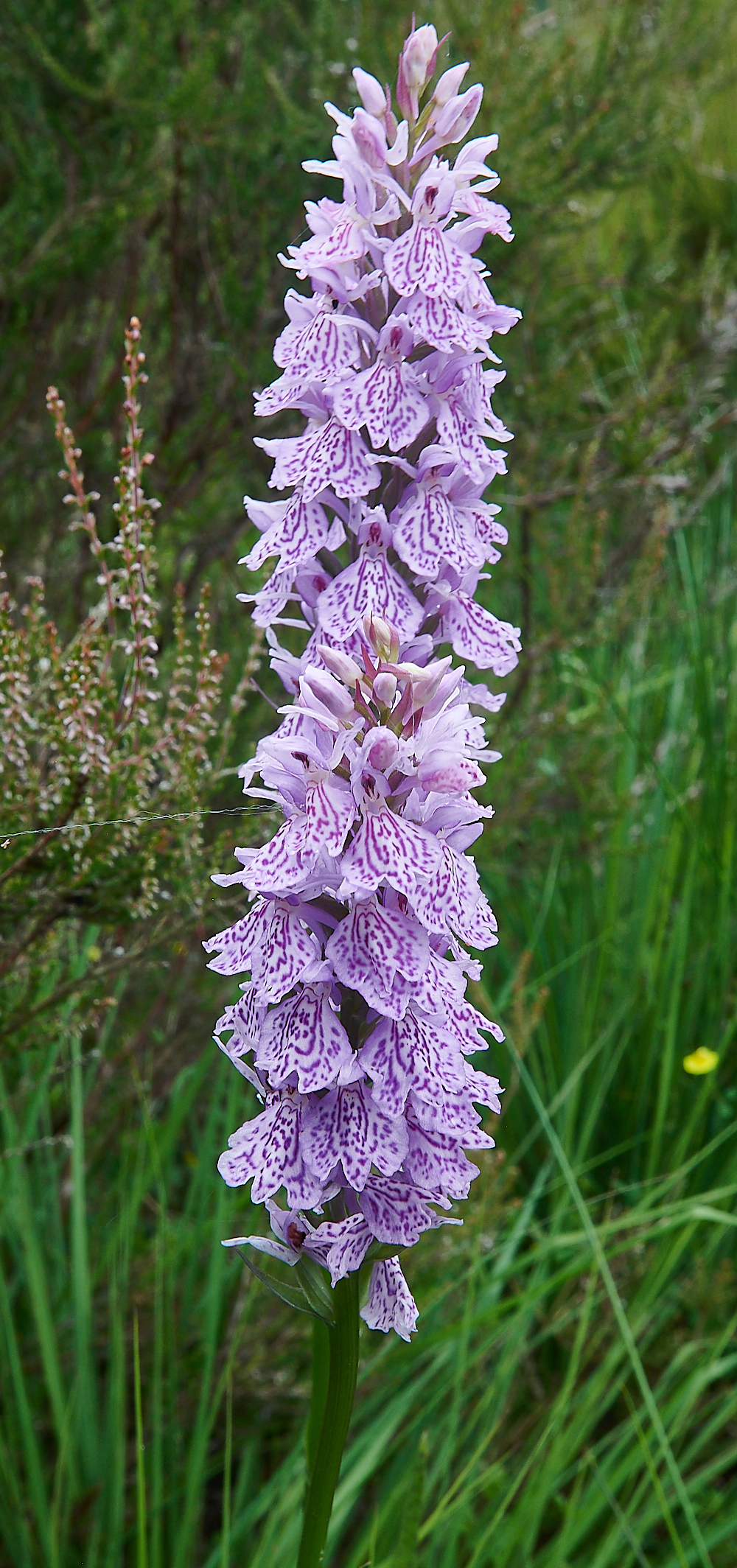
Heath Spotted Orchid (Dactylorhiza maculatum)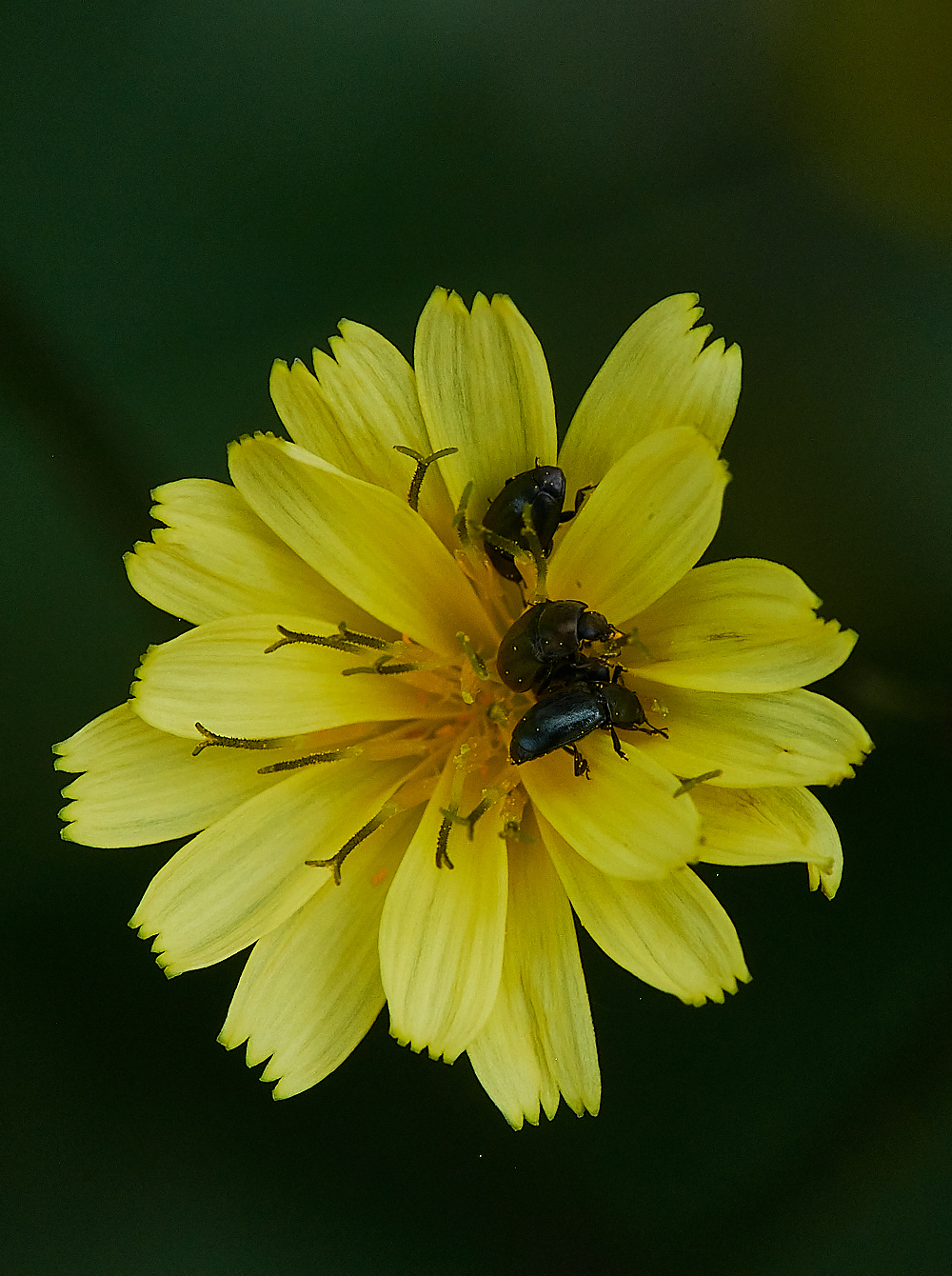
Hawkbit Sp ?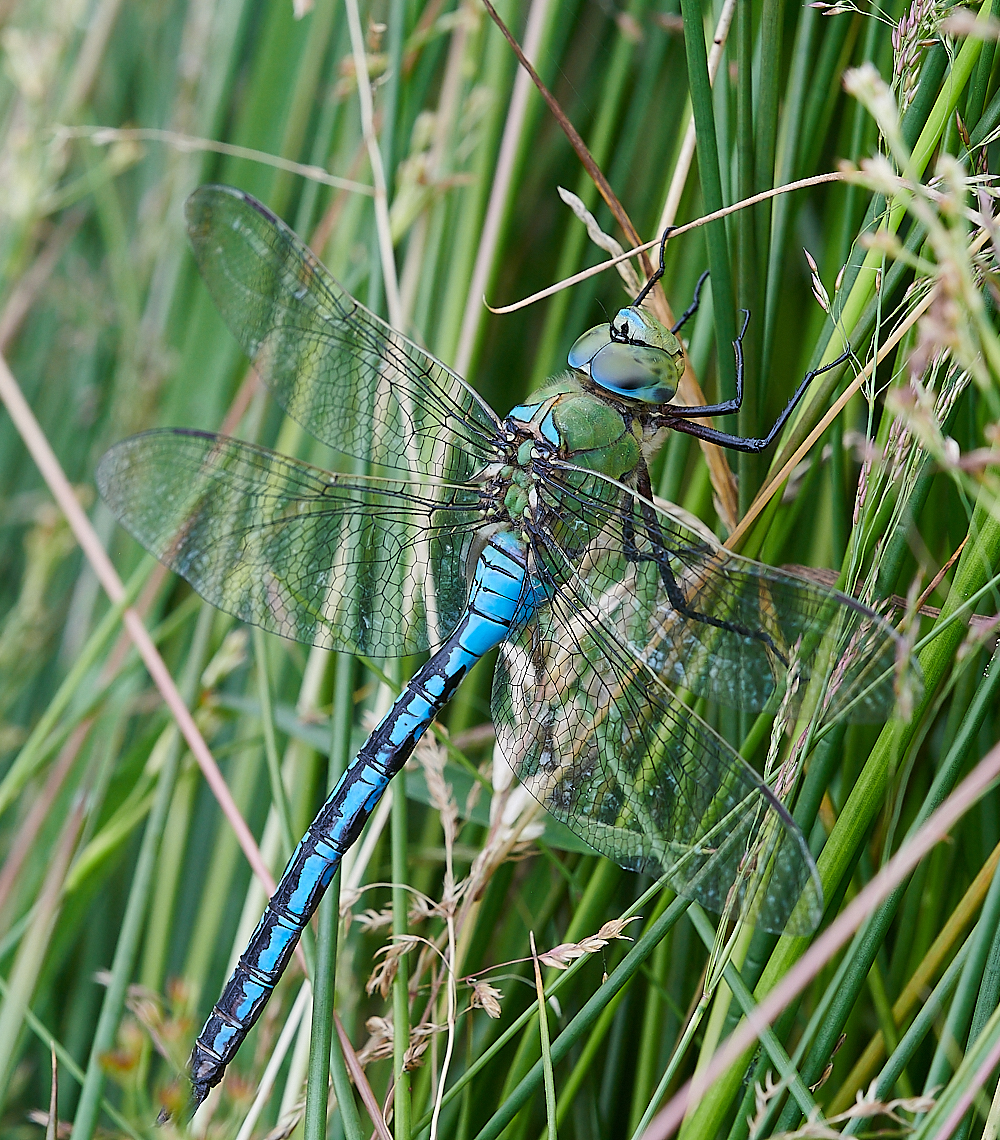
Emperor Dragonfly ♂︎ (Anax imperator)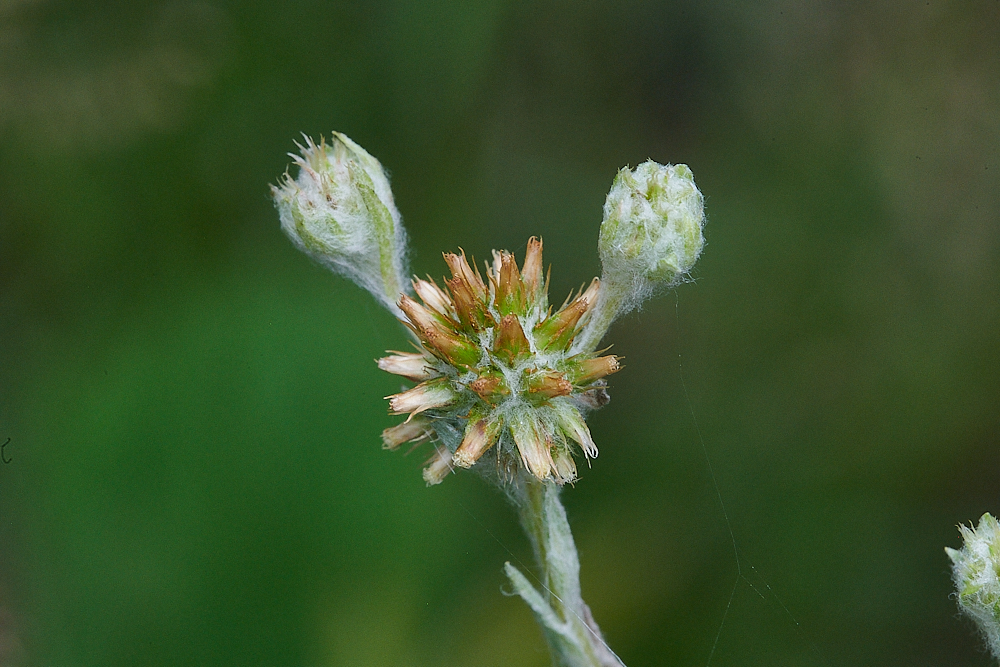
Common Cuddweed (Filago vulgaris)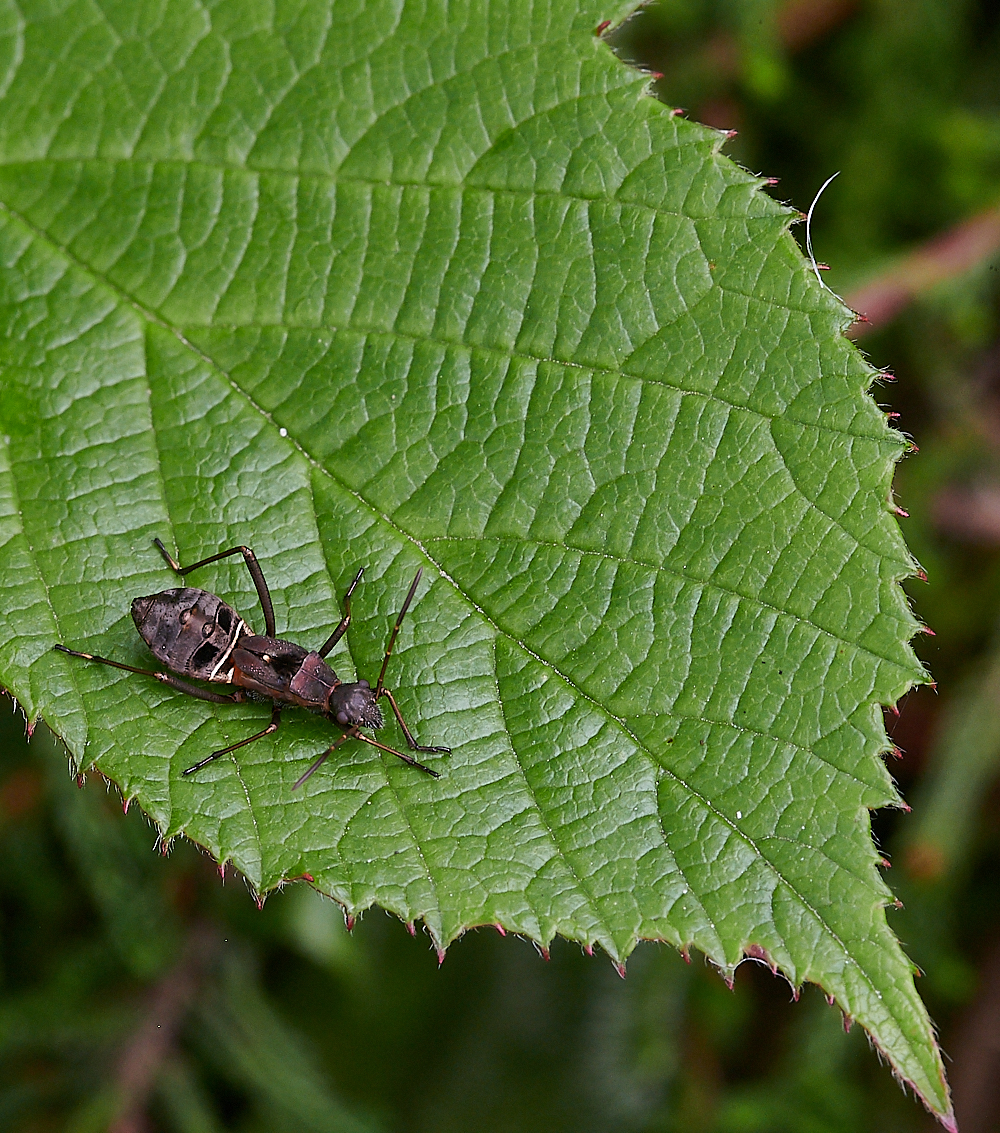
?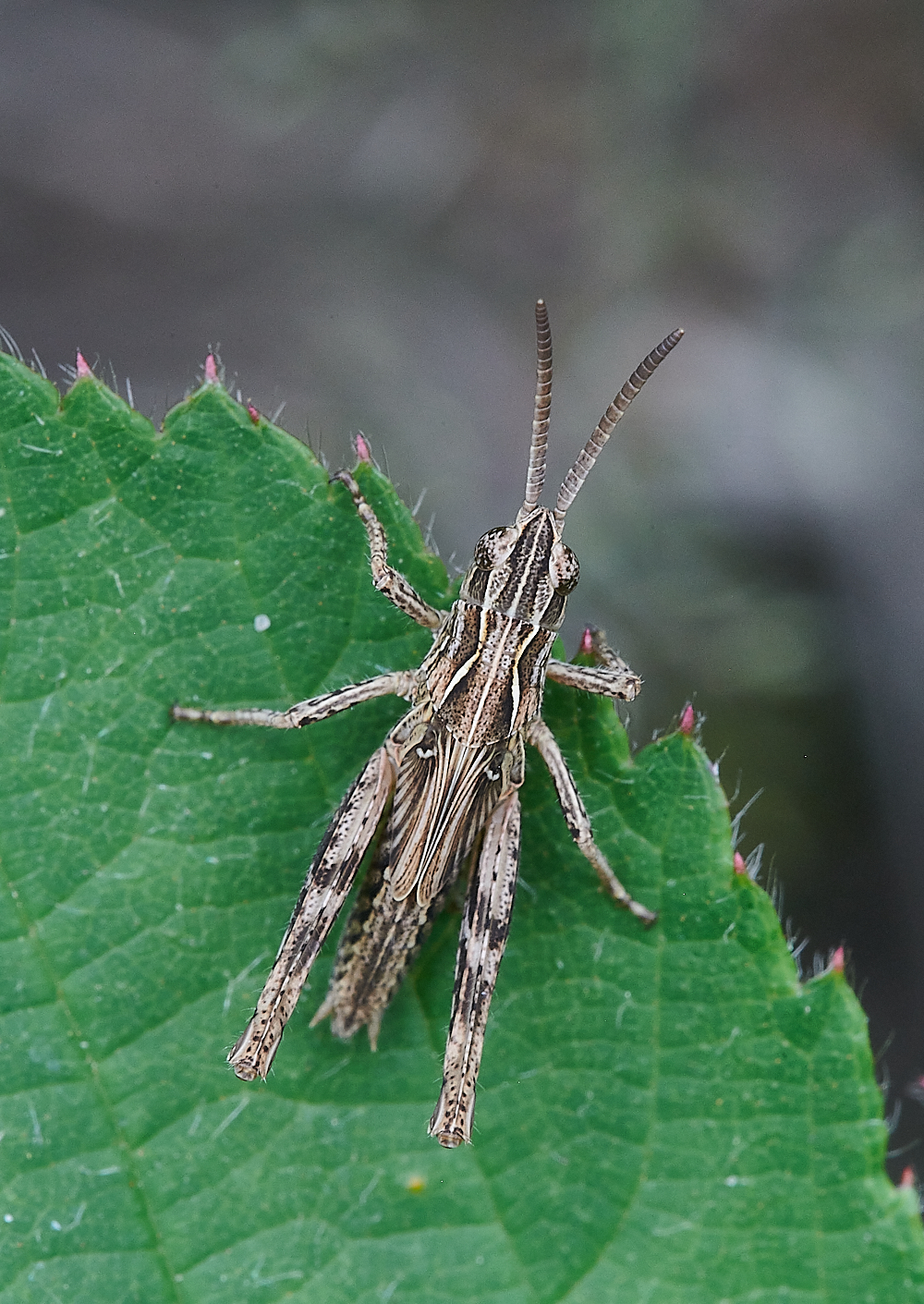
Field Grasshopper (Chorthippus brunneus)
Houghen Plantation
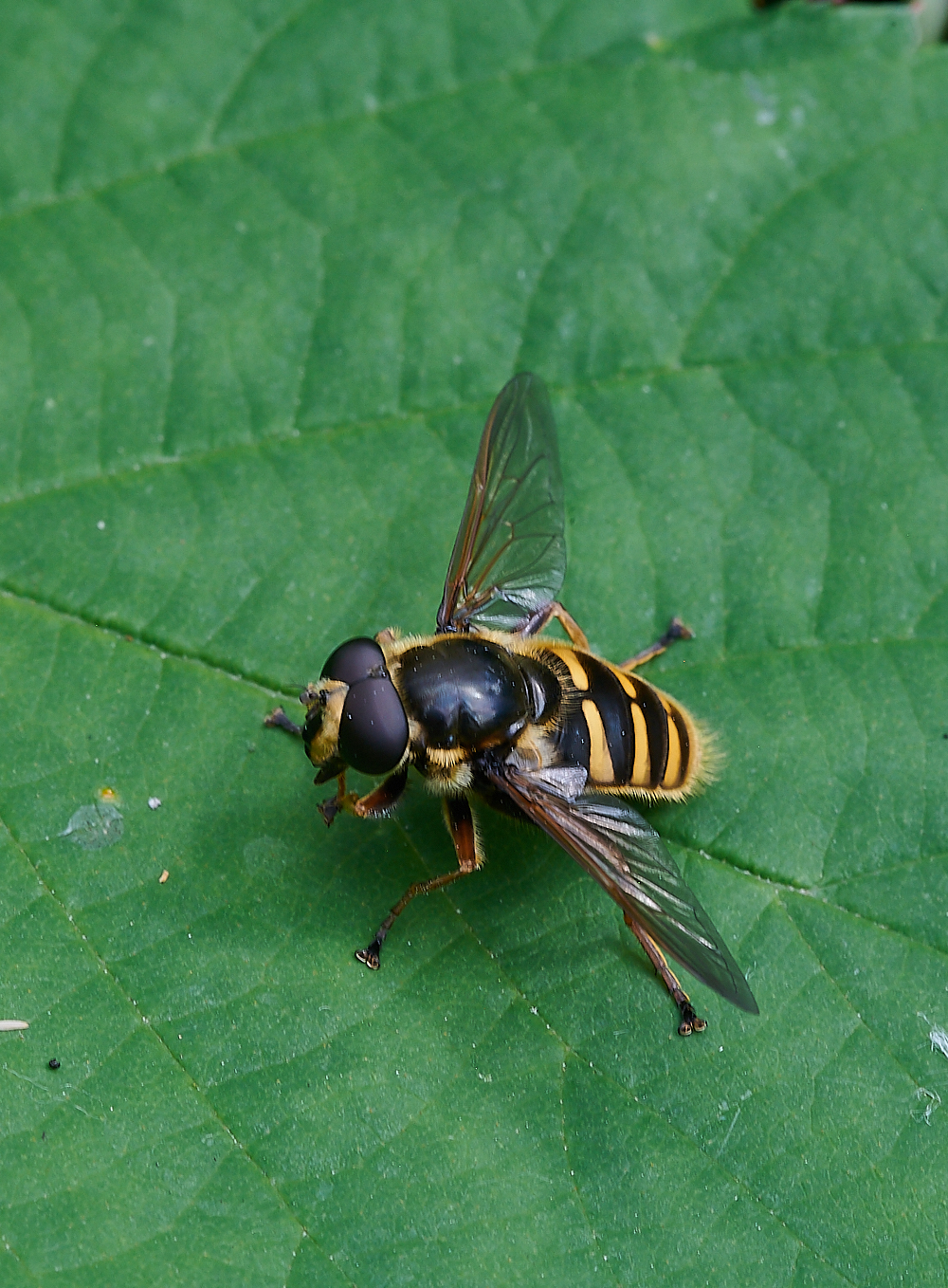
Common Bog Hoverfly (Sericomya silentis)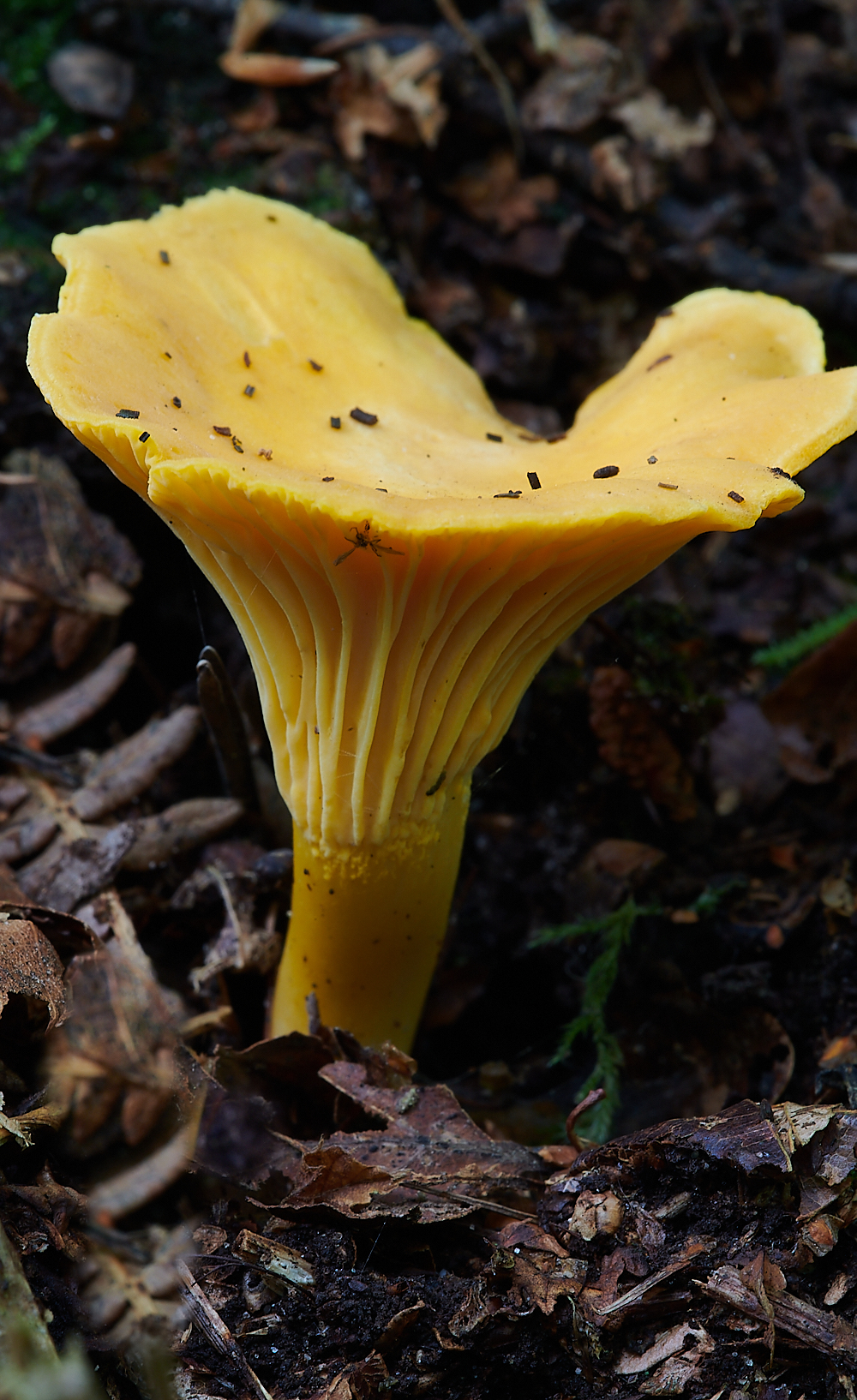
Chanterelle (Cantharelllus cibarius)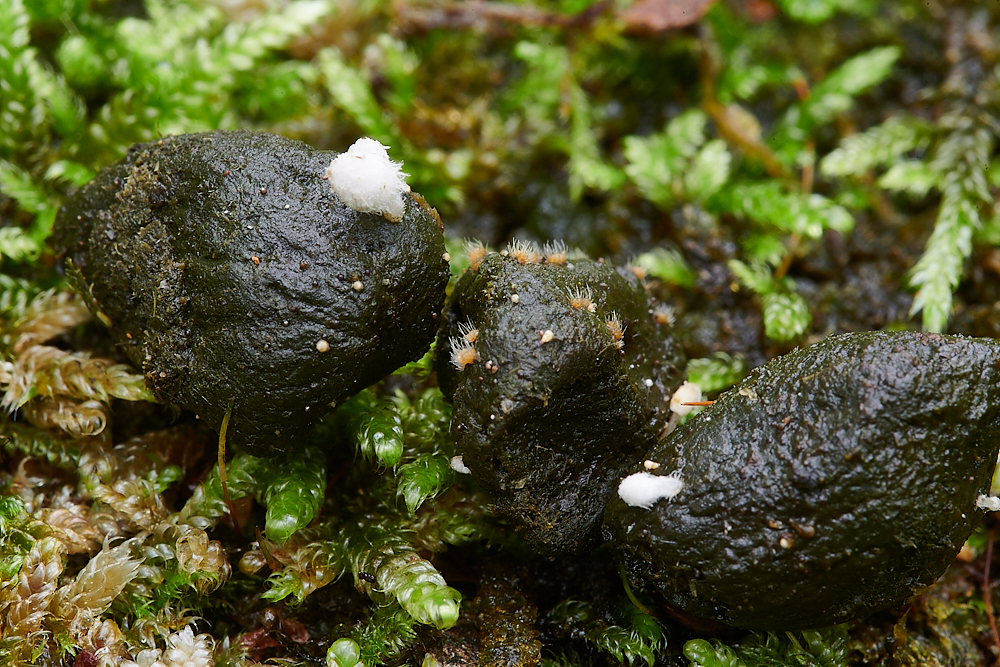
Something interesting on Deer Poo (Coprinus Sp)
Coprinus stercorea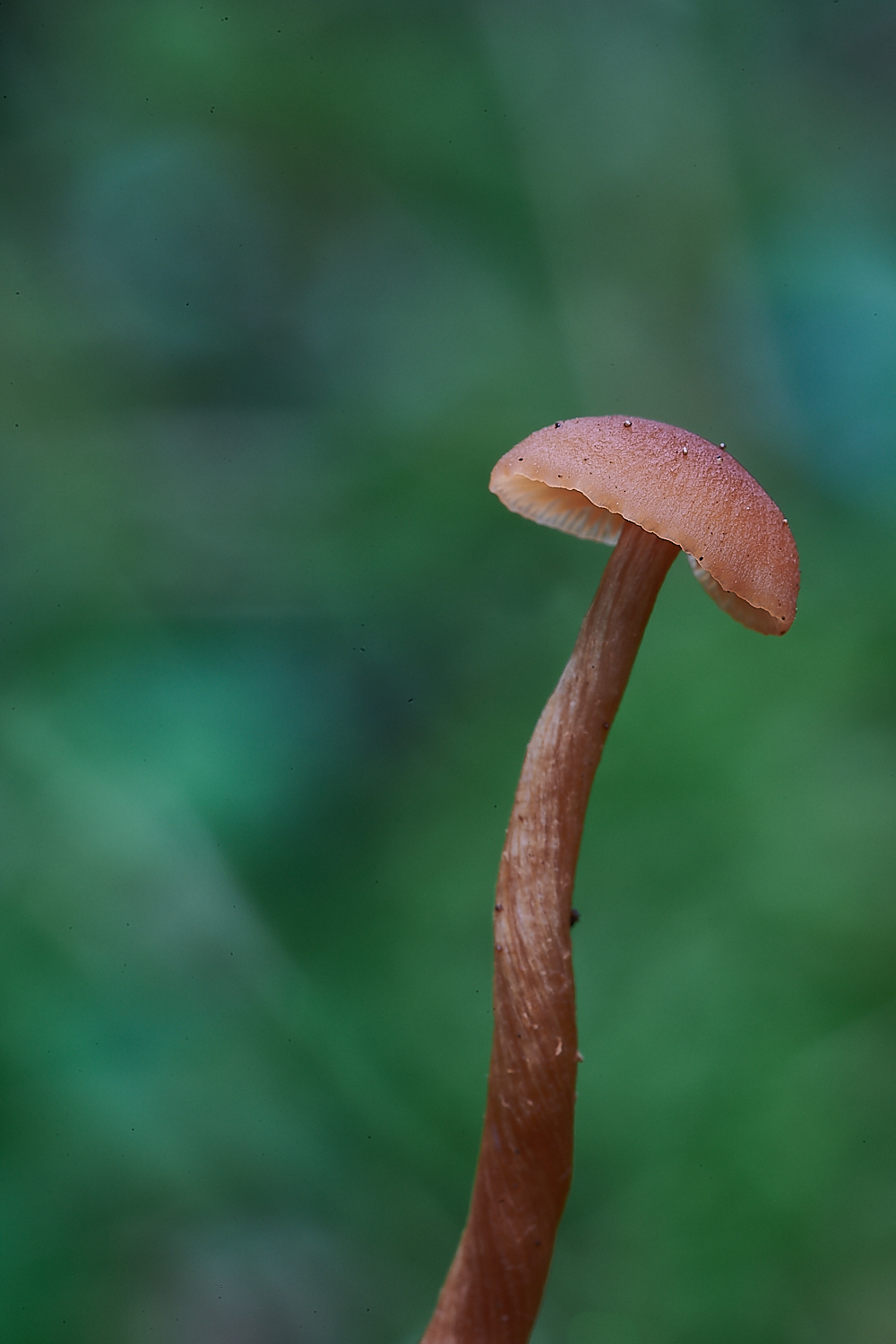
The Deceiver (Laccaria laccata)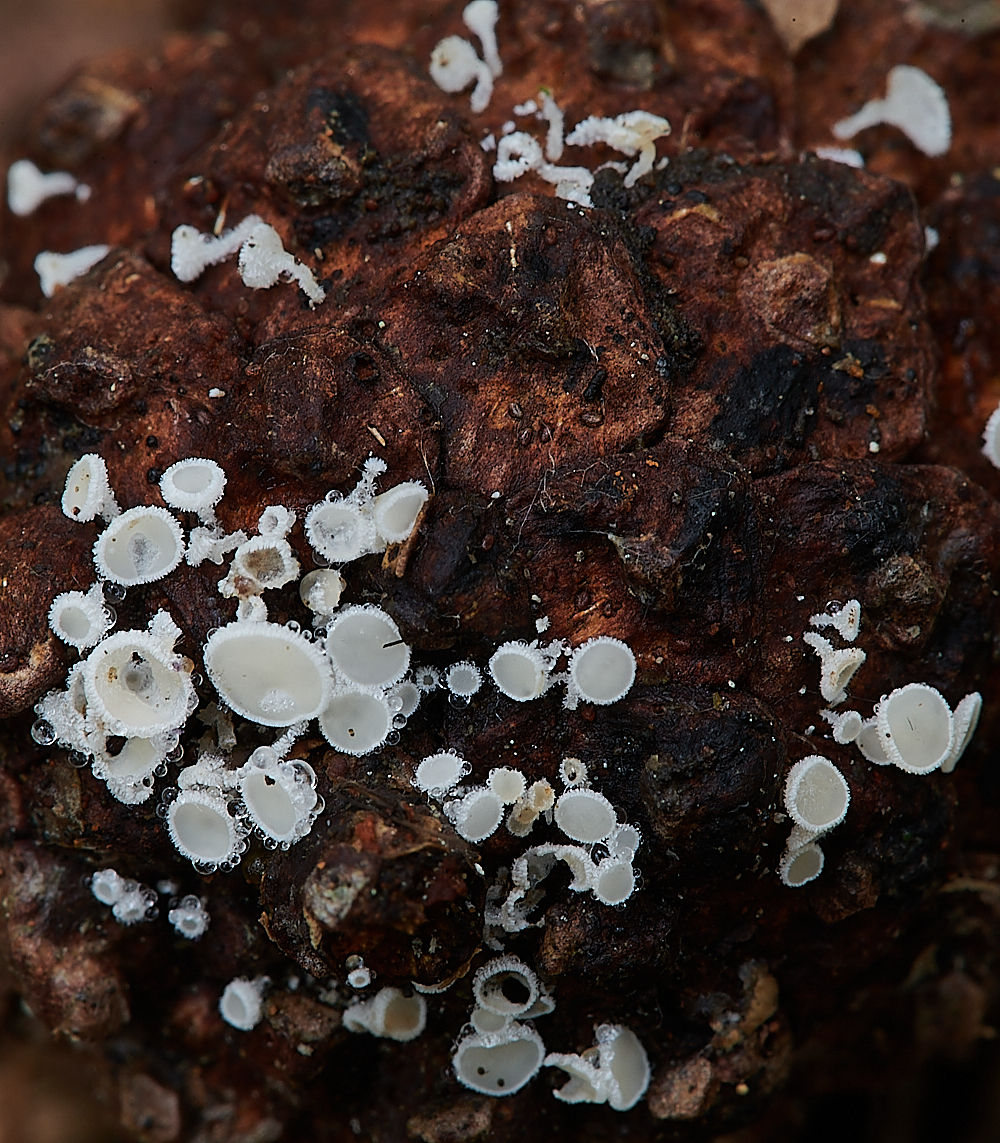
Snowy Disco (Lachnum virgineum) 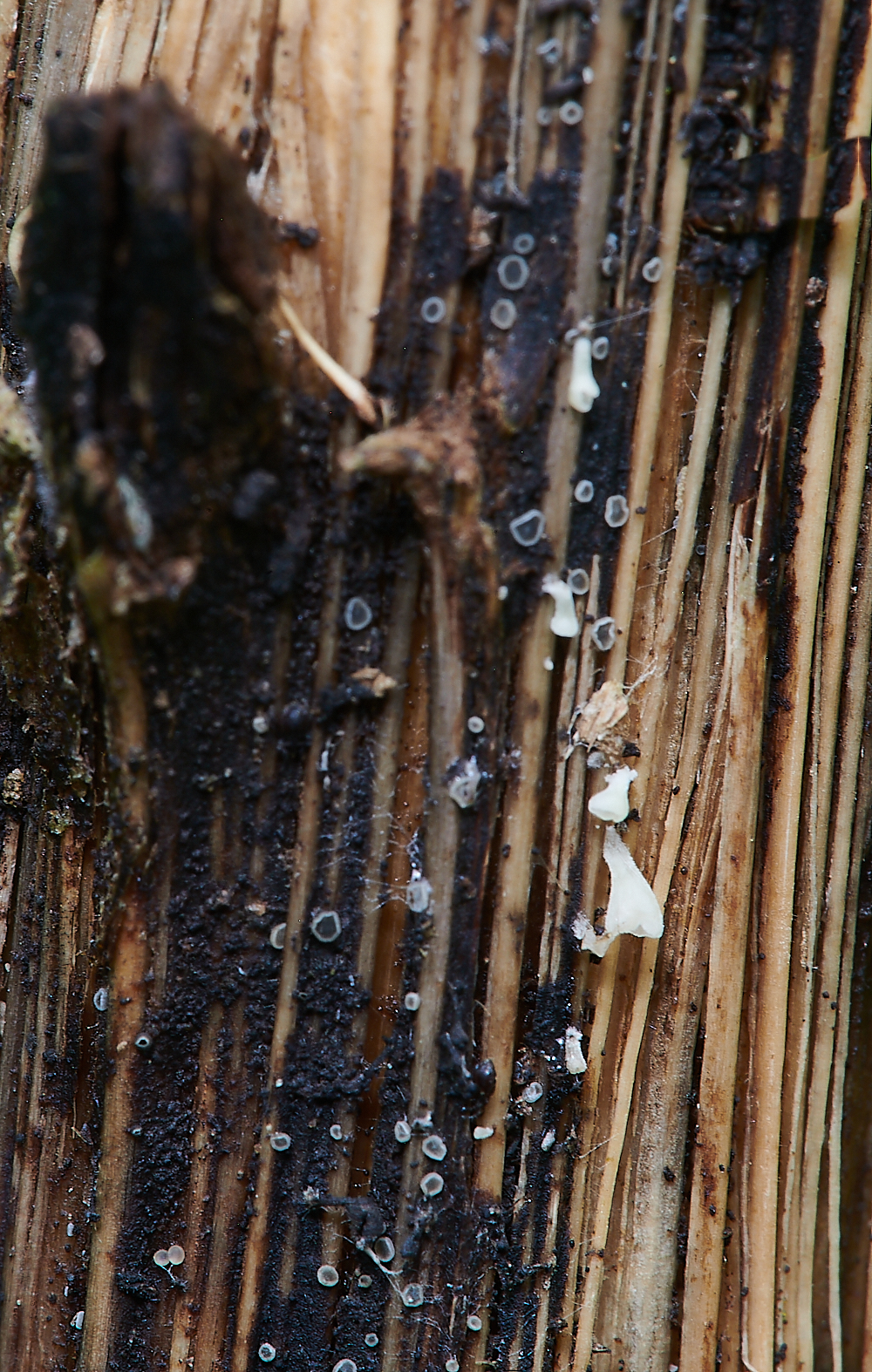
Grey Disco Sp and drooping downward facing small white fungus. Calyptella capula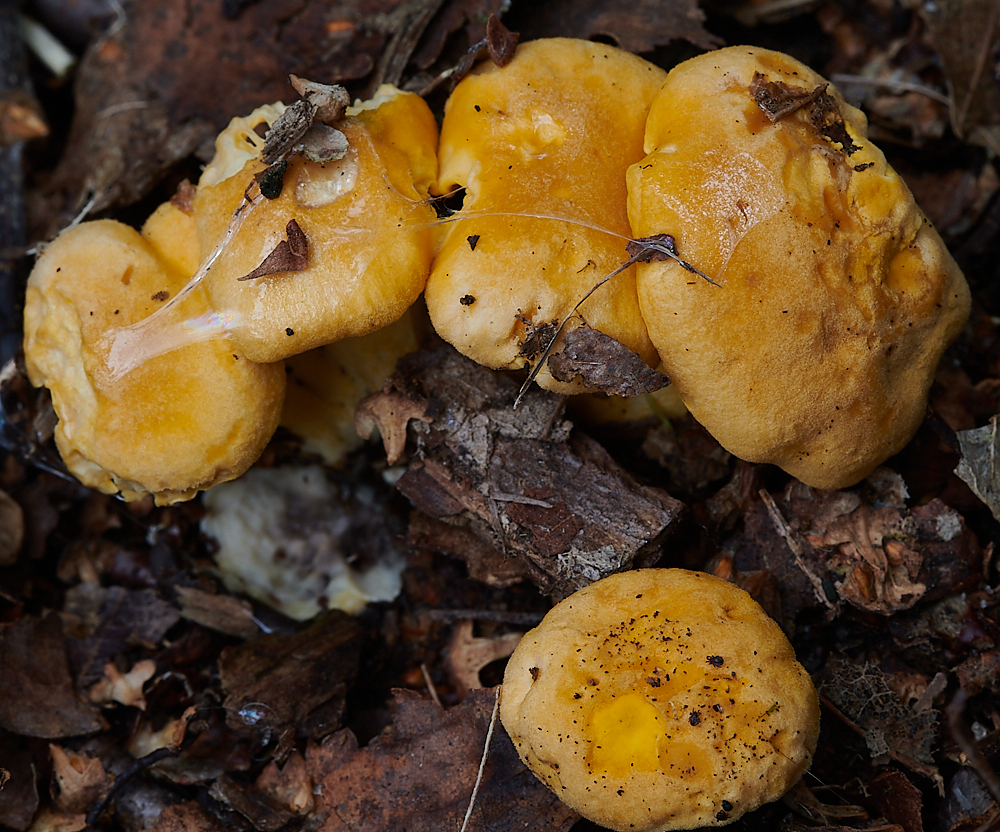
Chanterelles coming through.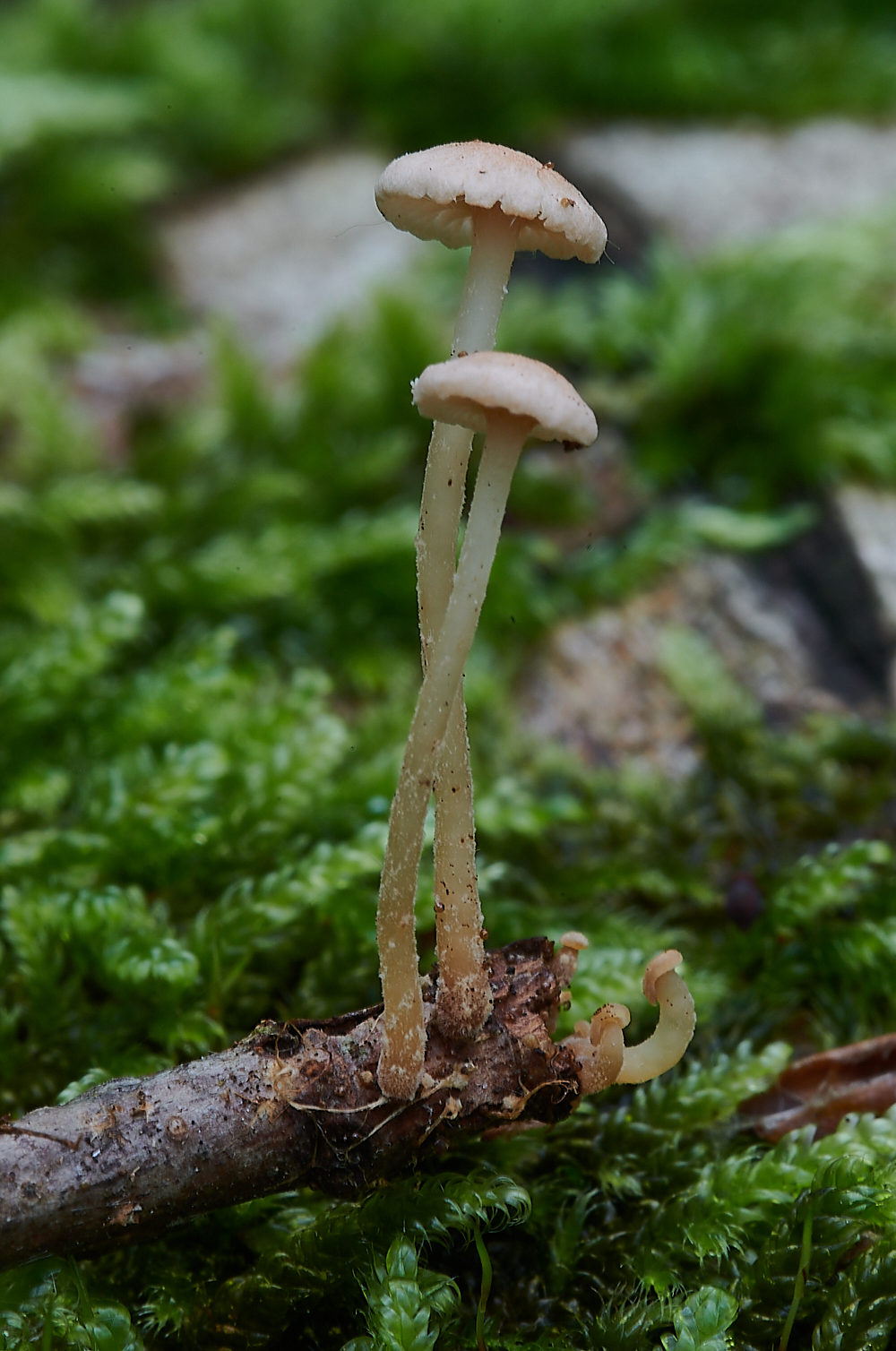
Fungus 2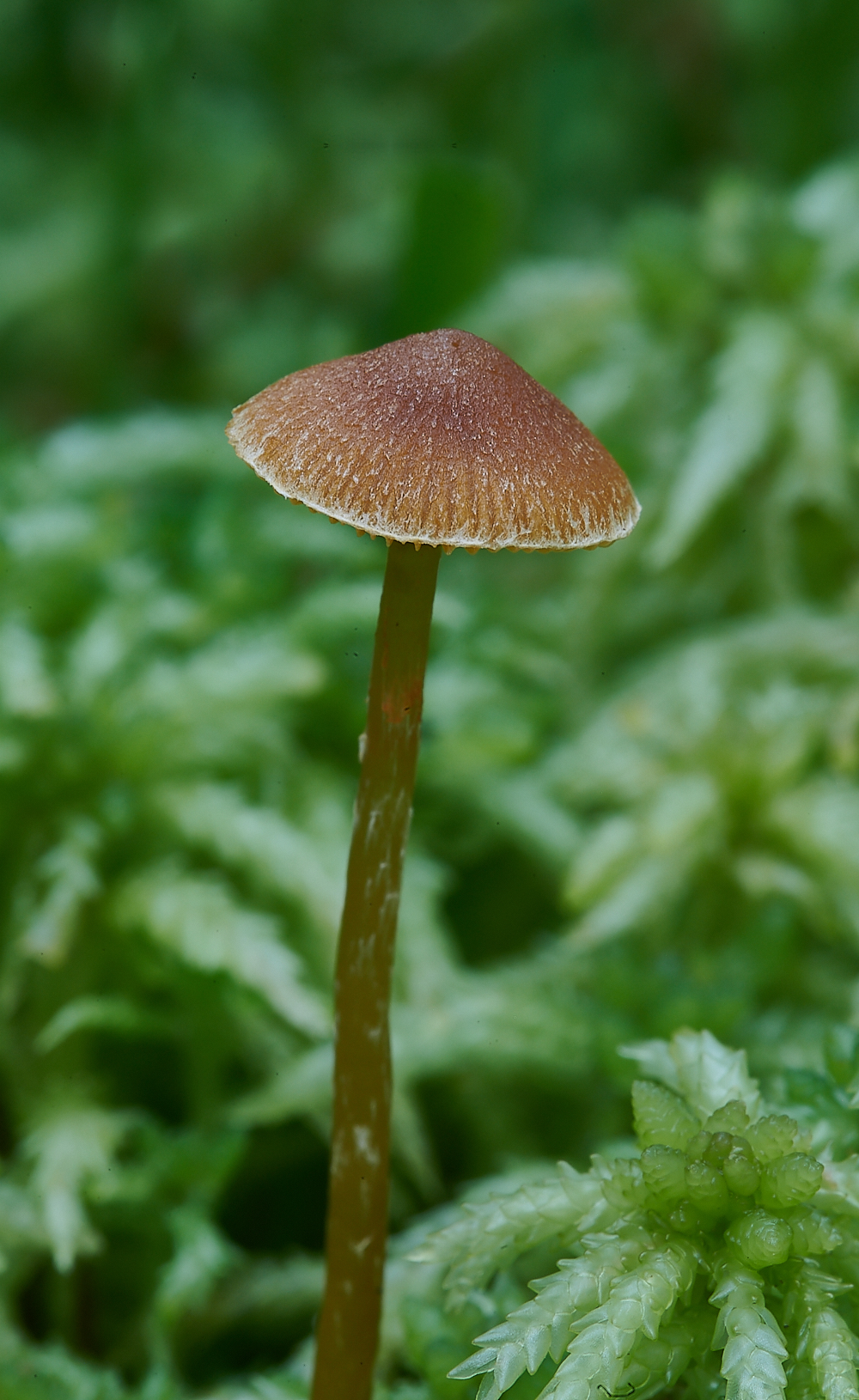
Gelerina Sp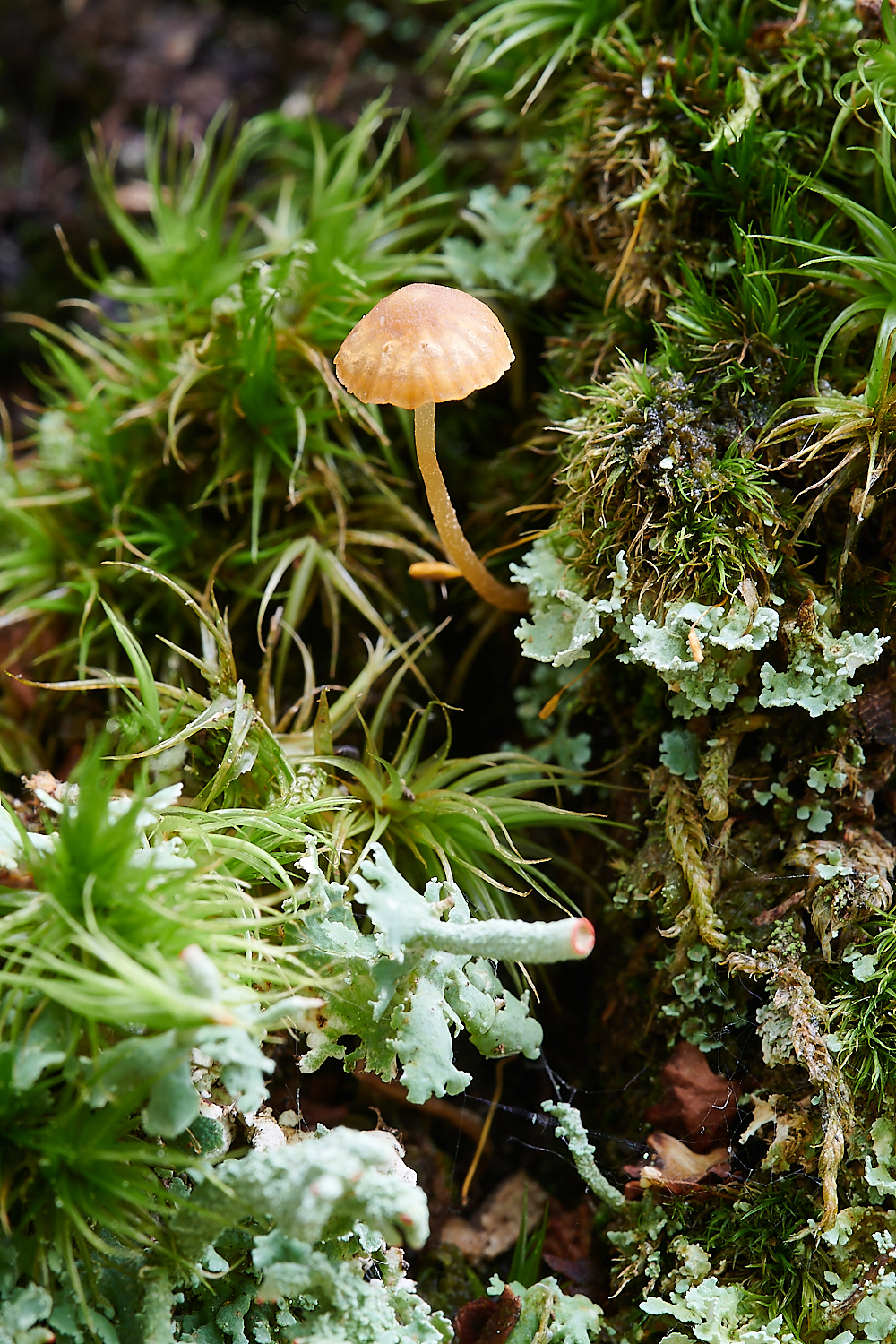
Galerina Sp nestling in amongst the mosses and lichen. Galarina hypnorum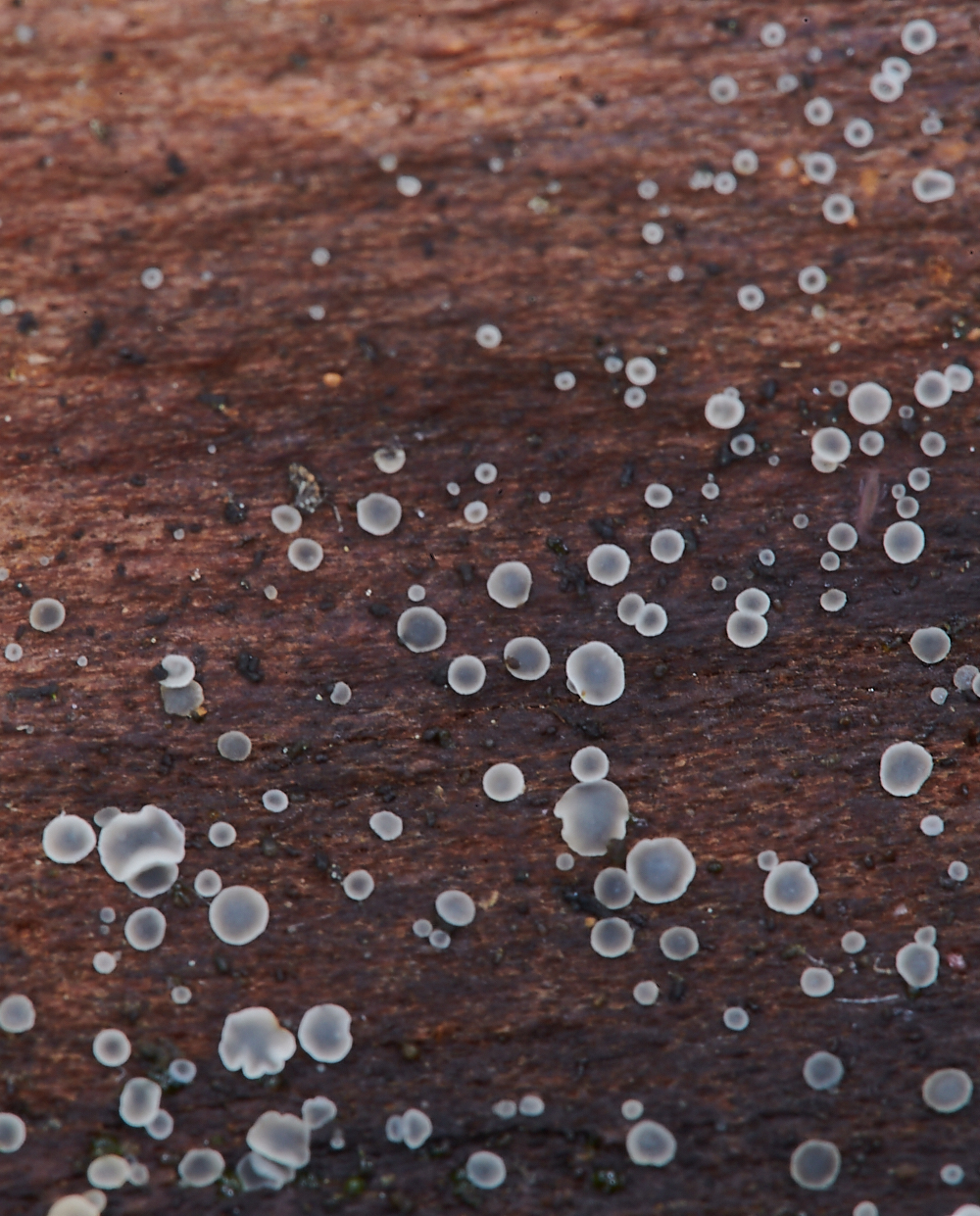
Grey Disco Sp ( Mollisia cineria)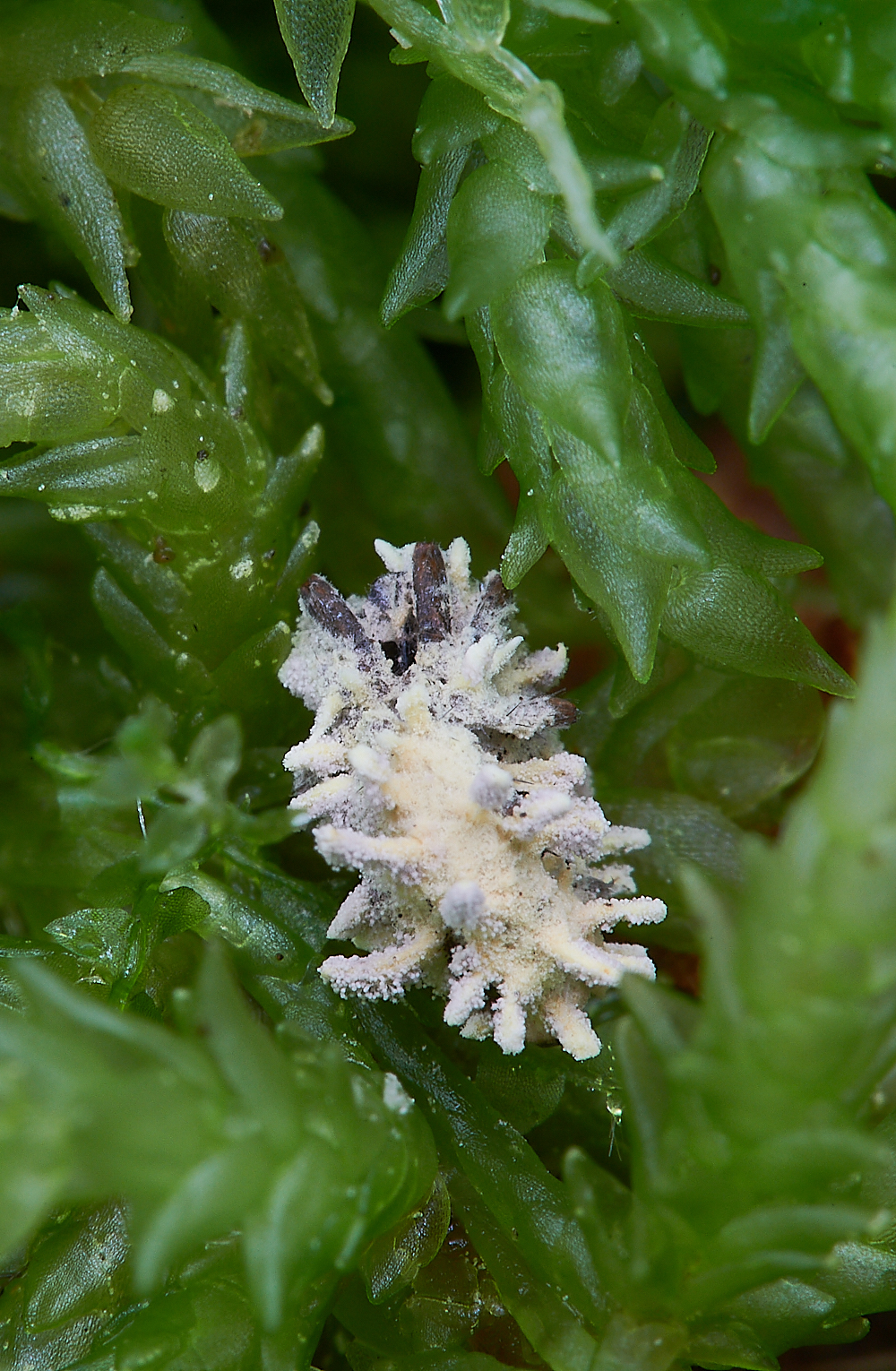
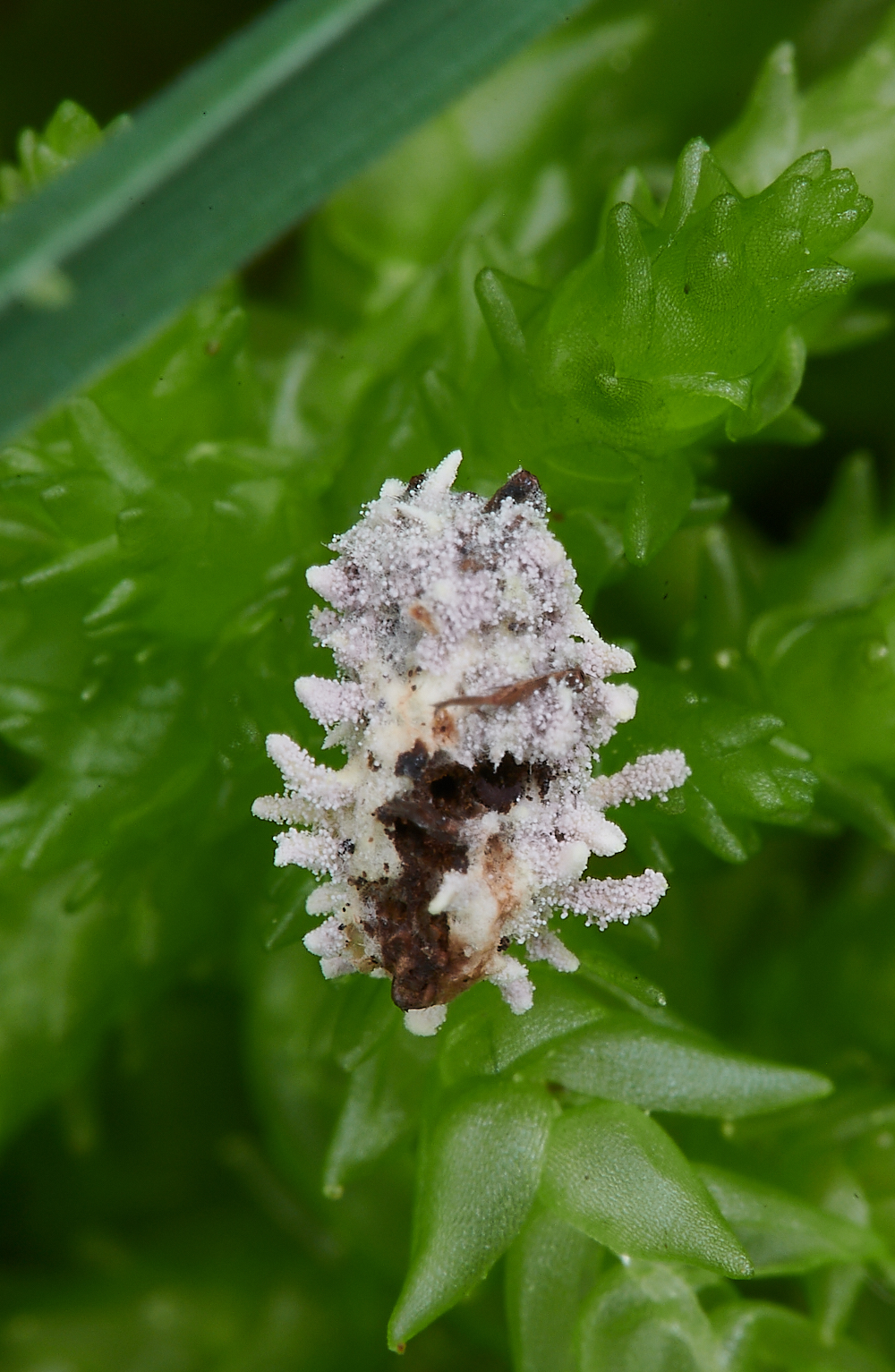
A fungus that attacks Spiders. Gibellula Sp?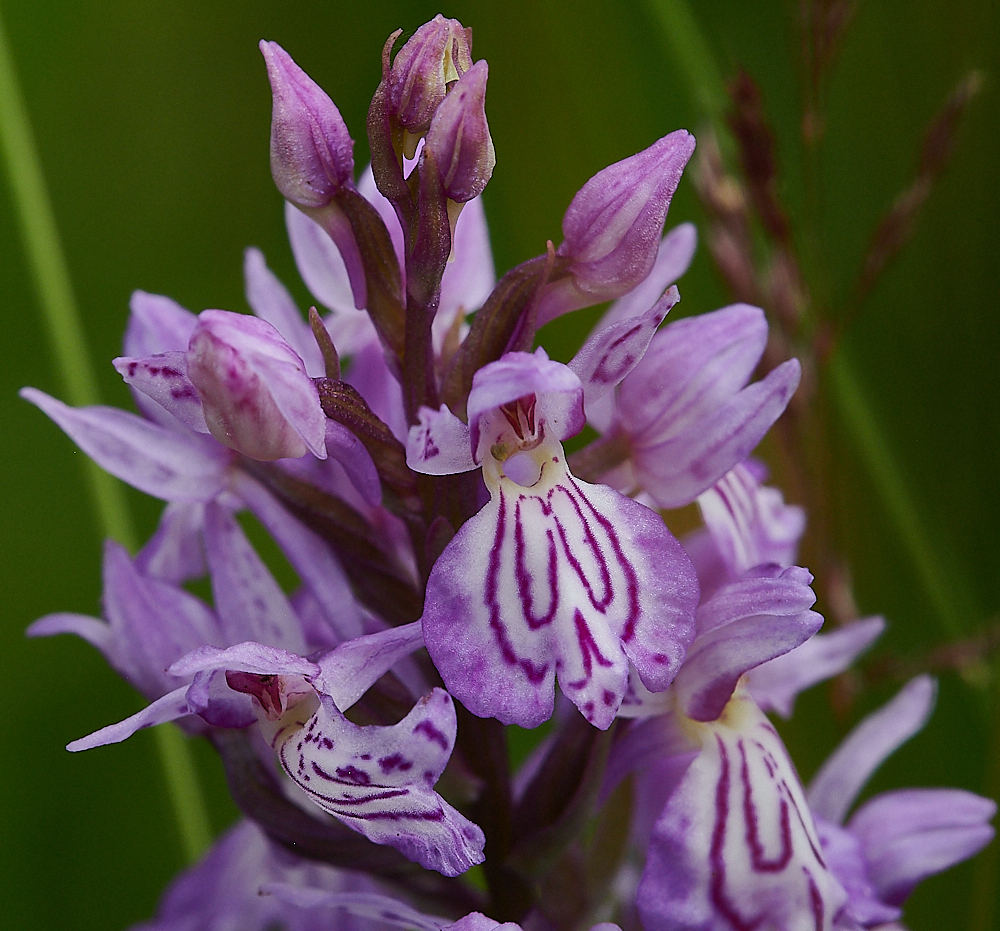
Heath Spotted Orchid (Dactylorhiza maculata)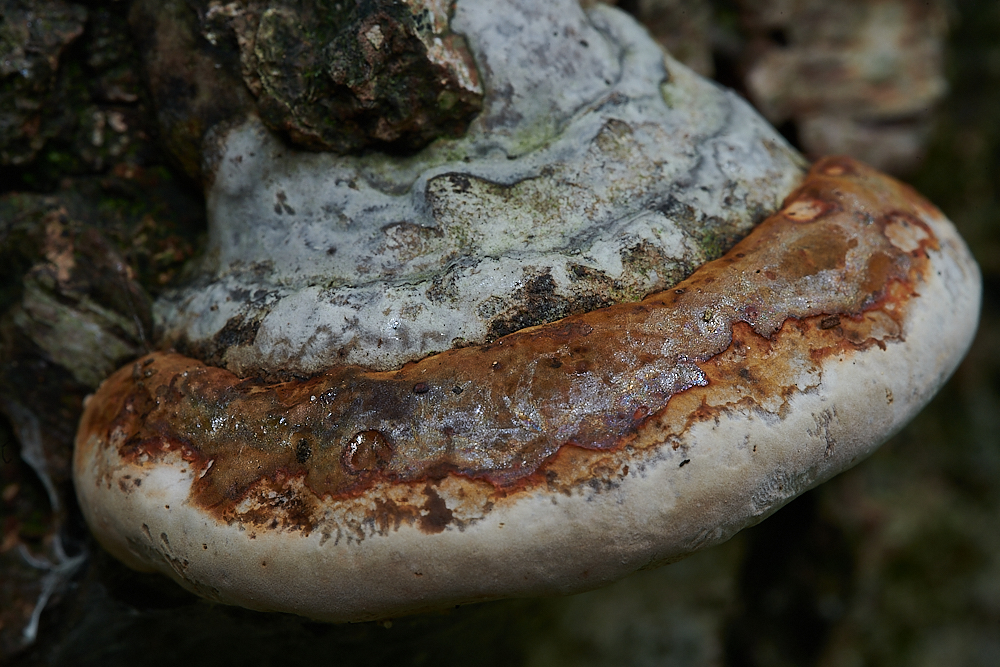
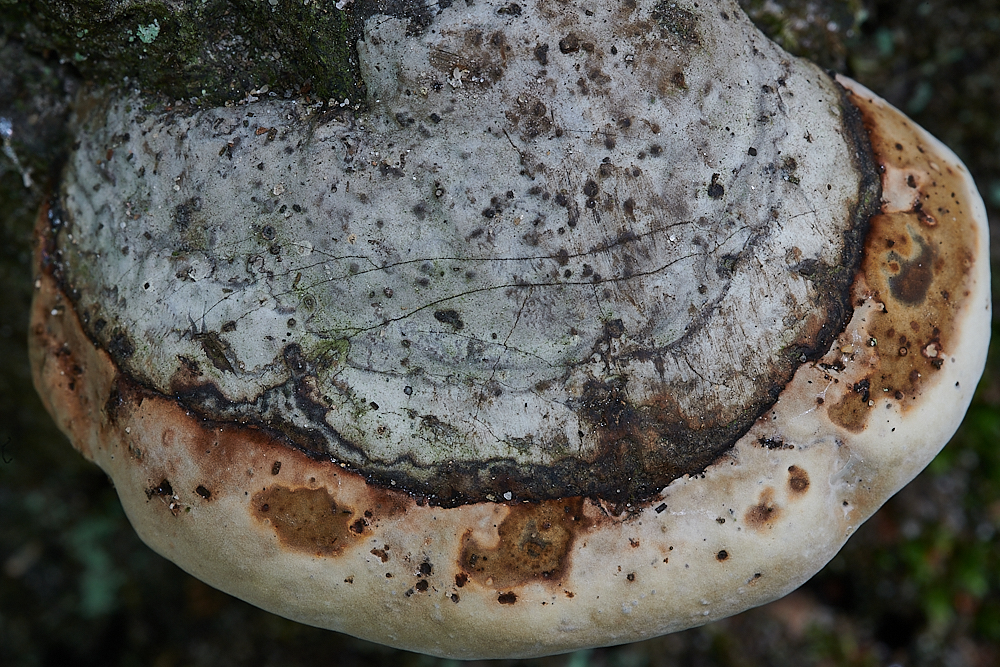
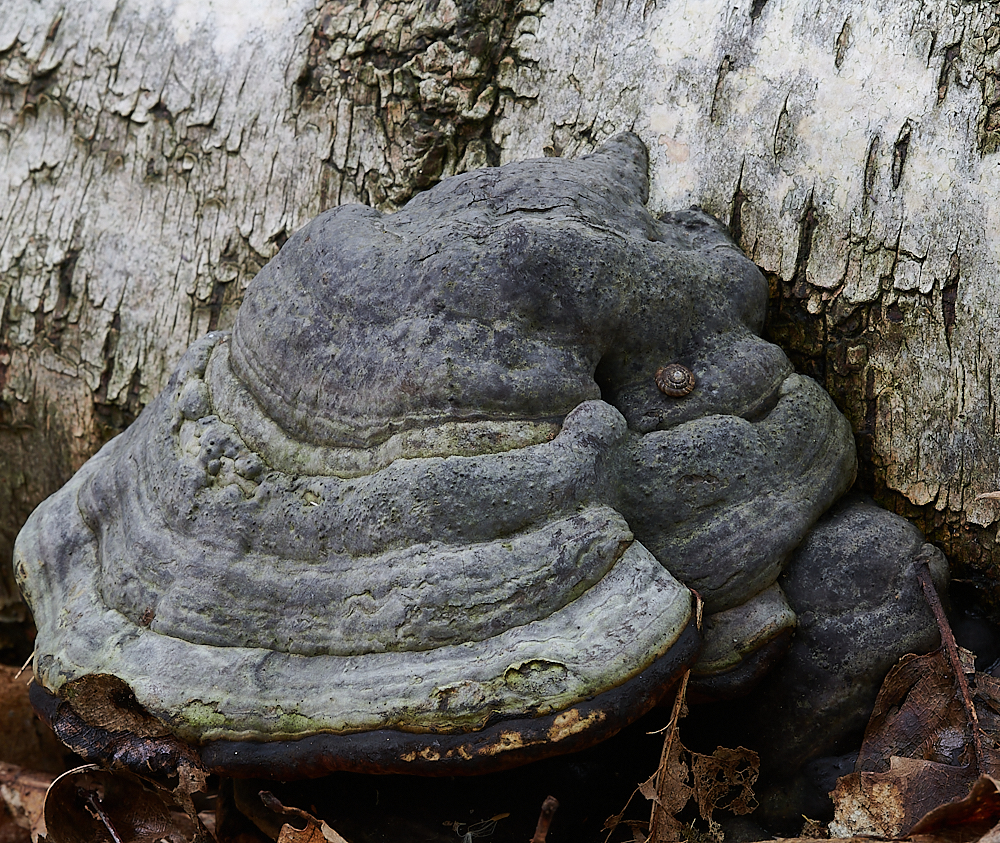
Hoof Fungus (Fomes fomentarius)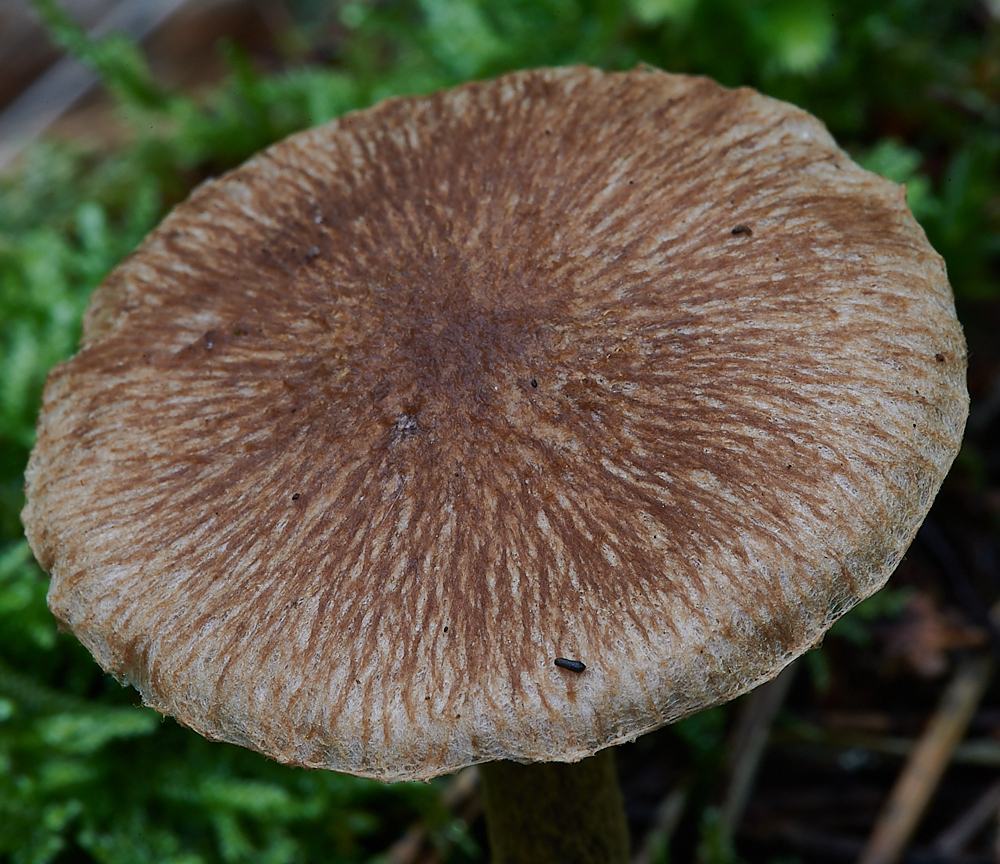
Inocybe asterospoa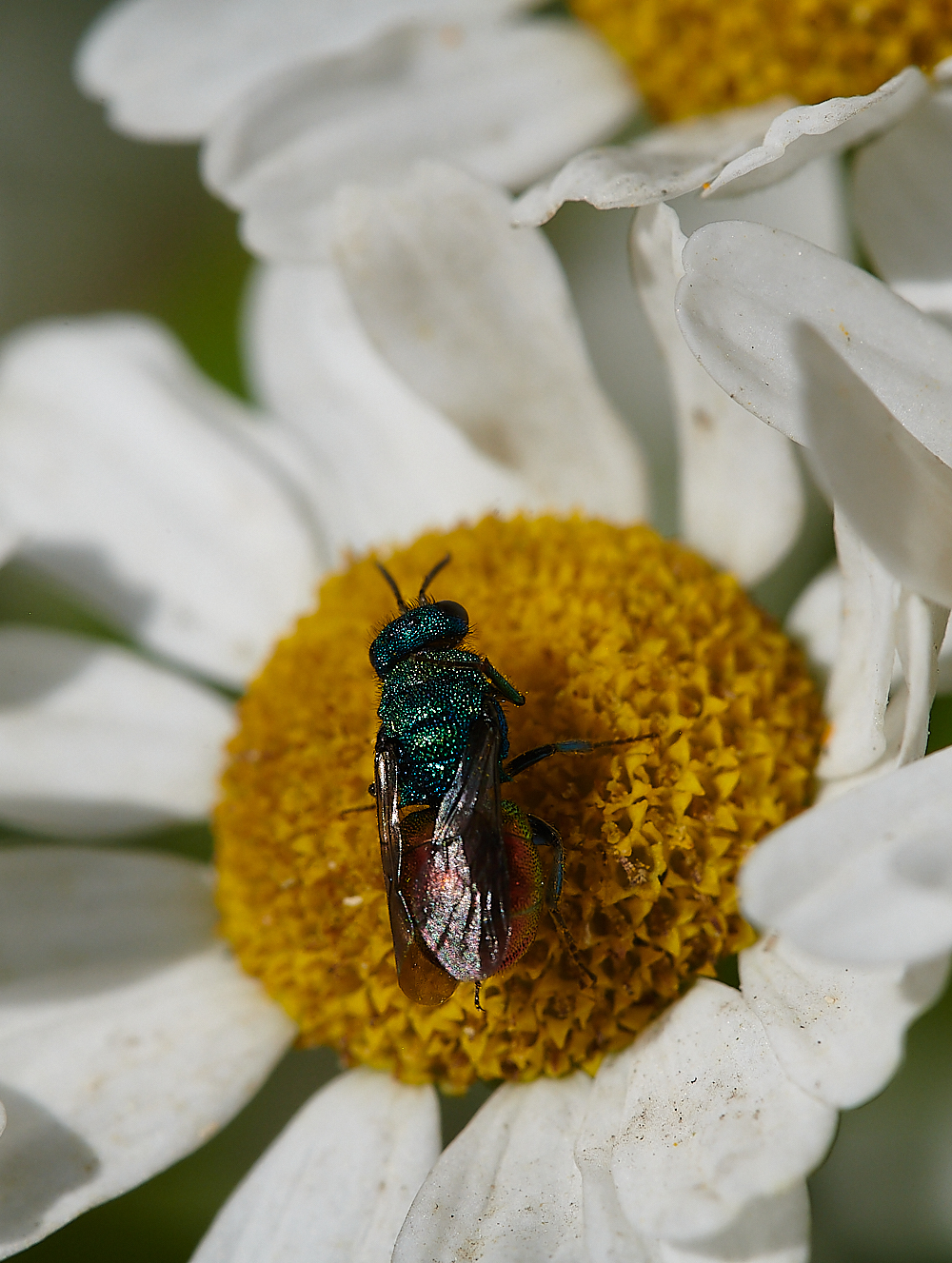
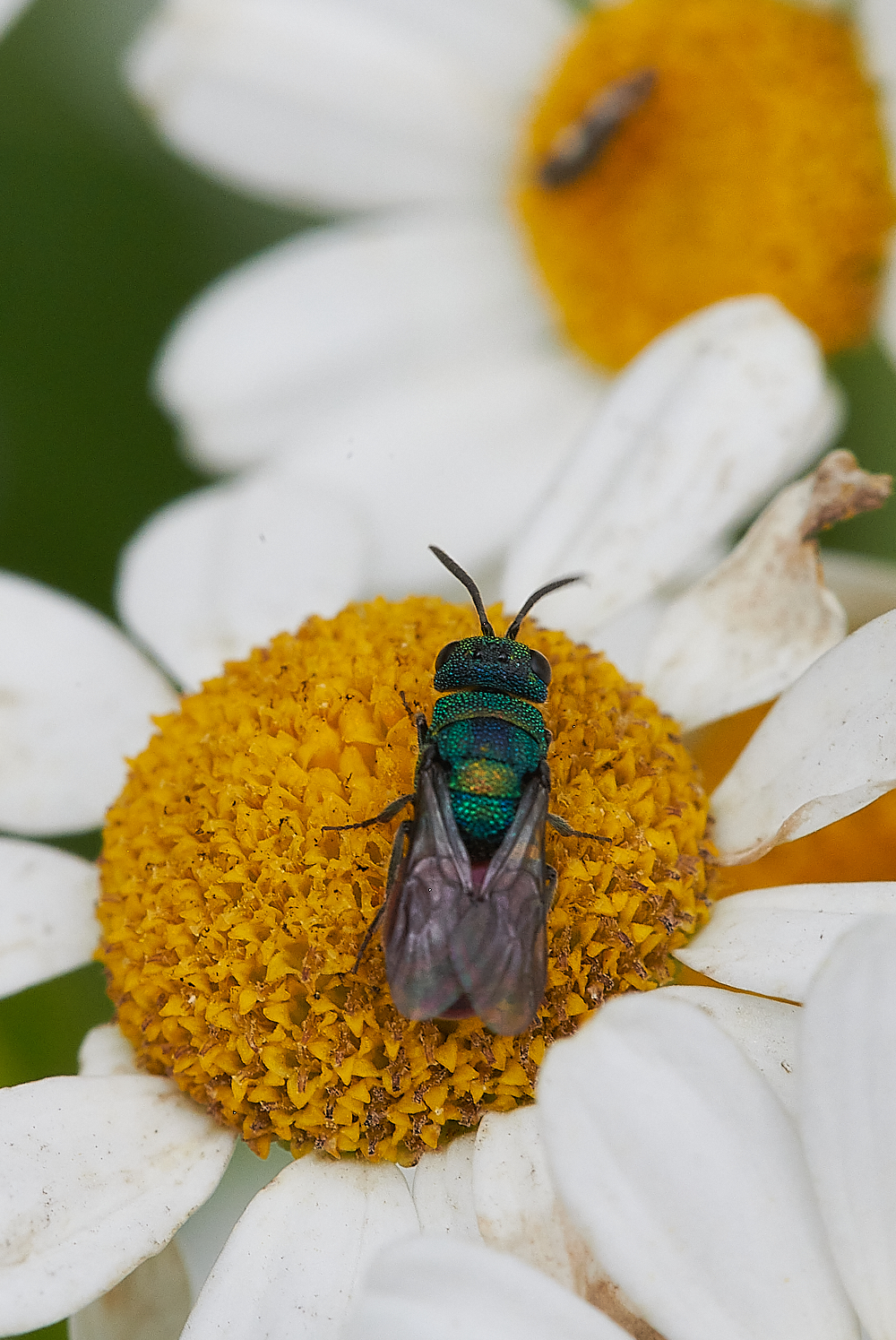
Jewel Wasp Sp (Chrysidid Sp)
Probably a male Hedychrum Sp (niemelai or nobile)
A Key for these can found
here
Thanks to Nick Owens for comments and suggestions.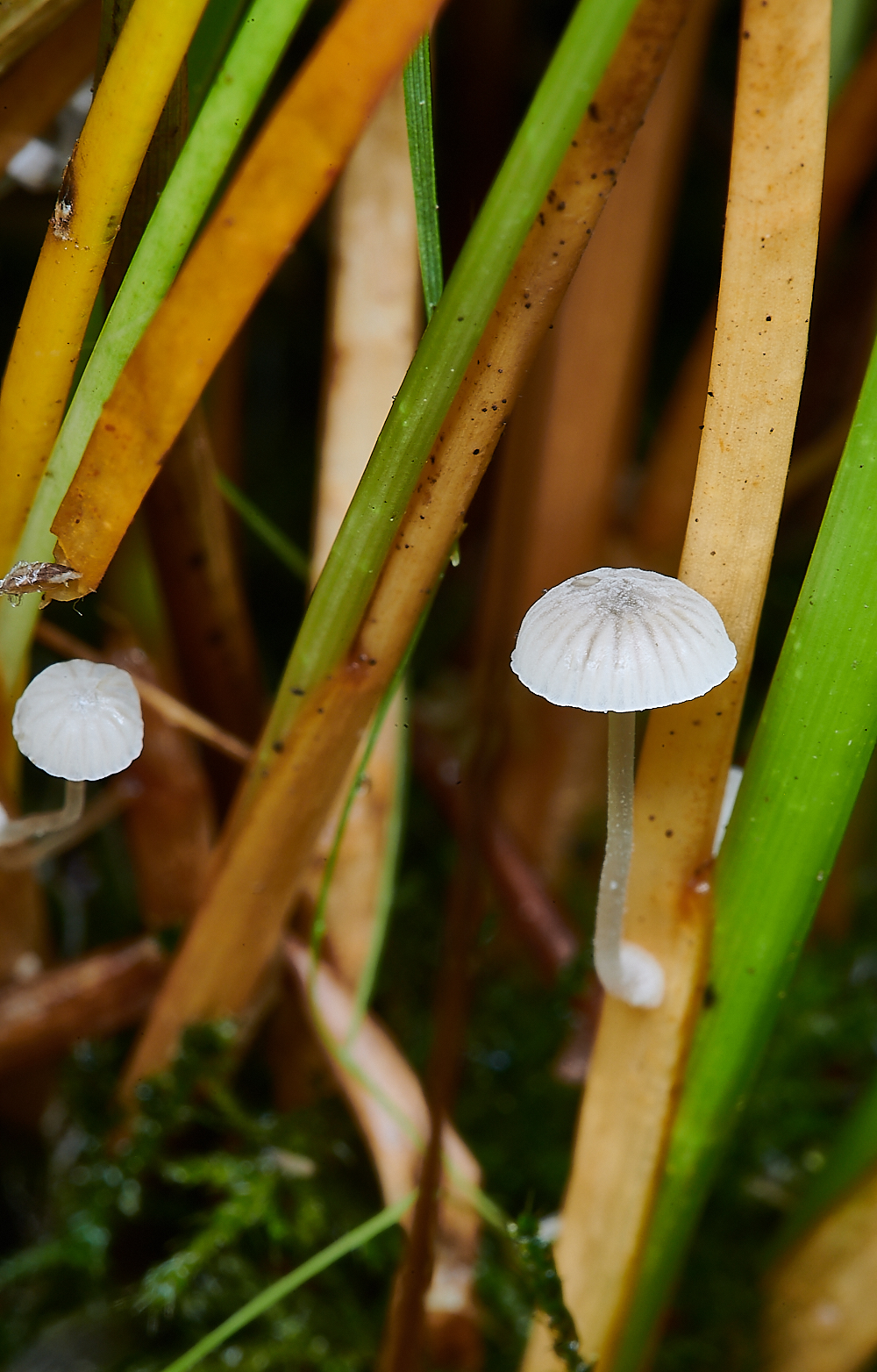
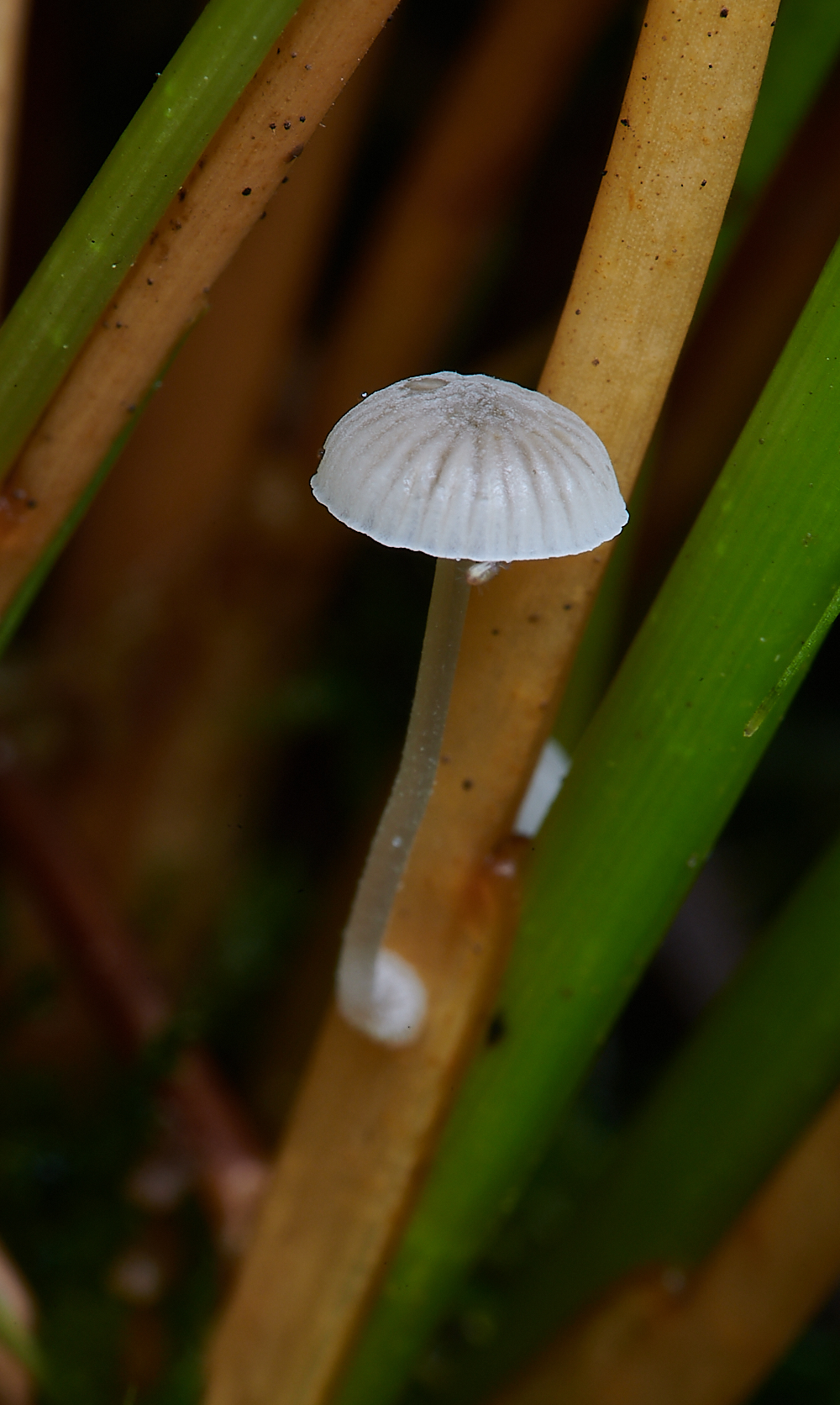
Fungus on Juncus Sp Mycena bulbosa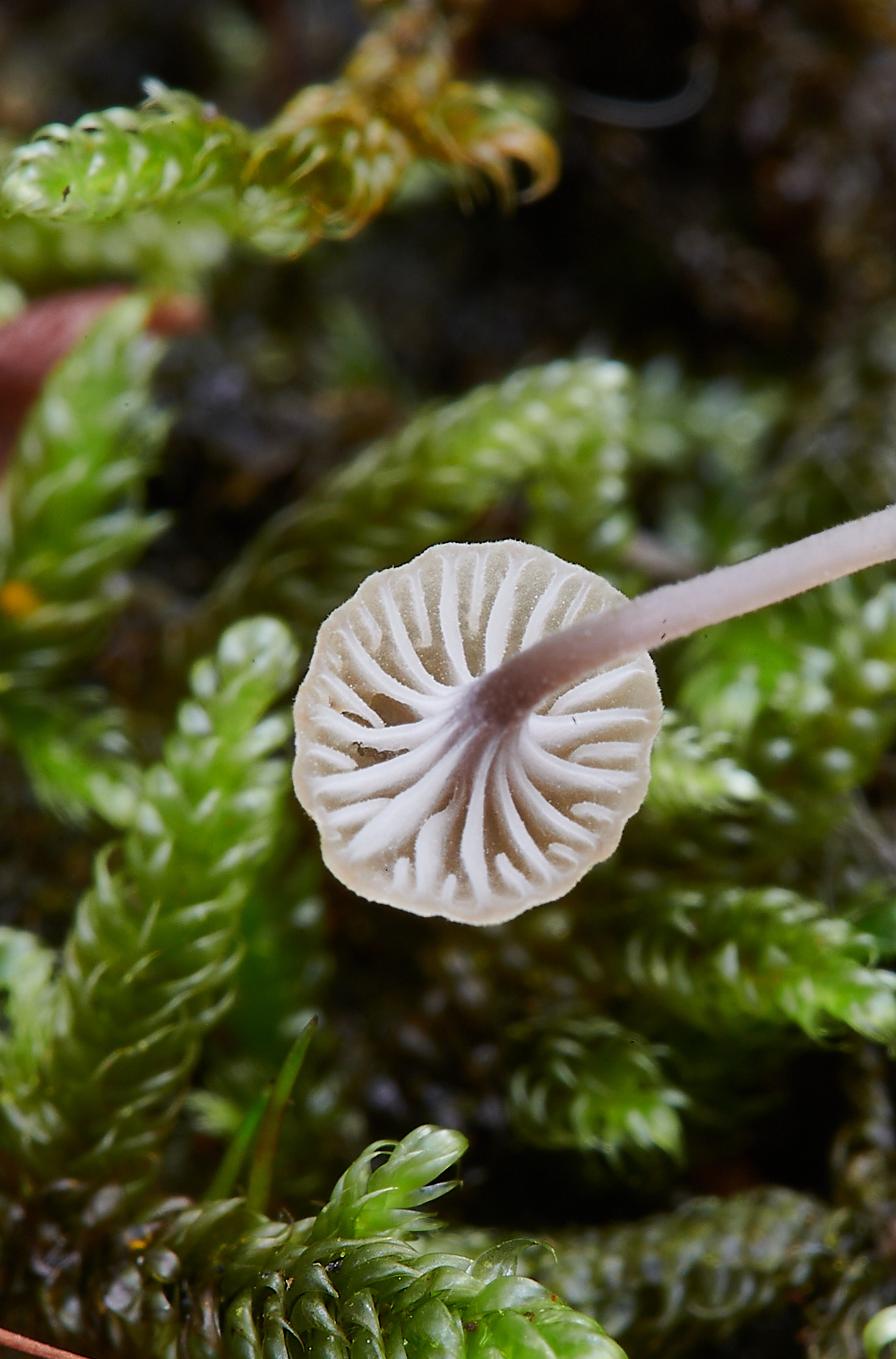
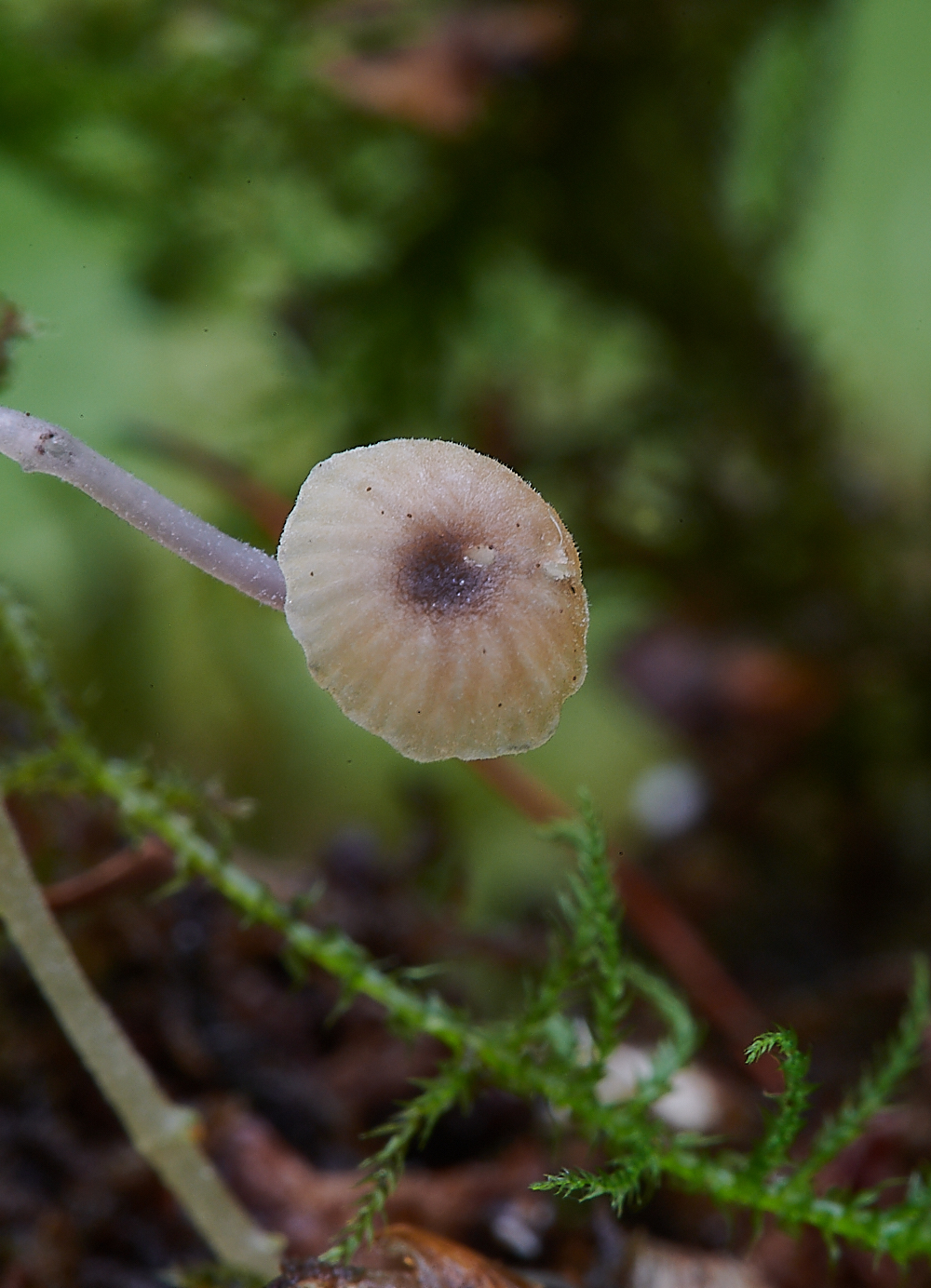
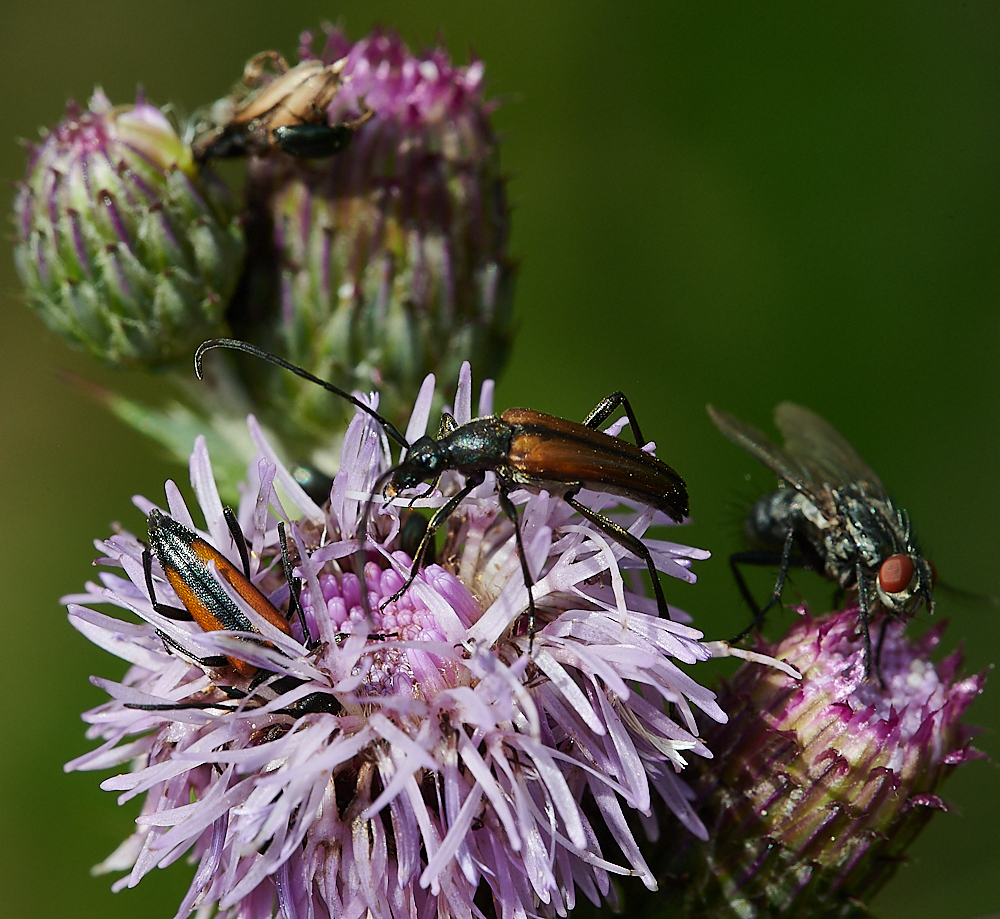
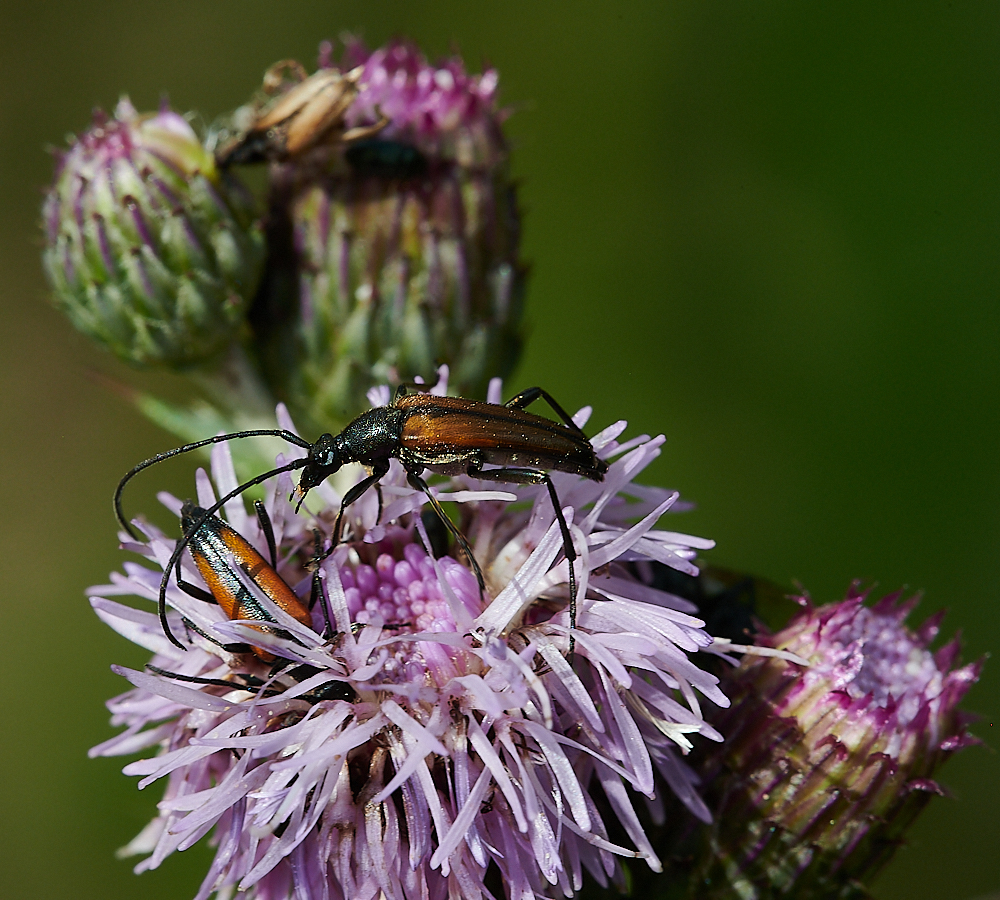
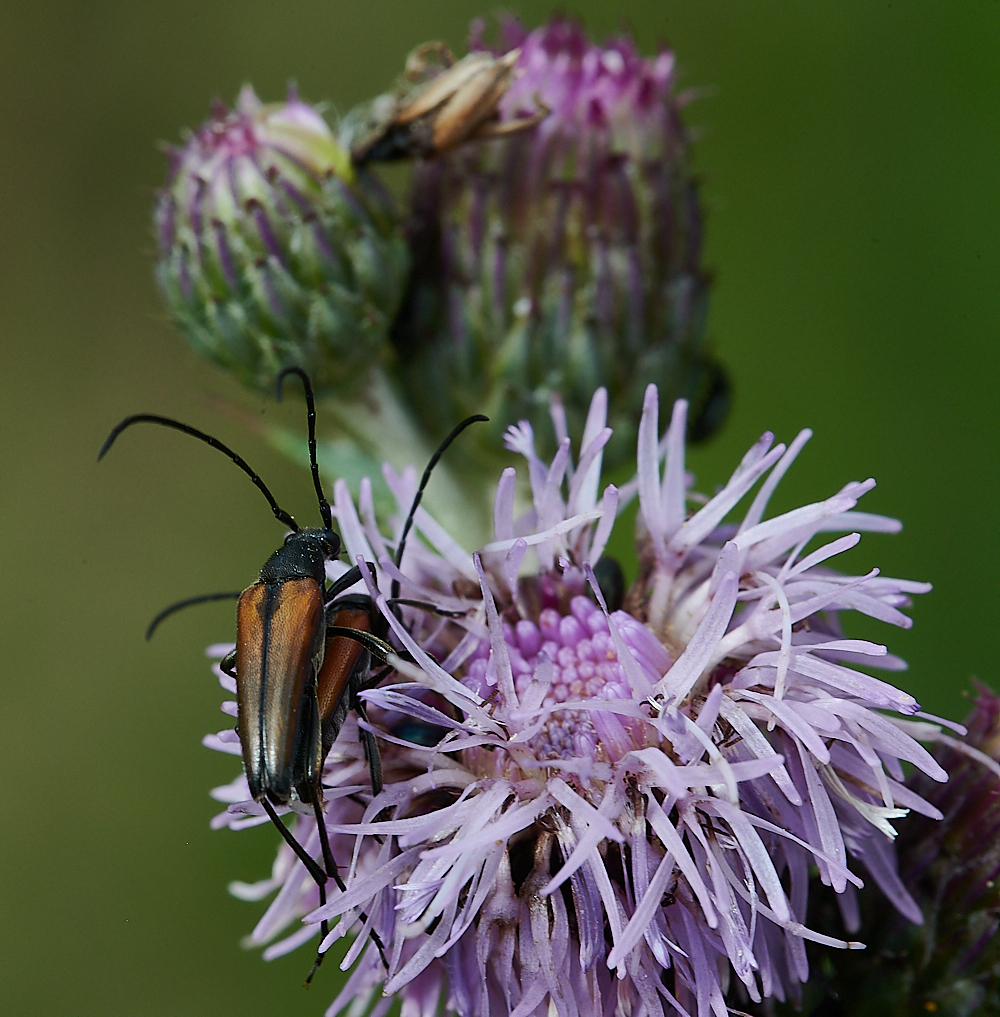
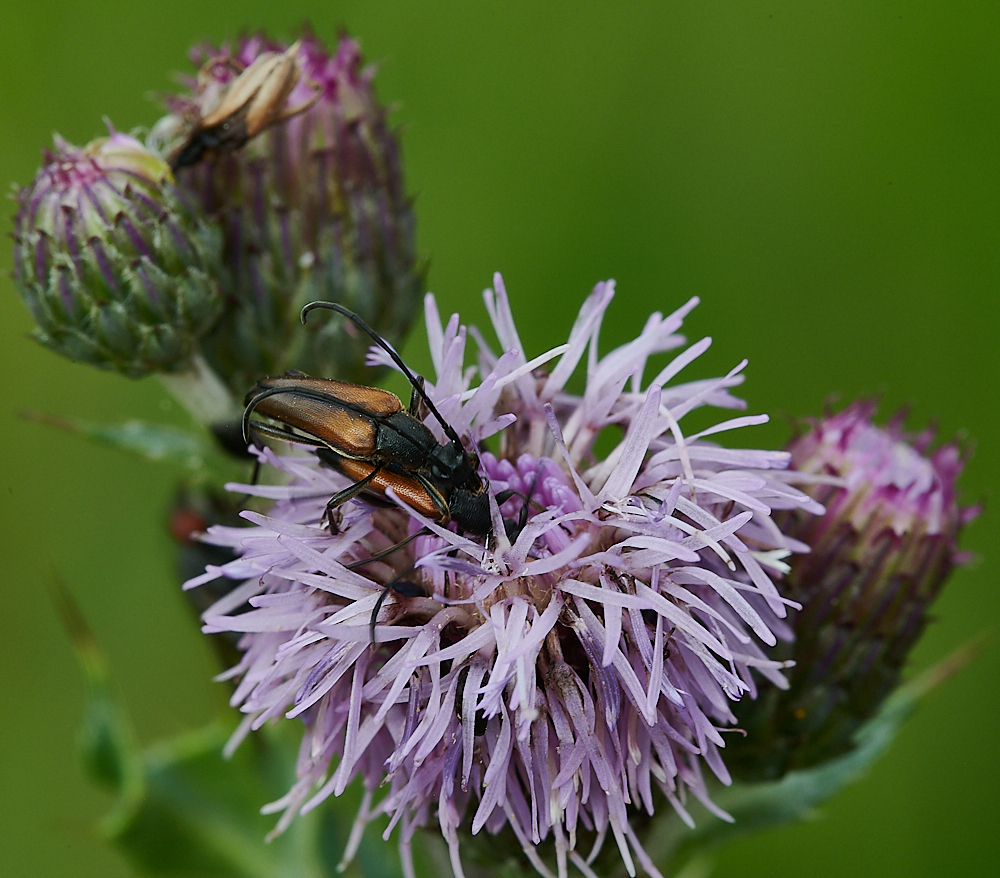
Longhorn Beetle (Stenurella melanura)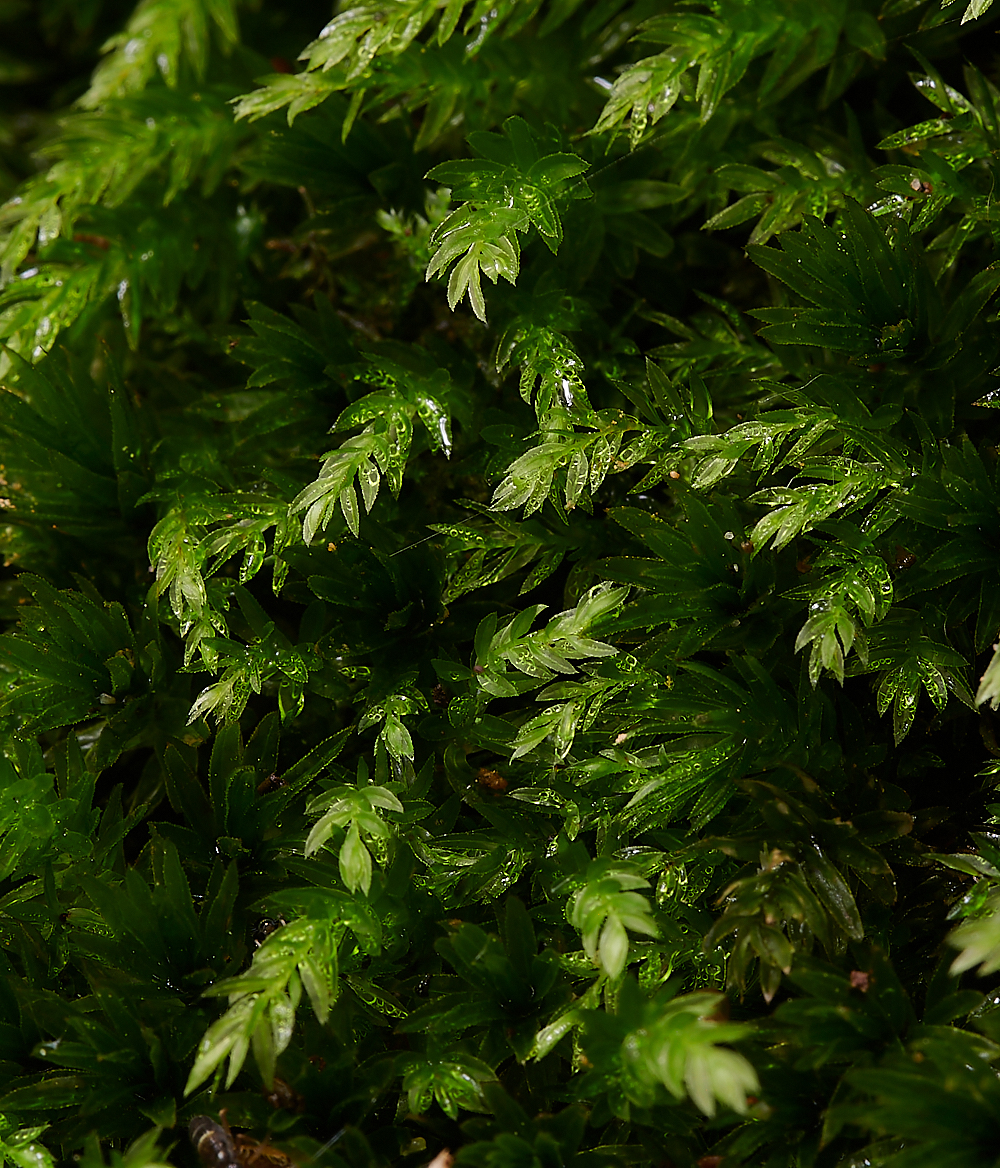
Fresh growth on Mnium hornum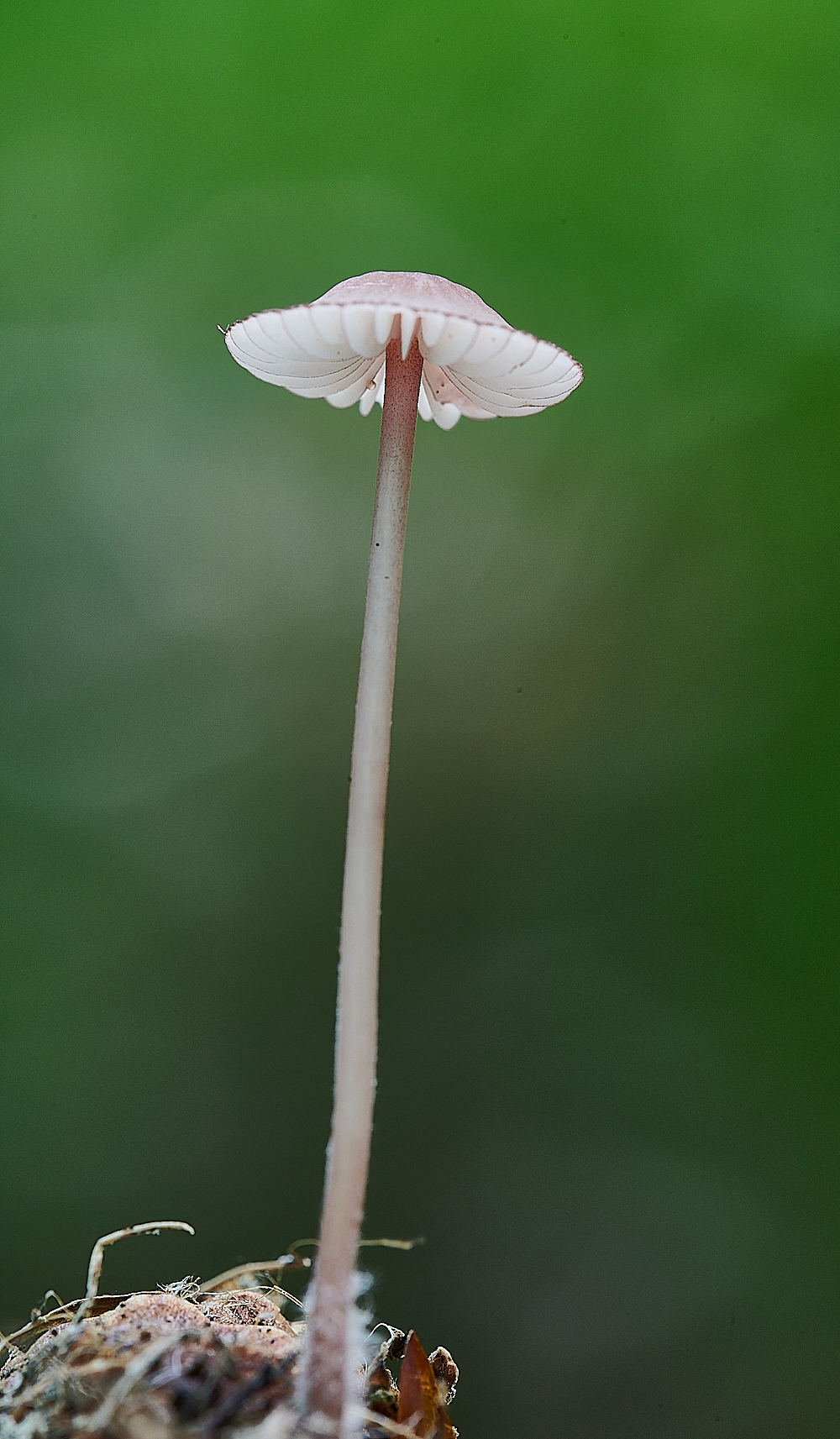
Bleeding Bonnet (Mycena sanguinolenta)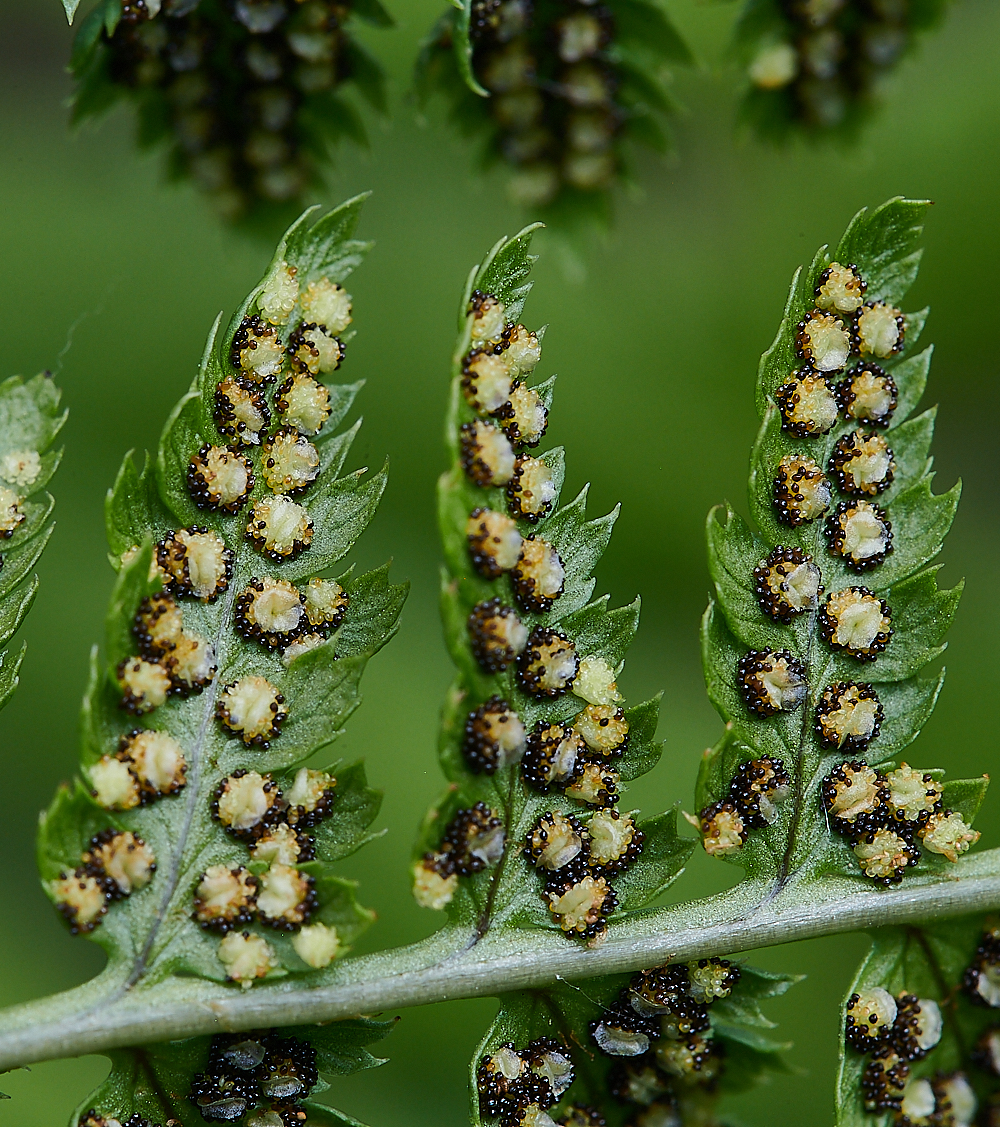
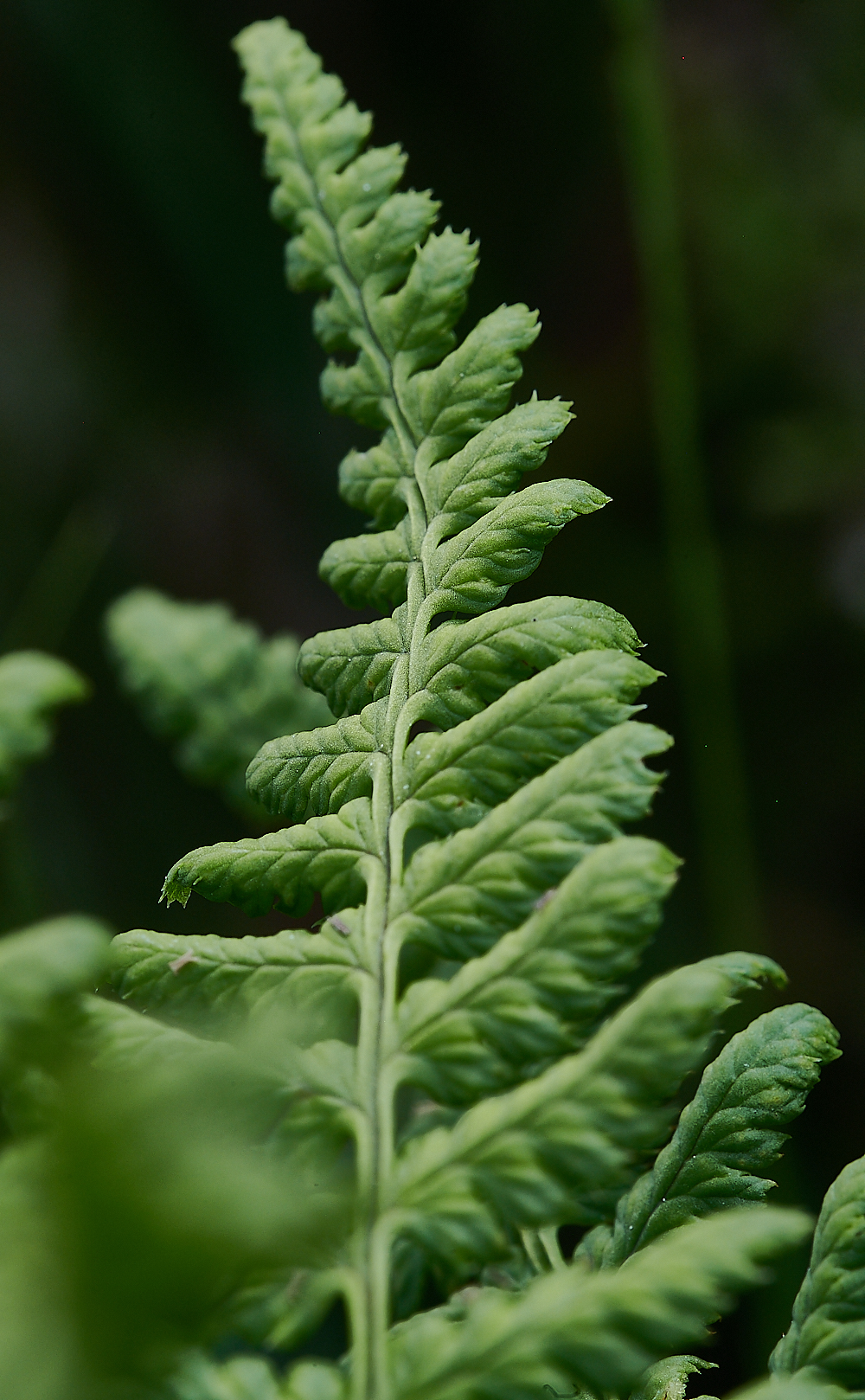
Narrow Buckler Fern (Dryopteris Carthusiana)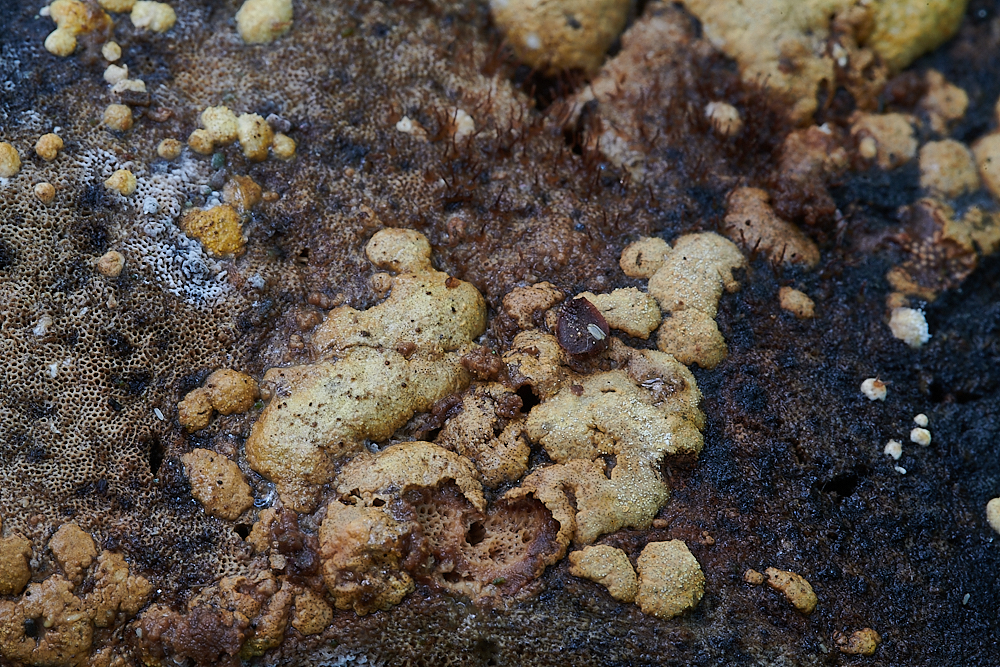
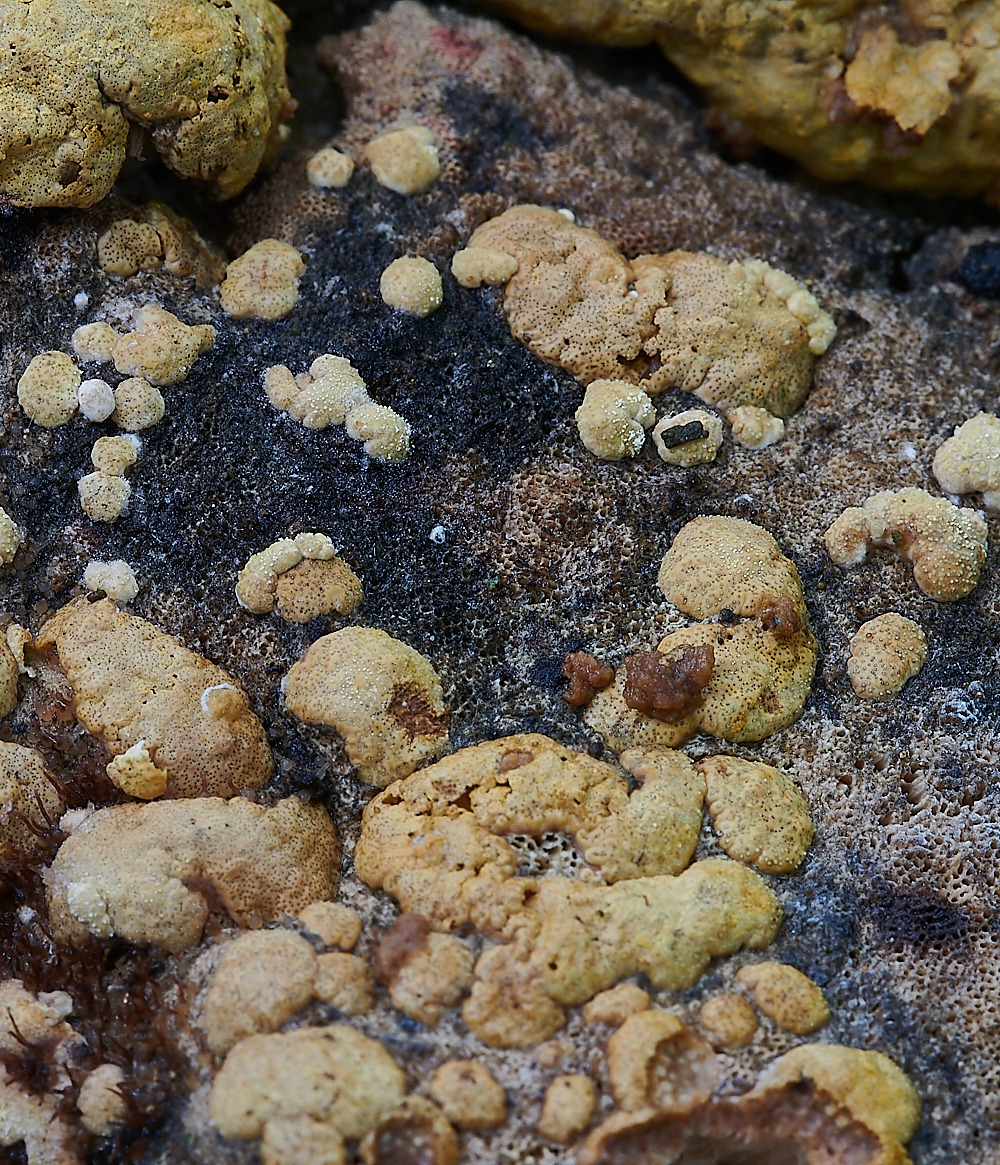
Ochre Cushion (hypocrea pulvinata) growing on Birch Polypore 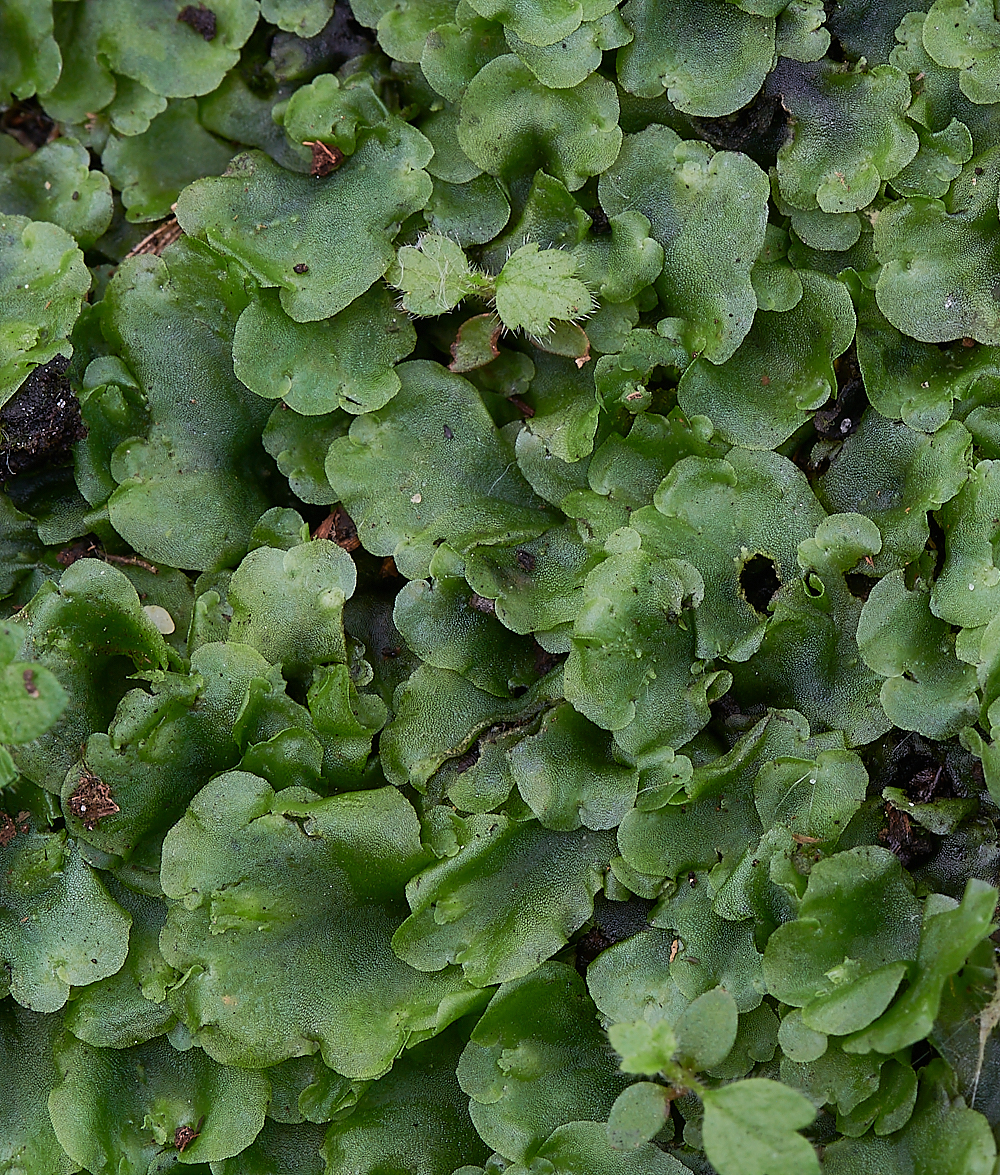
Common Pellia (Pellia epiphylla)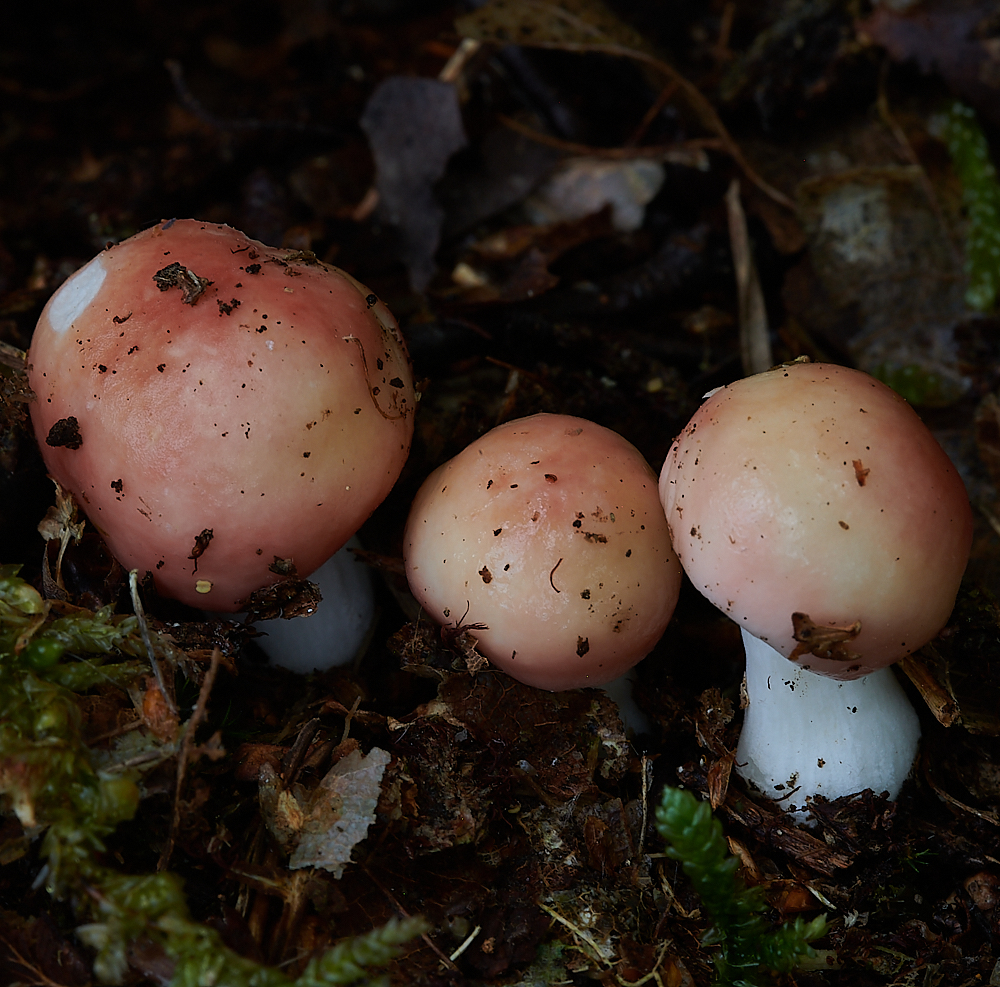
Russula silvestris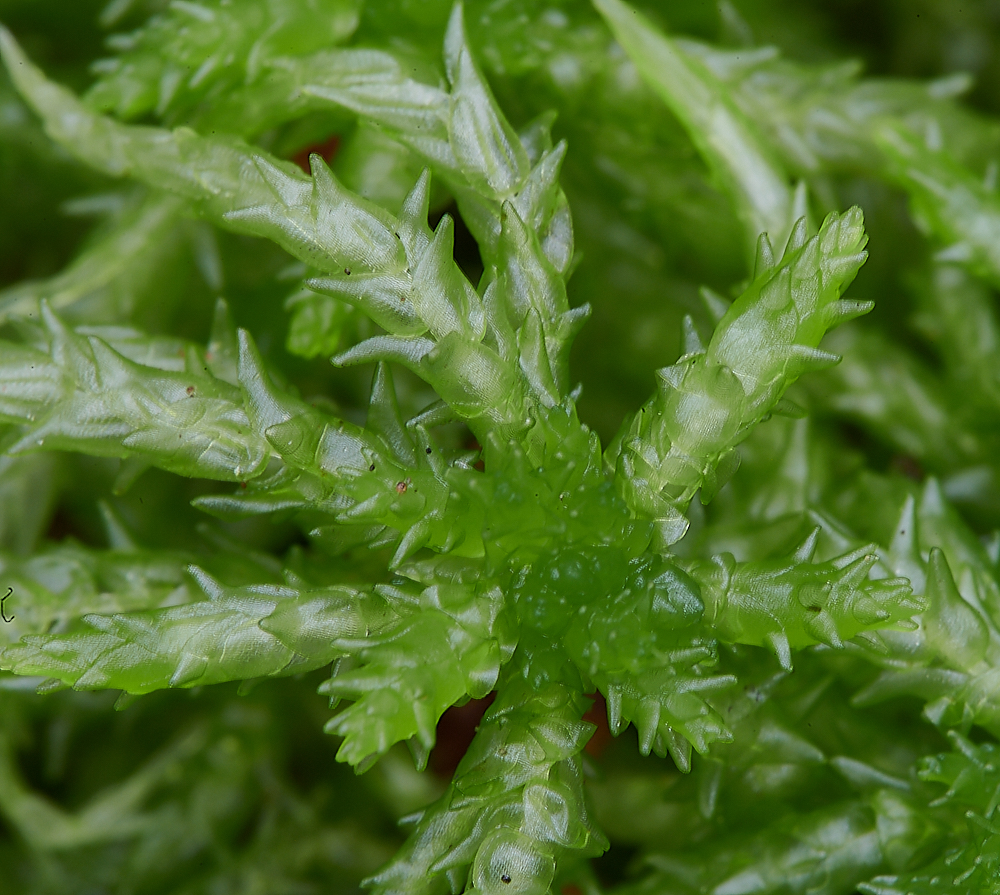
Flat-topped Bog-moss (Sphagnum fallax)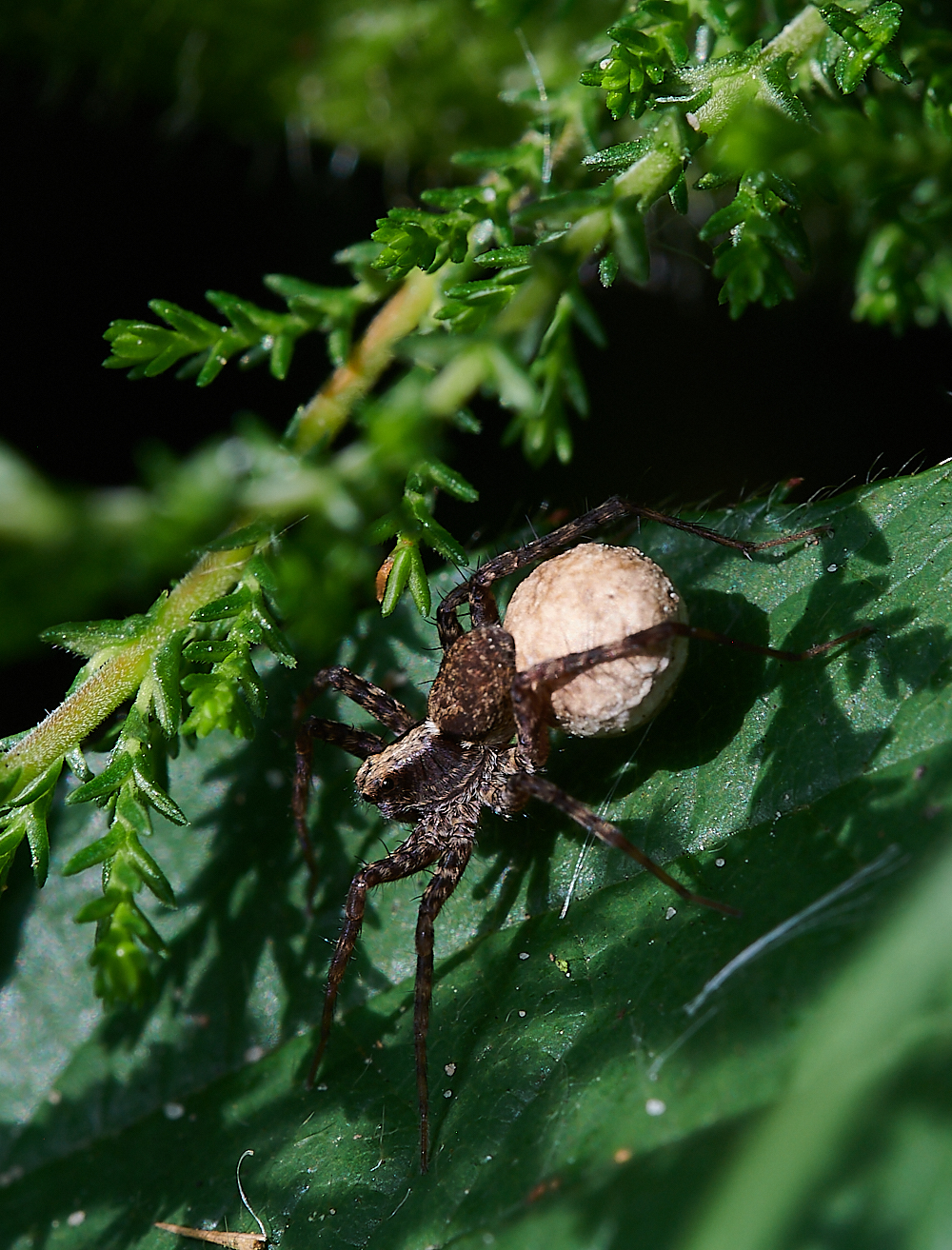
Spider Sp with egg sac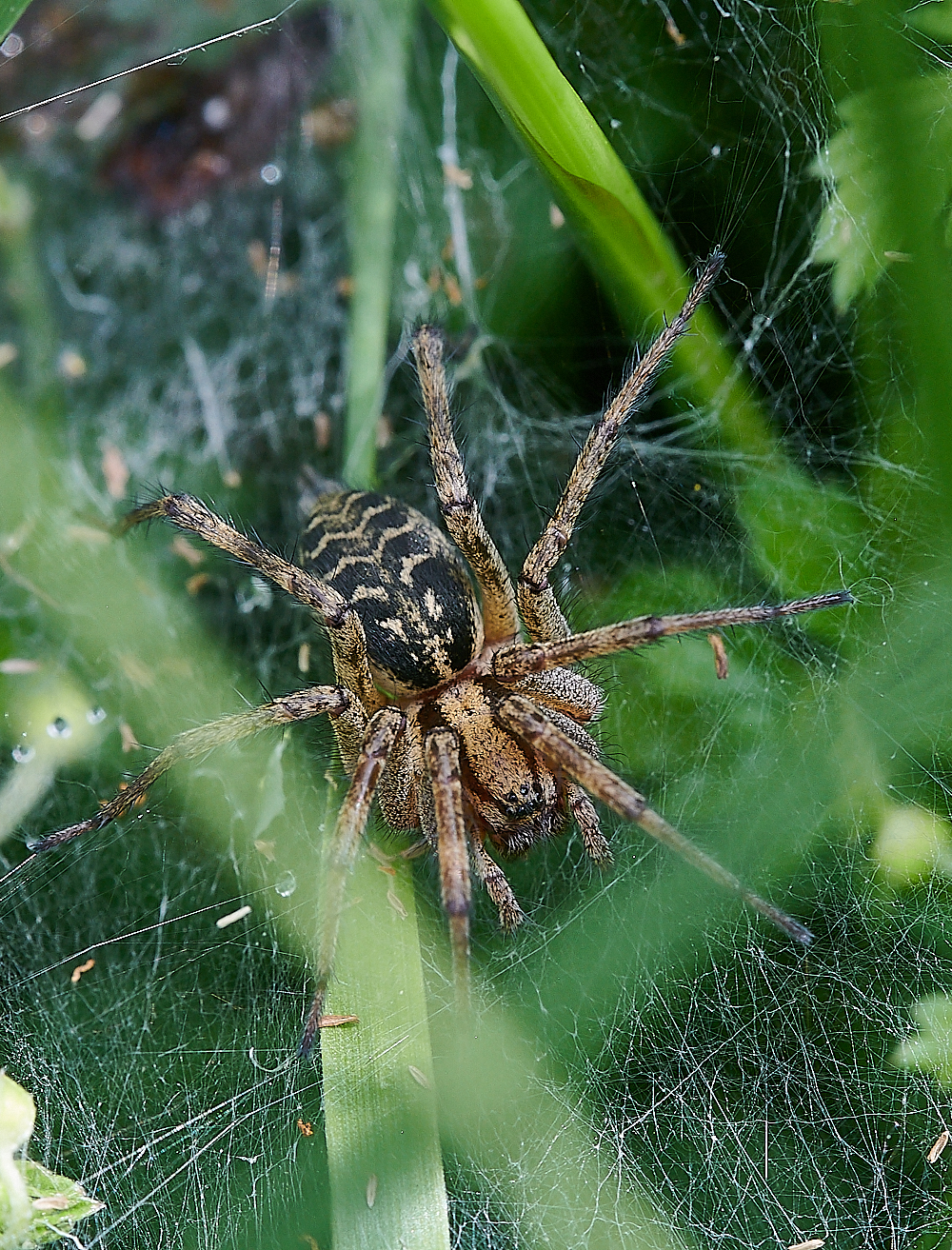
Spider Sp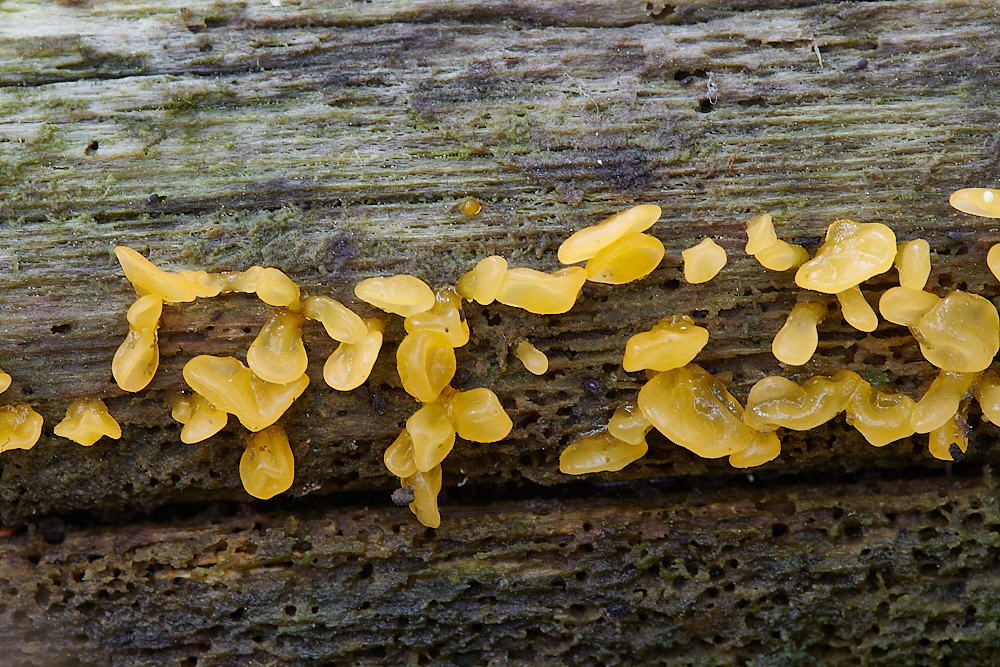
Pale Stagshorn (Calocera pallidosppathulata)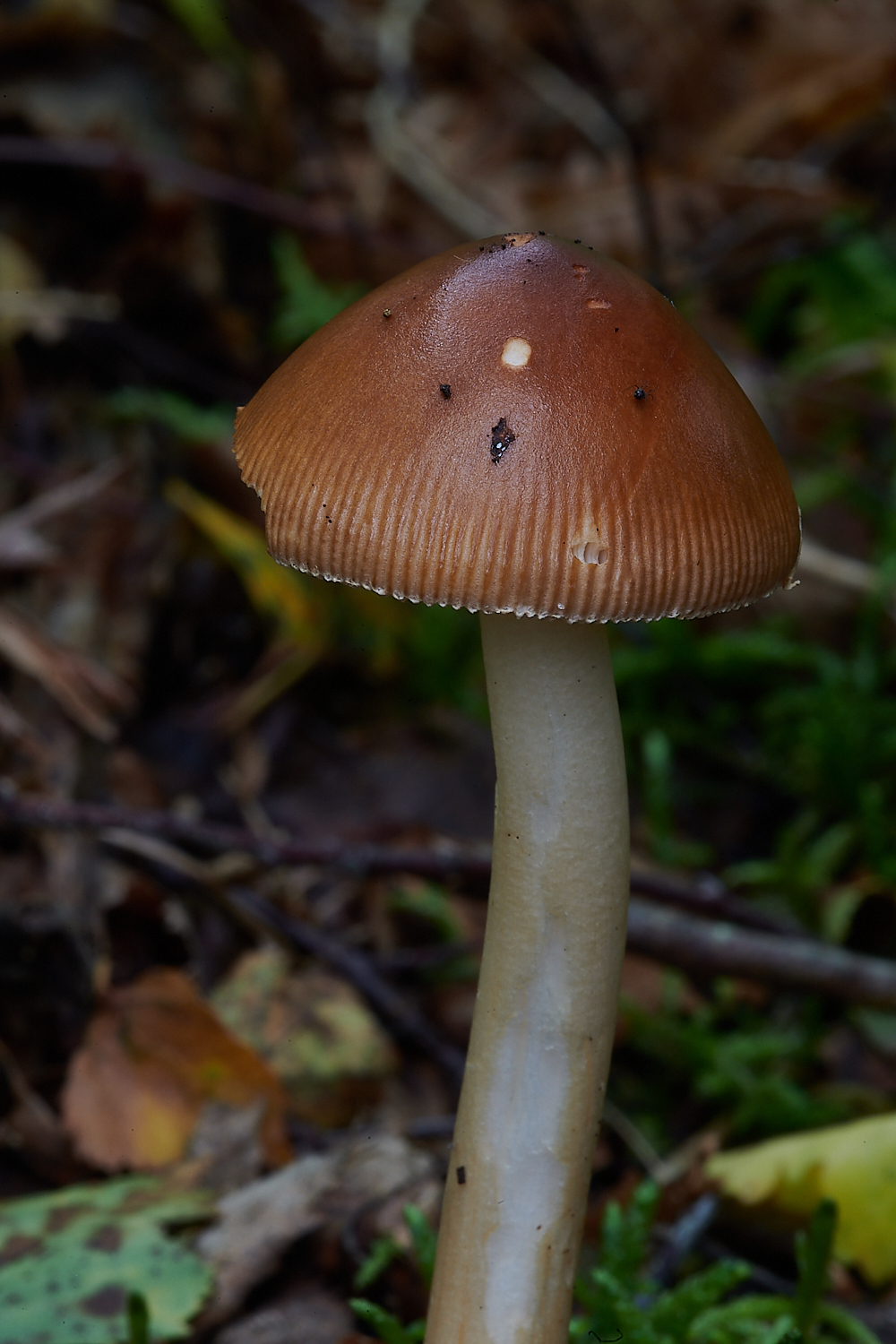
Tawny Grisette (Amanita fulva)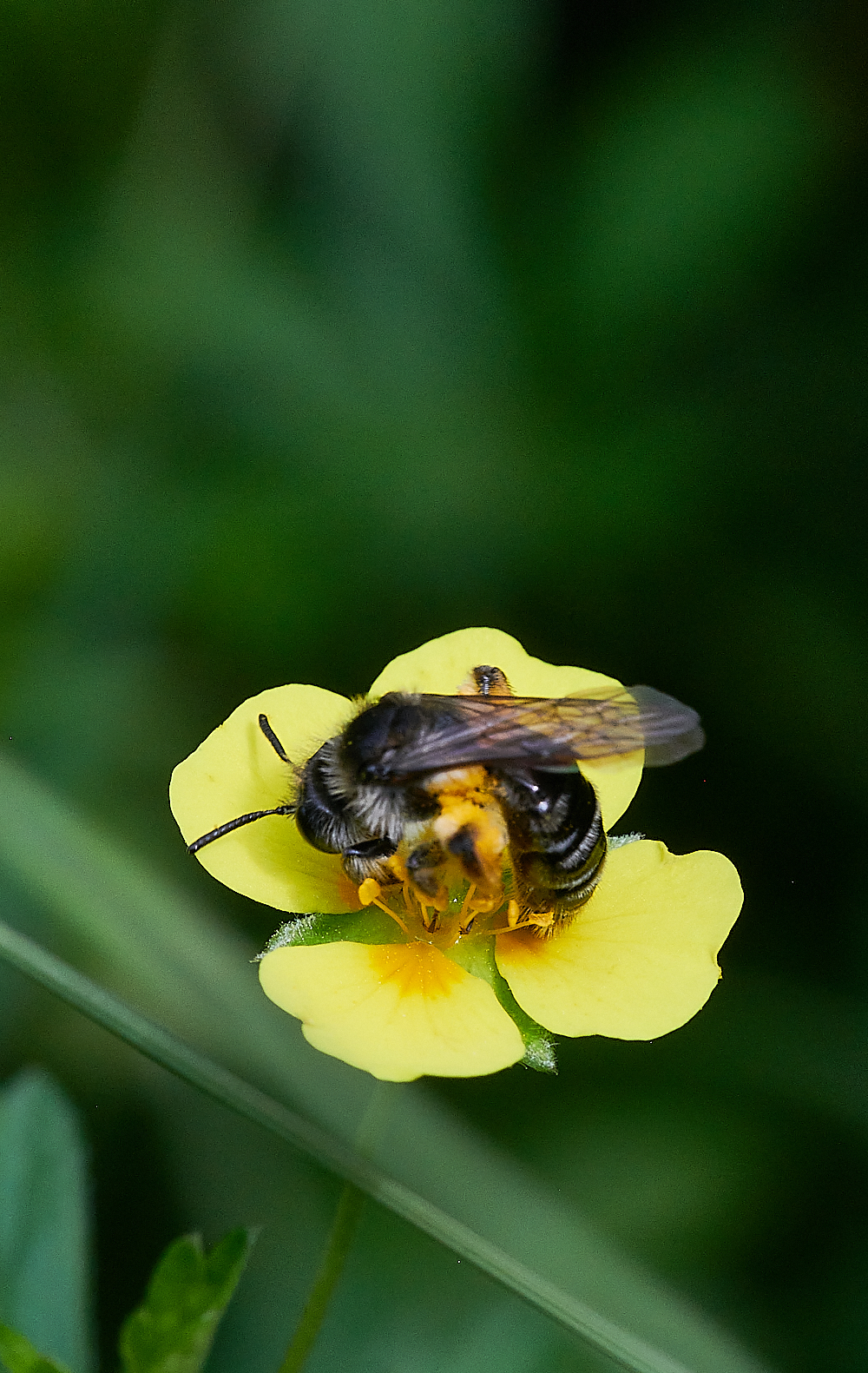
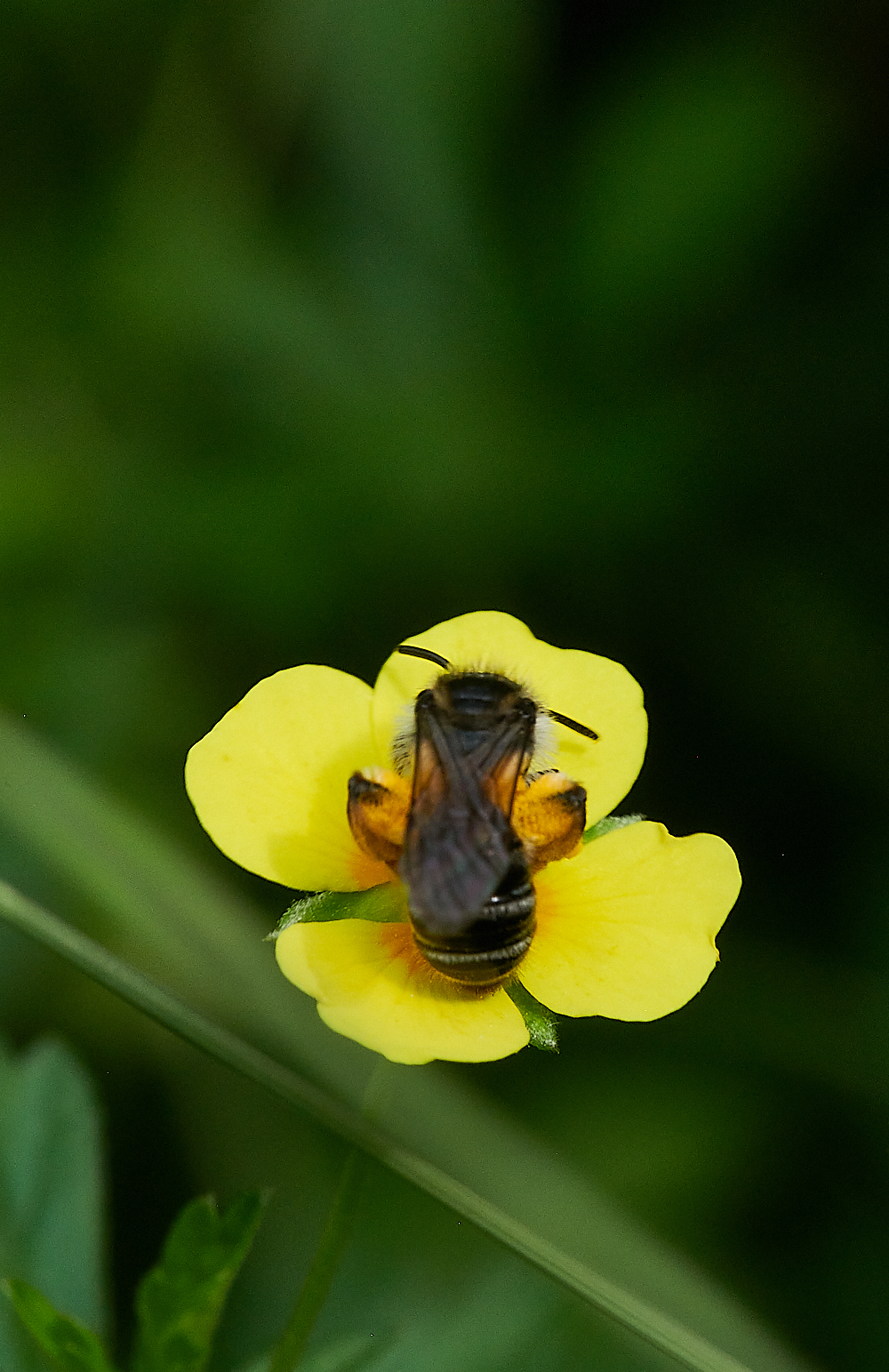
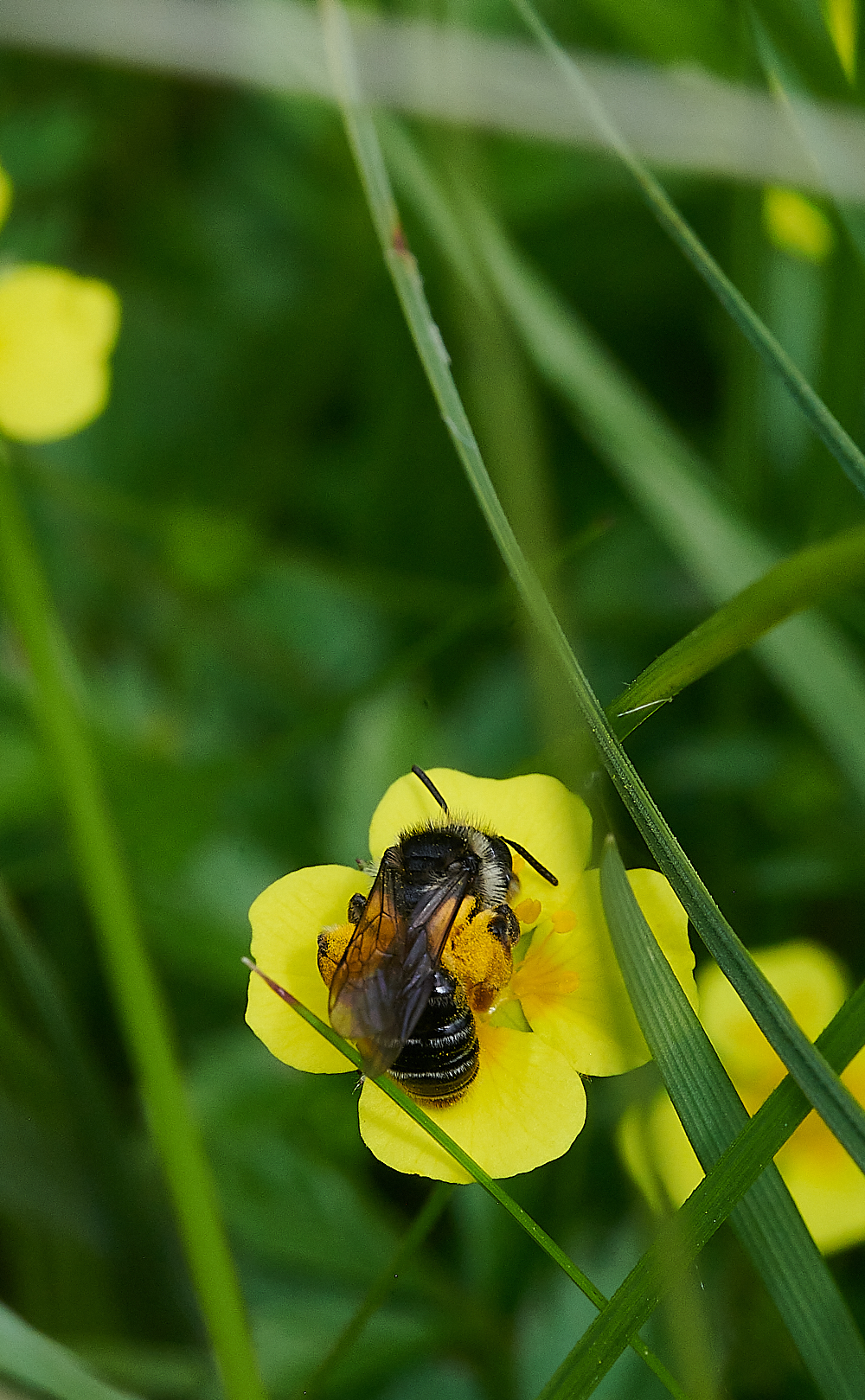
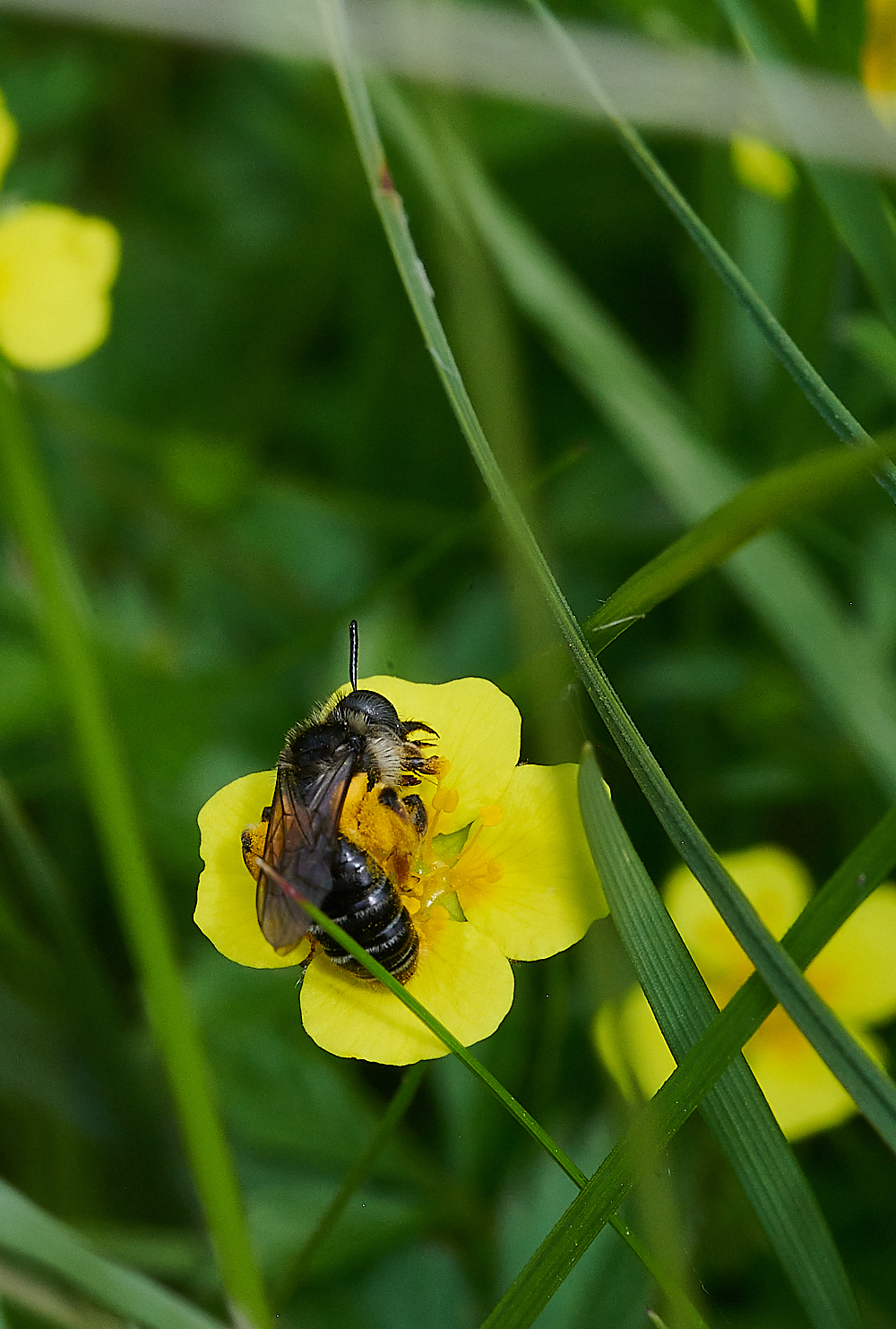
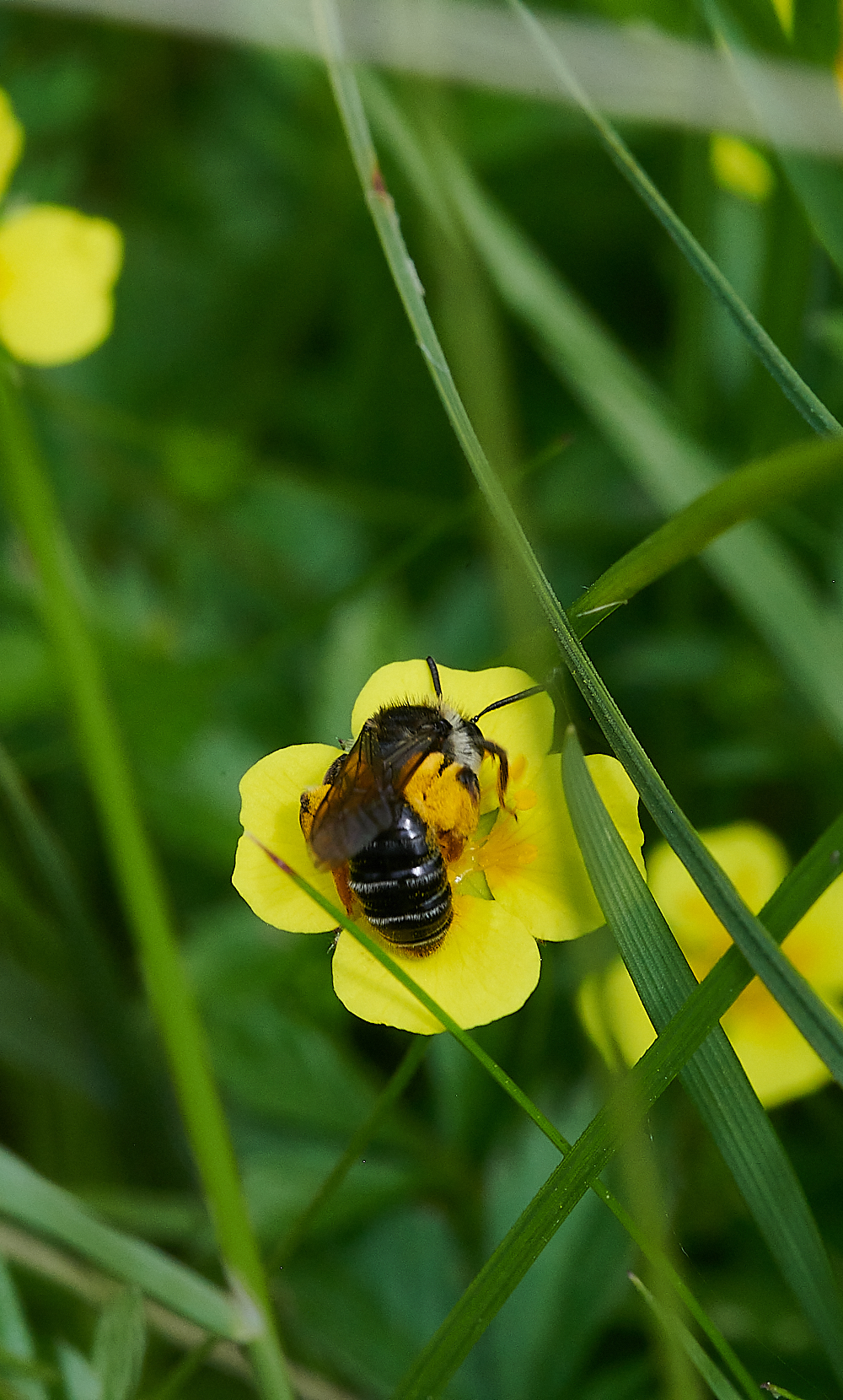
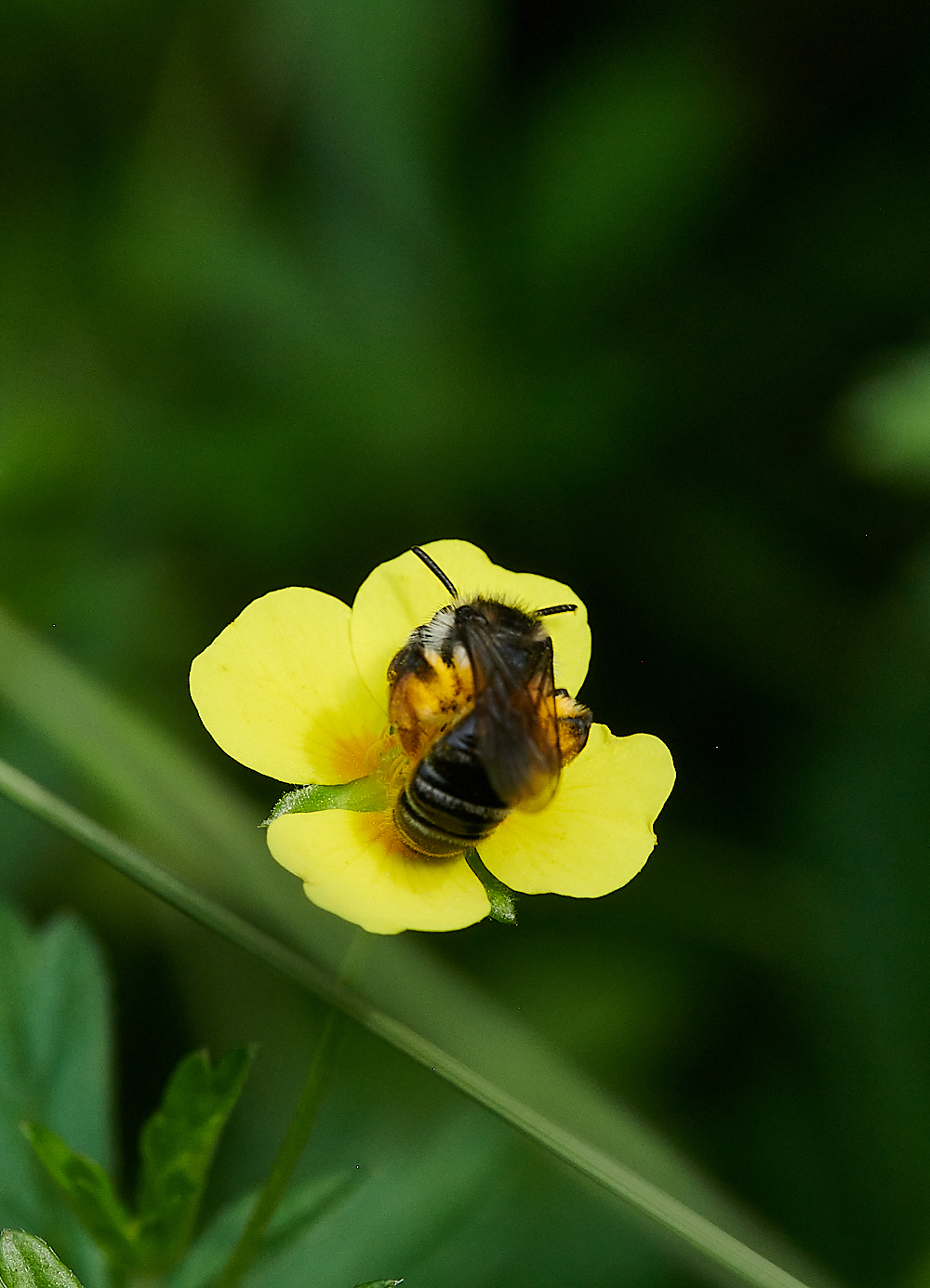
Tormentil Mining Bee (Andrena tarsata)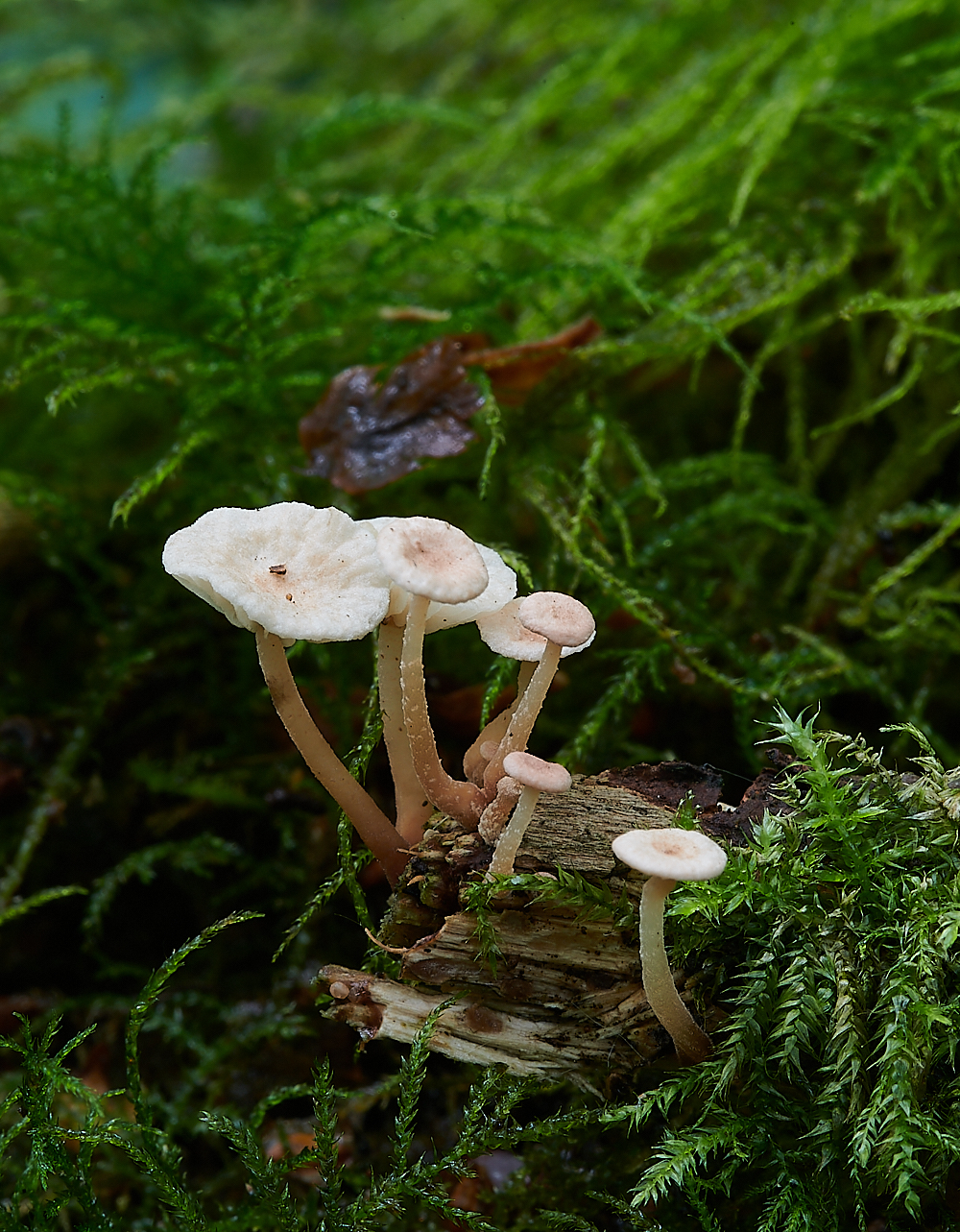
Twig Parachute (Marasmiellus ramealis)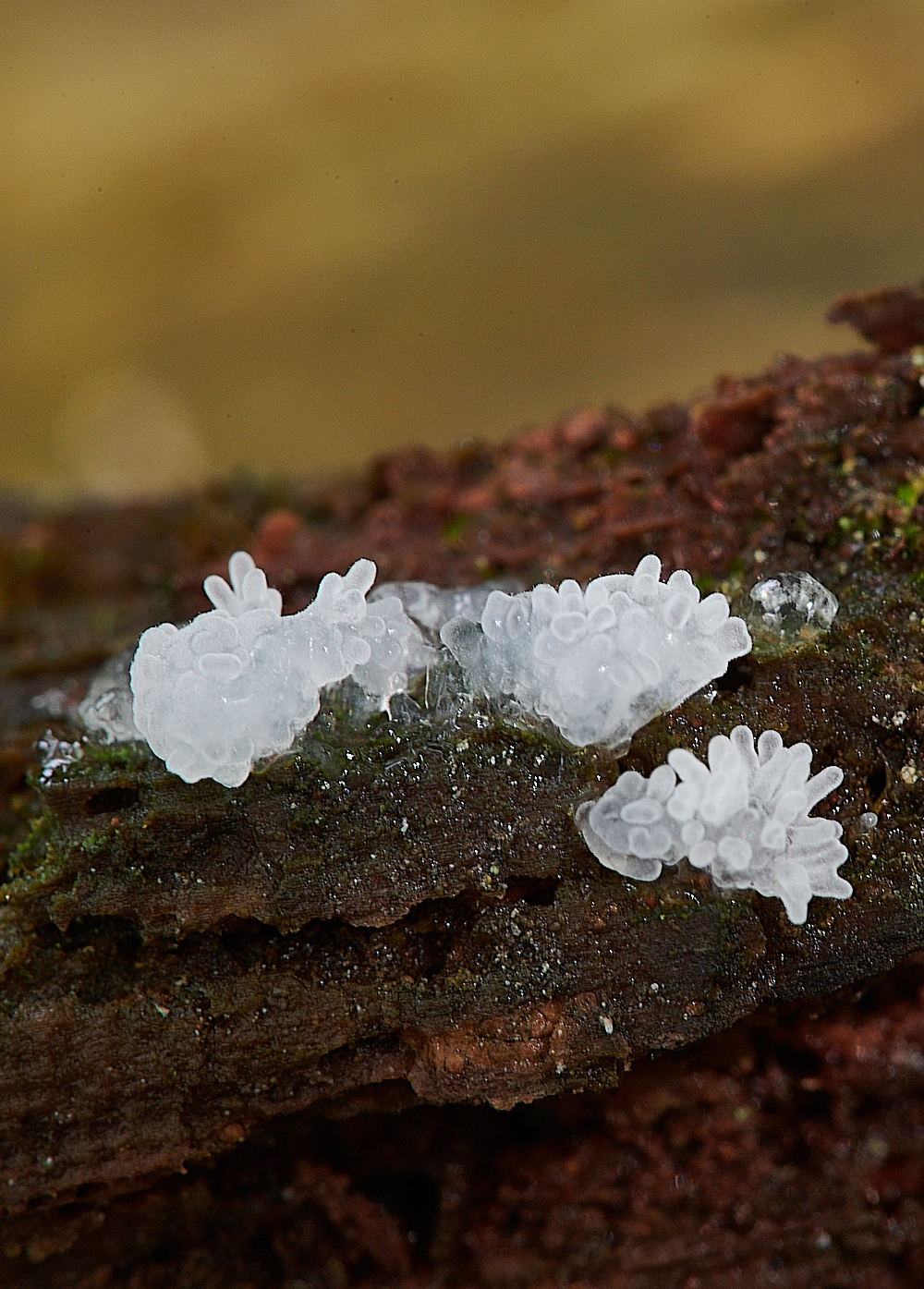
White-fingered SlimeMold (Ceratiomyxa fruticulosa)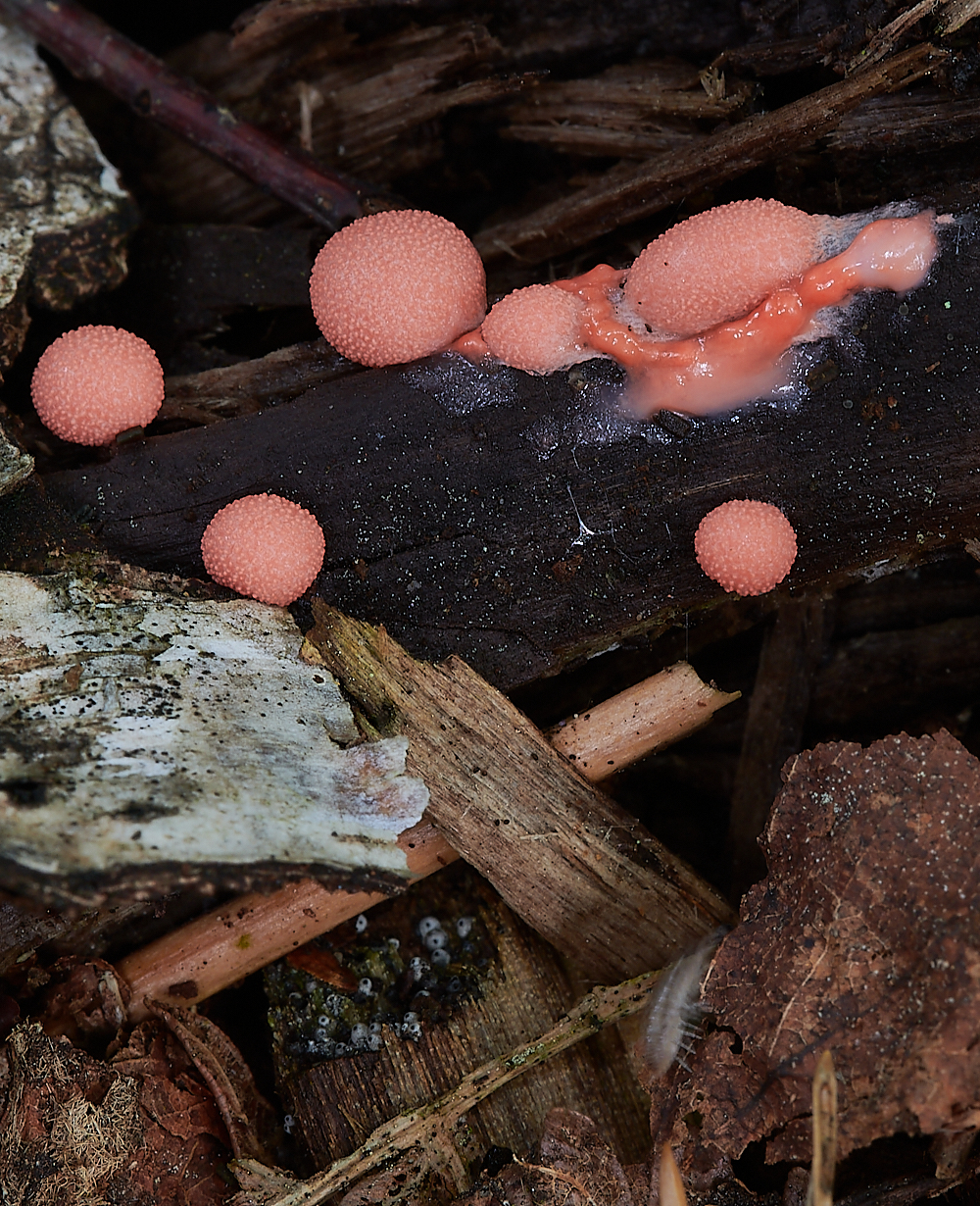
Wolf's Milk (Lycogala terrestre)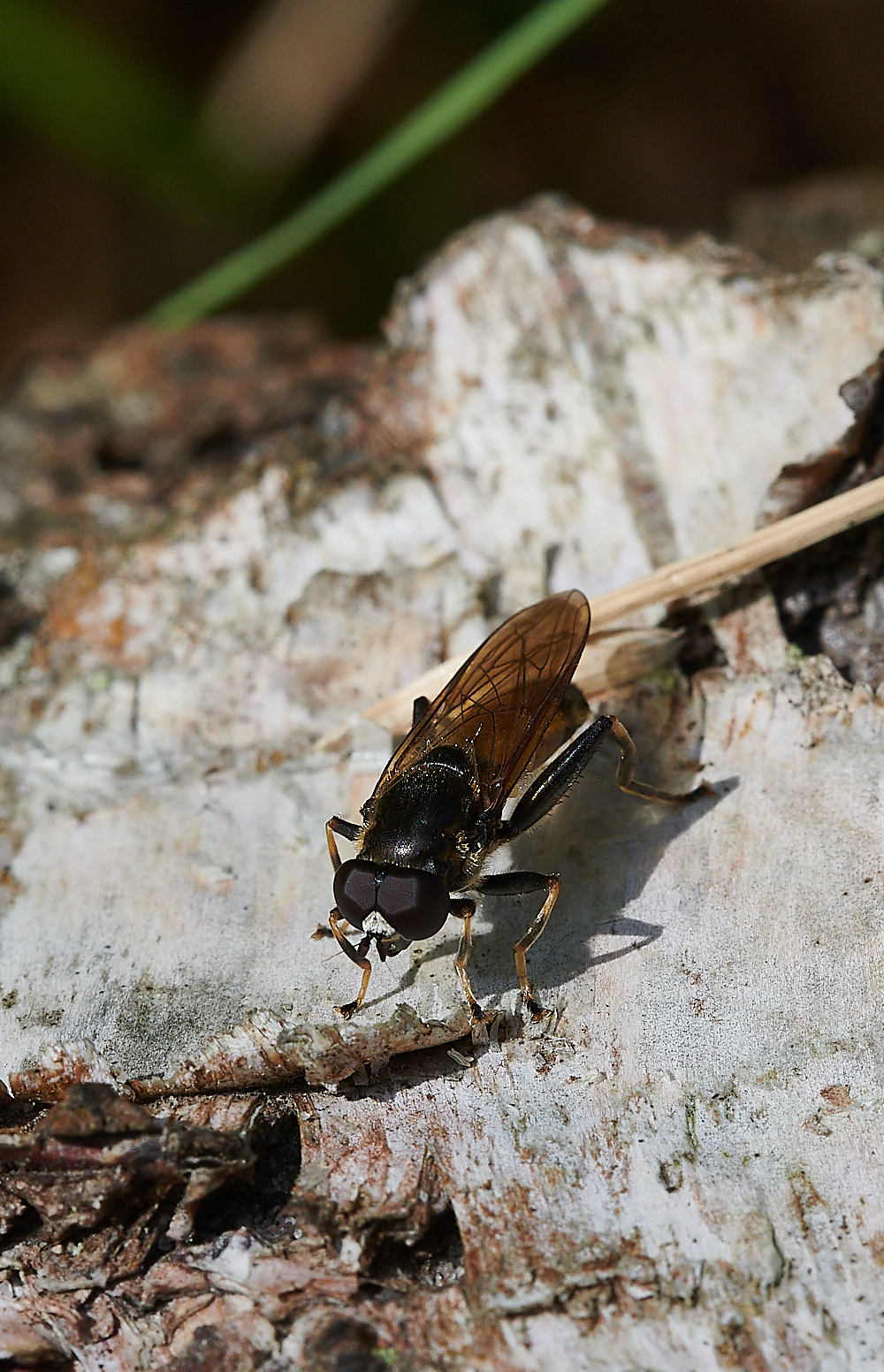
Xylota segnis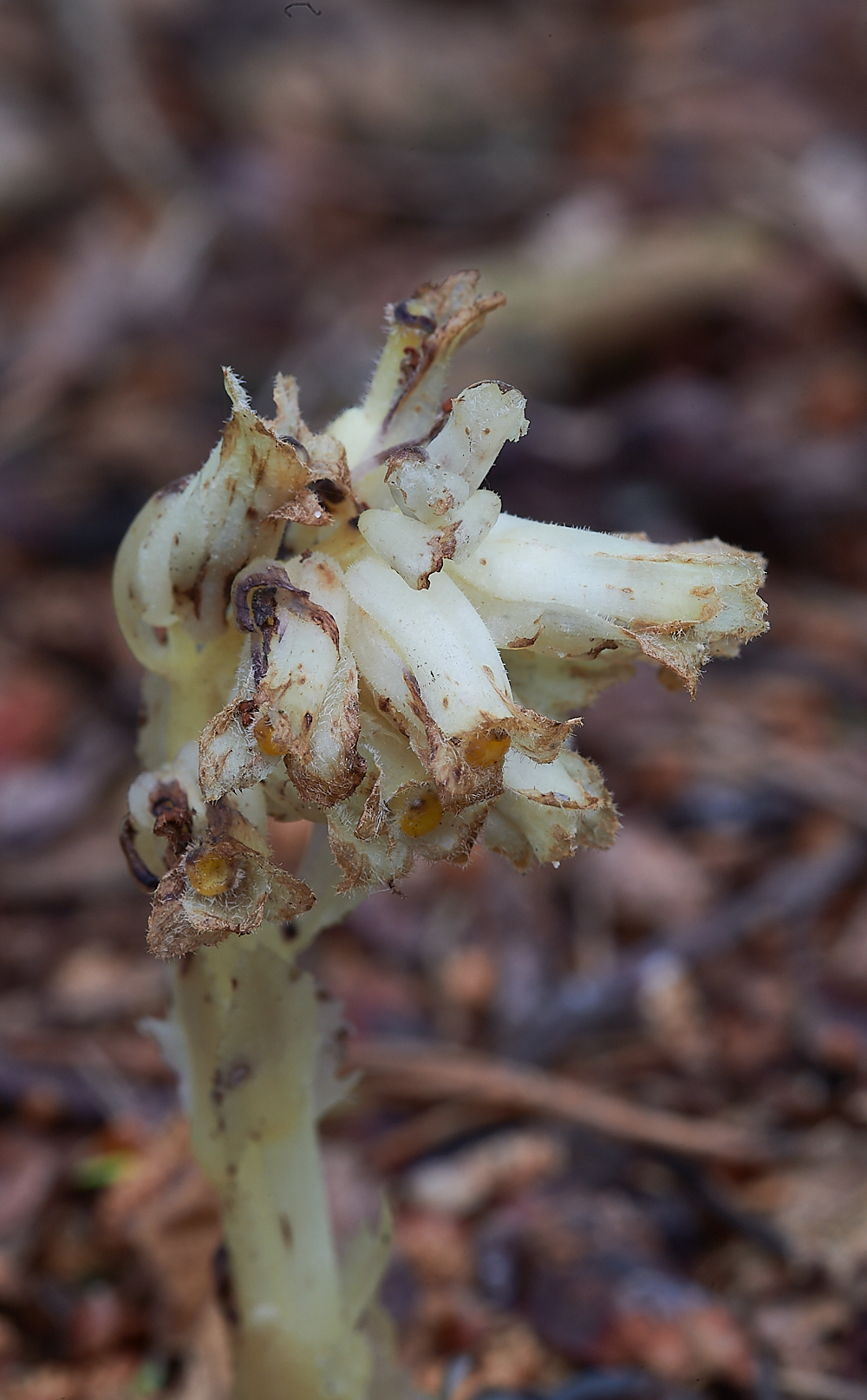
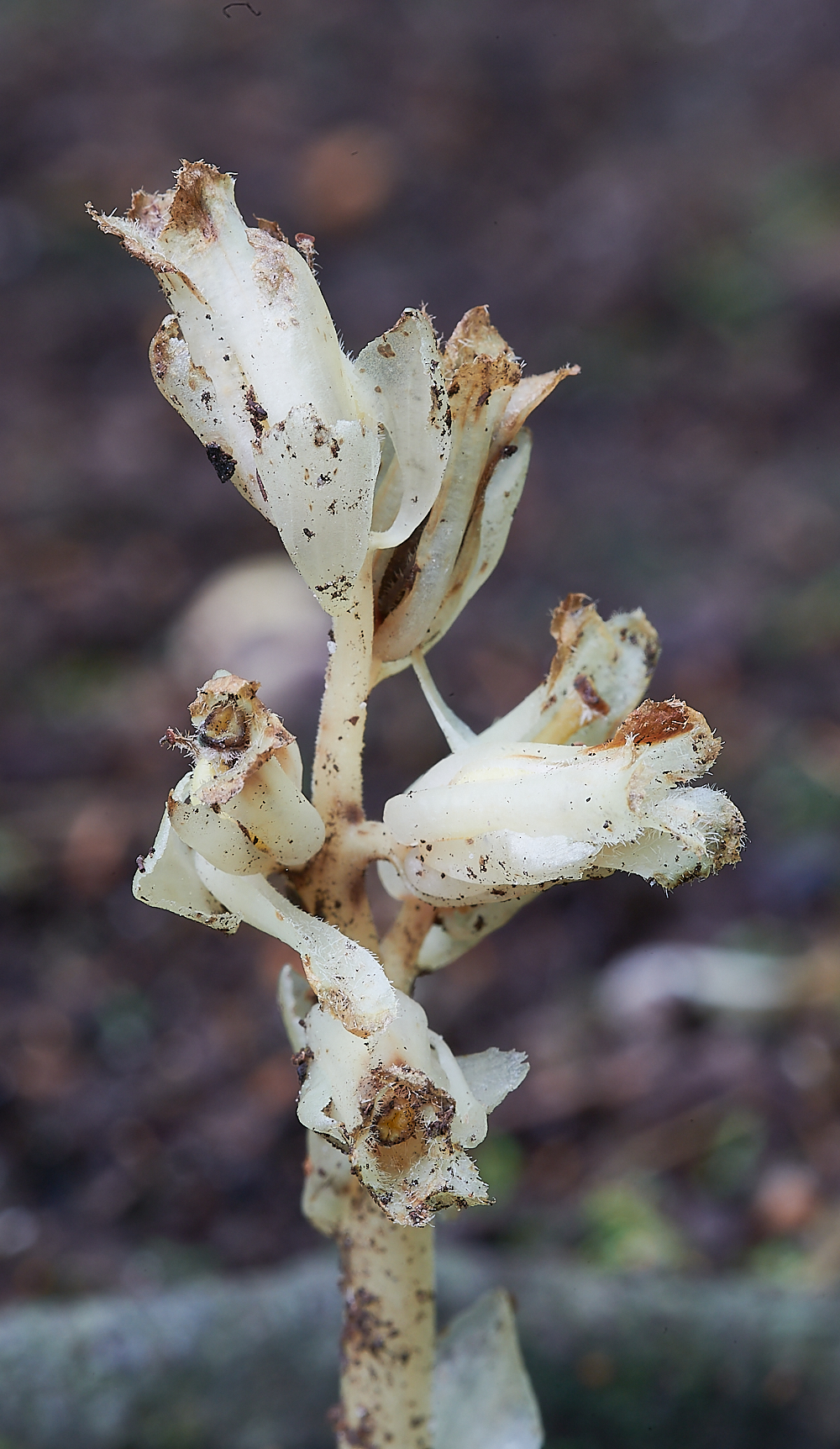
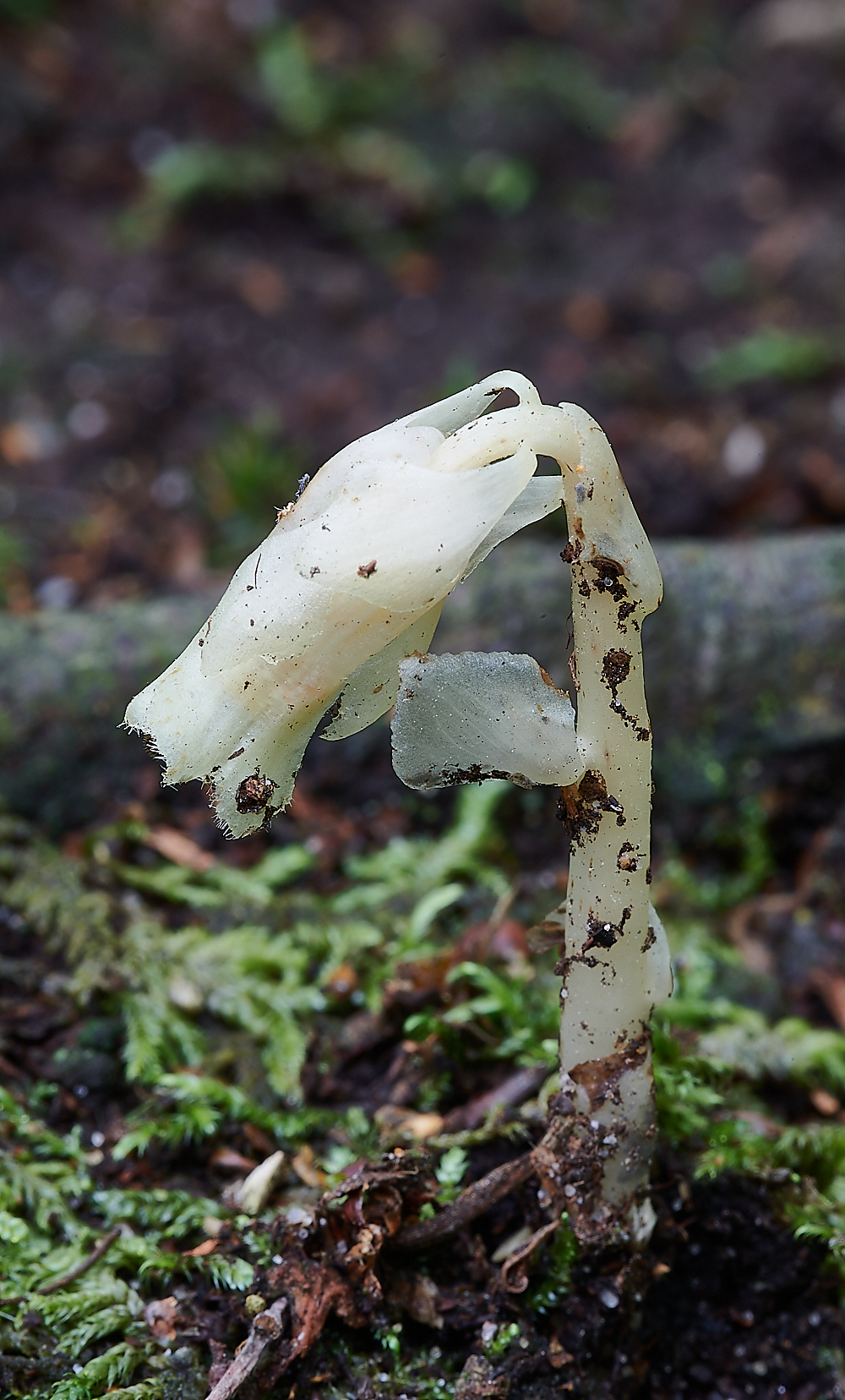
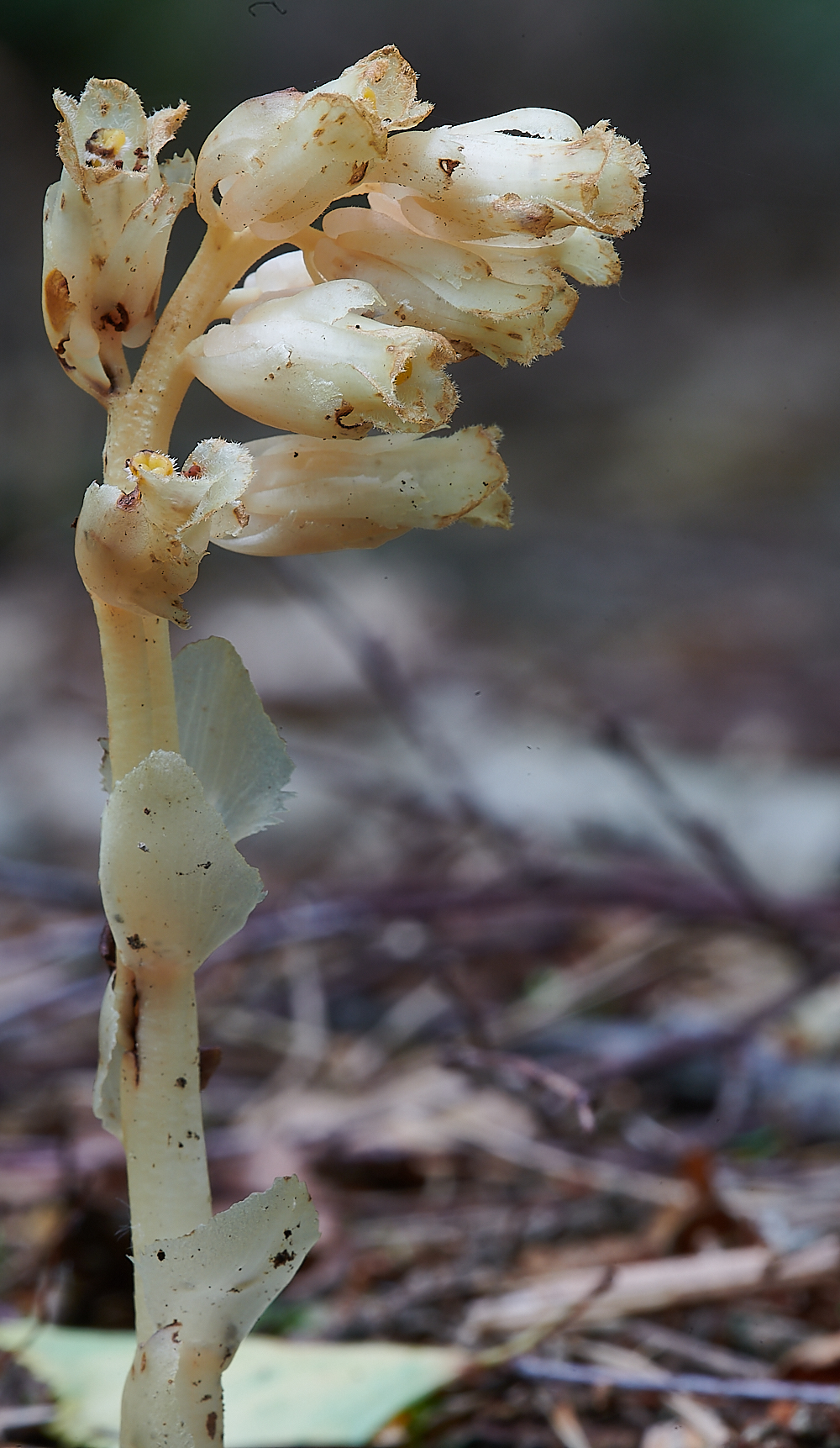
Yellow Bird's-nest (Monotrops hypopitis)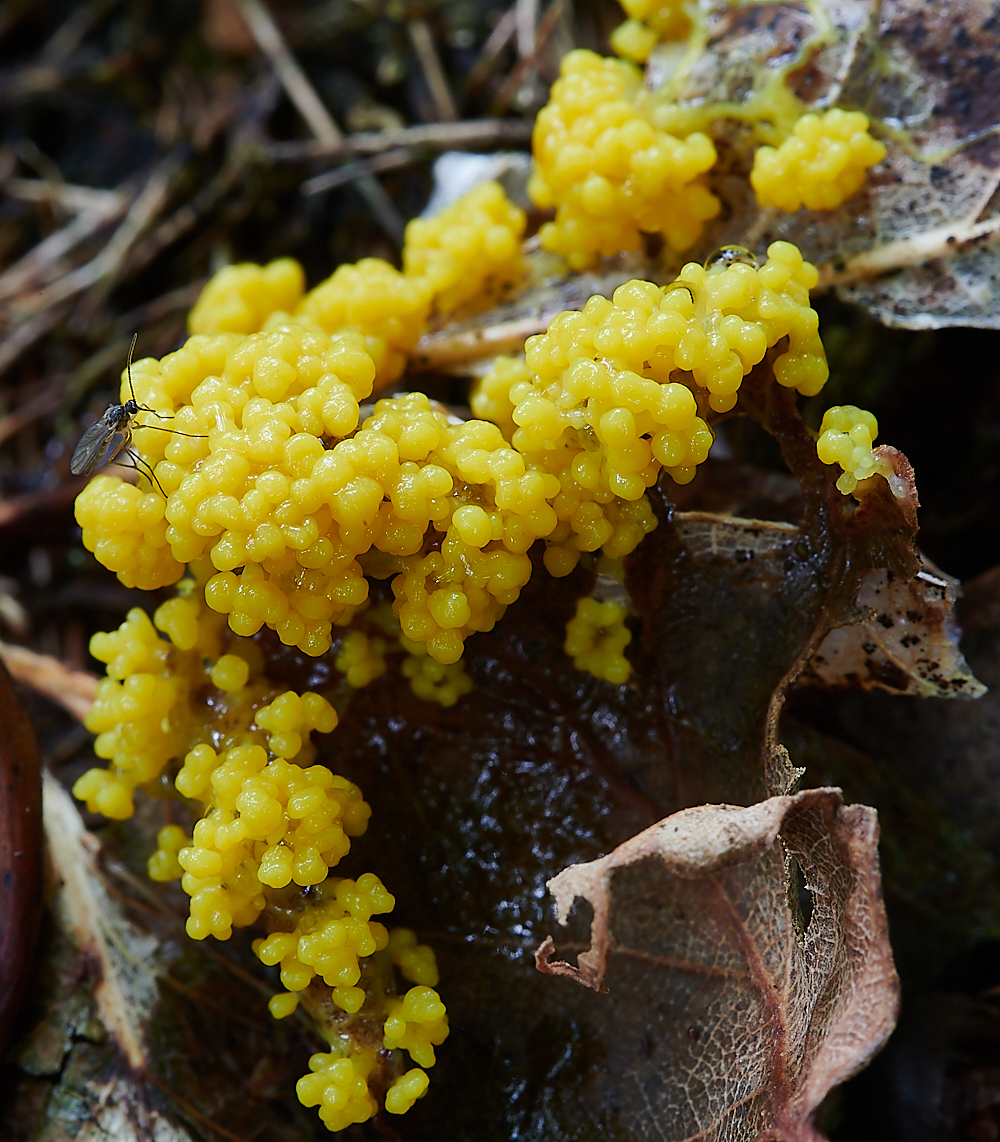
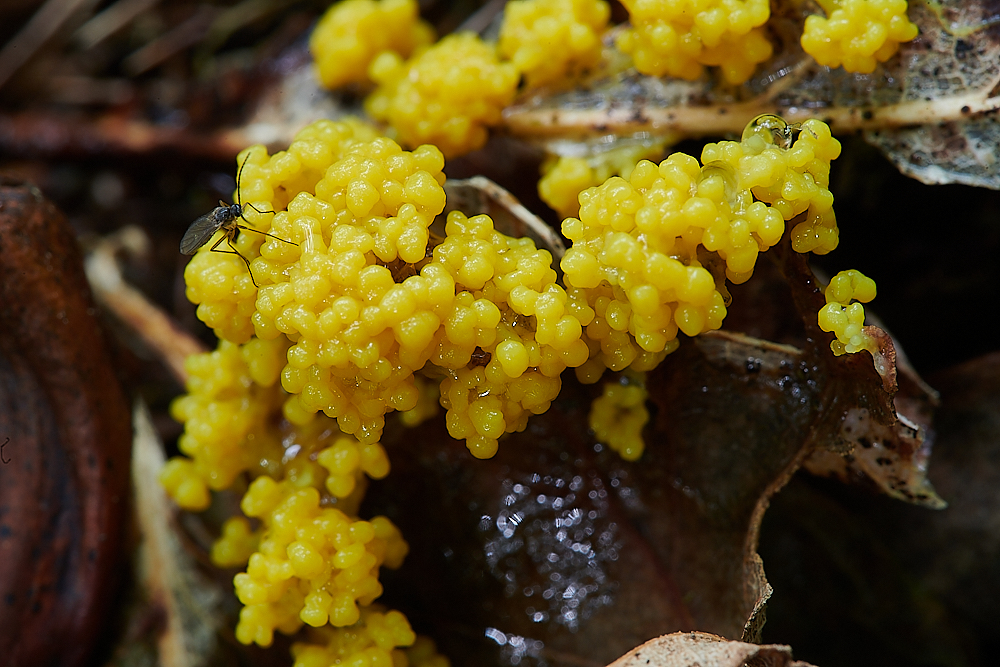
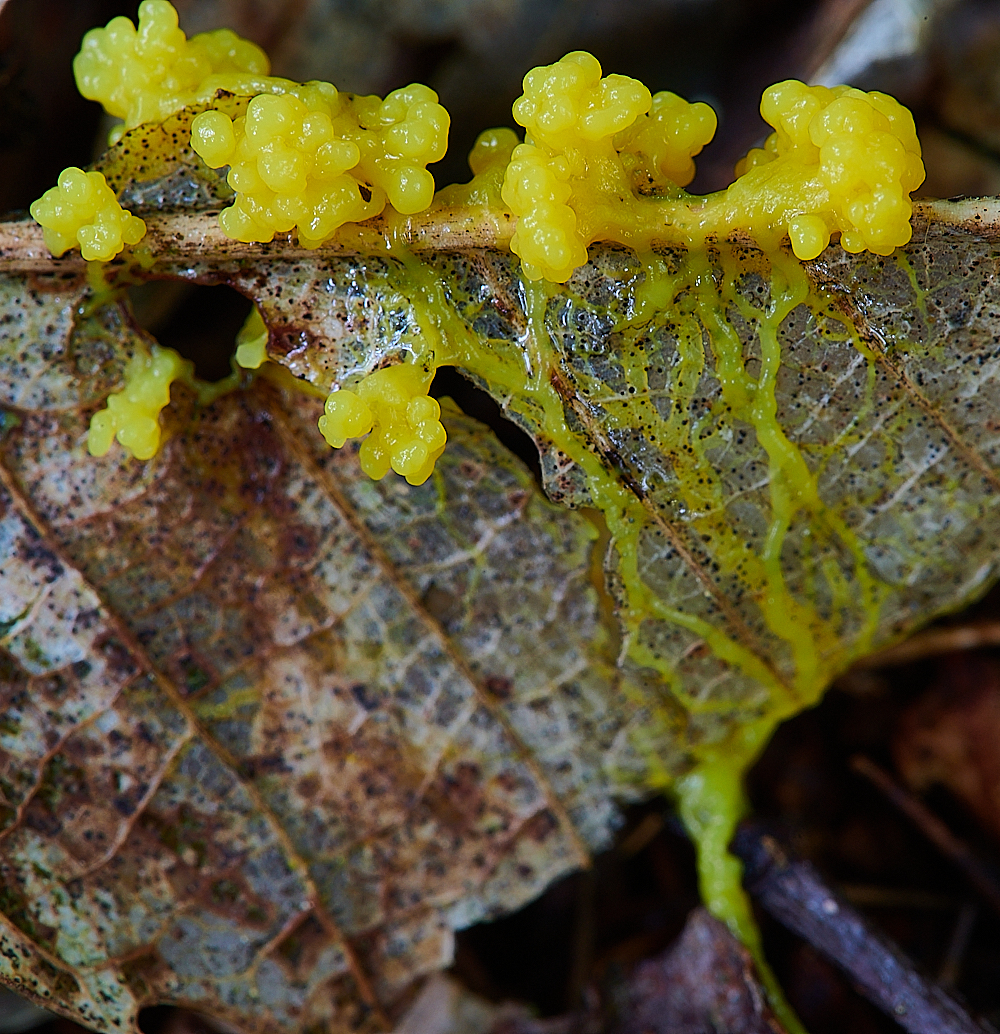
Yellow Slime Mold Sp?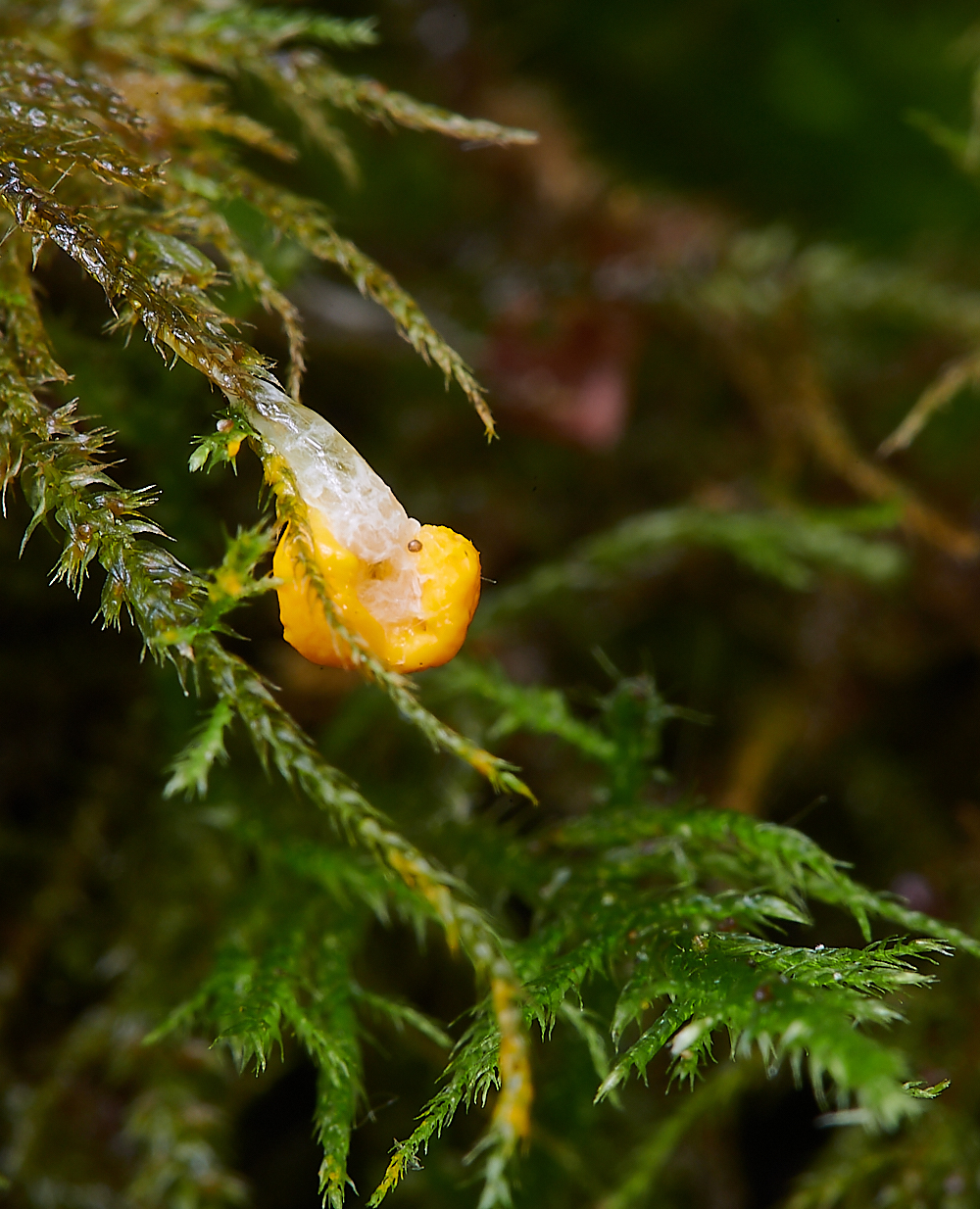
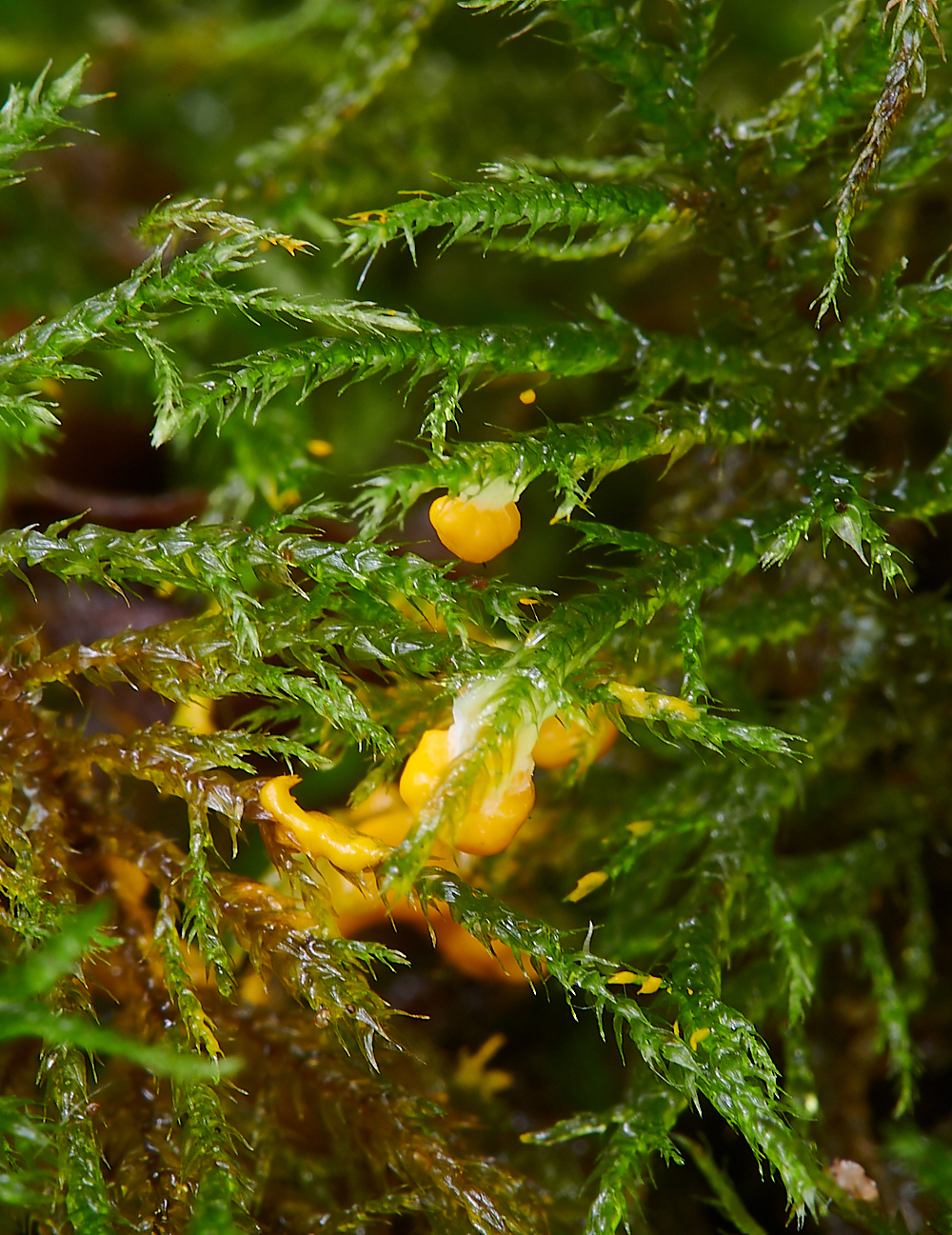
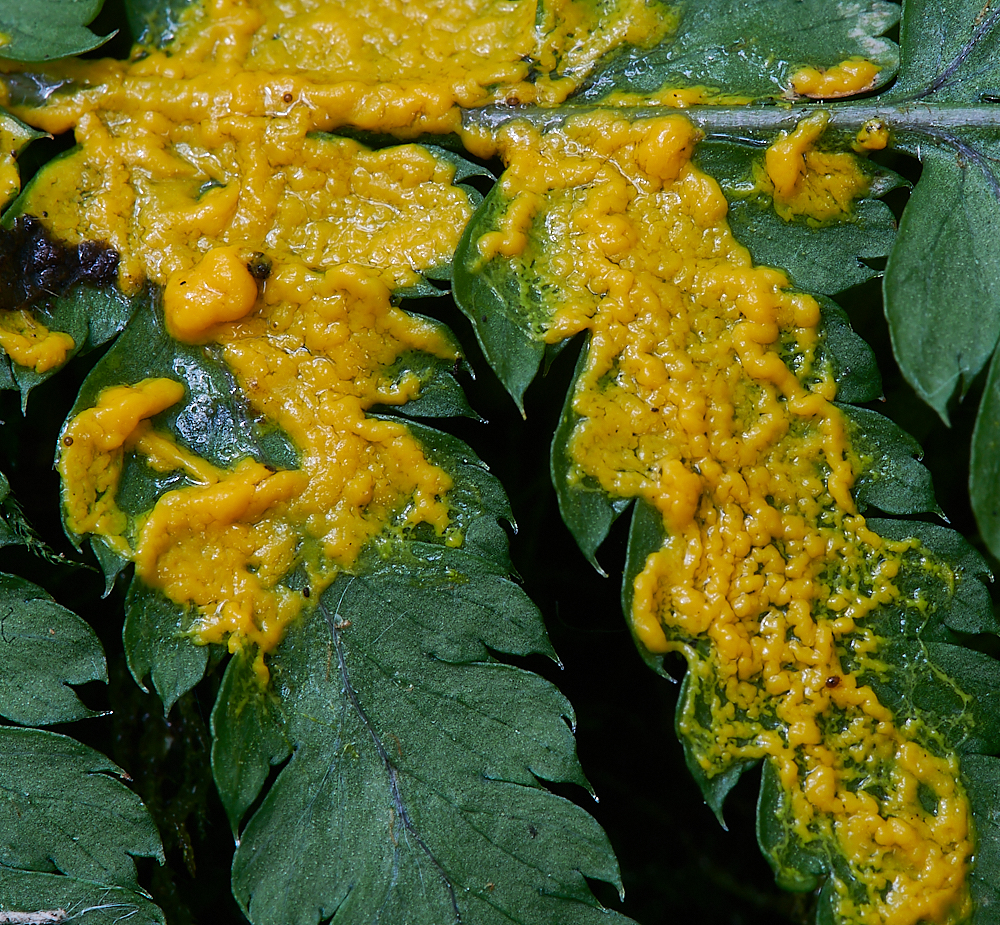
Yellow Slime Mold 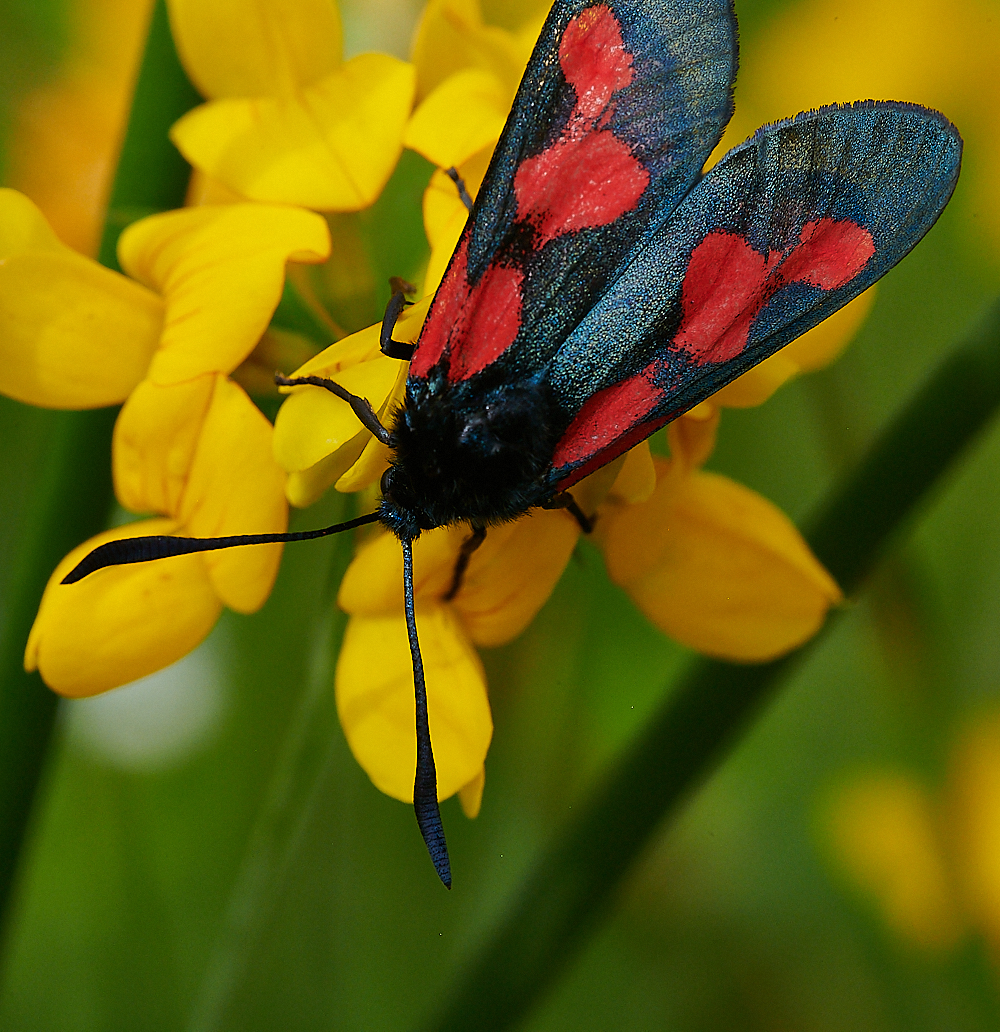
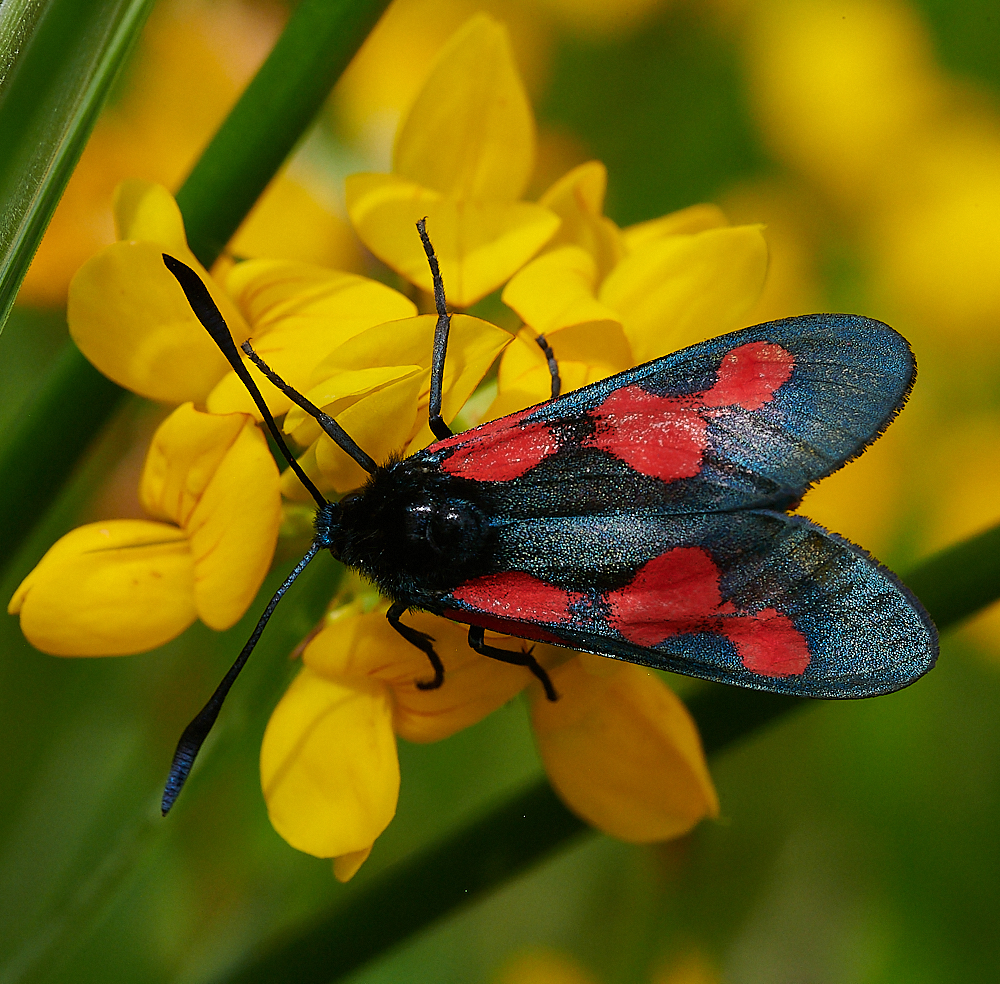
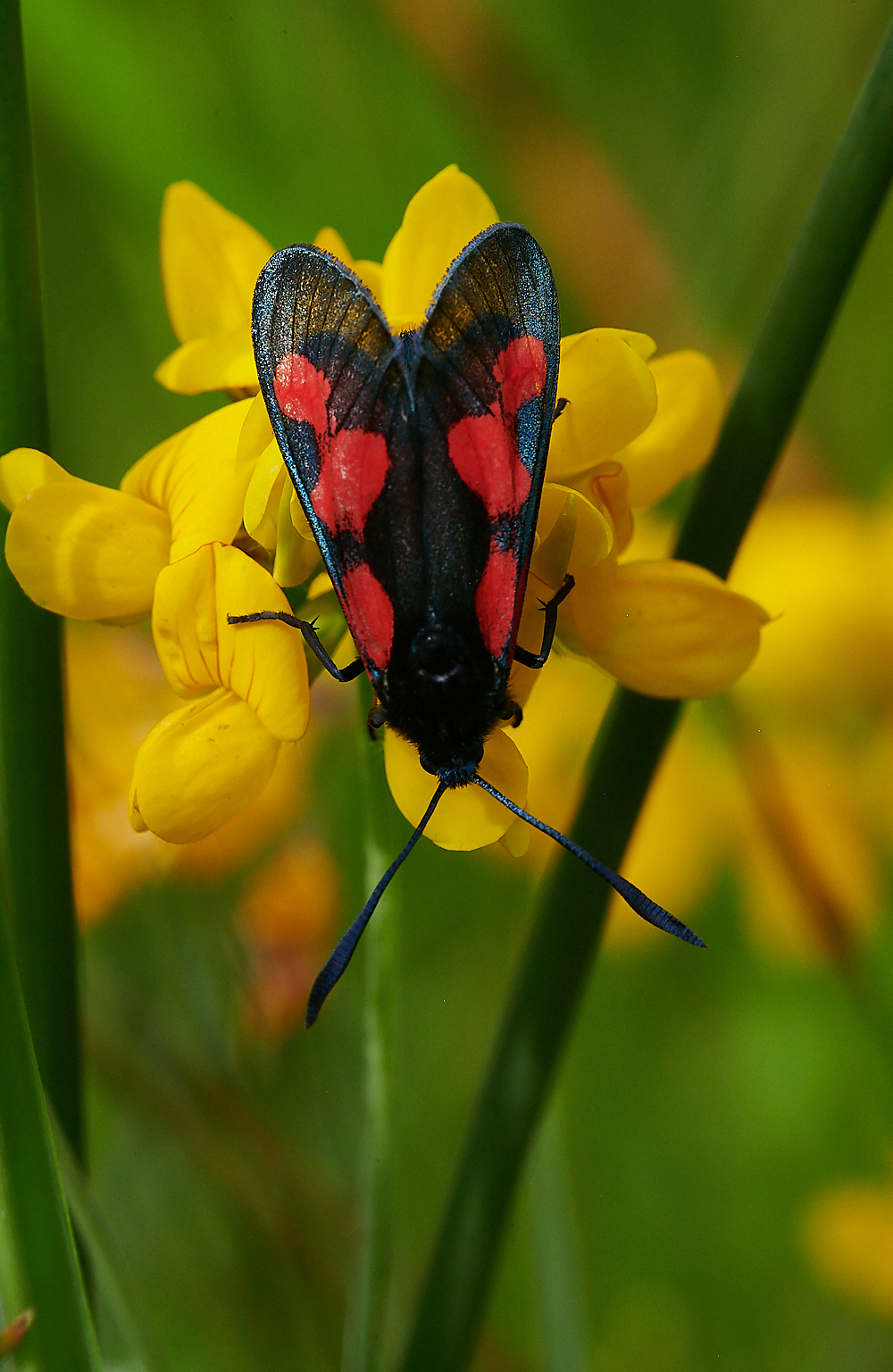
A 5 spot or a Narrow Bordered 5 spot Burnet?
Thanks to Tony Moverley for id suggestions
Many thanks to Yvonne for the Fungi ids
Catfield Fen
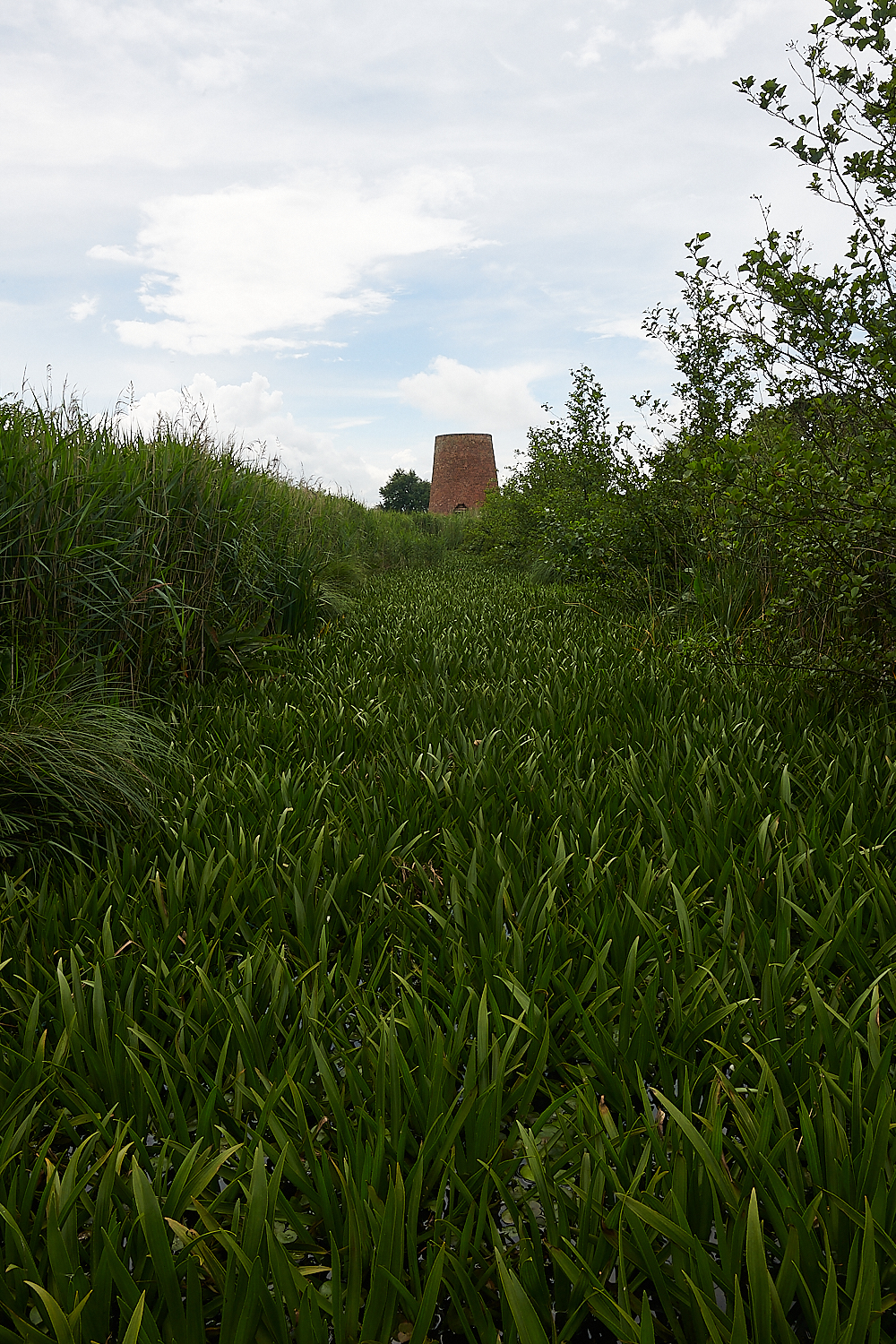
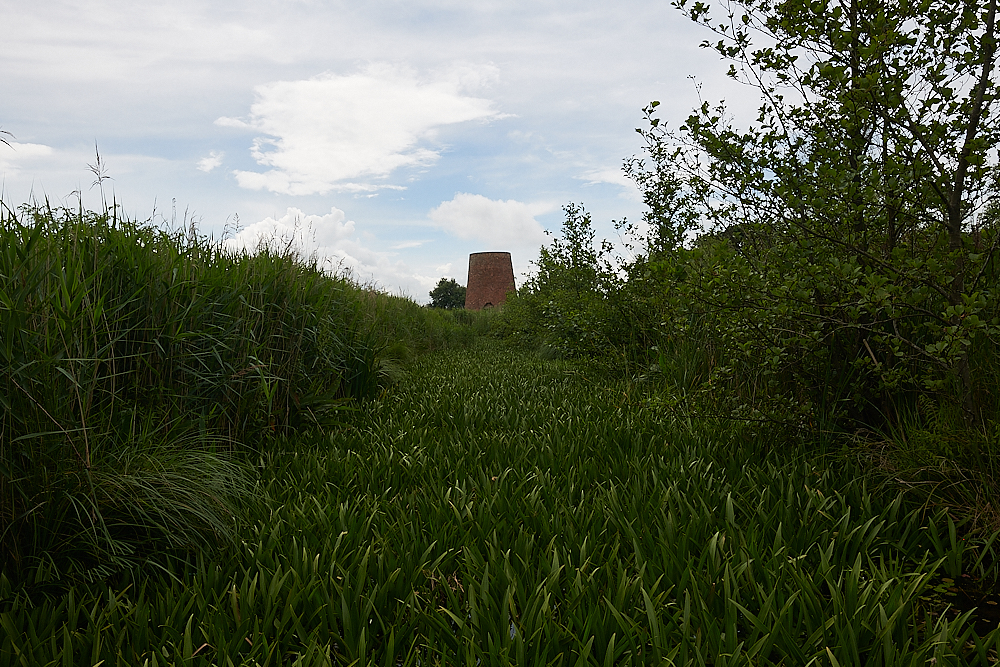
A channel full of Water Soldier (Stratiotes aloides)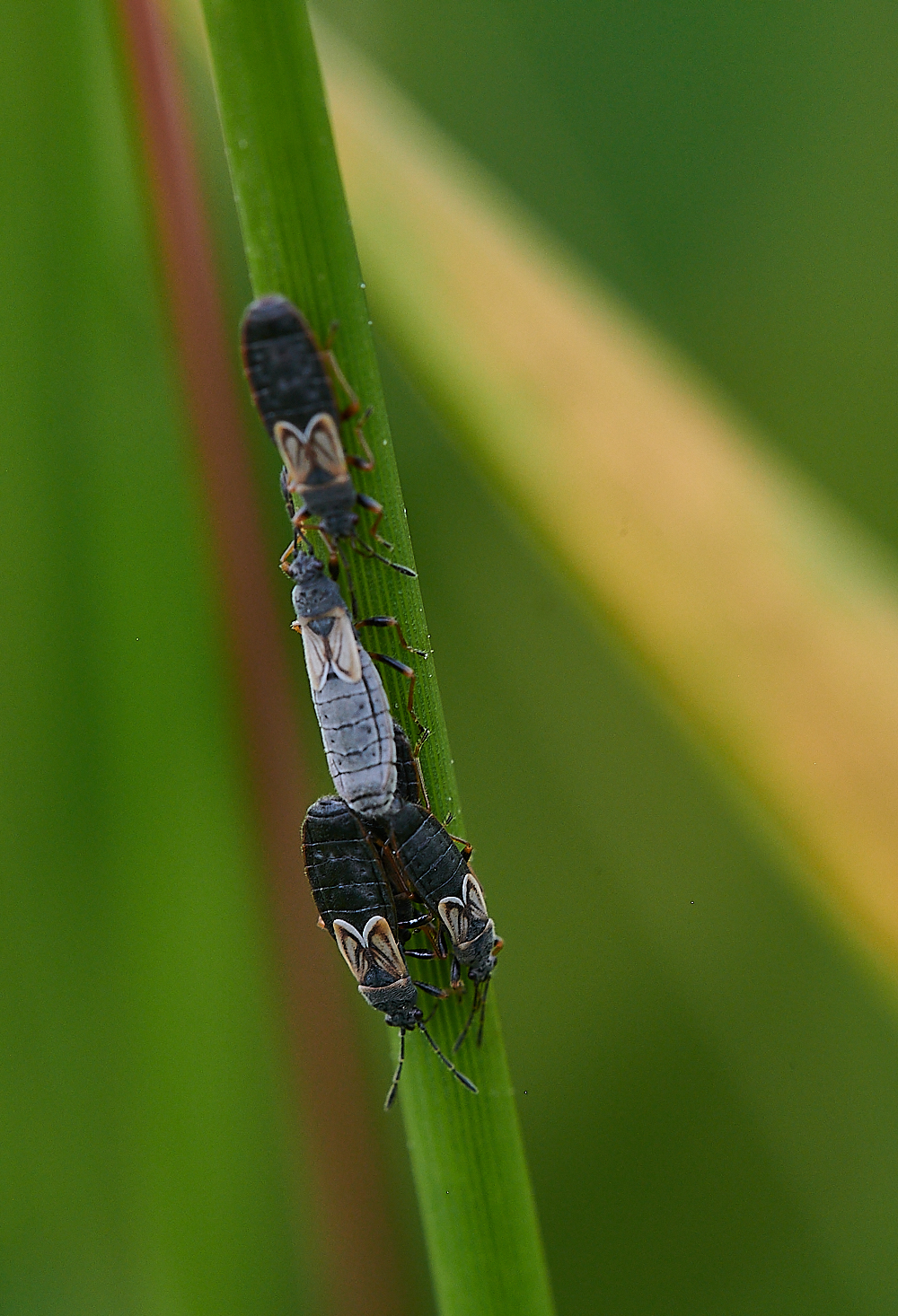
?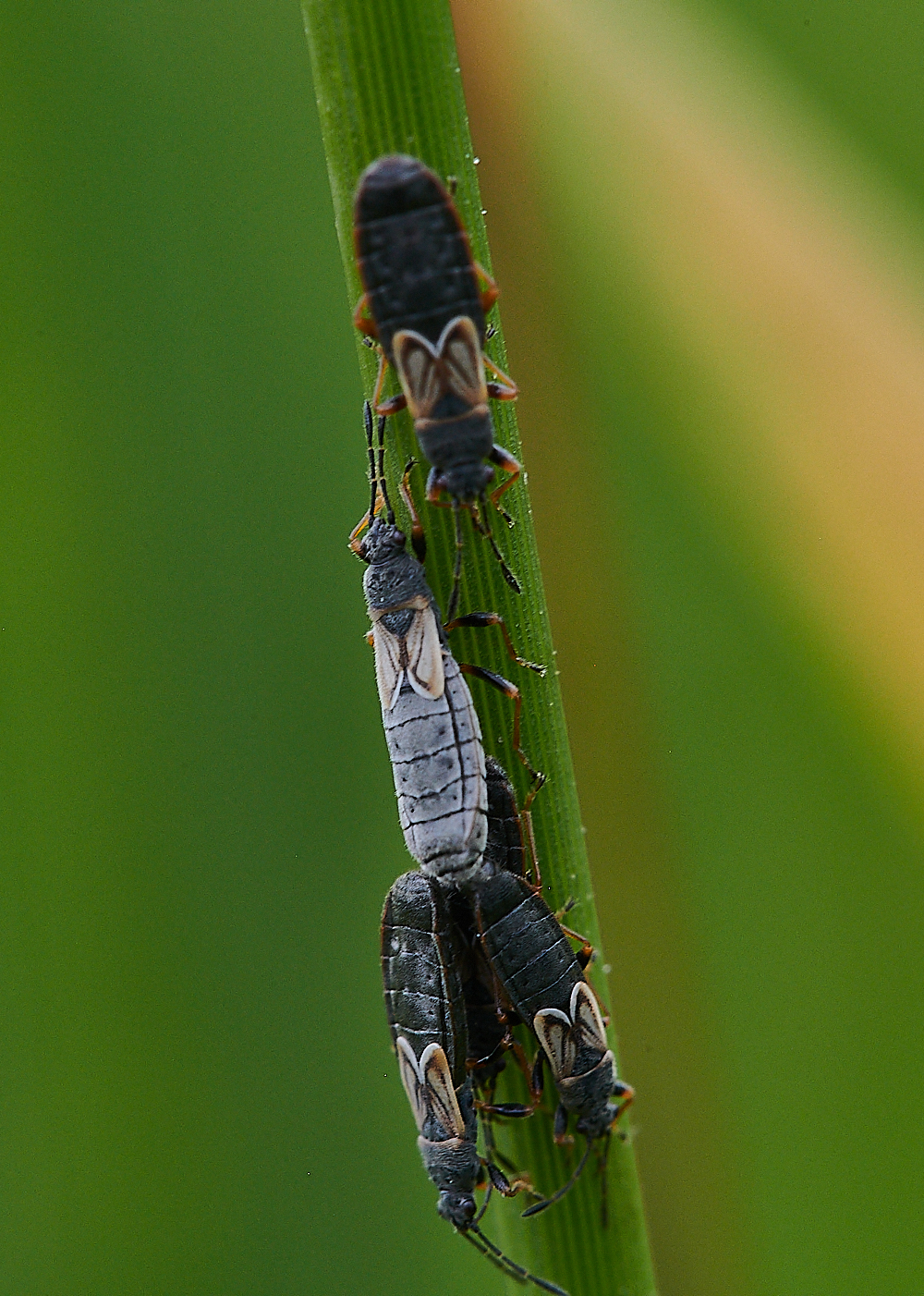
?
became
European Cinch Bug (Ischnodemus sabuleti)
Thanks to Steve & Yvonne for id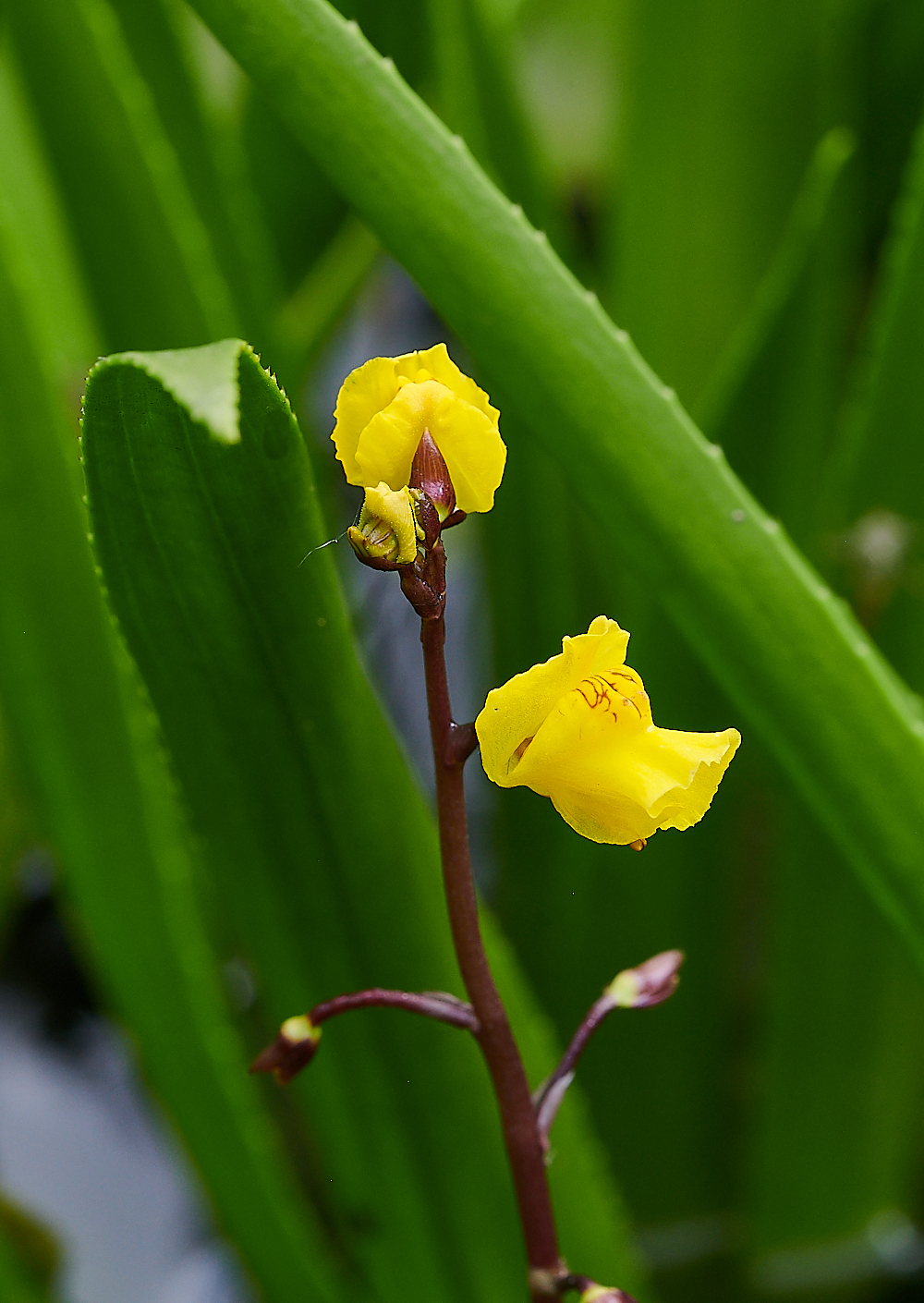
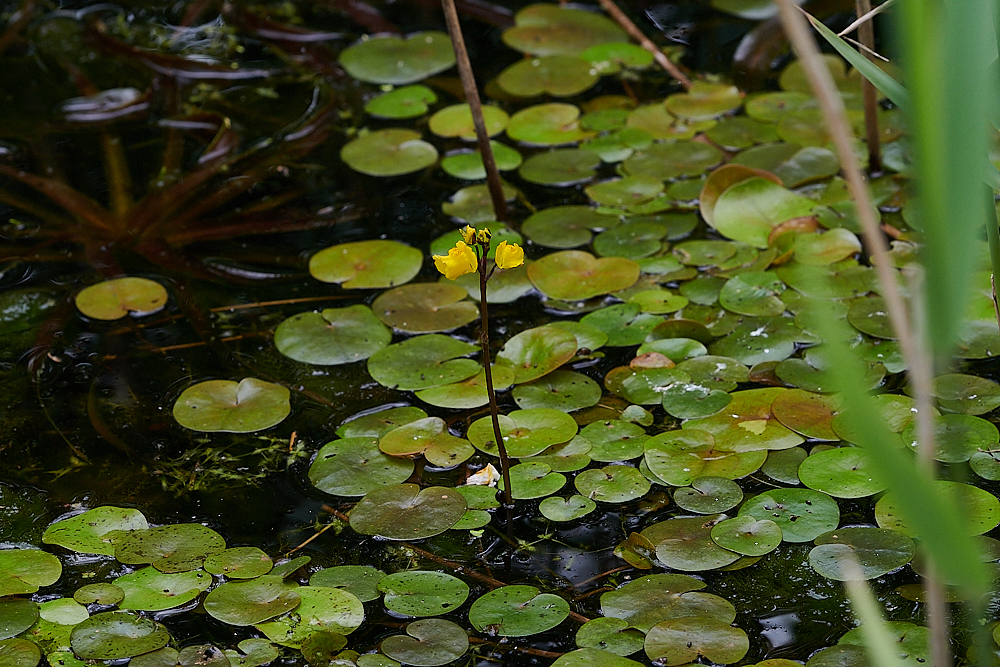
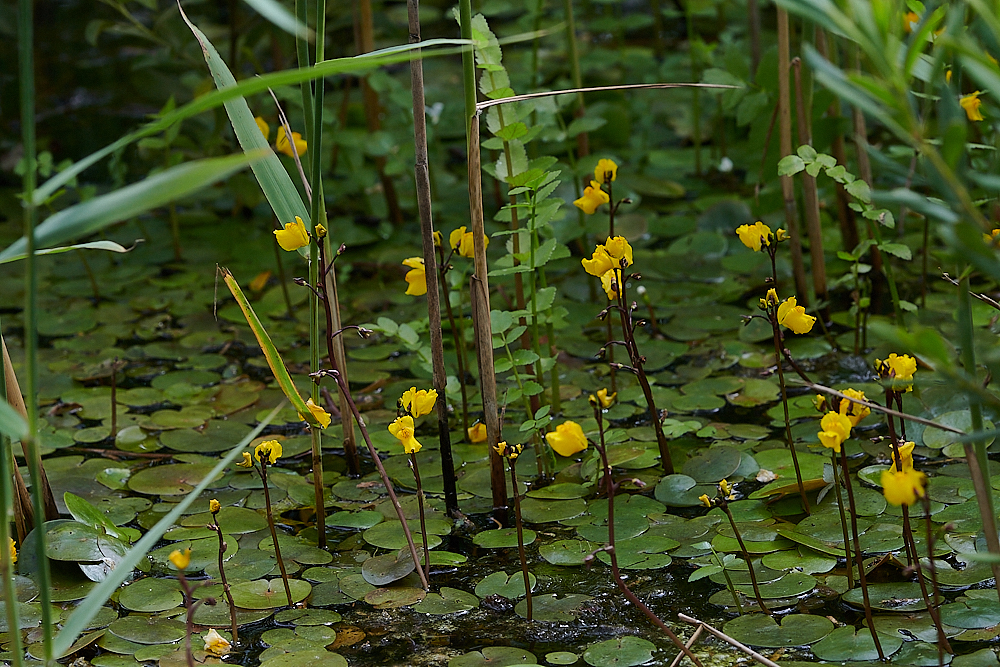
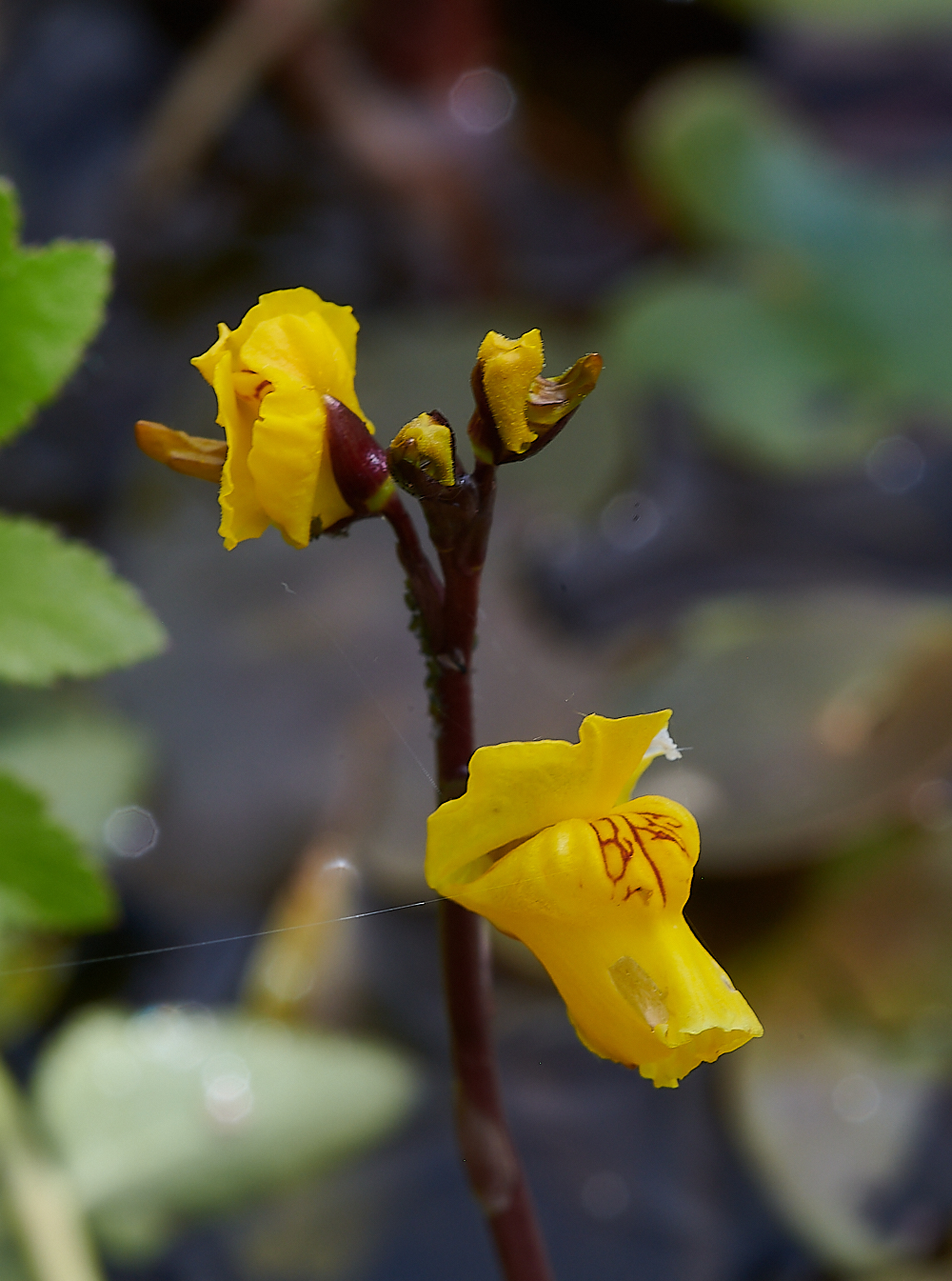
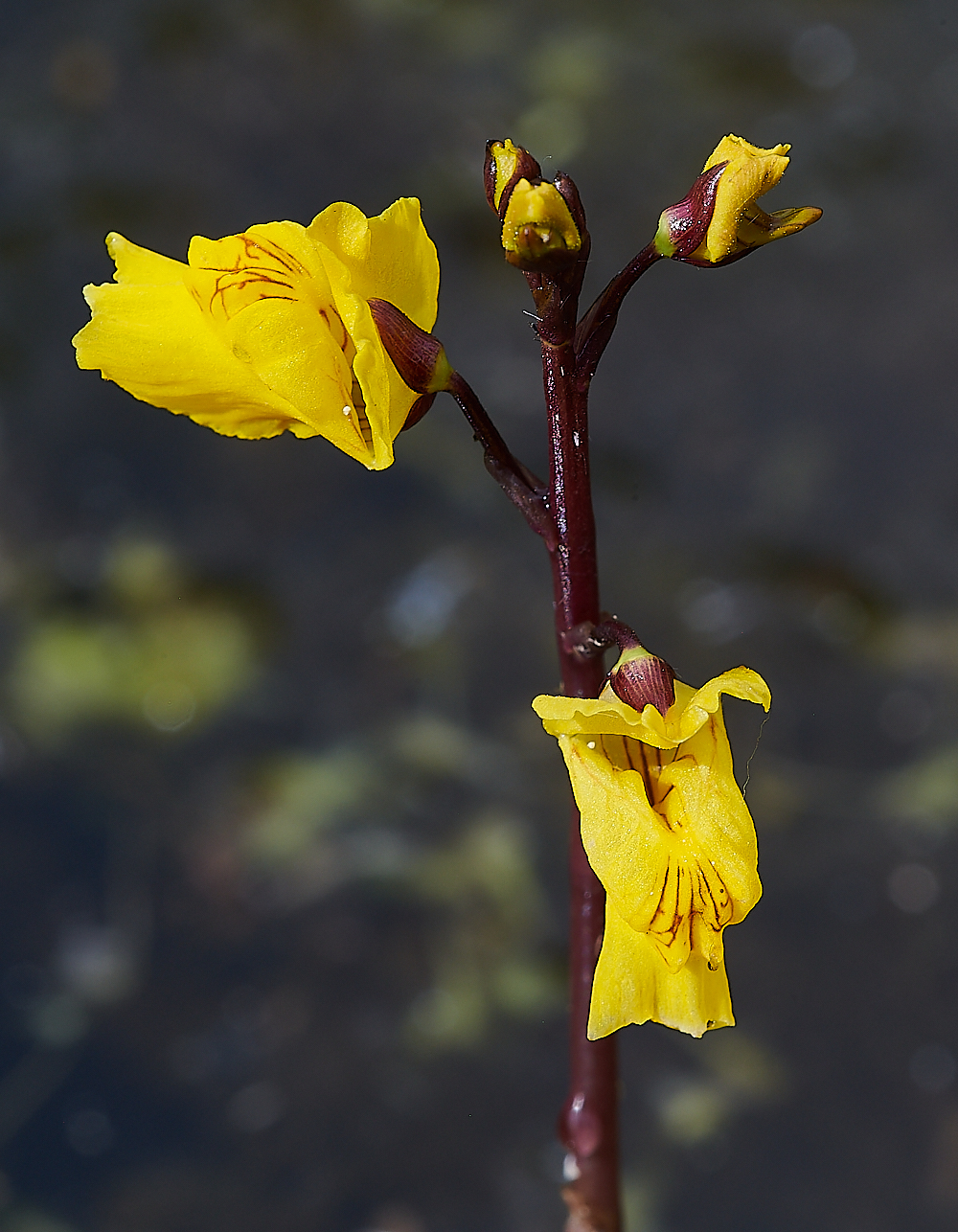
Greater Bladderwort (Utriuclaria vulgaris)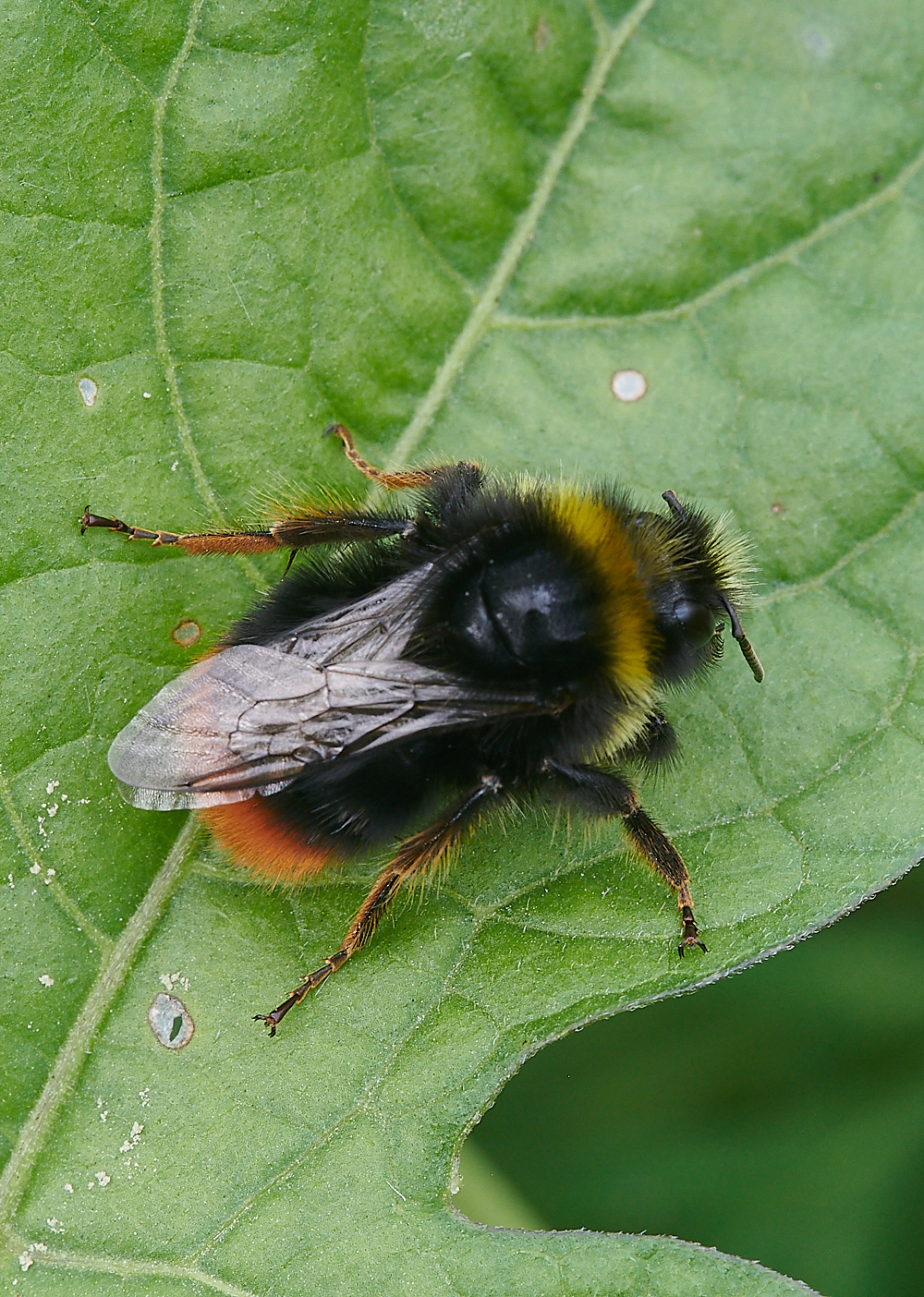
Red-tailed Bumble Bee ♂︎ (Bombus lapidarius)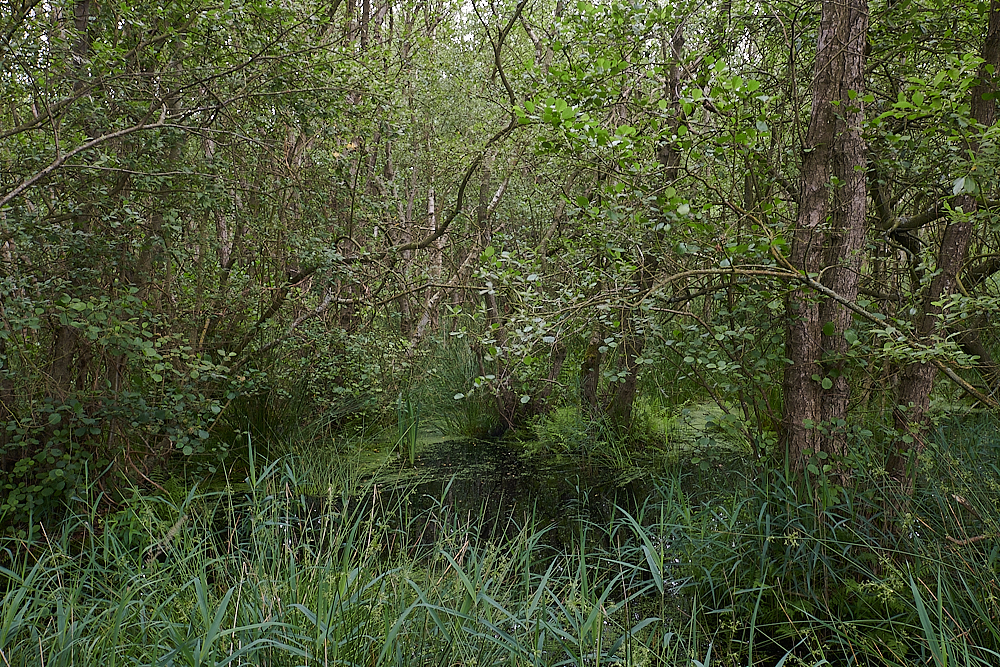
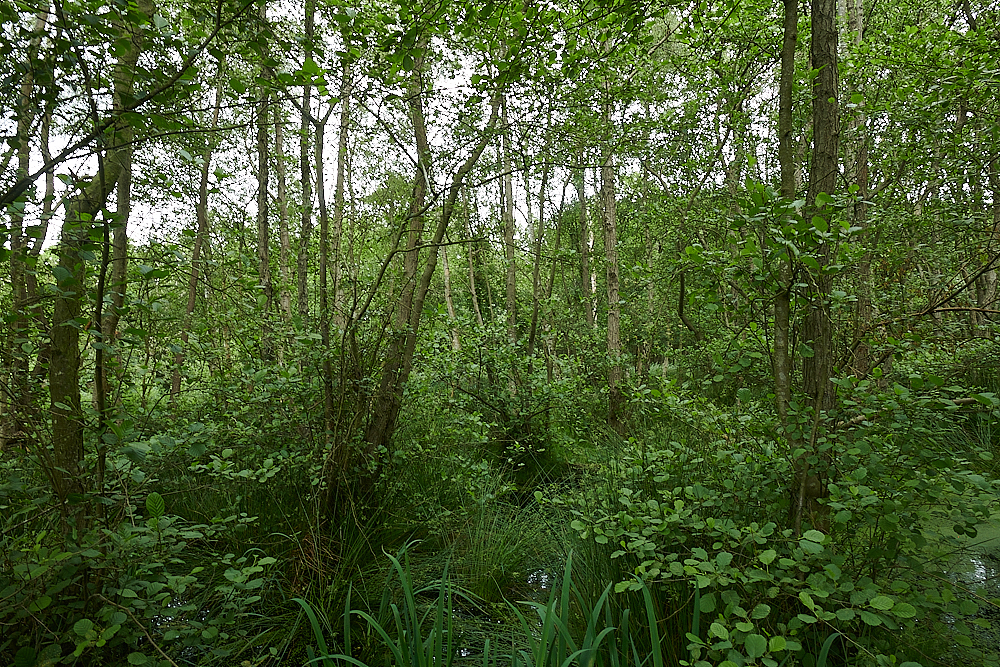
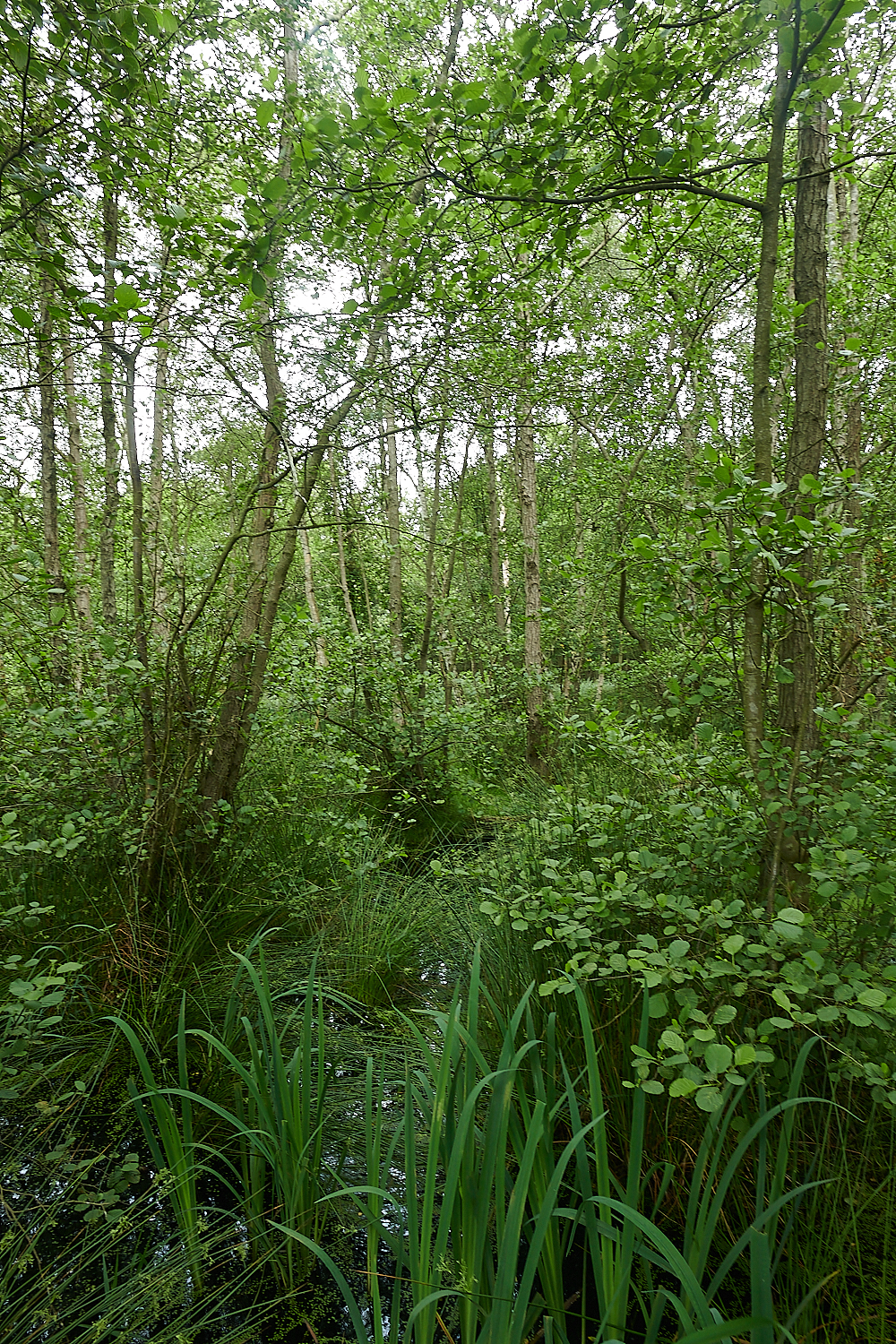
Carr Woodland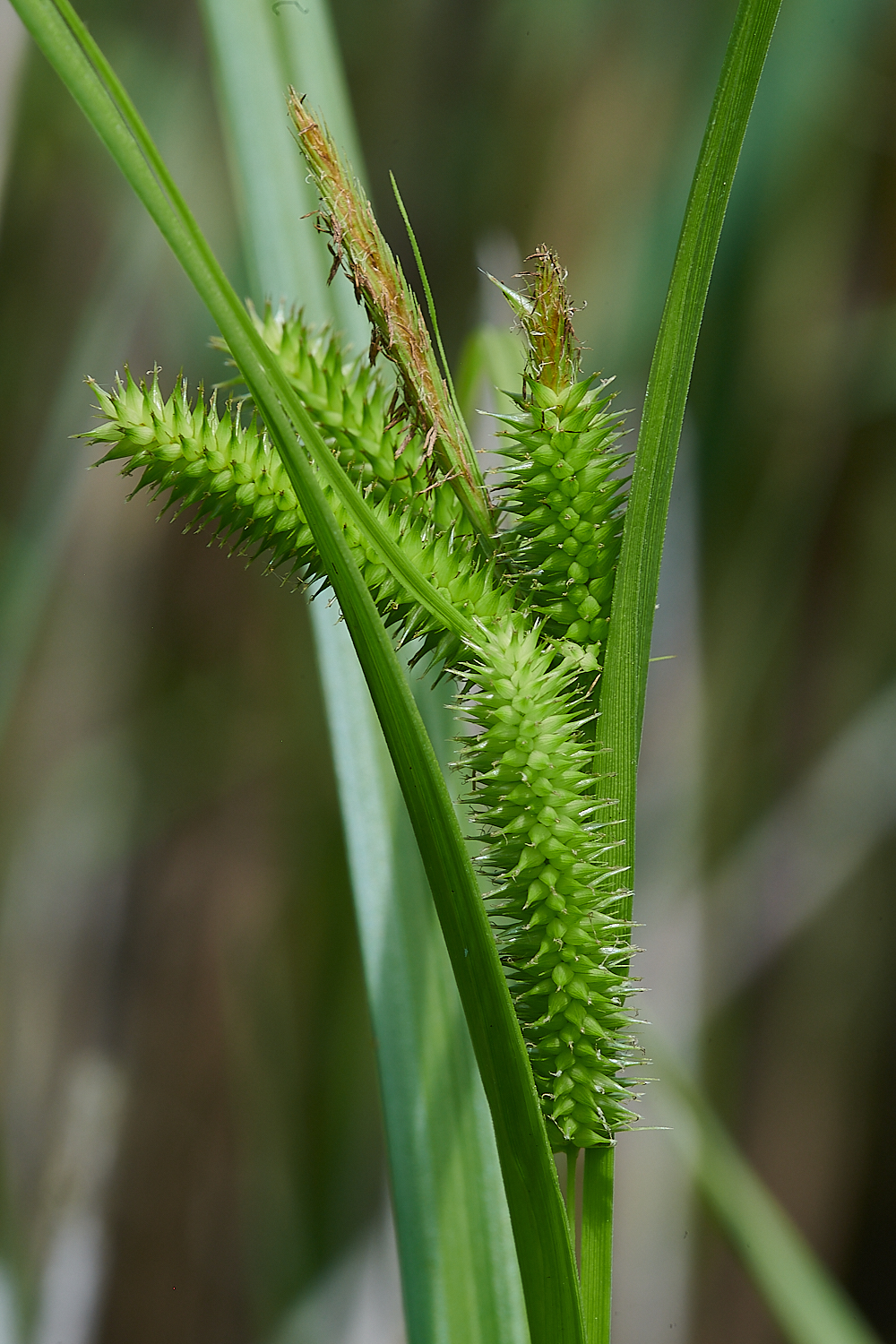
Cyperus Sedge (Carex pseudocyperus)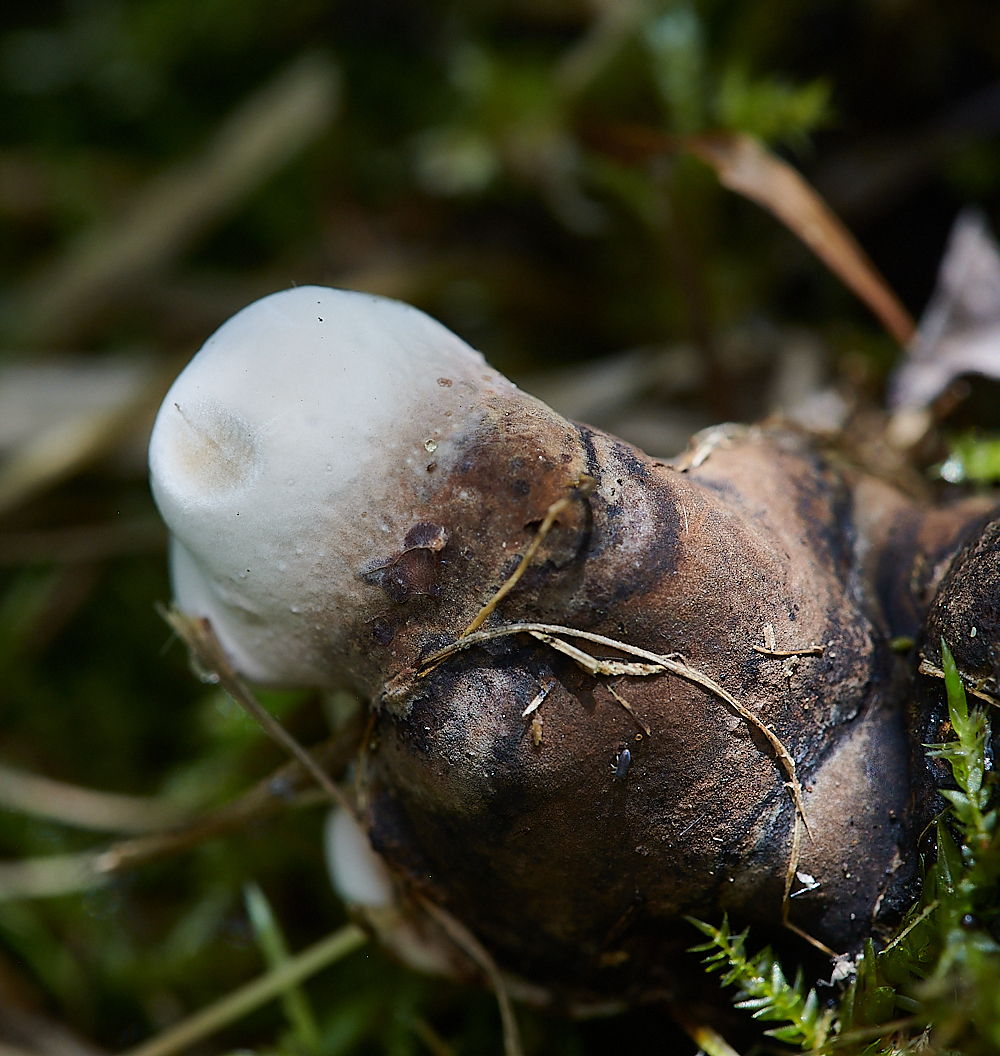
Ganoderma Sp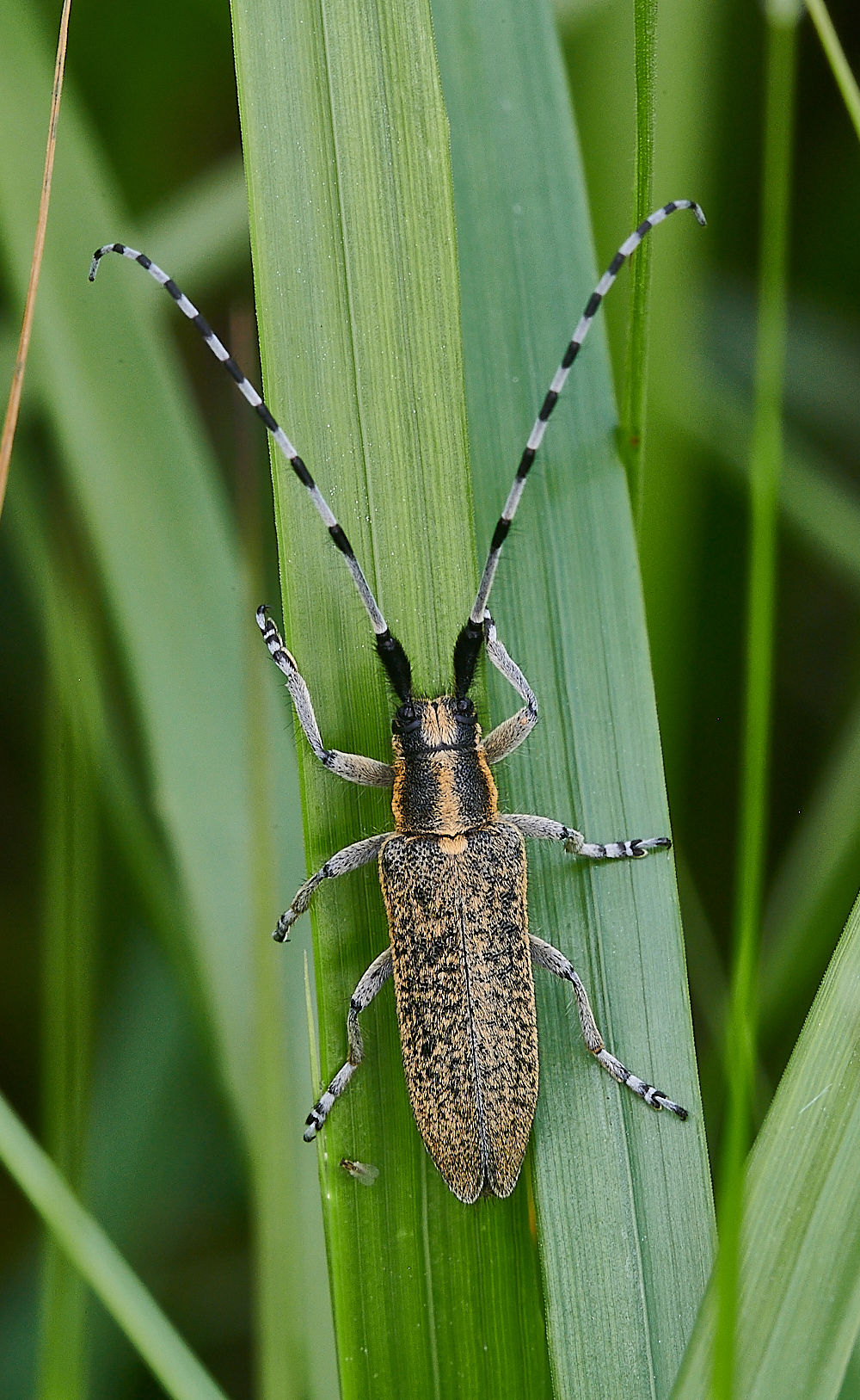
Golden-bloomed Grey Longhorn Beetle (Agapanthia villosoviridescens)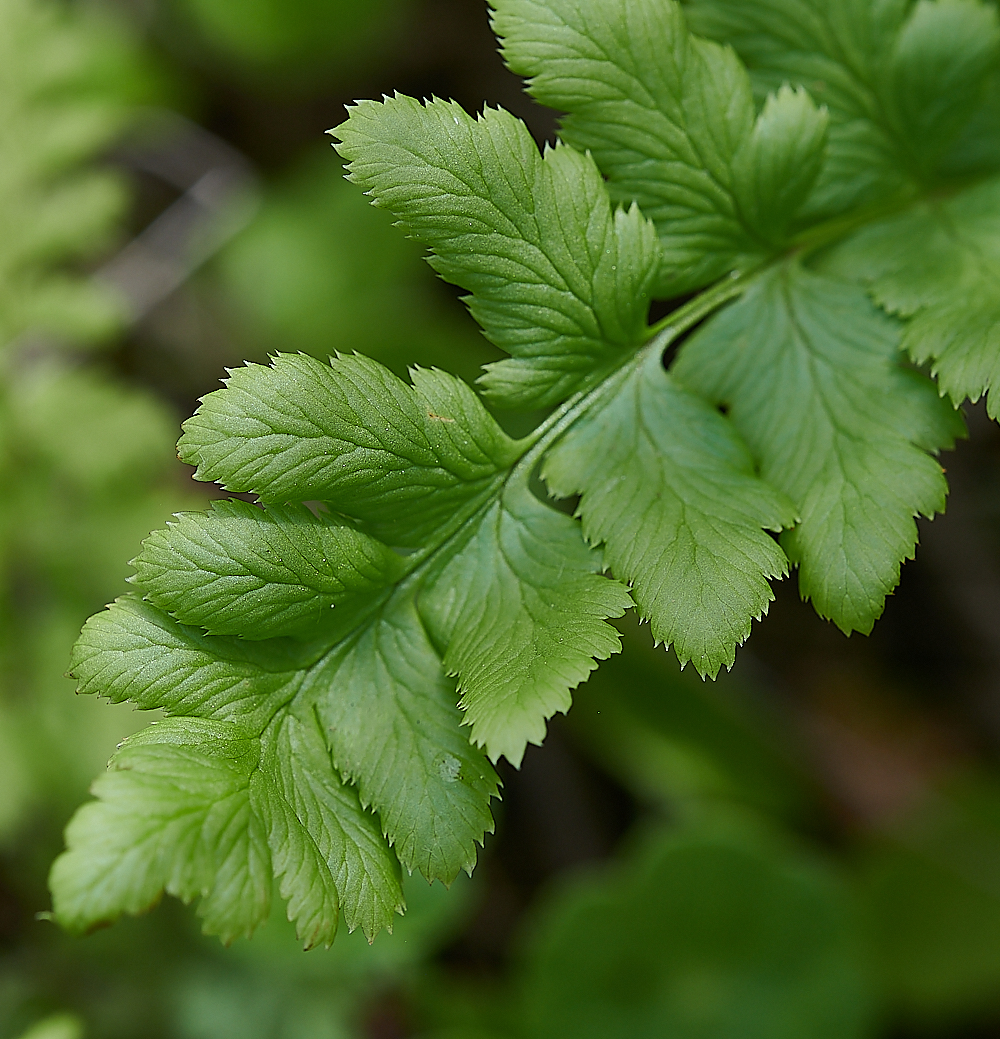
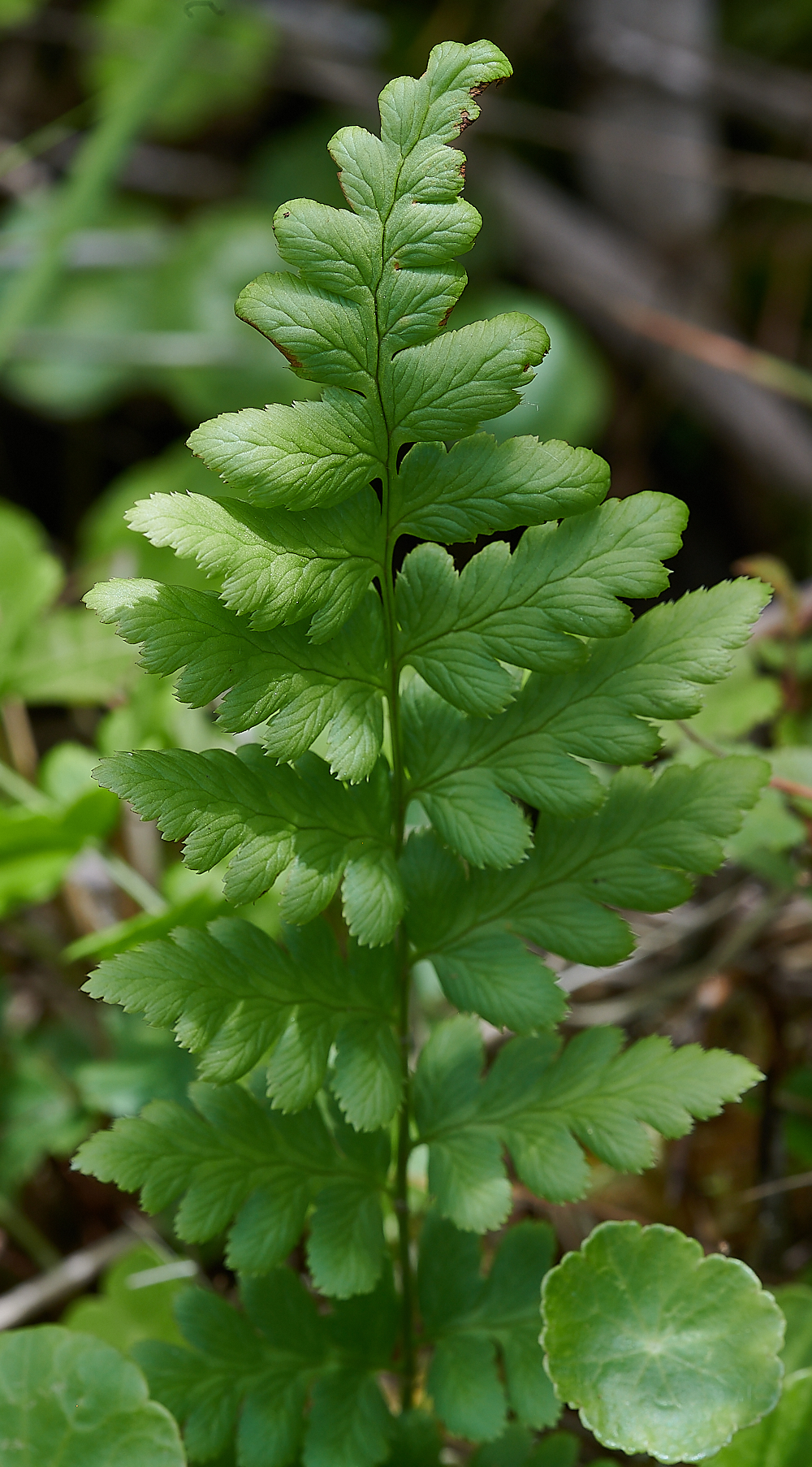
Crested Buckler Fern (Dryopteris cristata)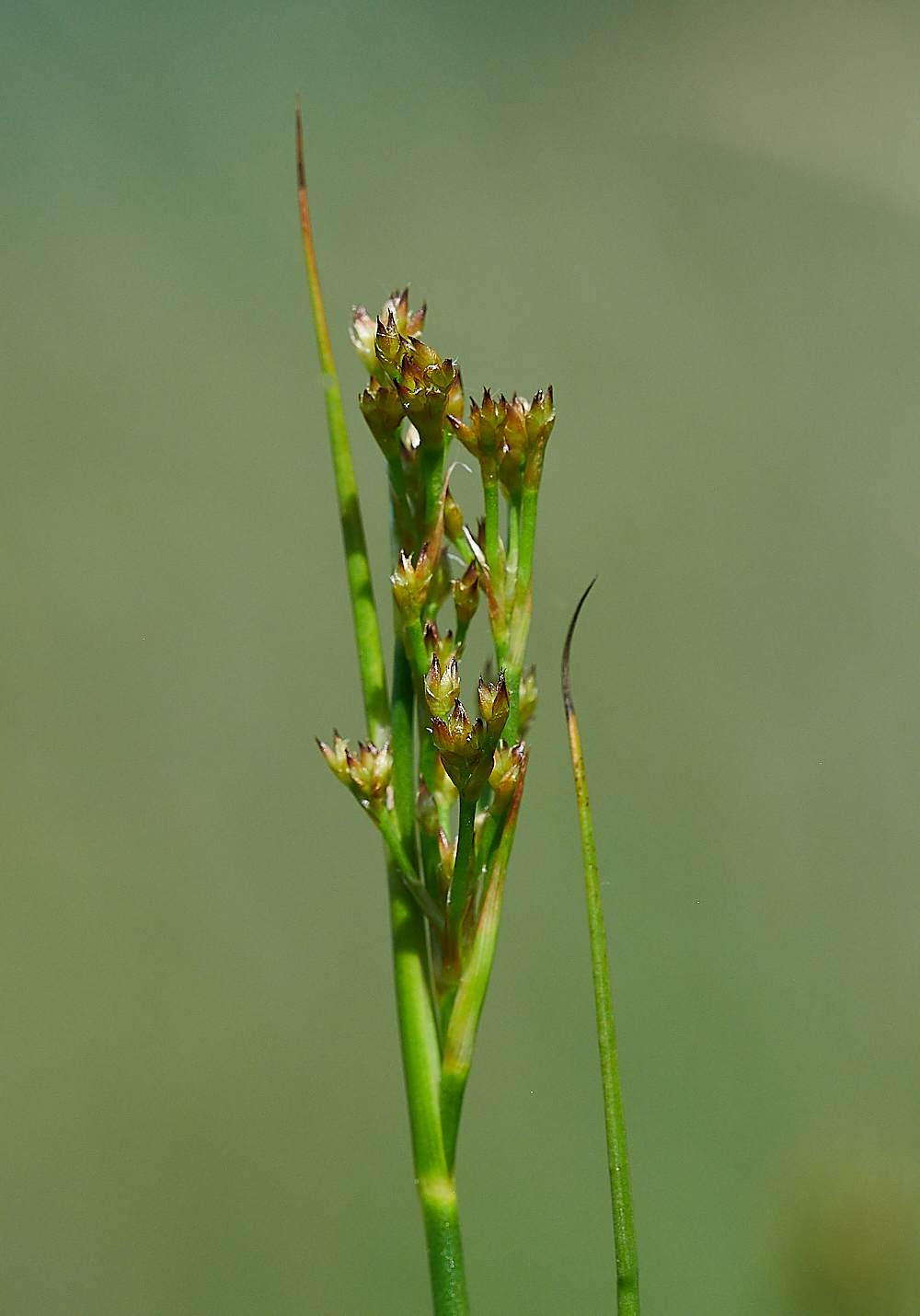
Sharp-flowered Rush (Juncus acutifolius) Cross partitions only.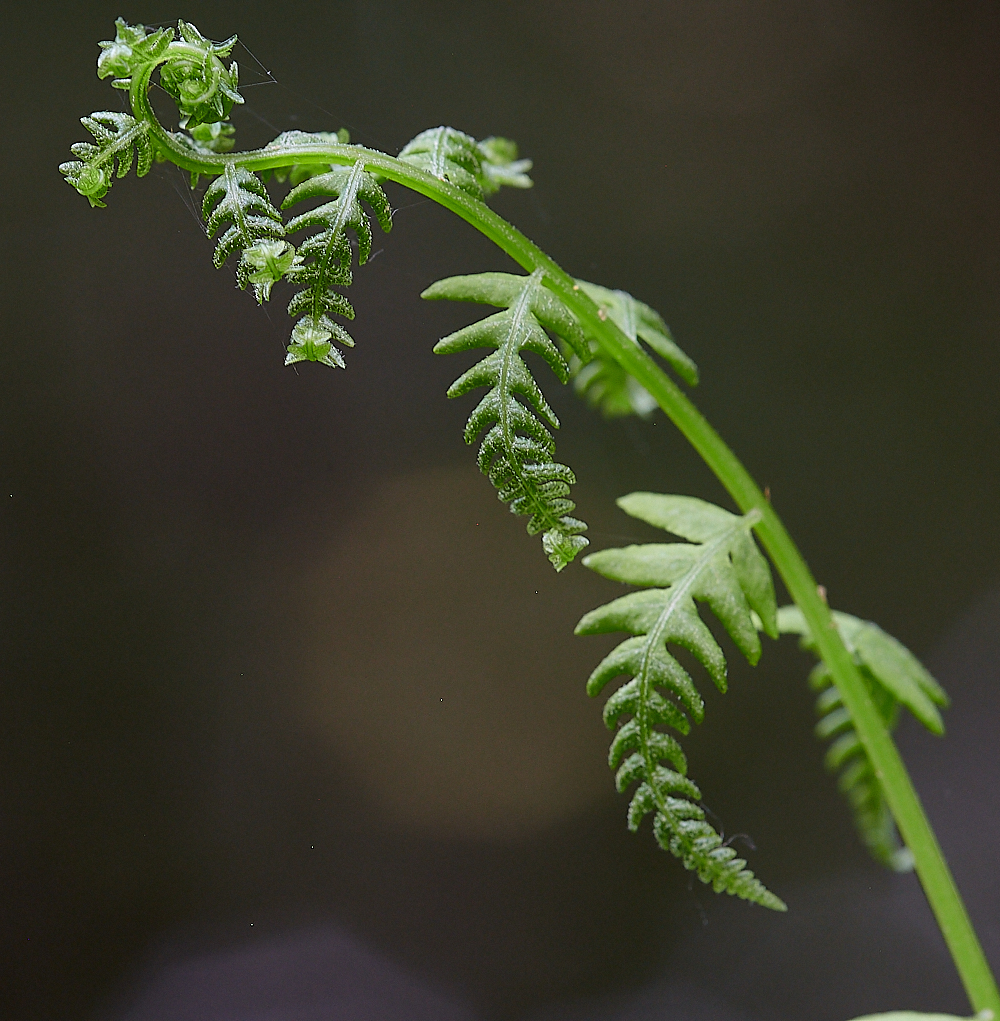
Marsh Fern (Thelypteris palustris)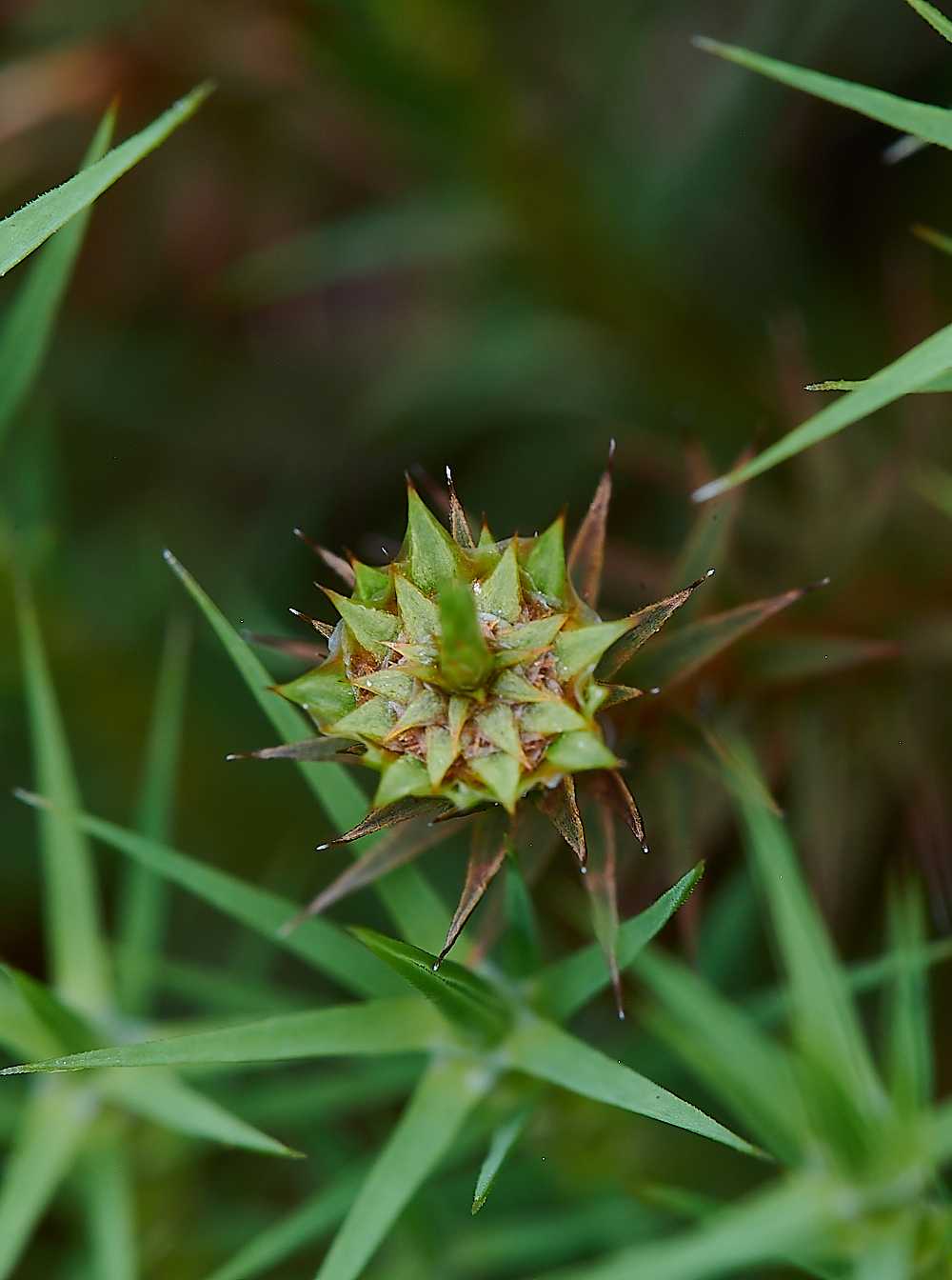
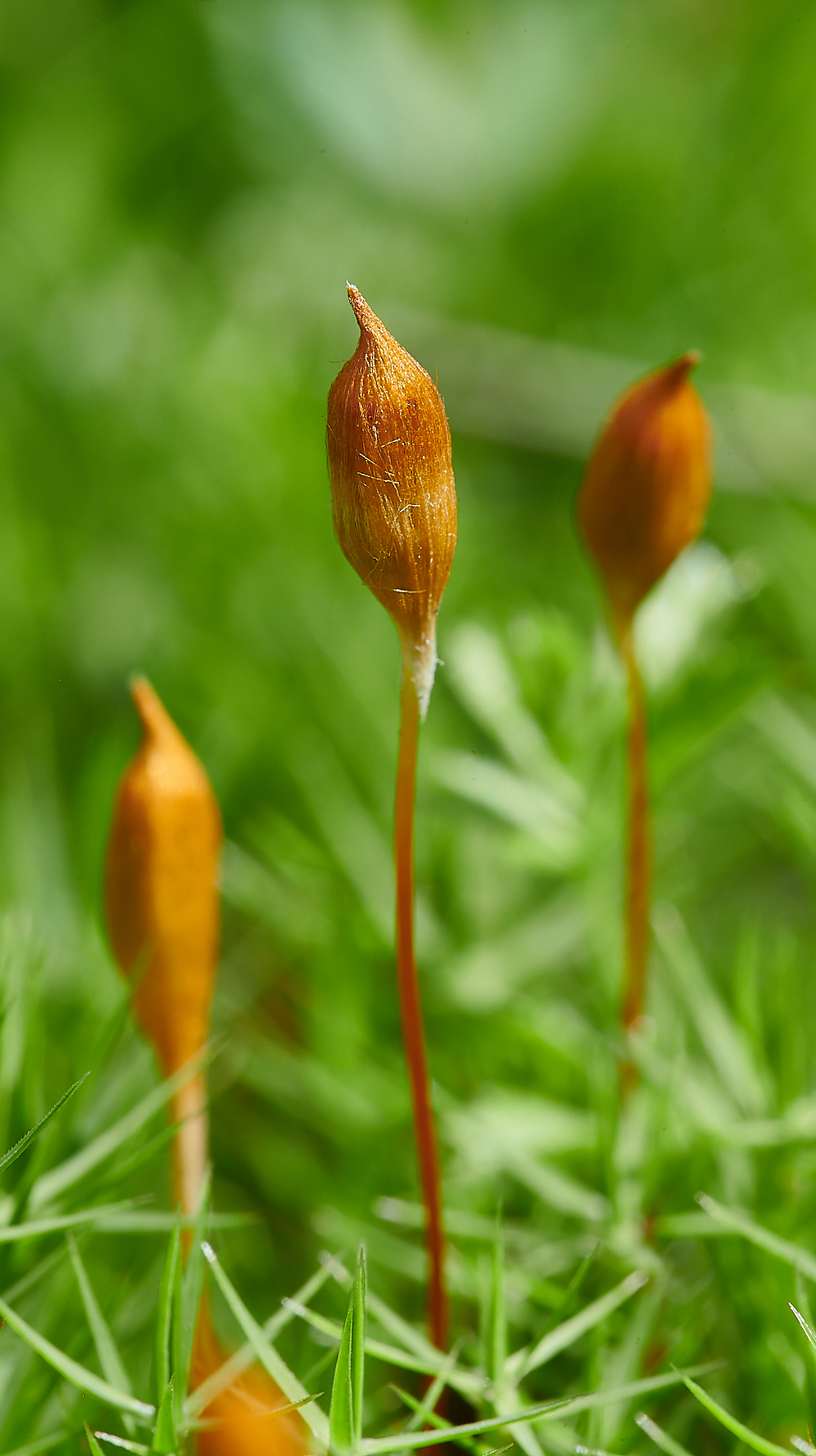
Common Haircap (Polytrichum commune)
Male plant above
and young capsule of the female plant covered by a golden calyptra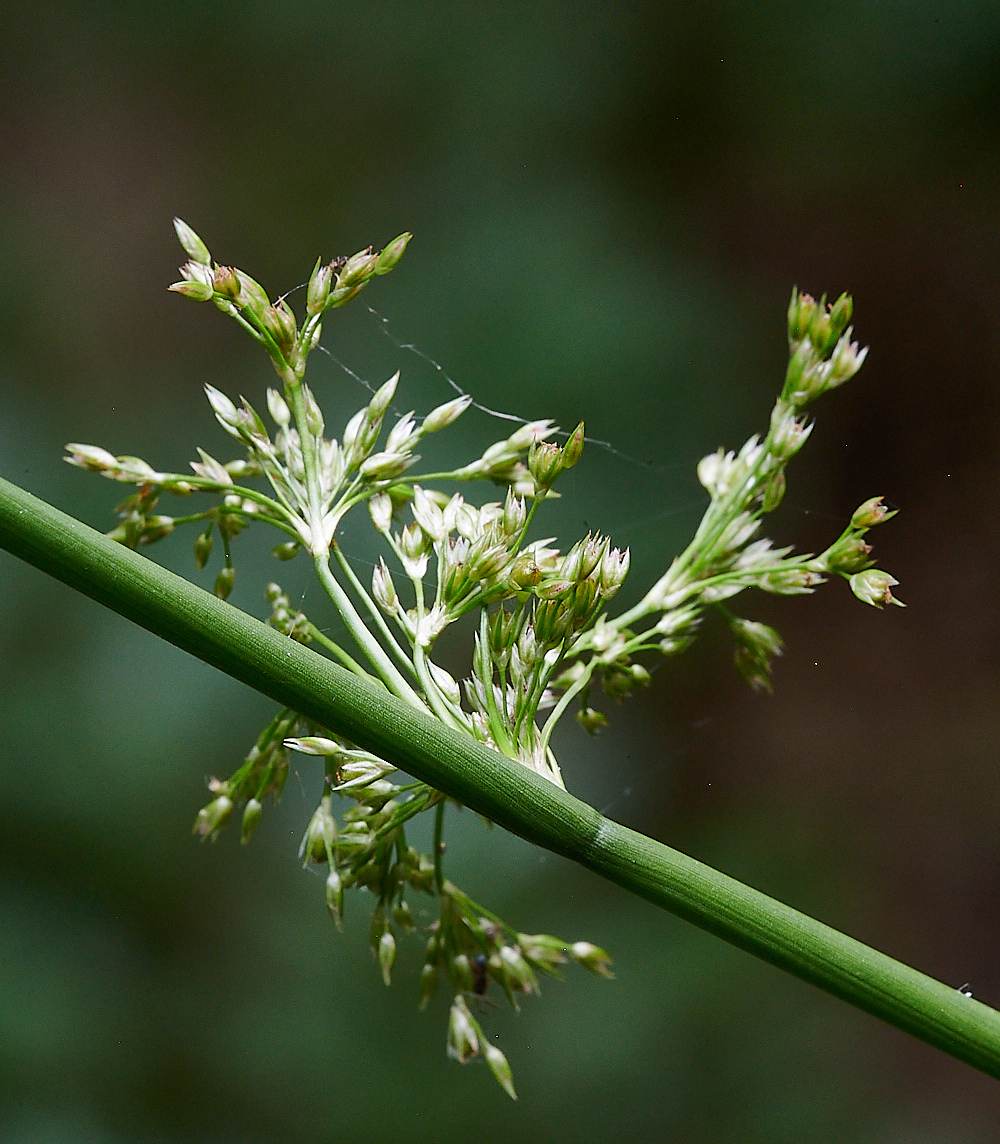
Hard Rush or Soft Rush
The ridges seem visible 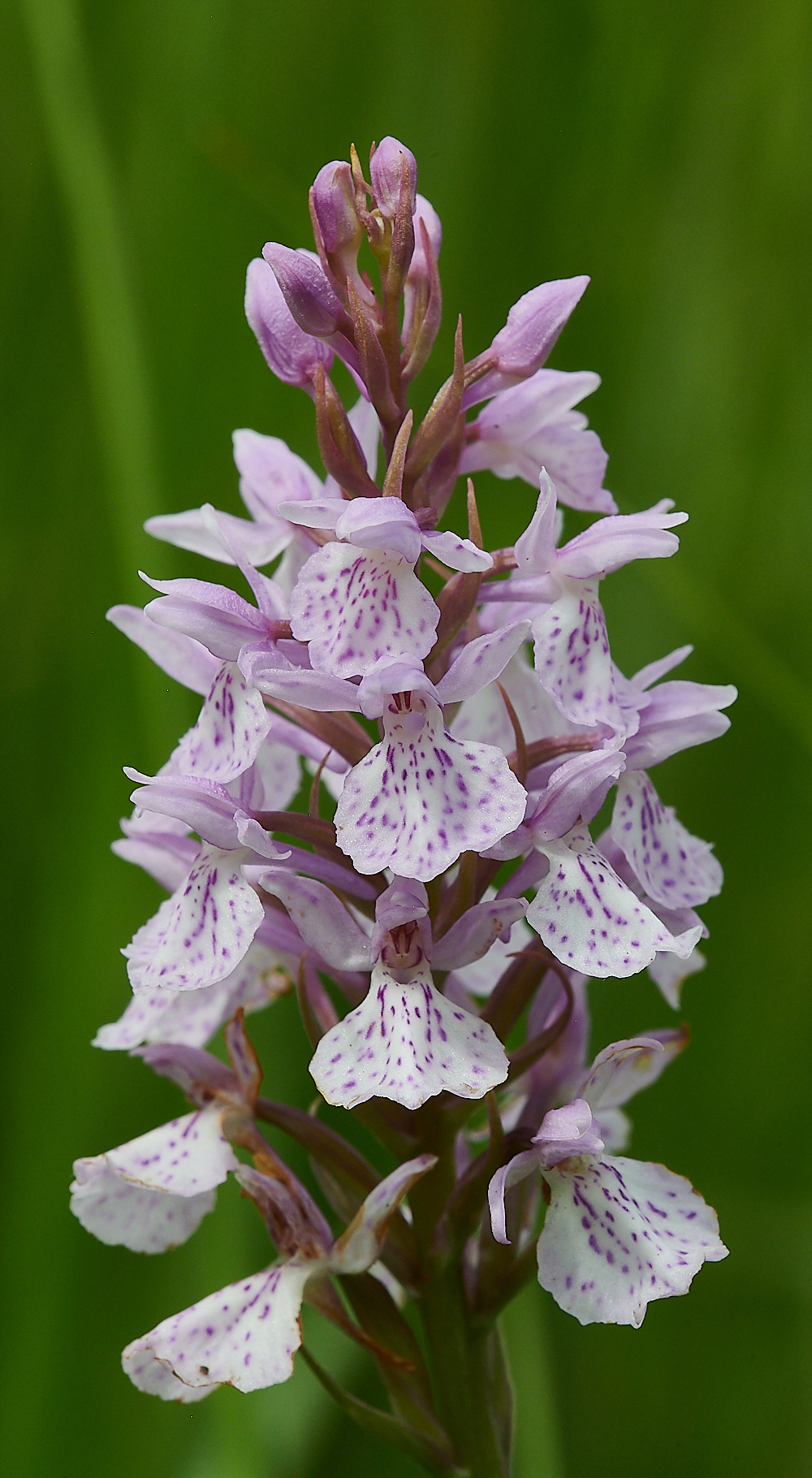
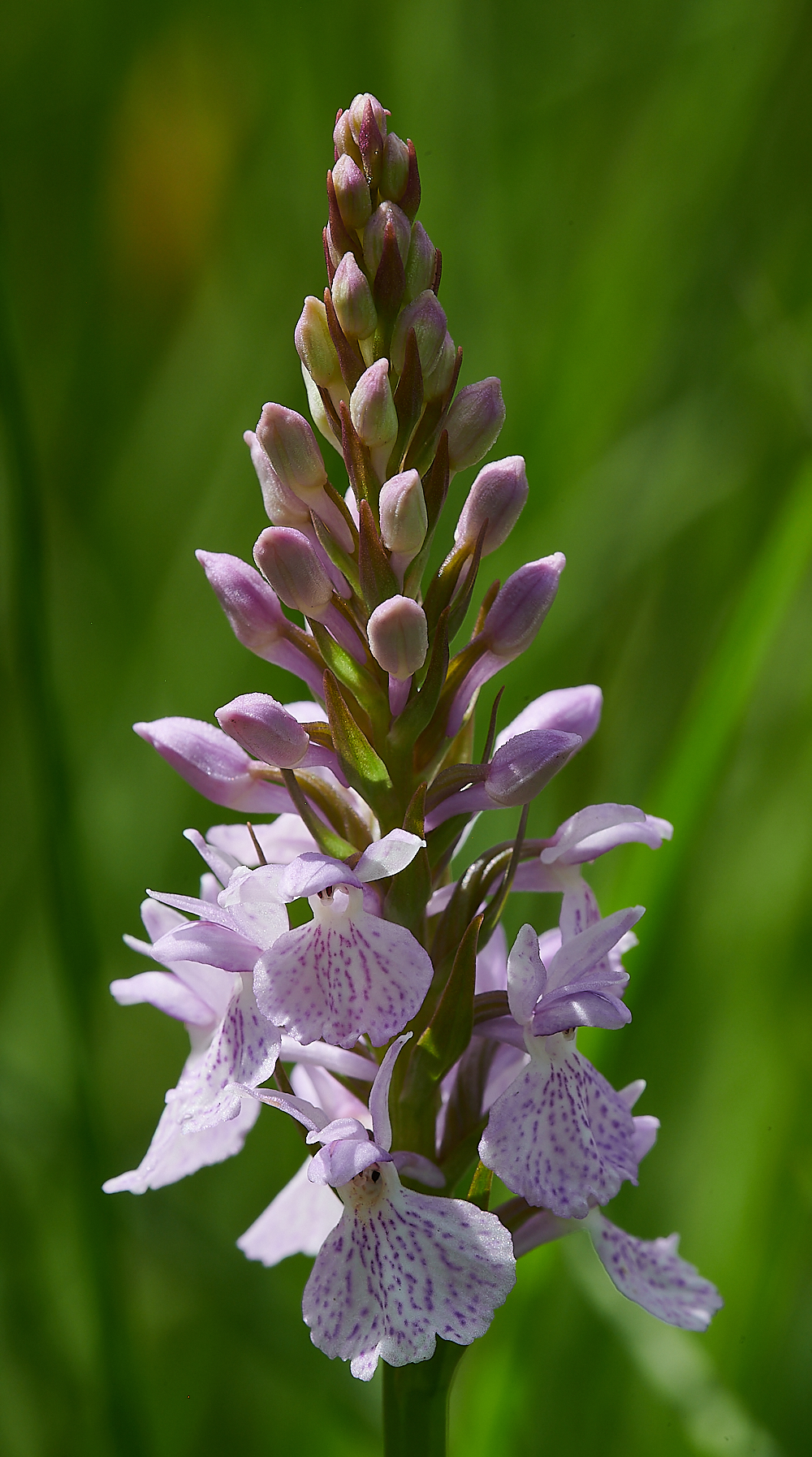
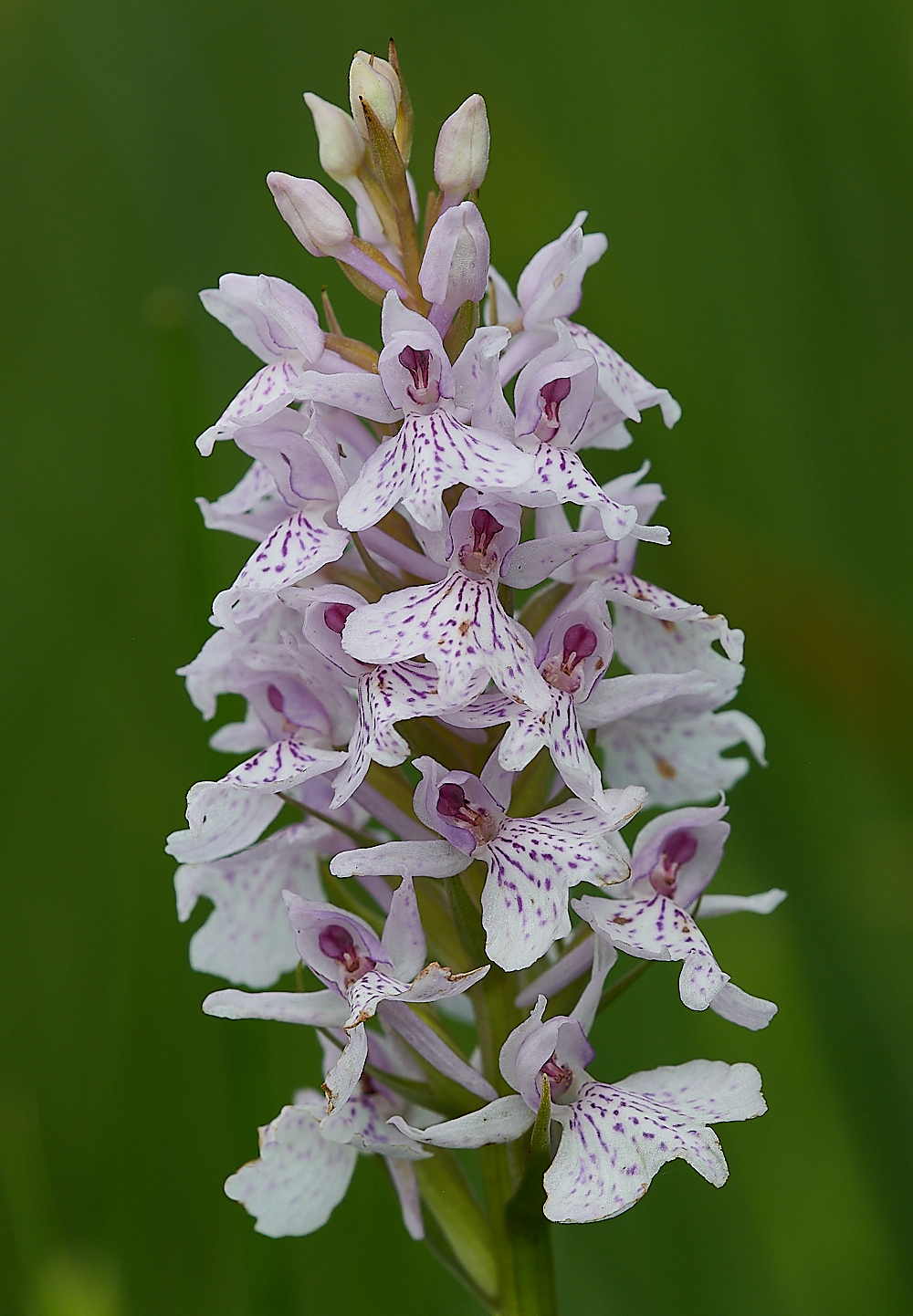
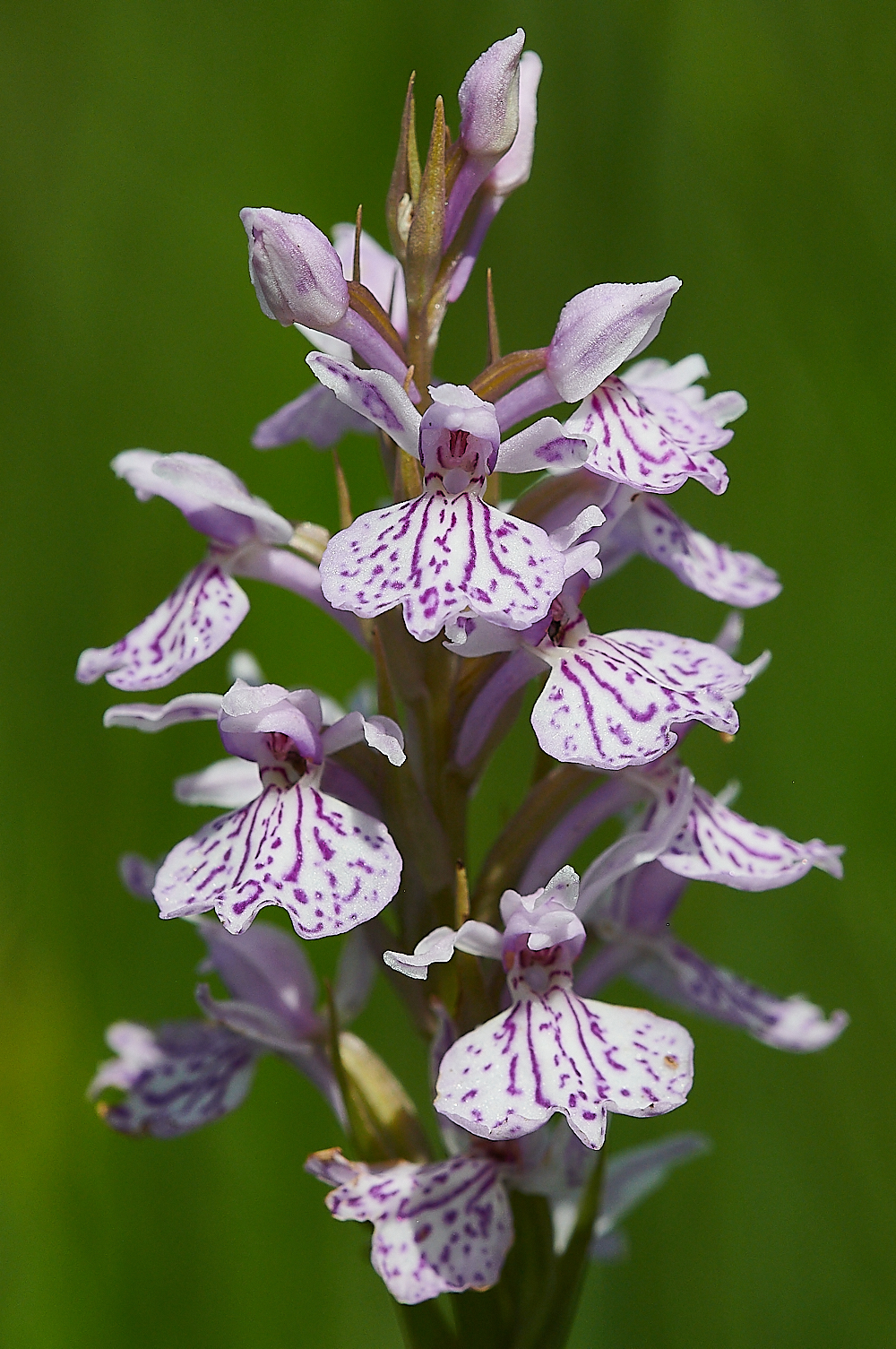
Heath Spotted-orchid (Dactylorhiza maculata)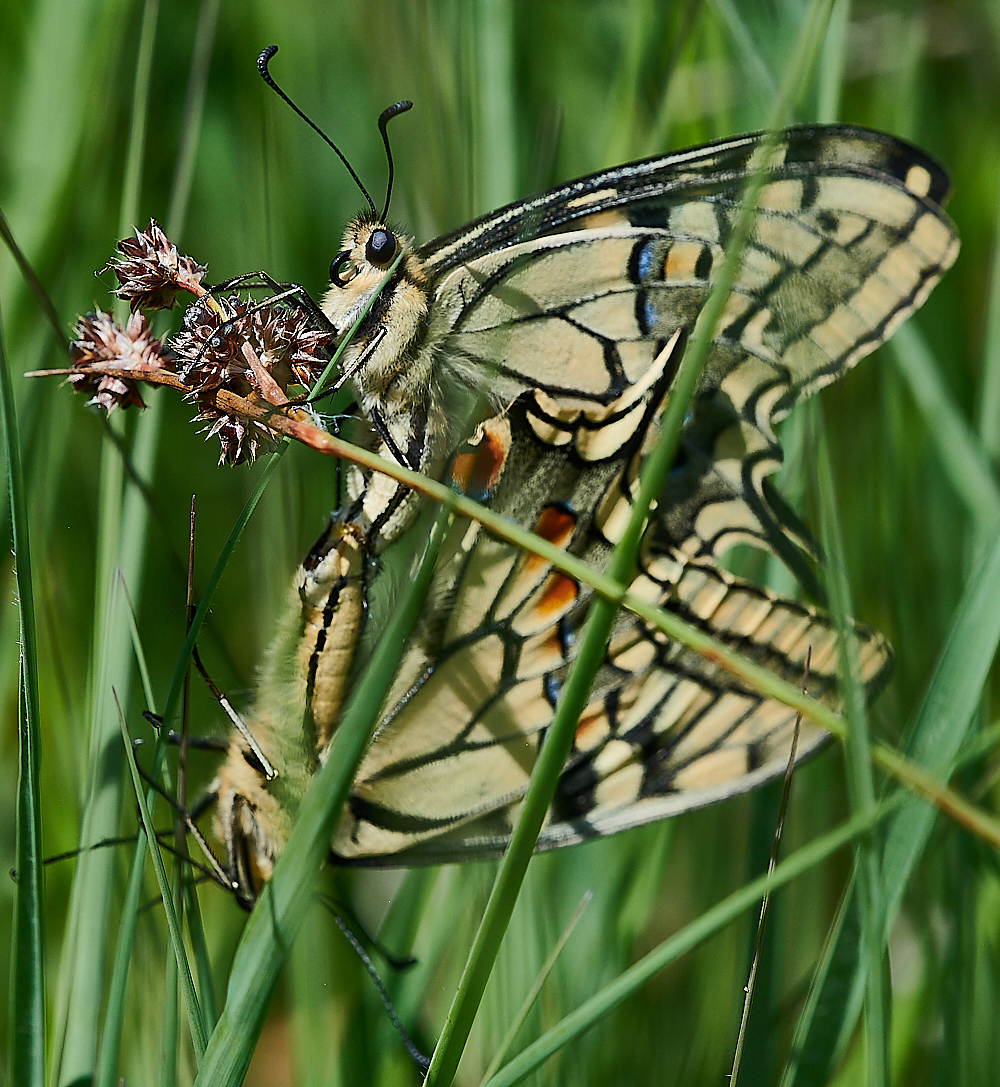
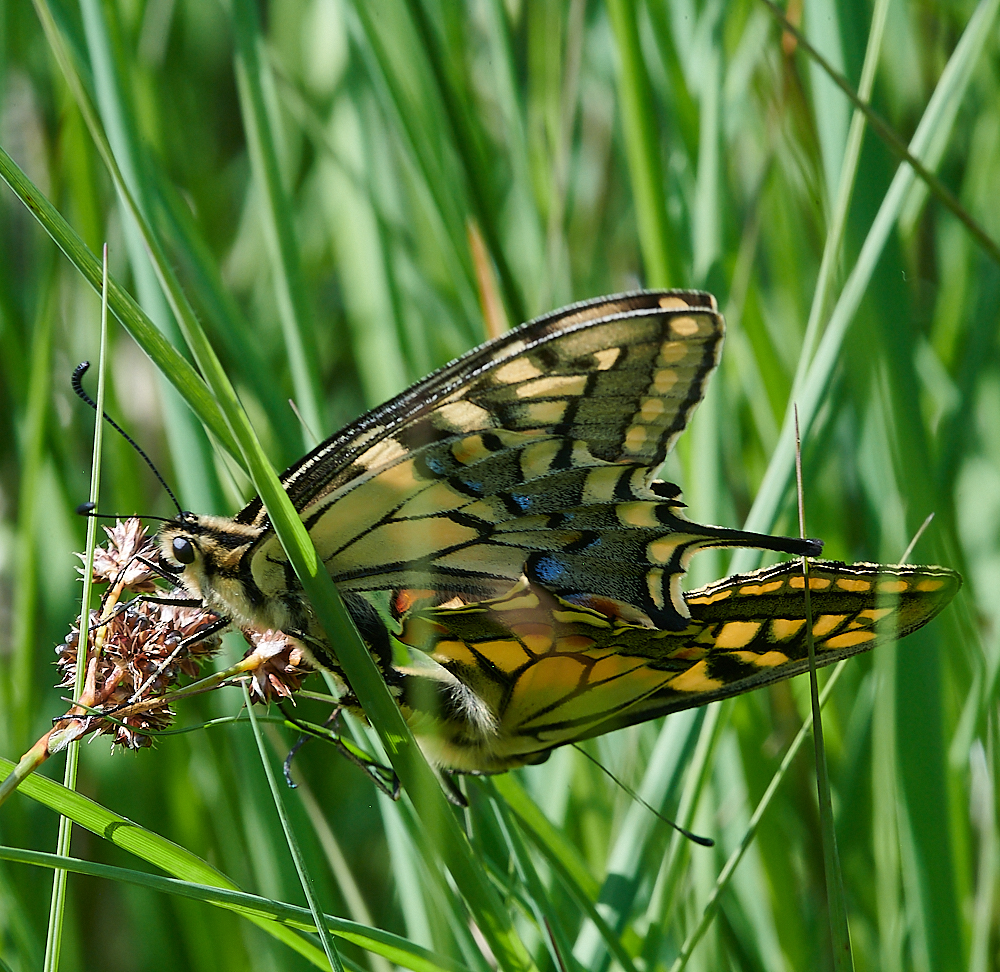
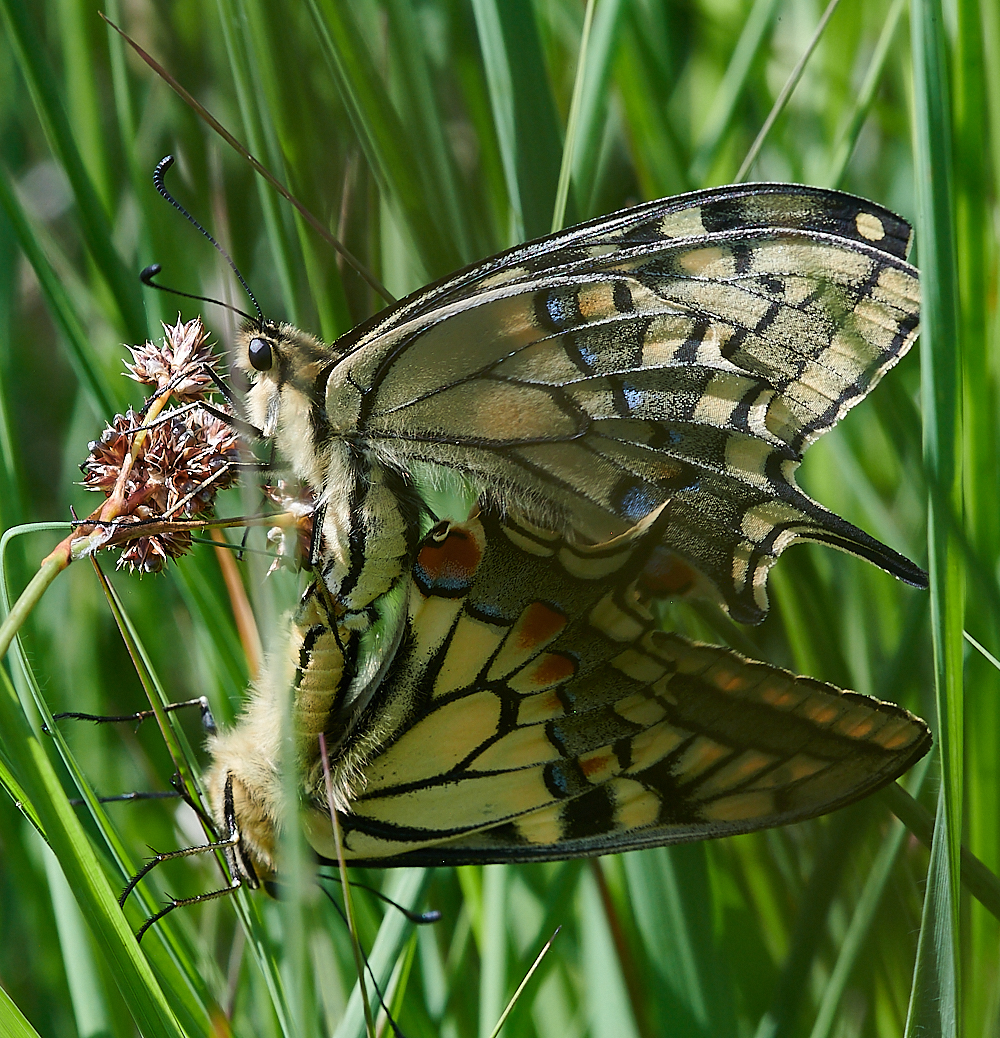
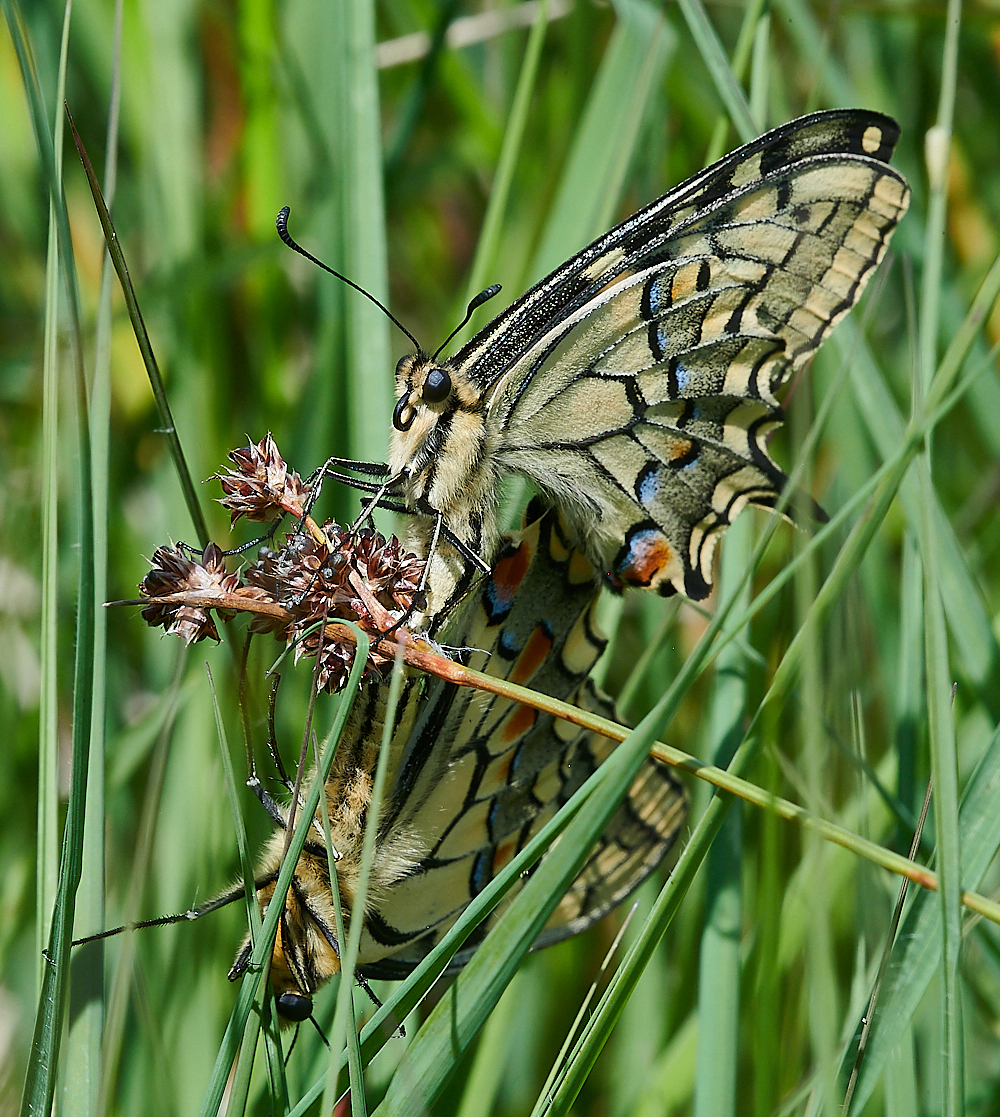
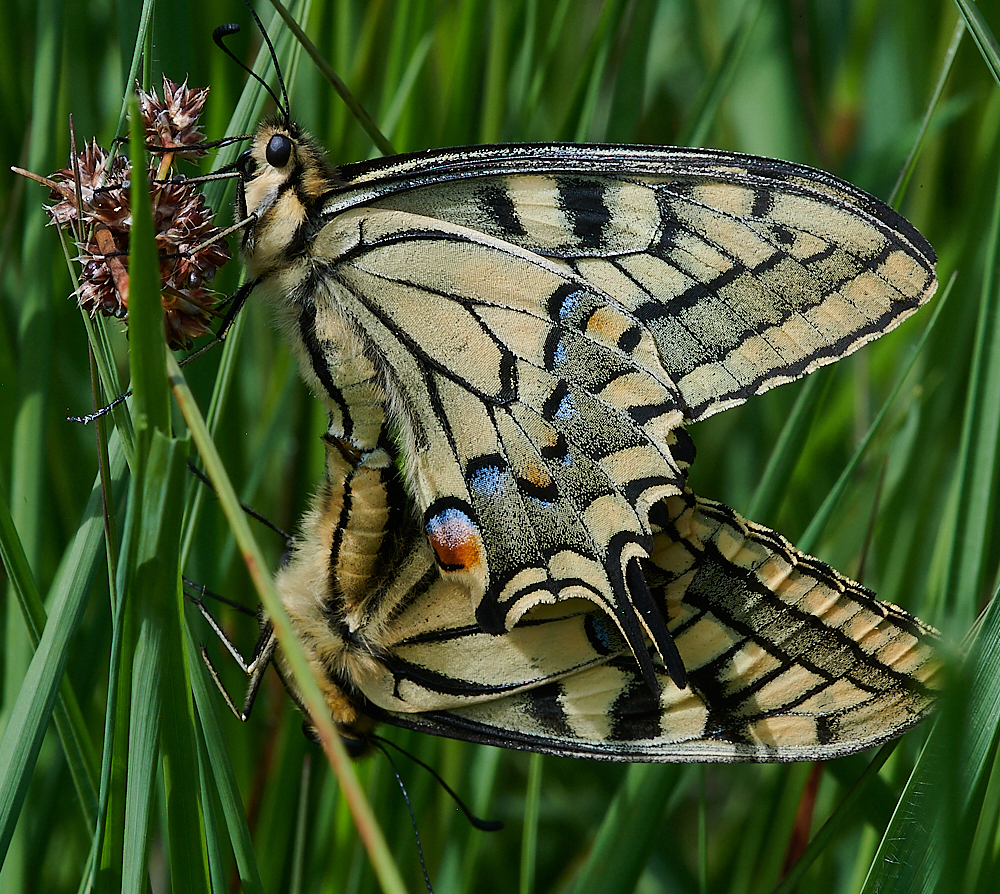
Swallowtail (Papilio machaon)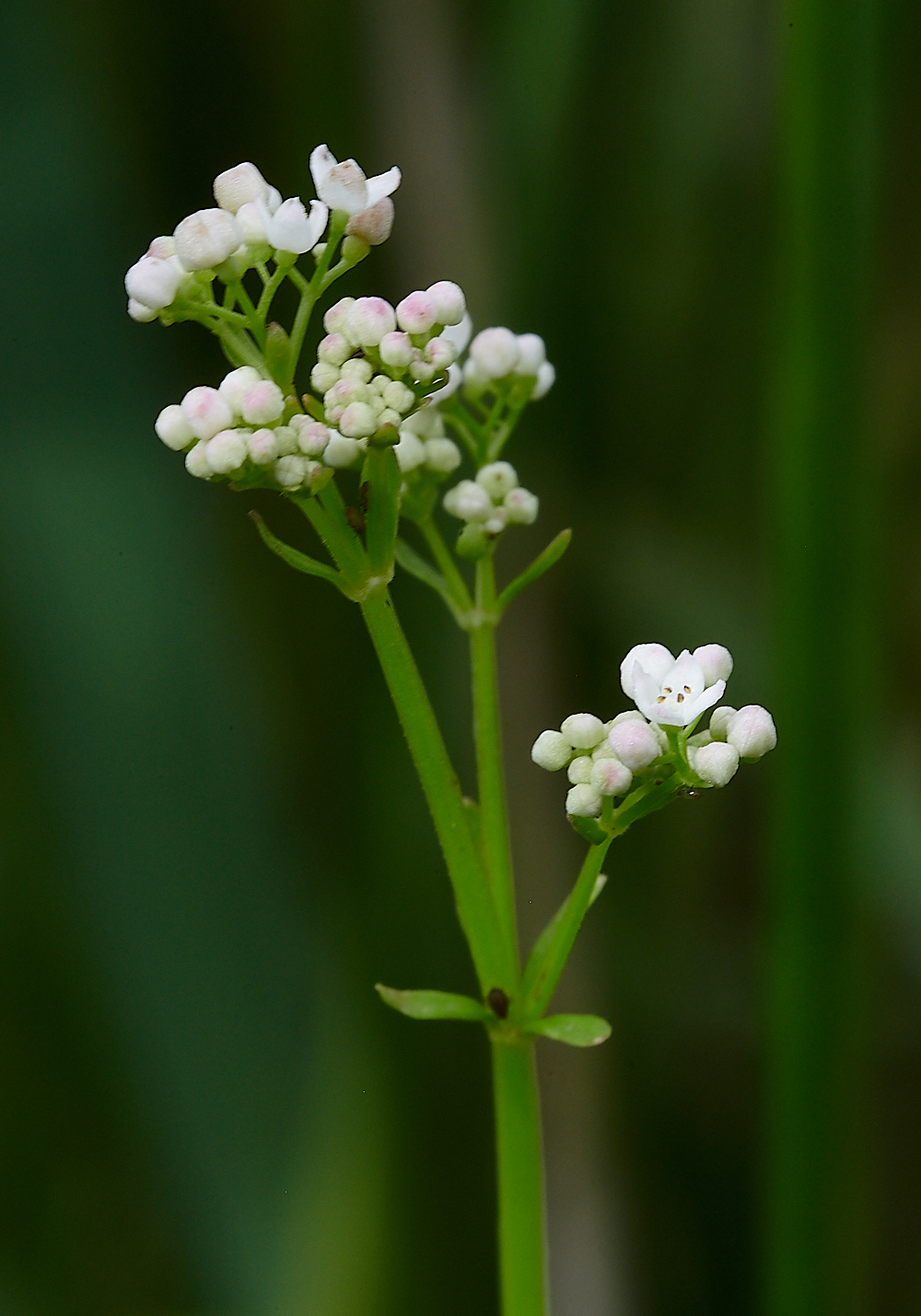
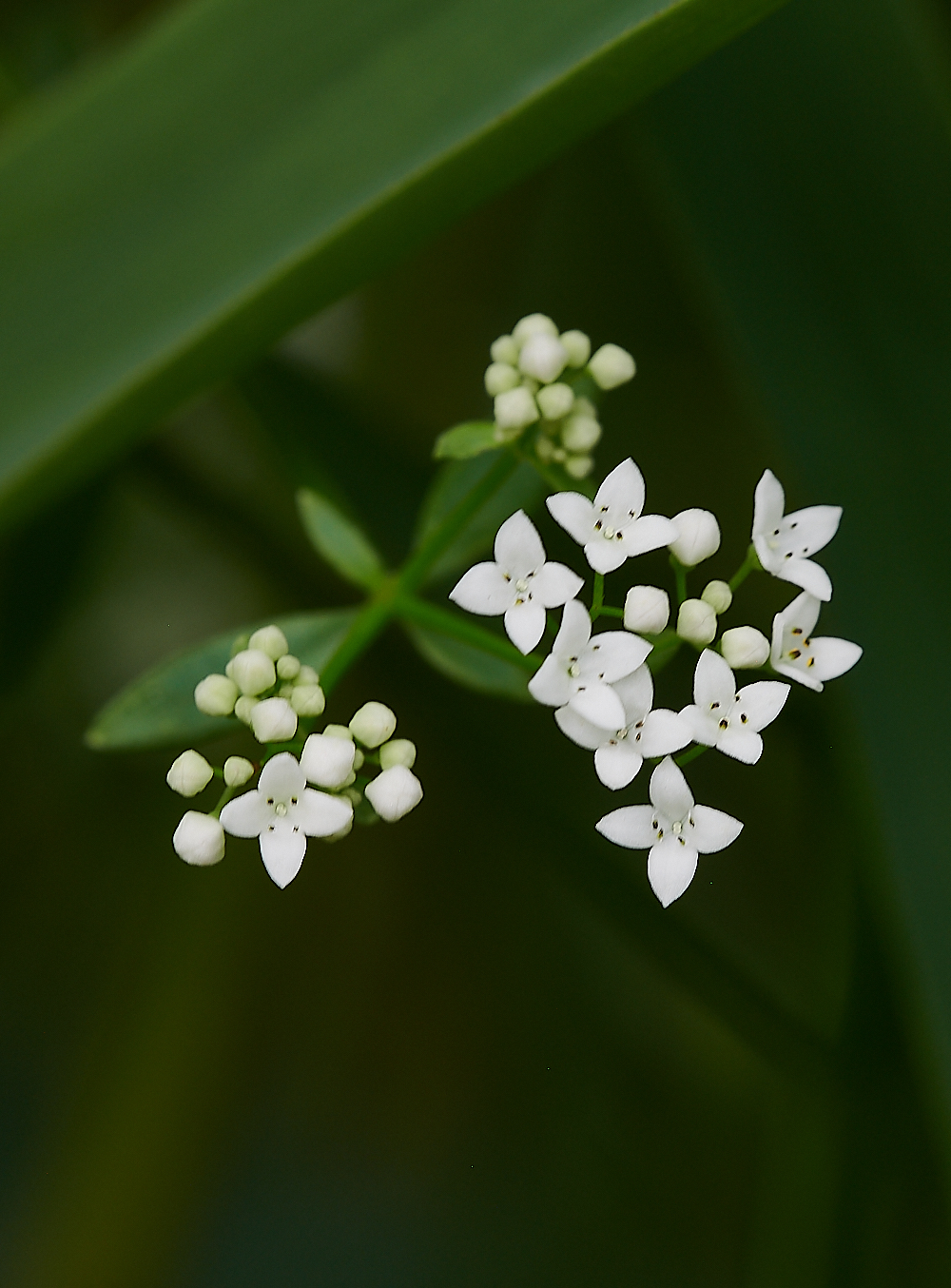
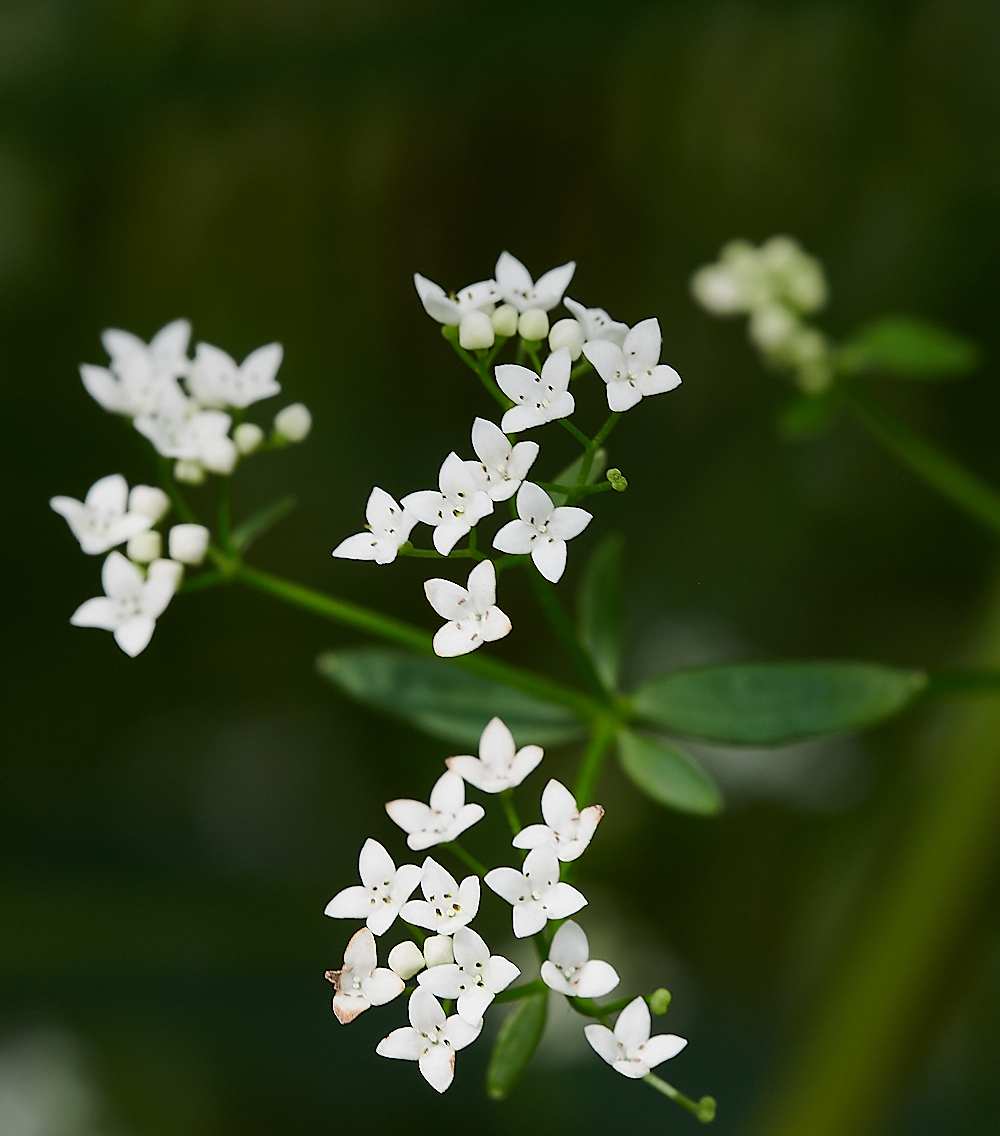
Marsh-bedstraw (Galium palustre)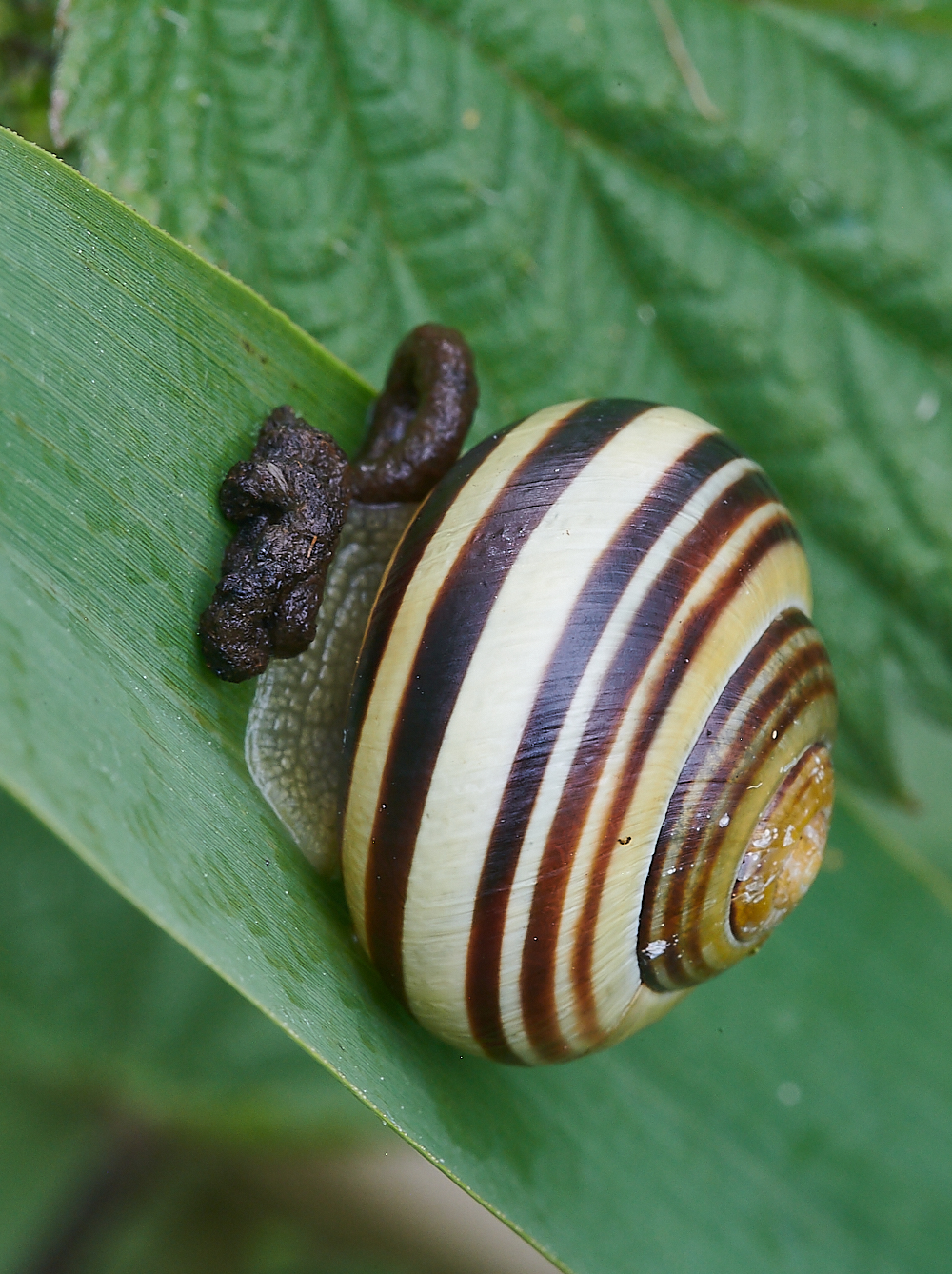
Brown-lipped Snail (Cepaea nemoralis)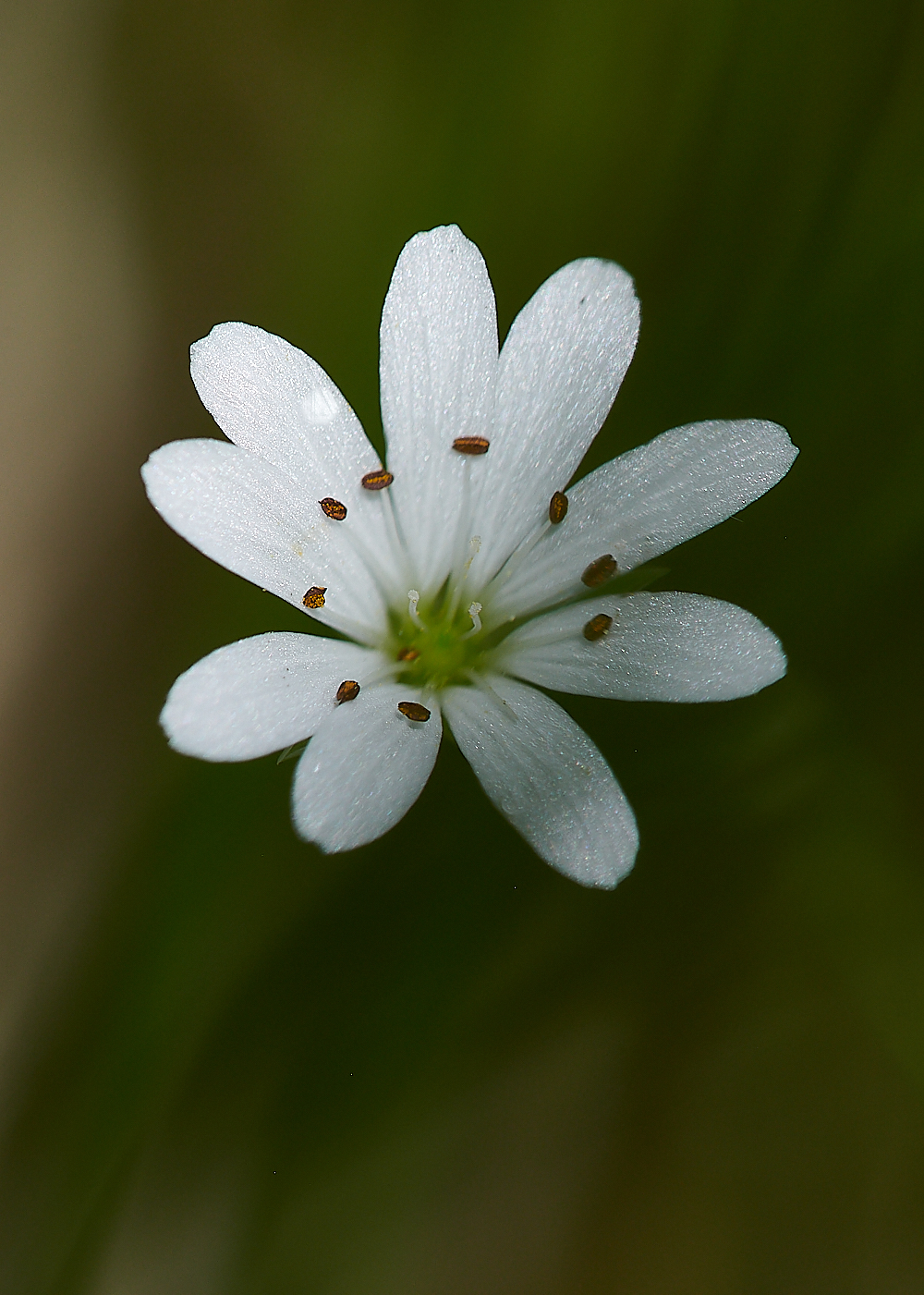
Marsh Stitchwort (Stellar palustris)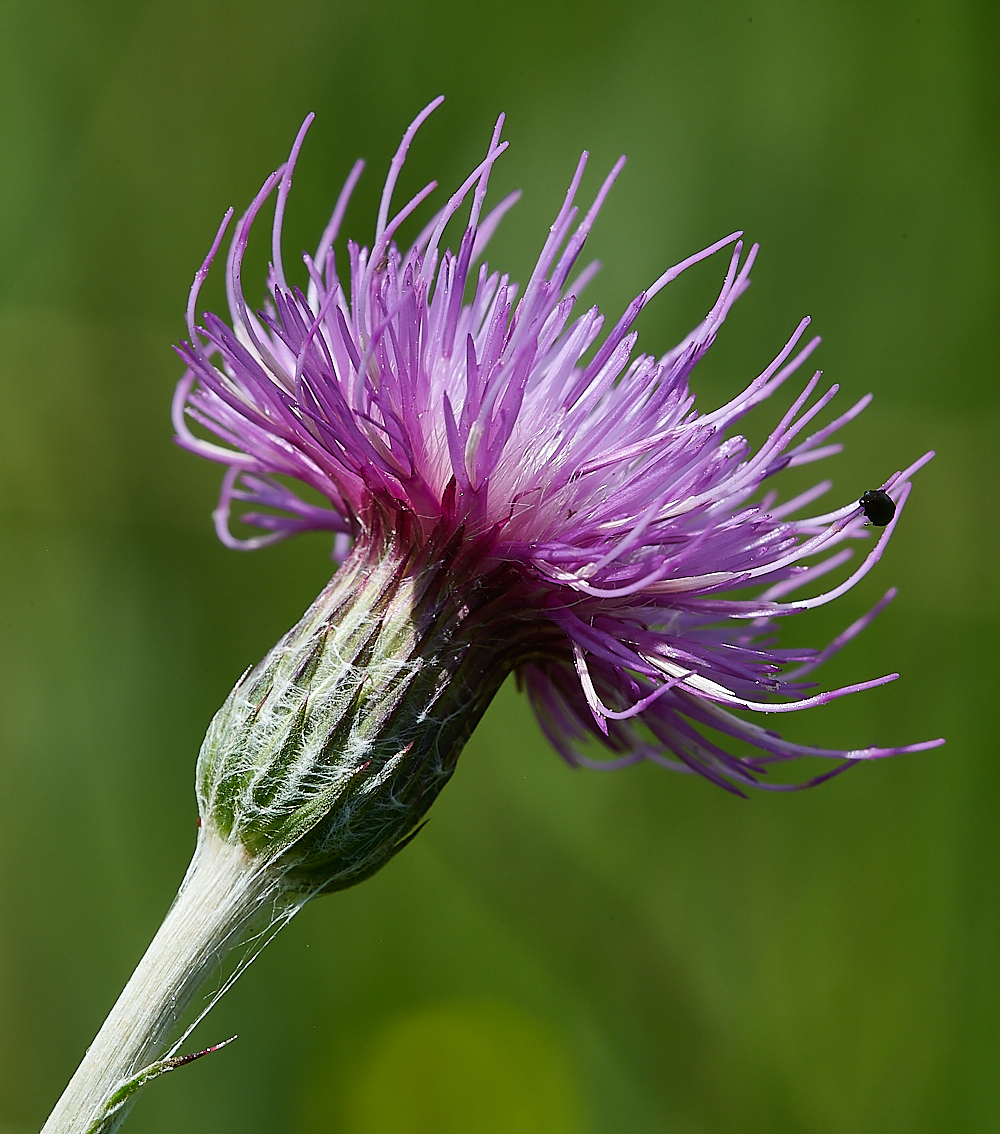
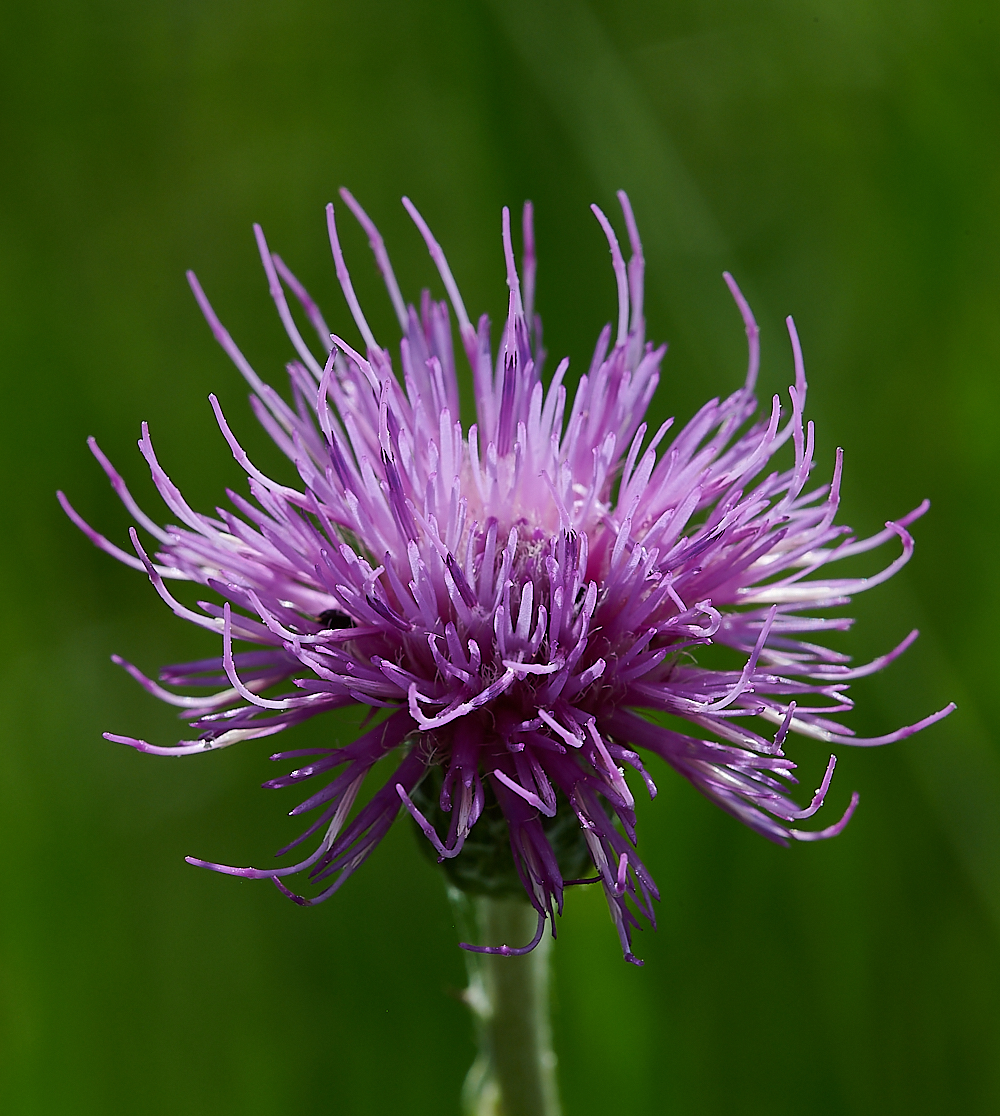
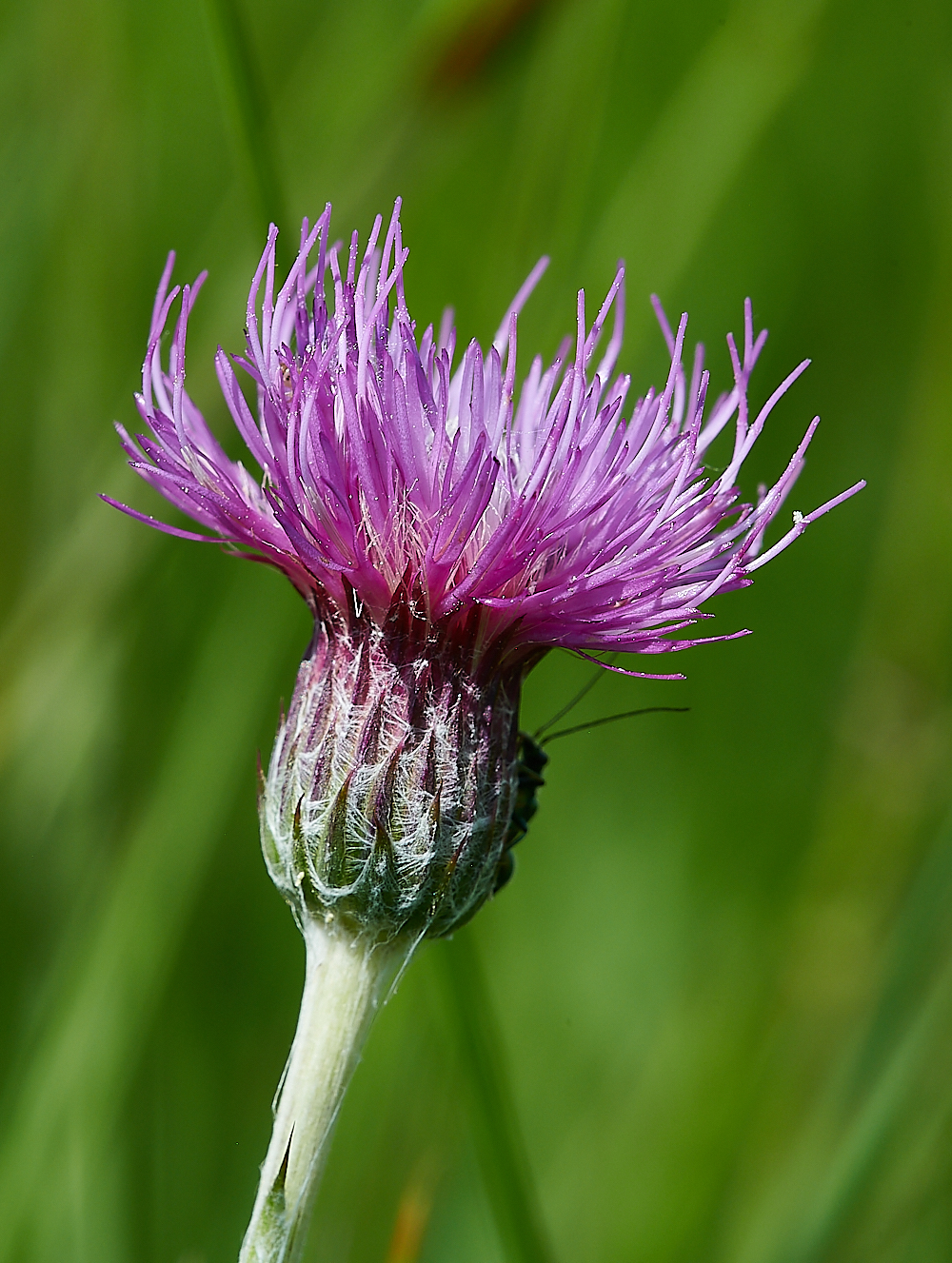
Meadow Thistle (Cirsium dissectum)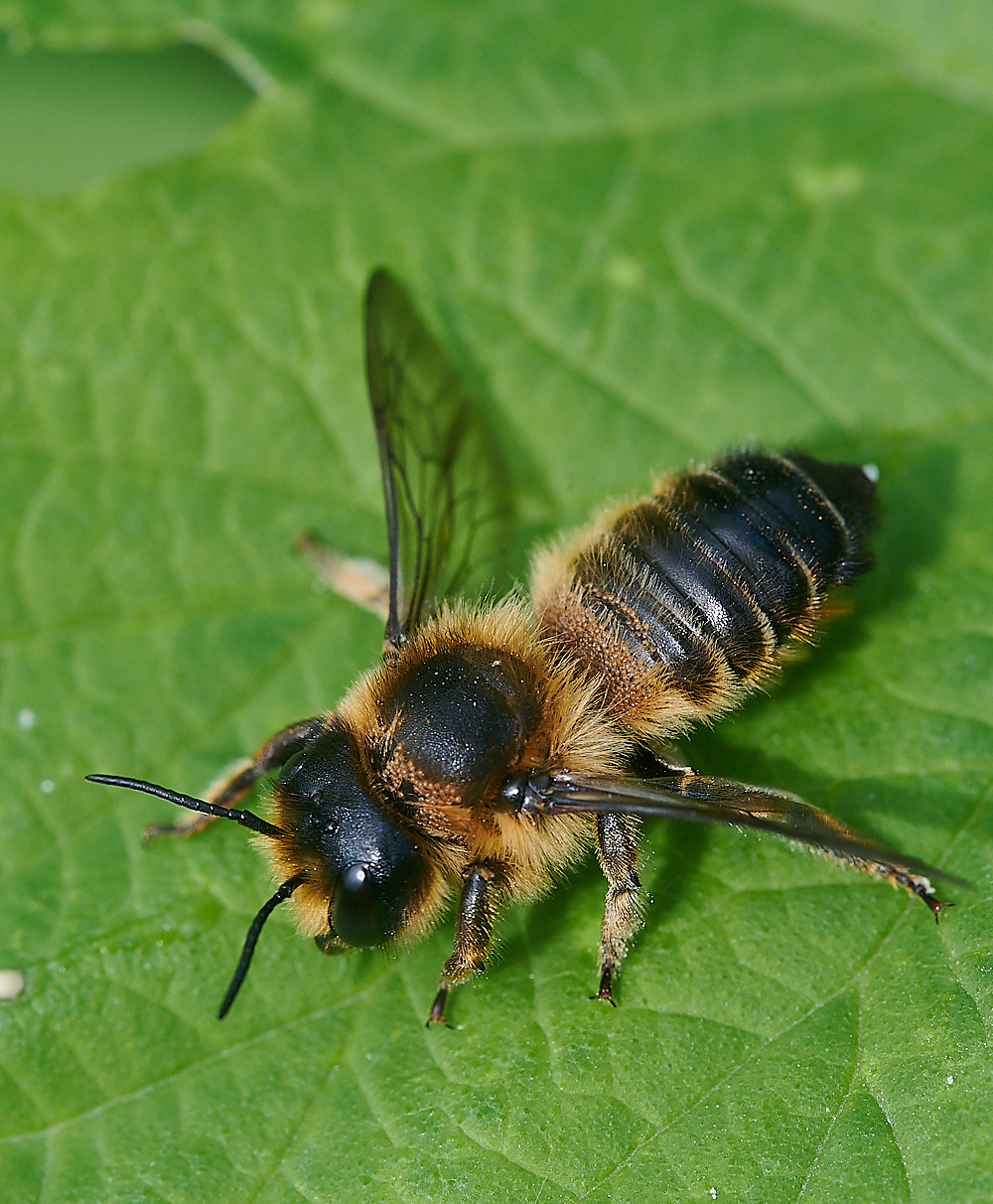
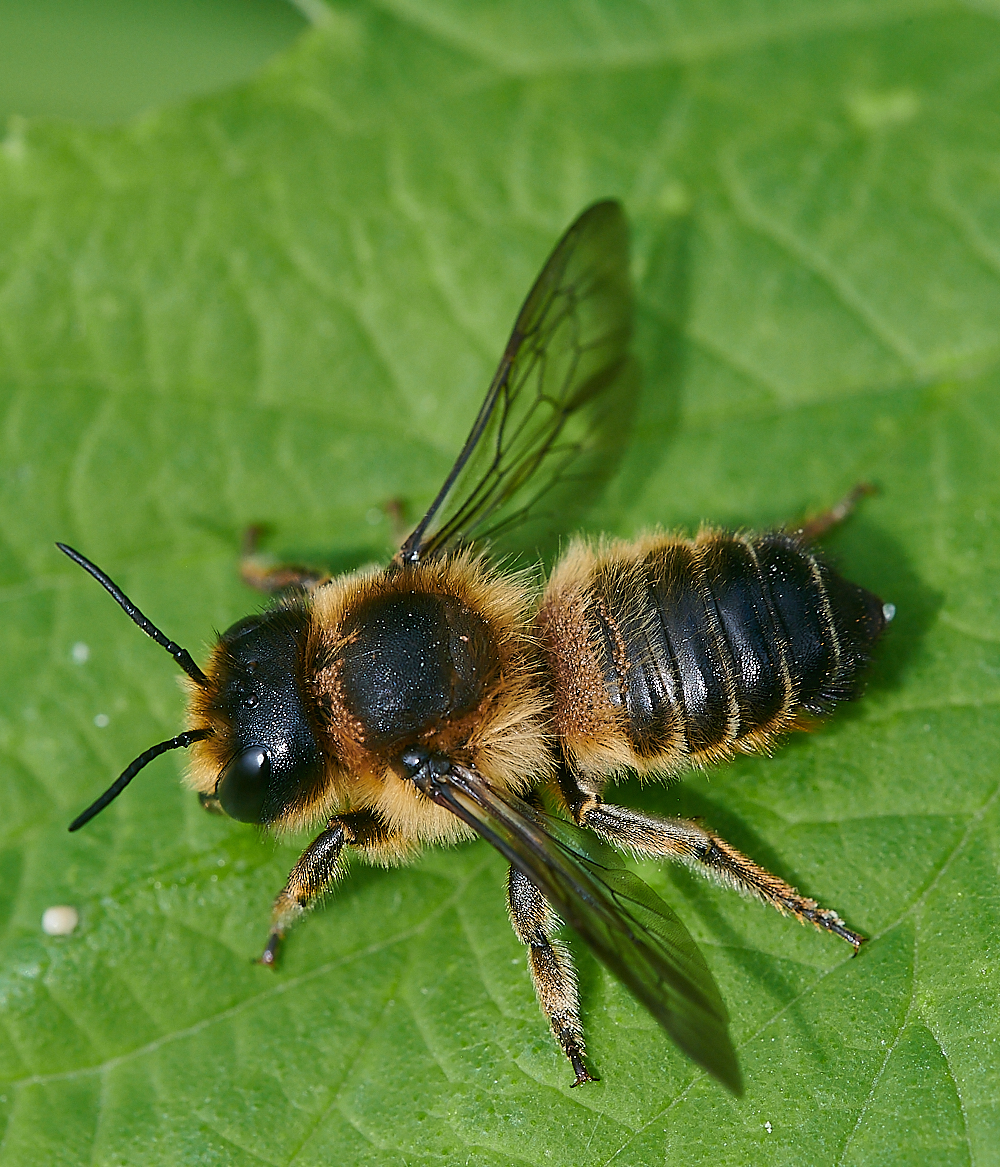
Leaf Cutter Sp Megachile Sp (to be confirmed)
Pale hairs on clypeus and thorax with some black hairs on top of the head. There appears to be a little tuft of orange hair visible from the scope. Somewhat festooned with mites?
M centuncularis perhaps?
Not quite
The Wonderful Mr Willughby's Bee
Willughby's Leafcutter Bee (Megachile willughbiella)
Thanks to Nick Owens for id.
Nick then passed on these comments, which I ma very grateful for.
M. centuncularis has only orange pollen hairs under its abdomen – and they stick out round the edge like a halo, when seen from above.
M. willughbiella and M. maritima both have dark pollen hairs near the tip, but maritima has whitish hairs towards the front end,
whereas these hairs have more orange colour in willughbiella (photo p. 148 in Bees of Norfolk).
You can’t really see this in your photo though.
M. maritima has more prominent white bands and also longer hairs on the front basi-tarsi if you can see that!
I think they are short on your specimen and the bands are not obvious.
You can see these hairs on the Holkham photo against the yellow petal. M. maritima is darker on top when fresh.
Hope that helps – always tricky with photos. A profile photo is useful for Megachile.
I’ve added M.circumcincta in case you see it (present at Holkham on bird’s-foot trefoil).
It has long hairs on the top of the abdomen which are black towards the hind end and no clear bands.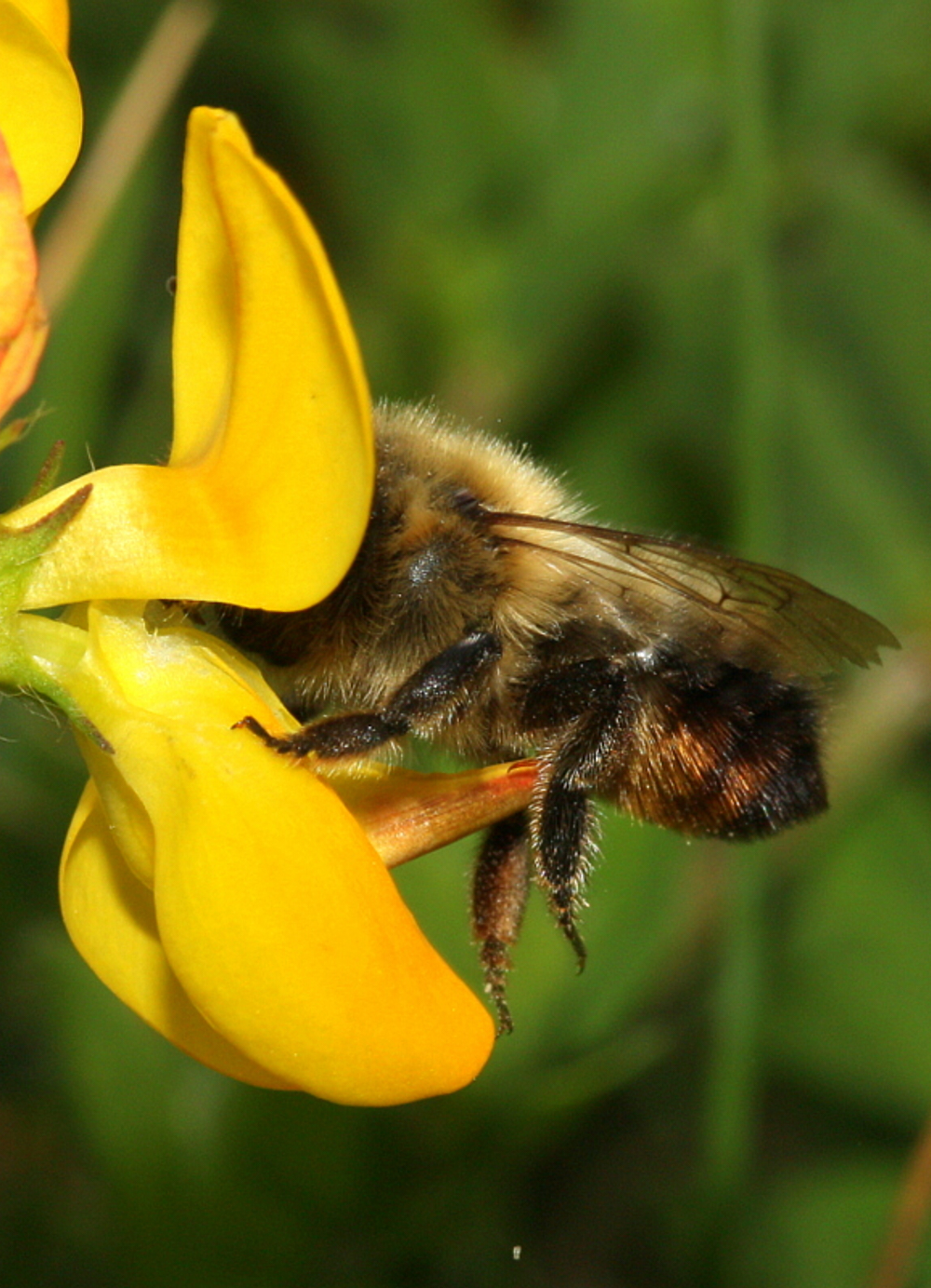
Megachile circumcincta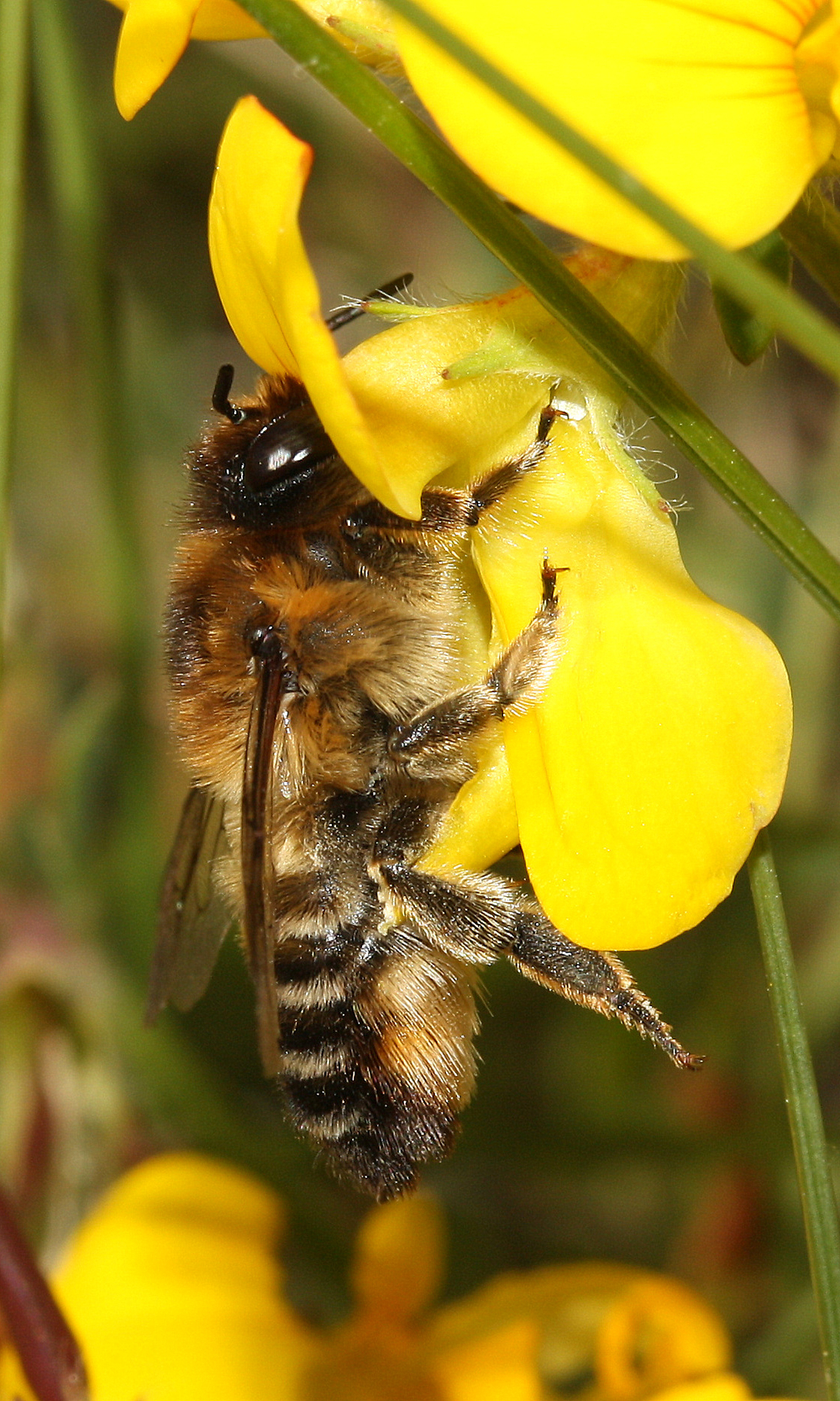
Megachile Martina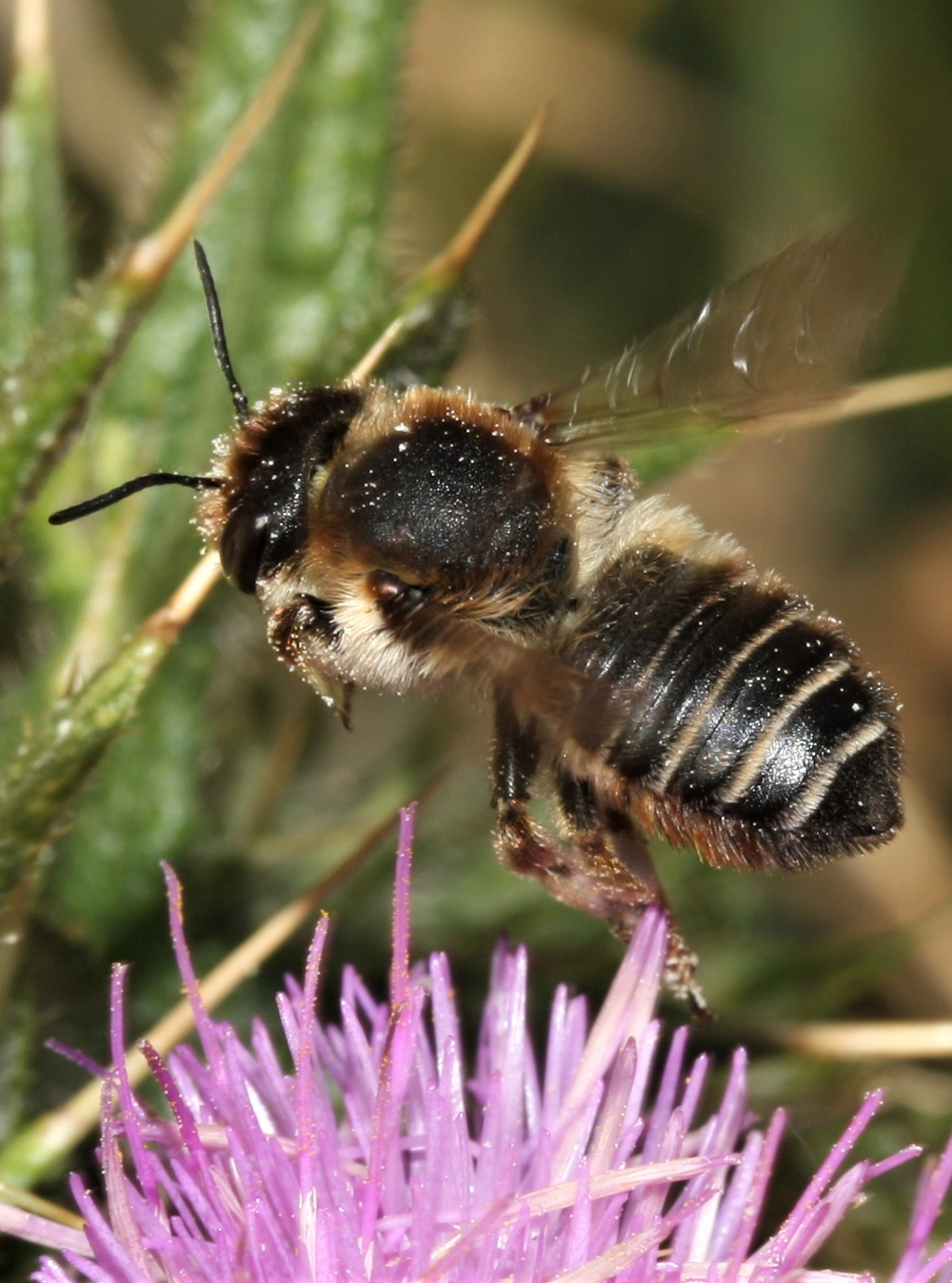
Megachile maritima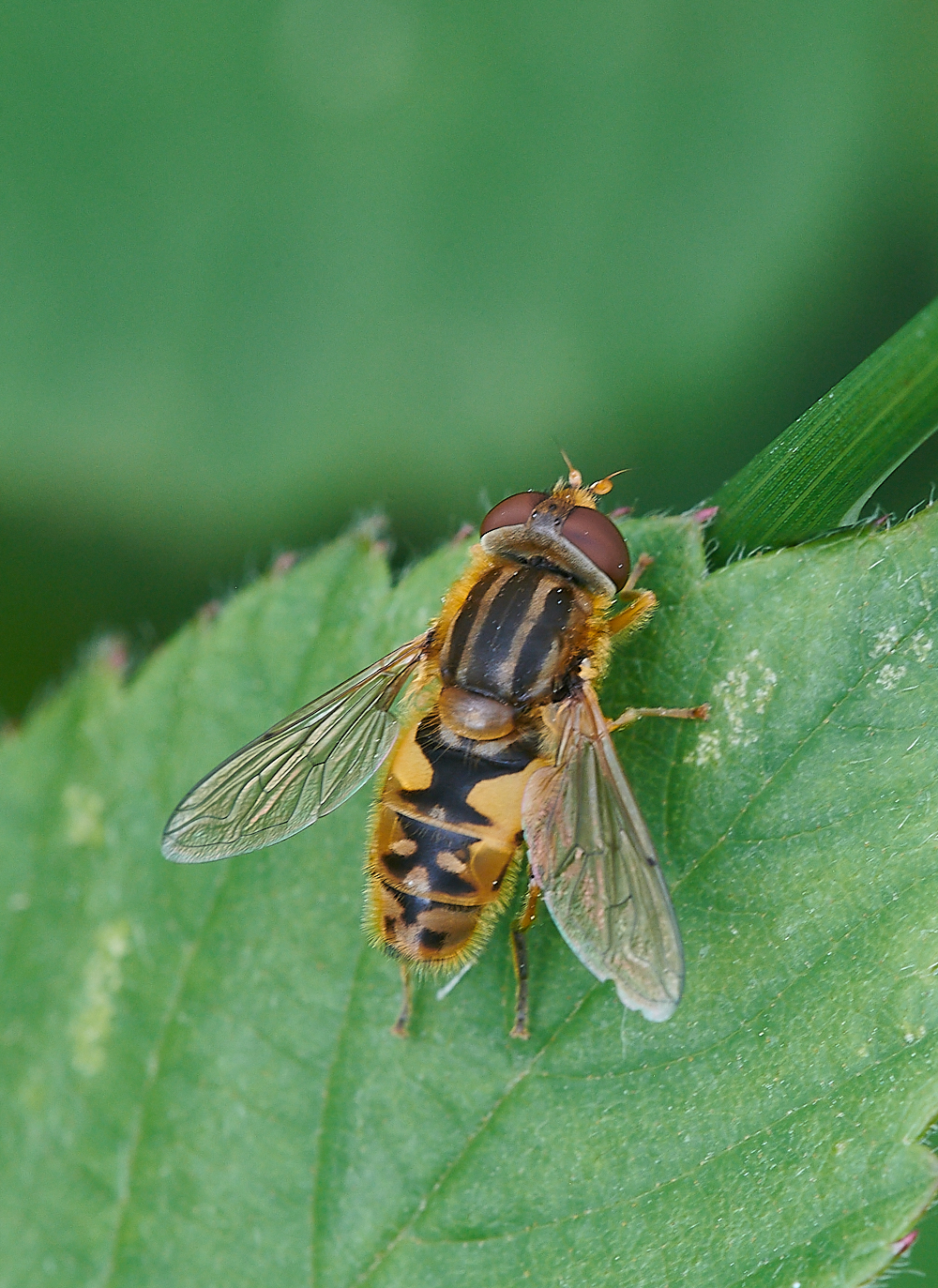
Hoverfly Sp Parahelophilus Sp?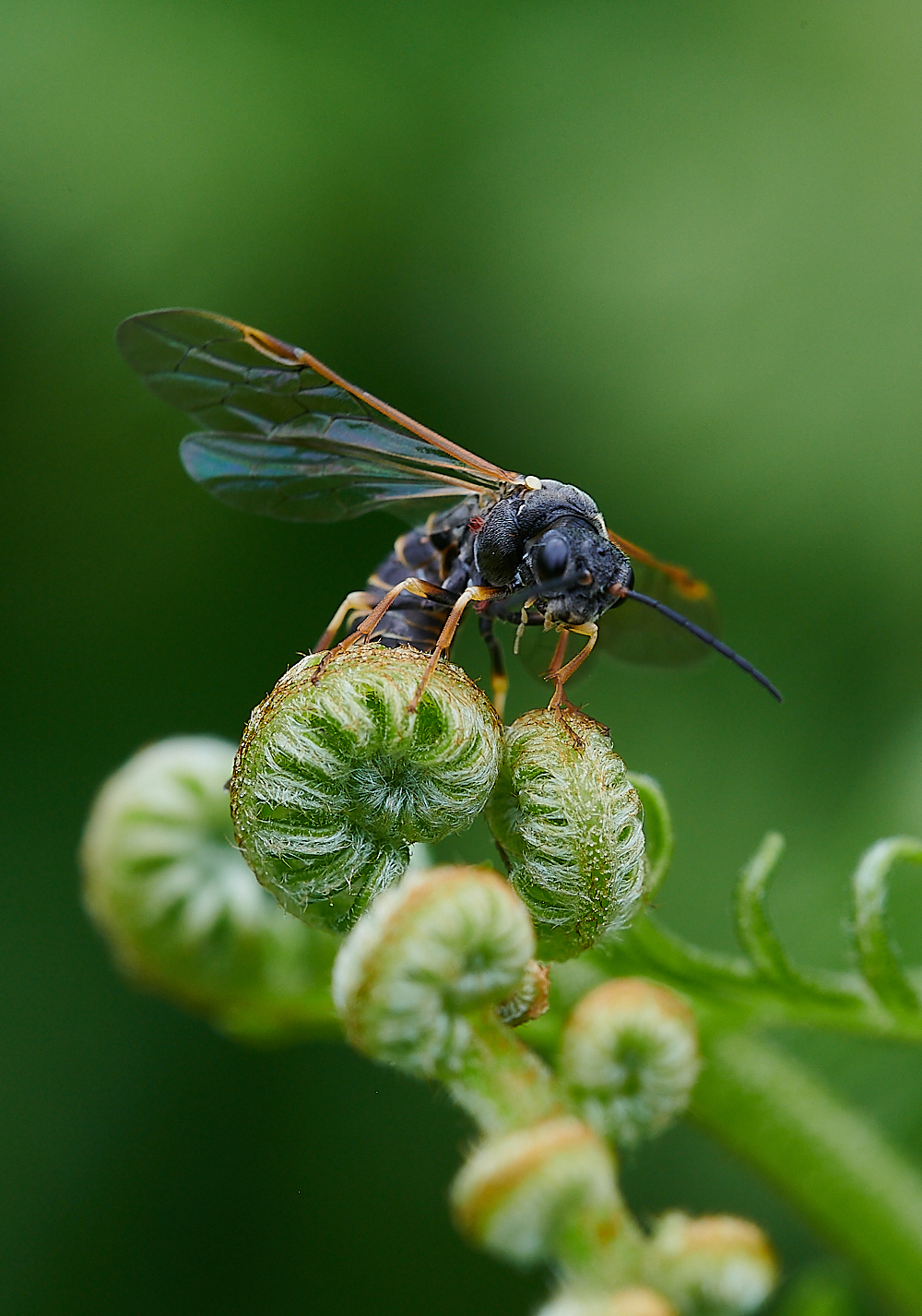
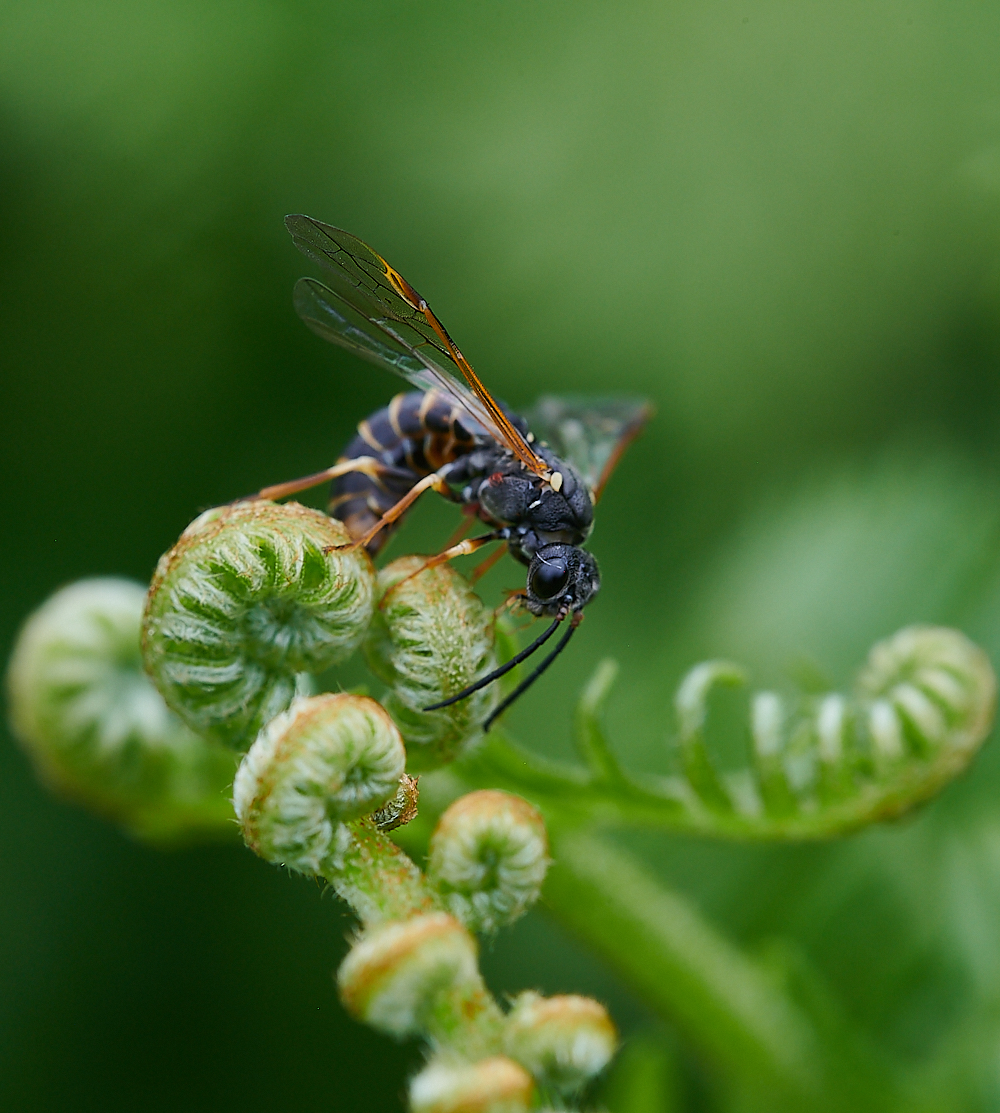
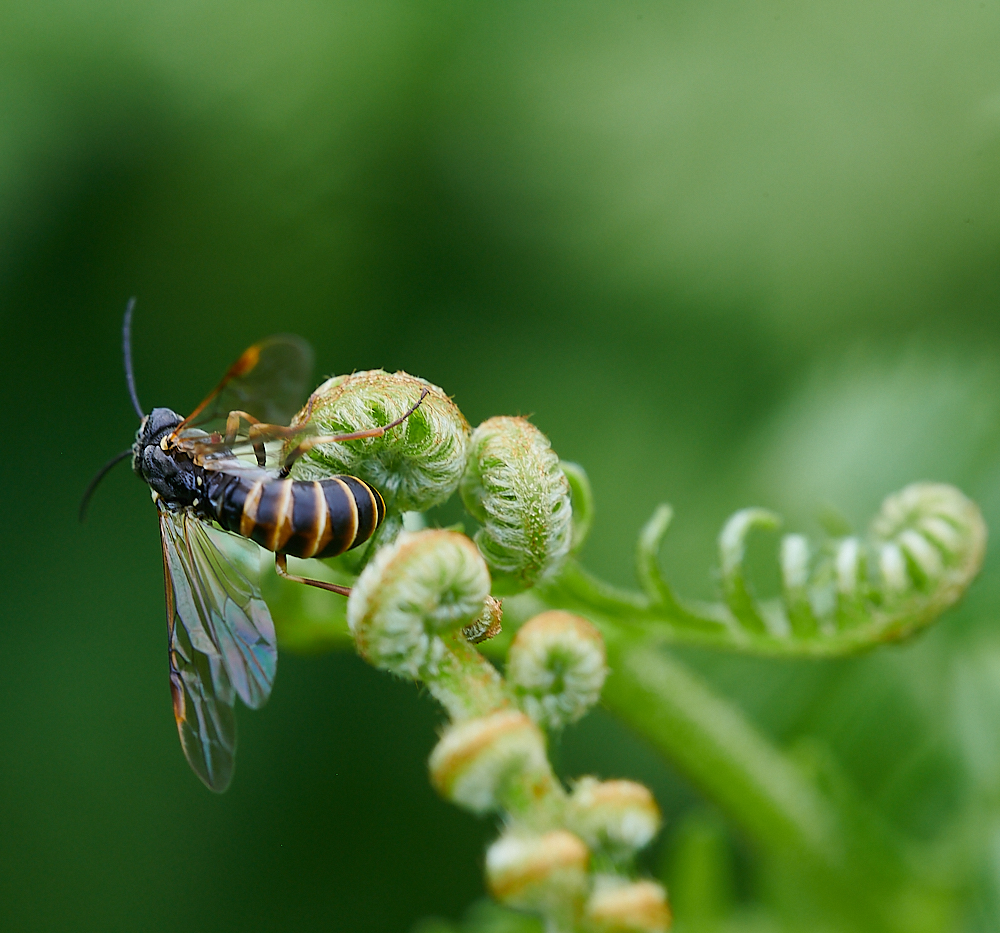
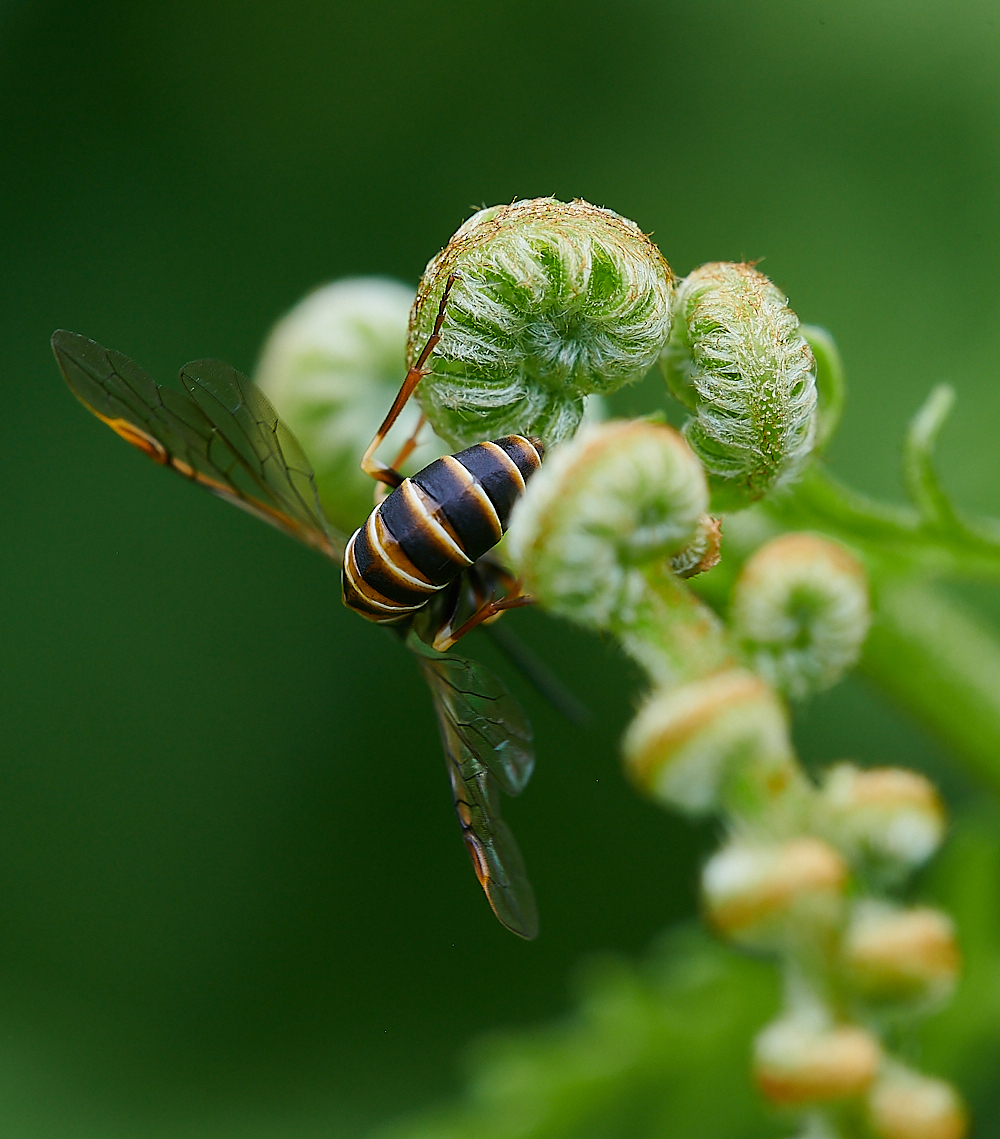
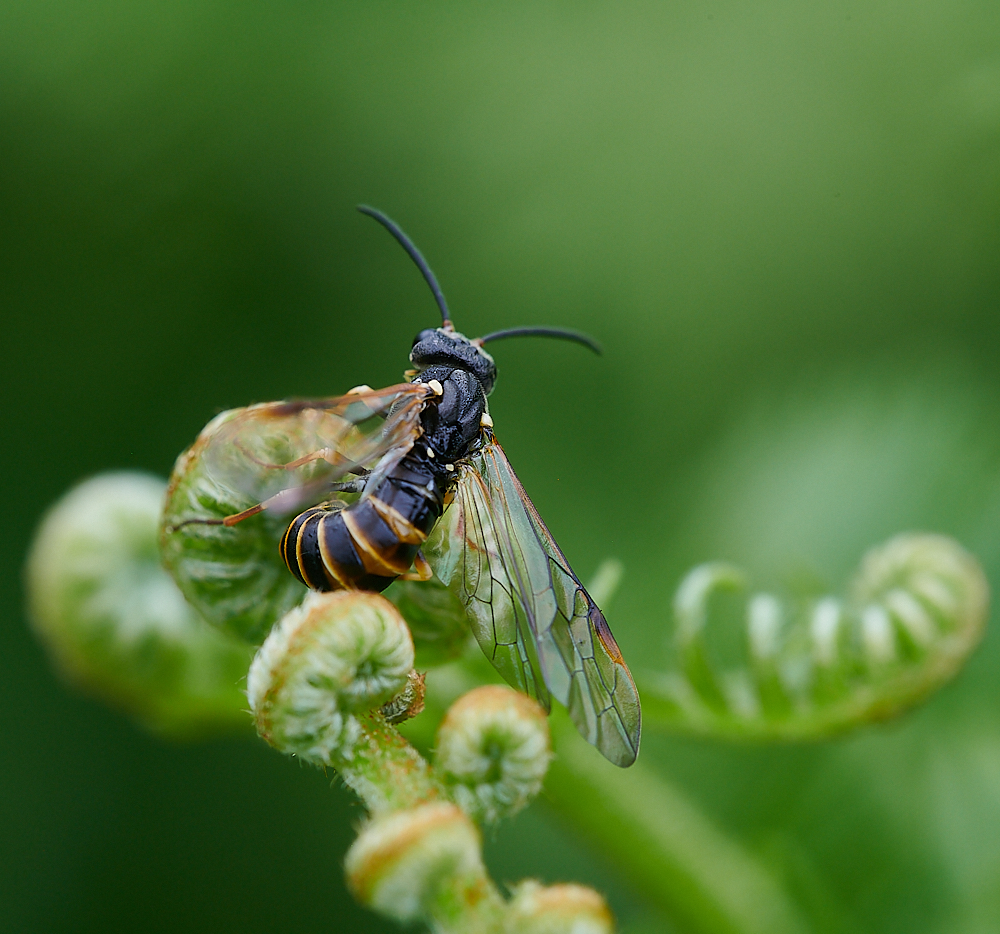
Sawfly Sp (to be confirmed) (Strongylogaster multifasciata ♀︎)
Thanks to Andy Musgrove @andymus1 for id 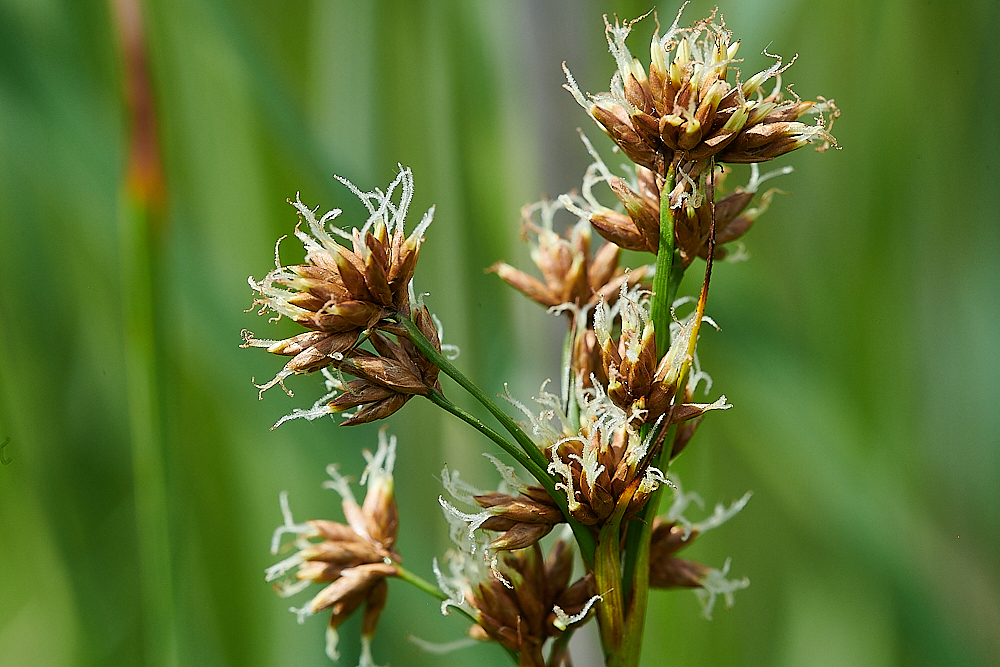
Saw Sedge (Cladium mariscus) inflorescence 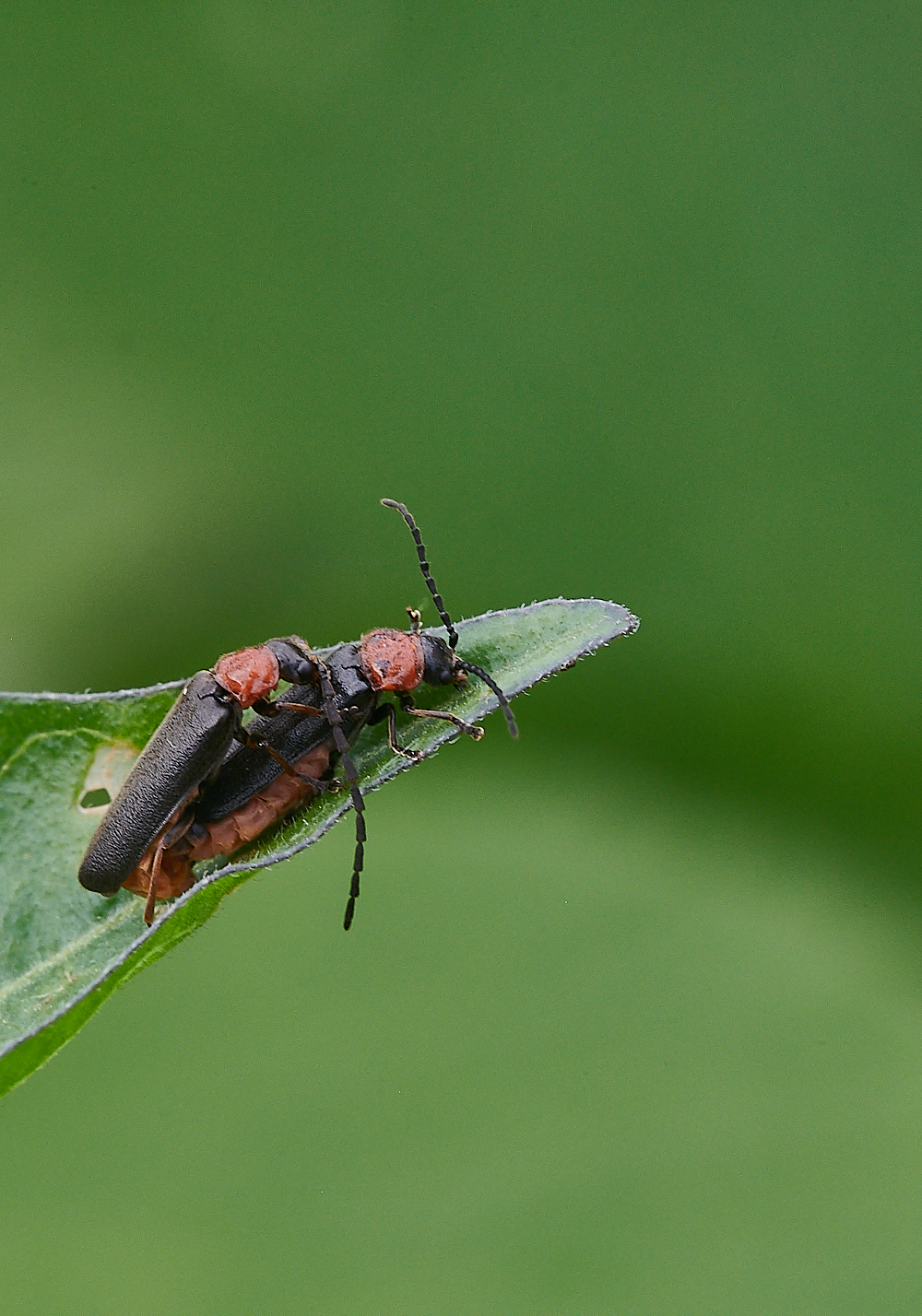
Soldier beetle (Cantharis Sp)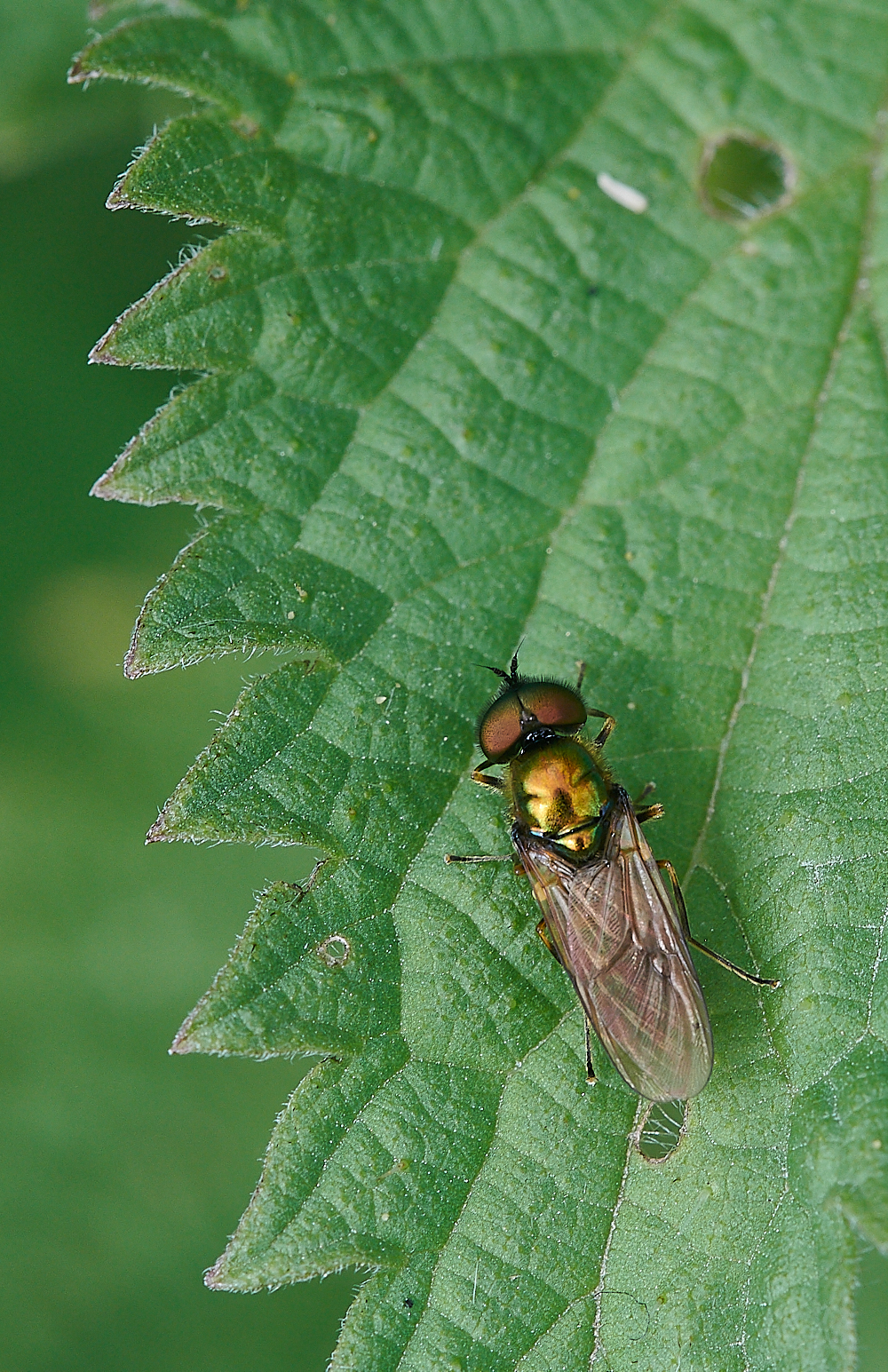
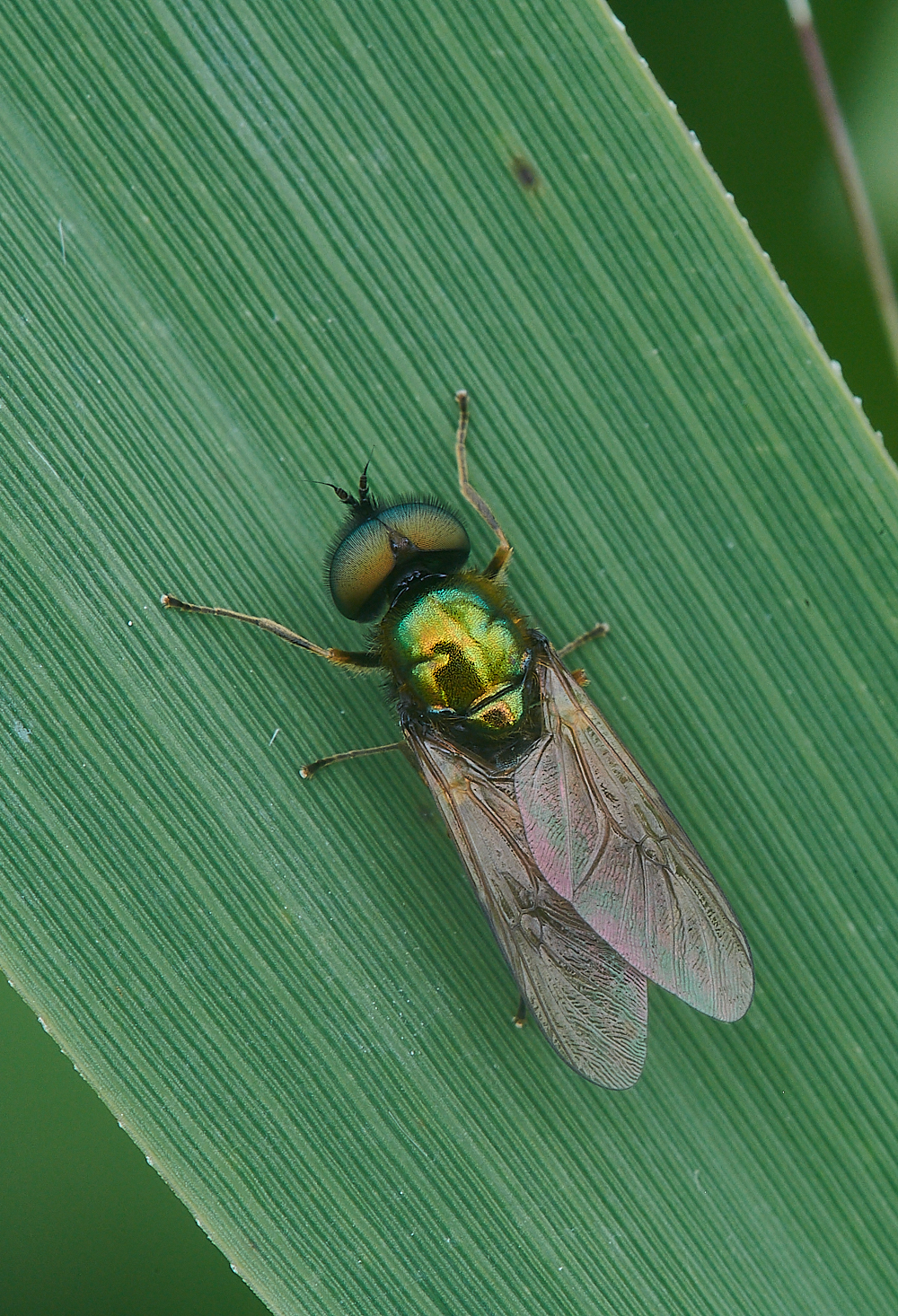
Soldier Fly Sp It does have yellow knees so possibly Long-horned Black Legionnaire (Beris geniculata)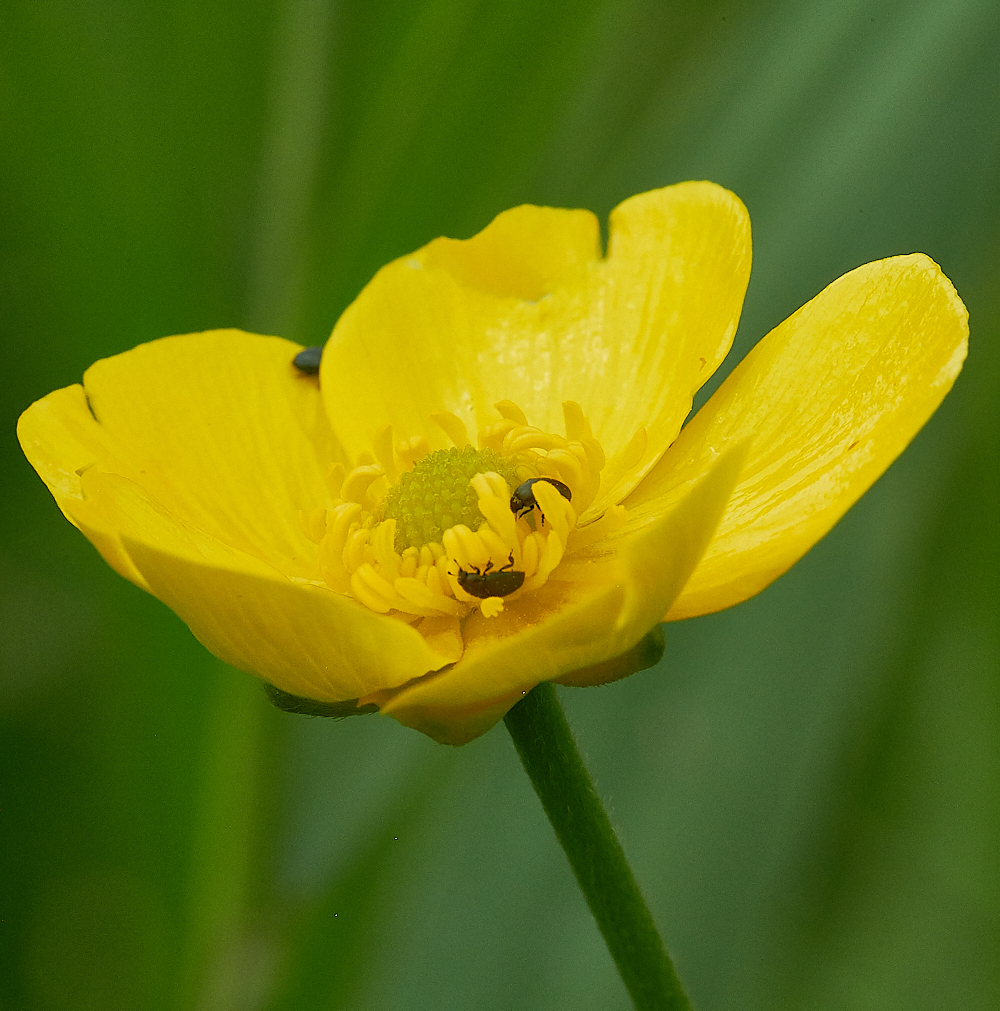
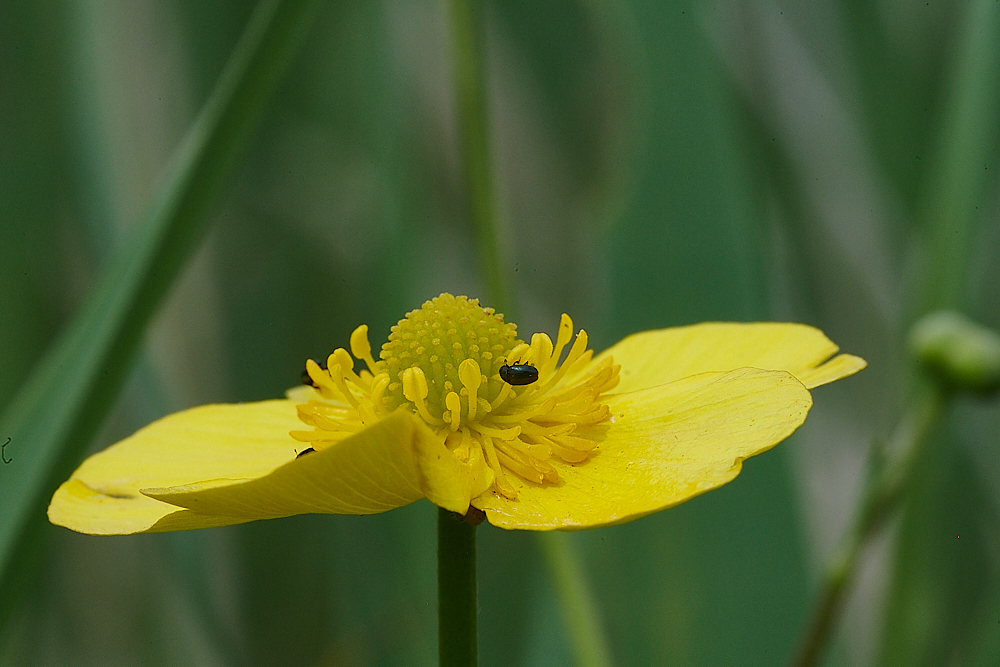
Greater Spearwort (Ranunculus lingua)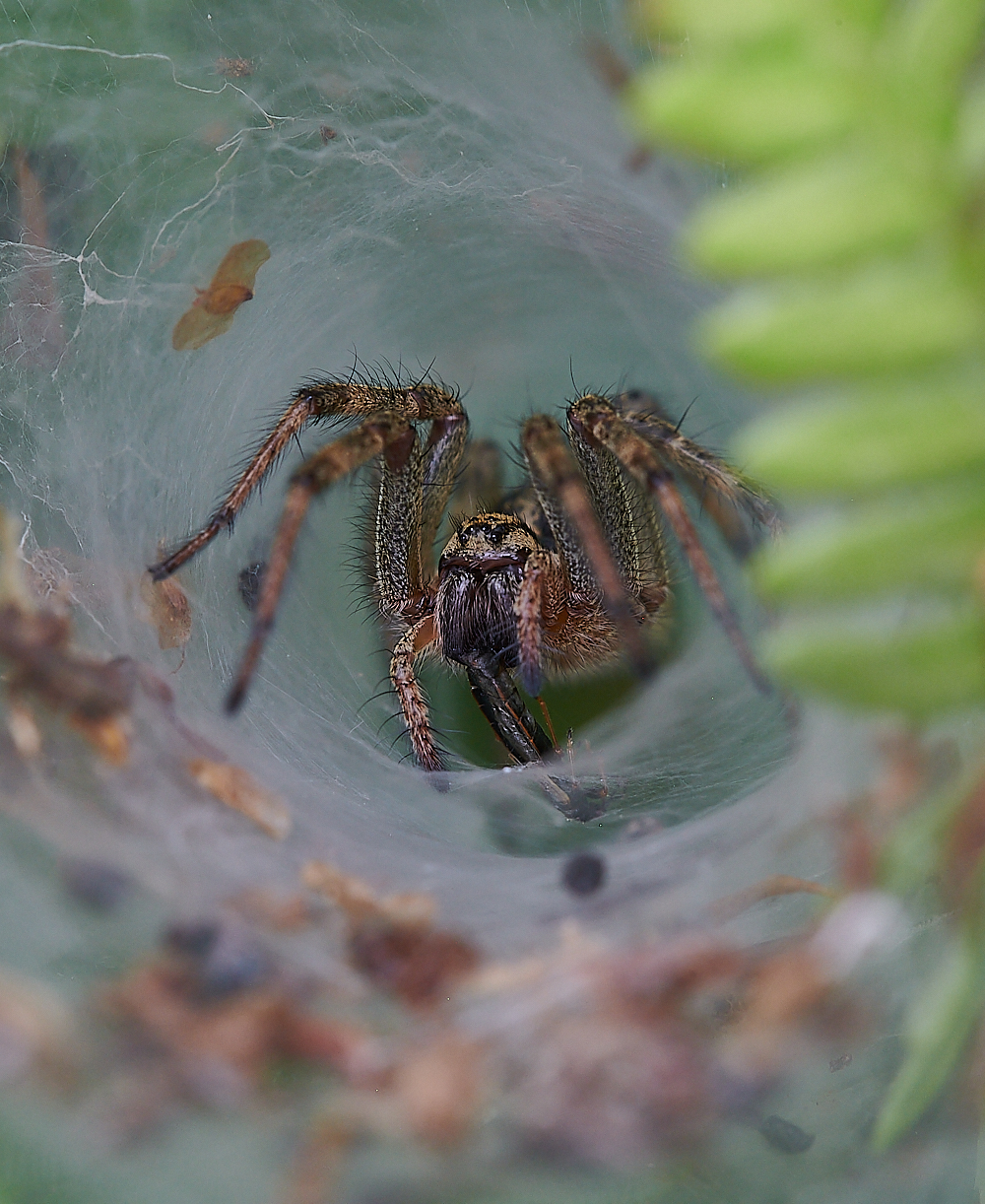
Spider Sp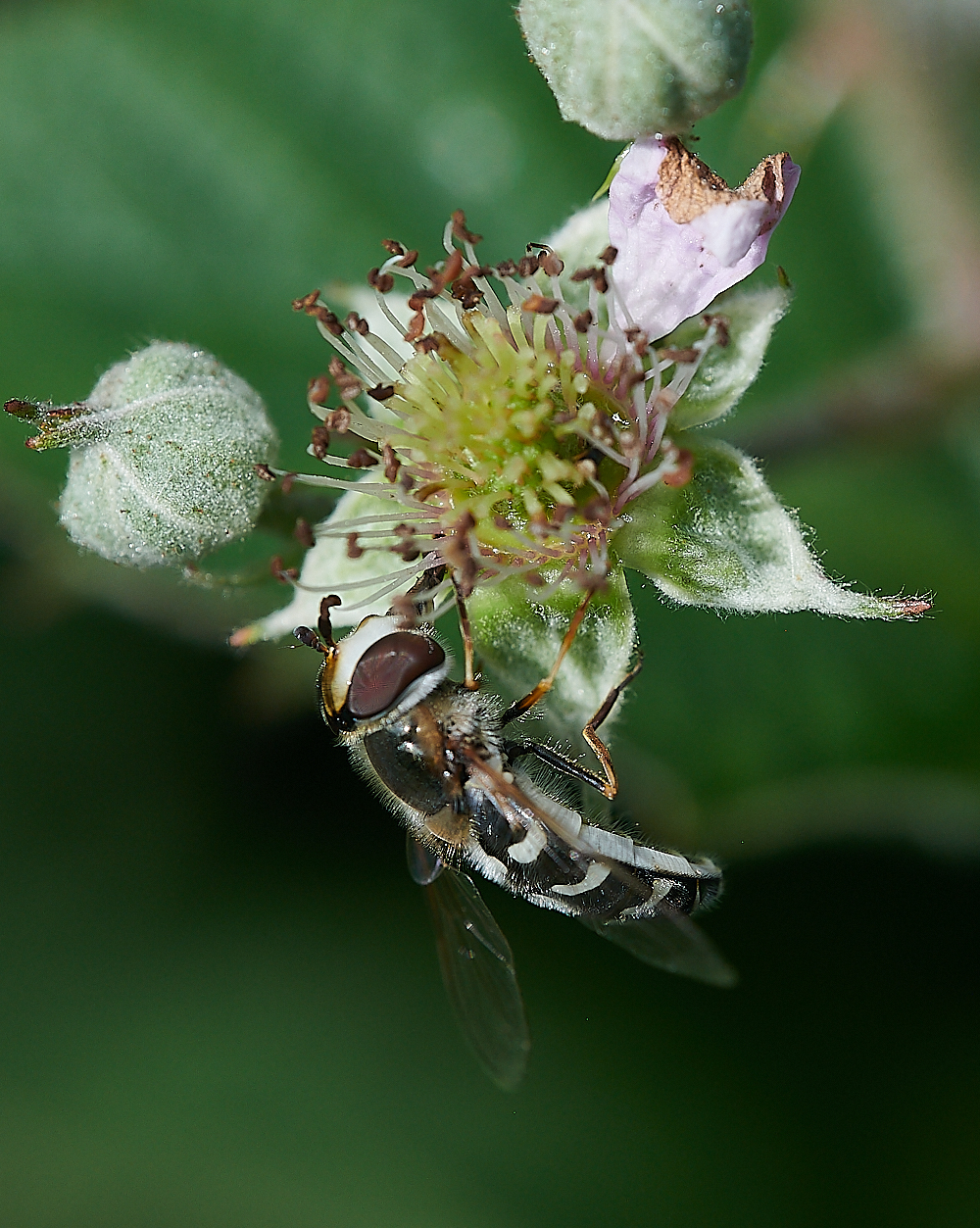
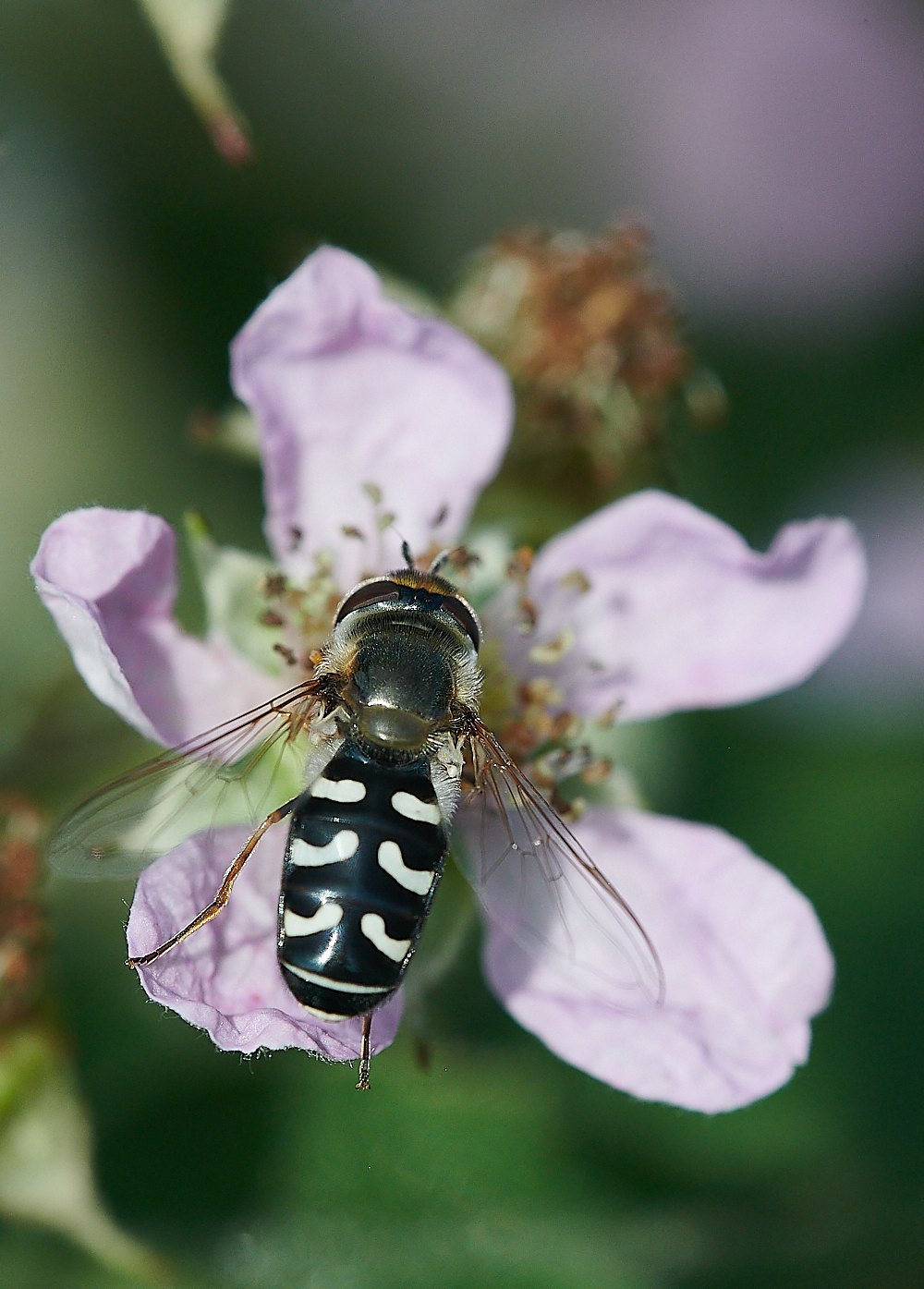
Scaeva pyrastri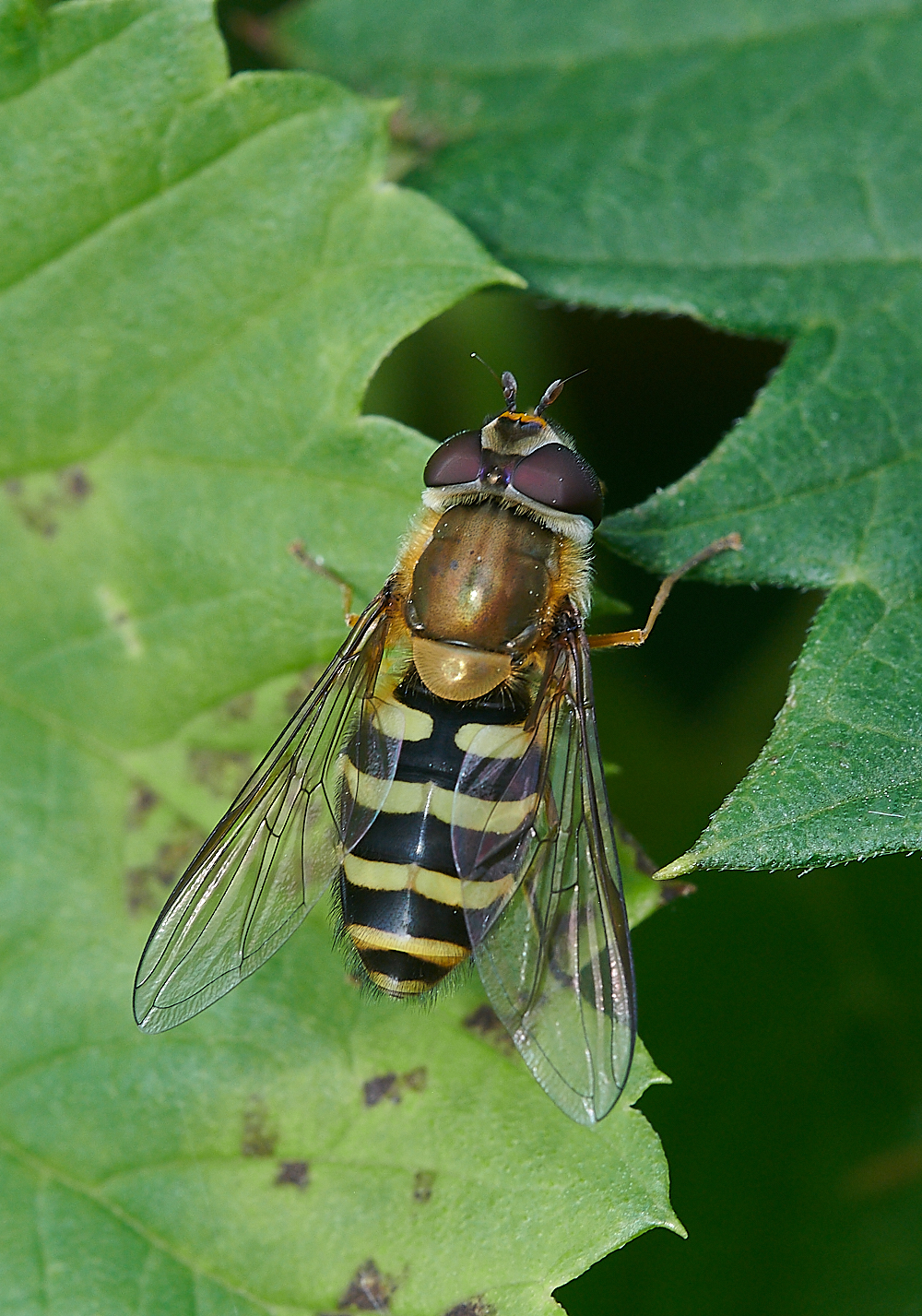
Syrphus Sp?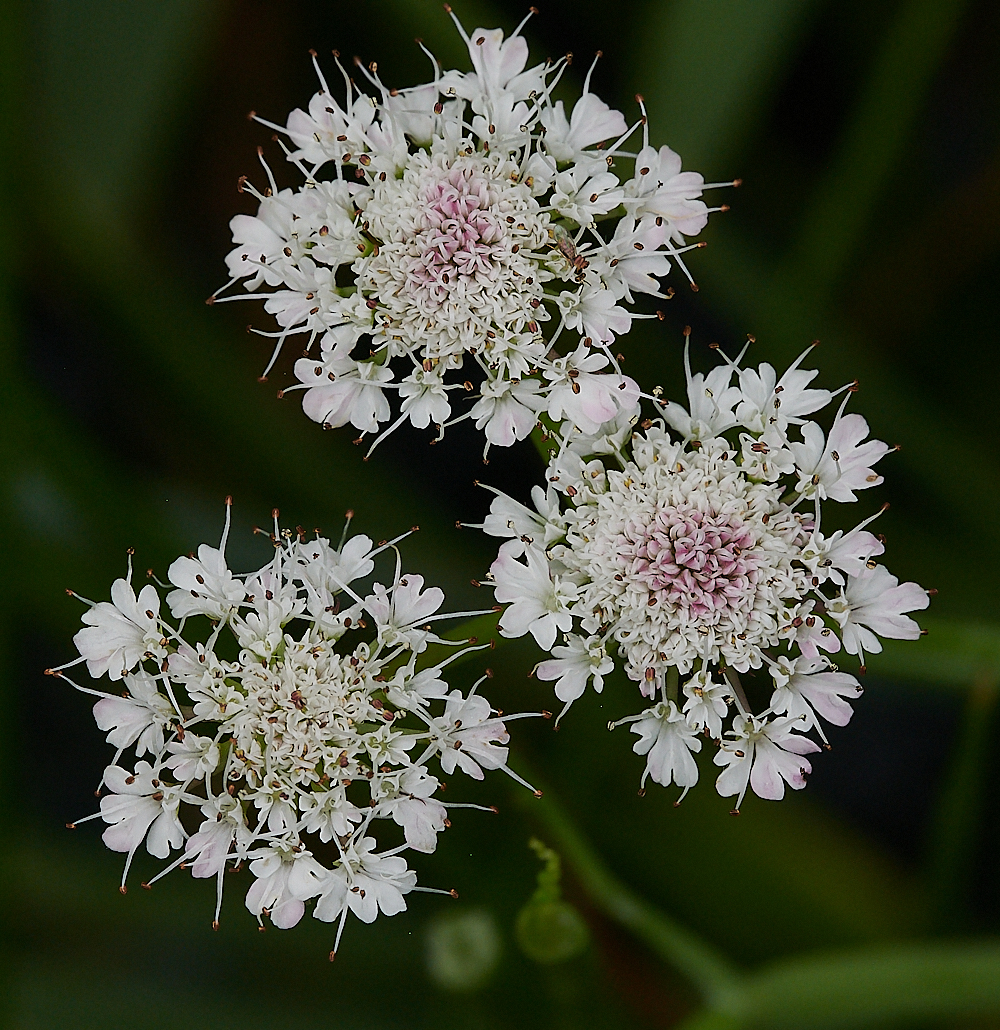
The delicate flower pattern of Tubular Water Dropwort (Oenanthe fistulosa)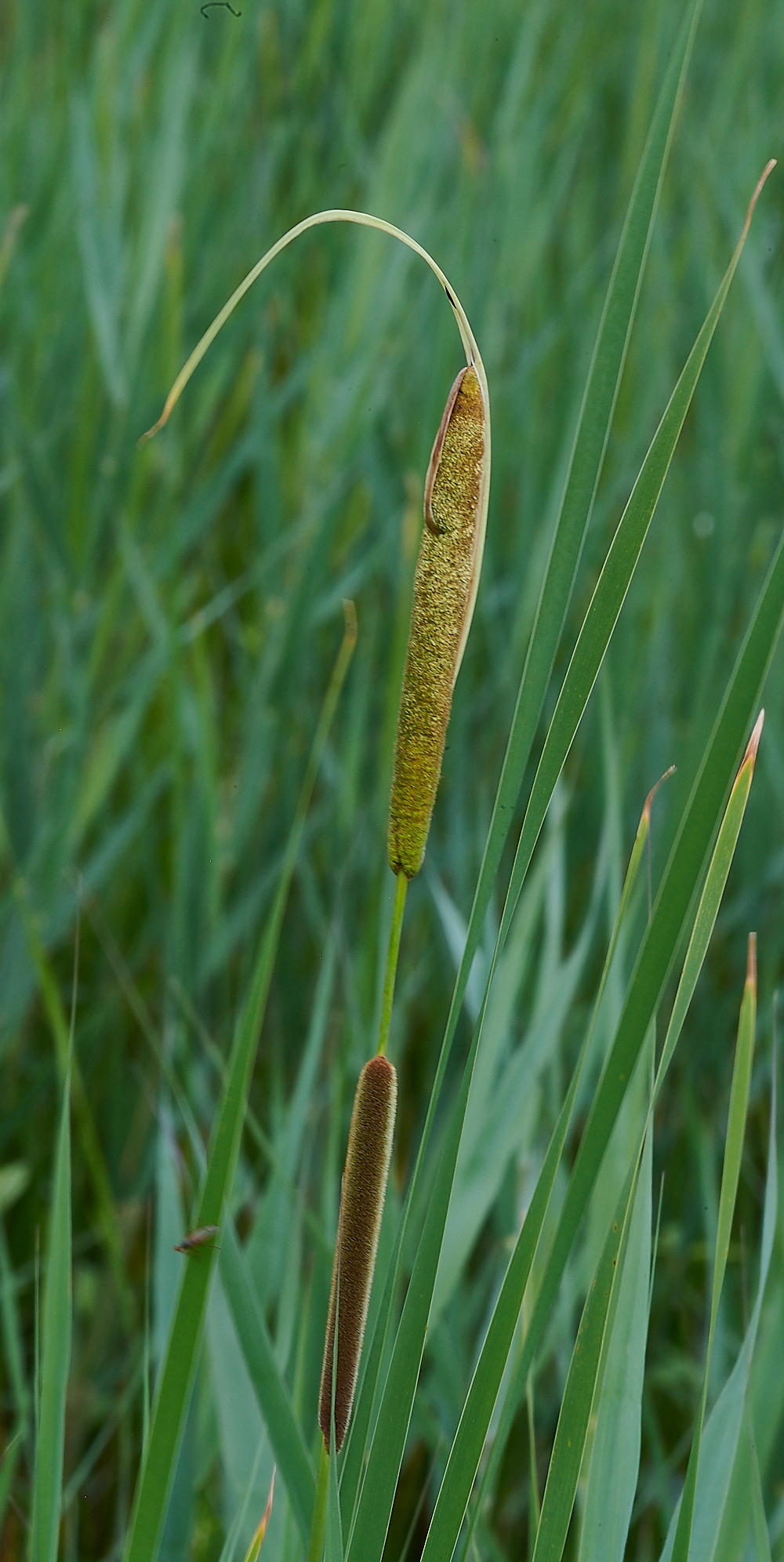
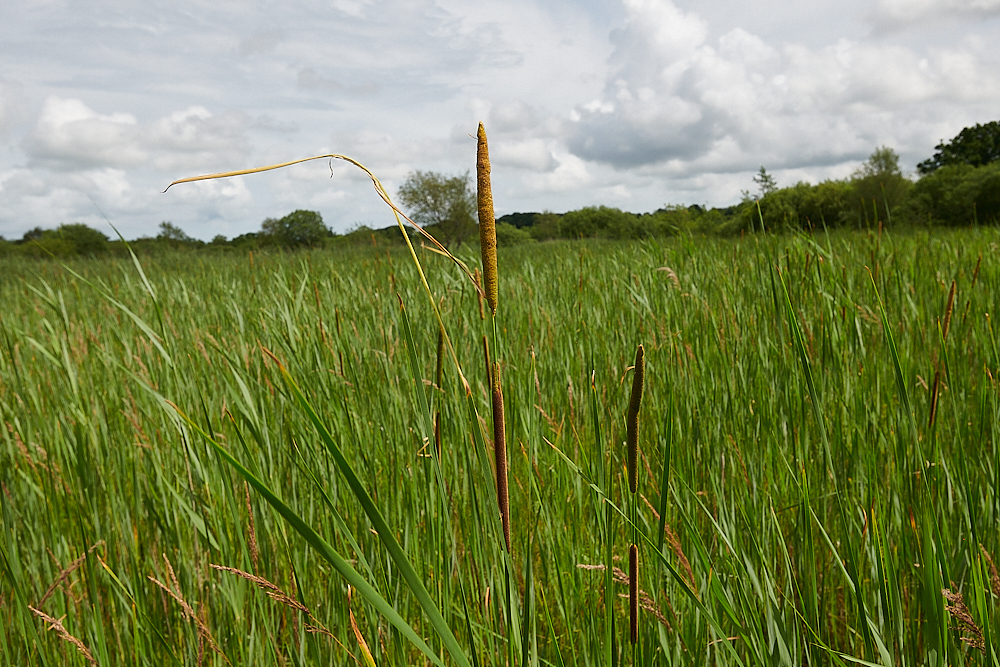
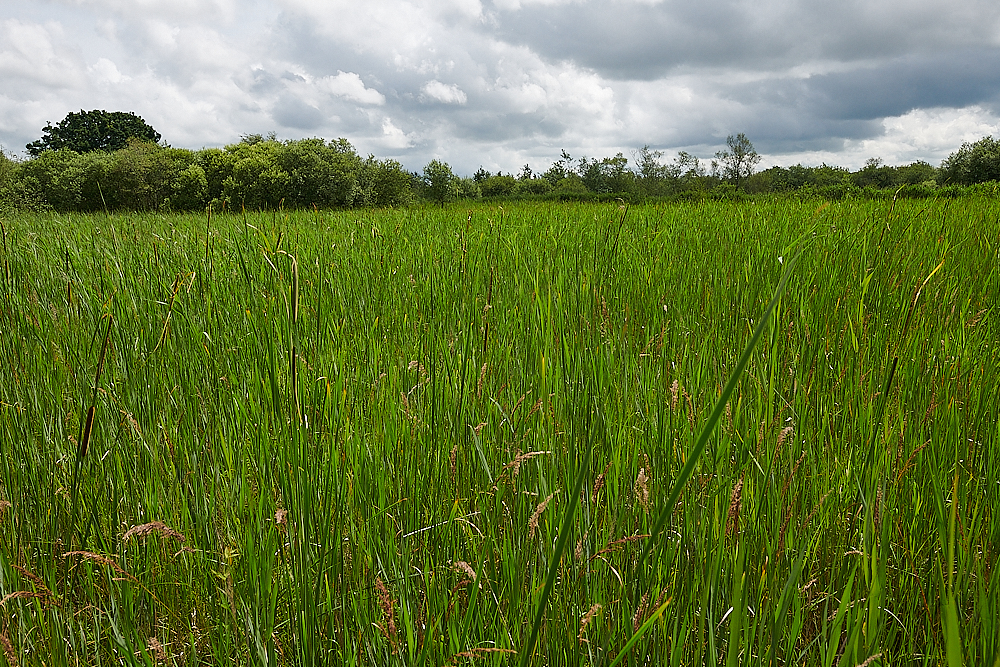
Lesser Bullrush (Typha angustifolia)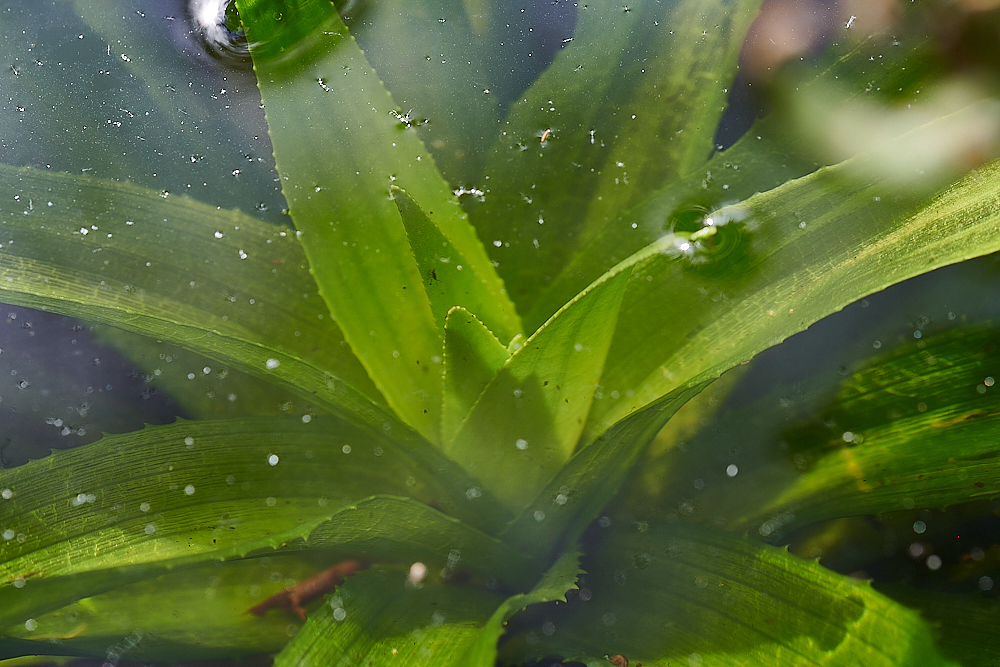
Water Soldier (Stratiotes aloides)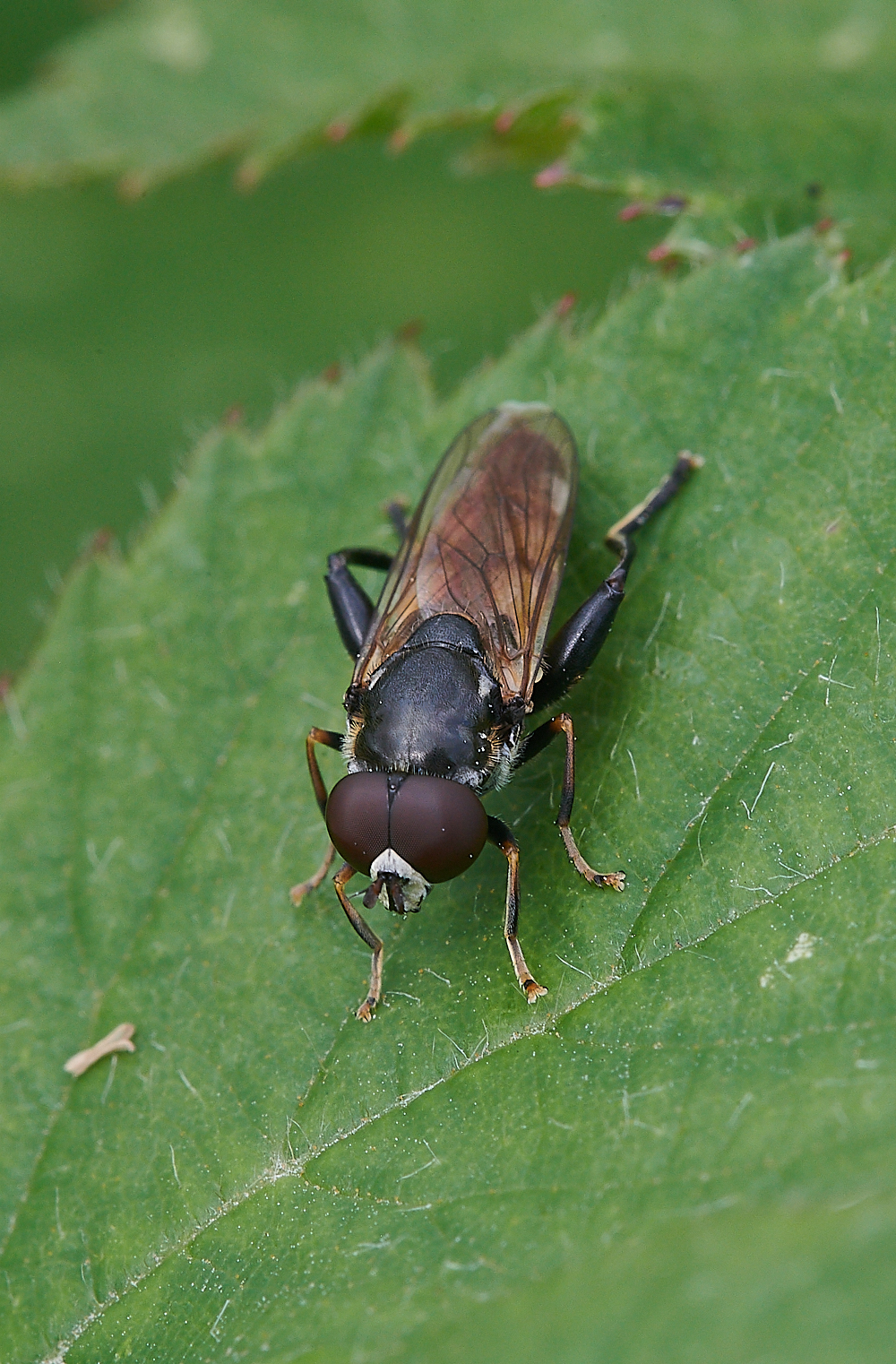
Xylota segnis
